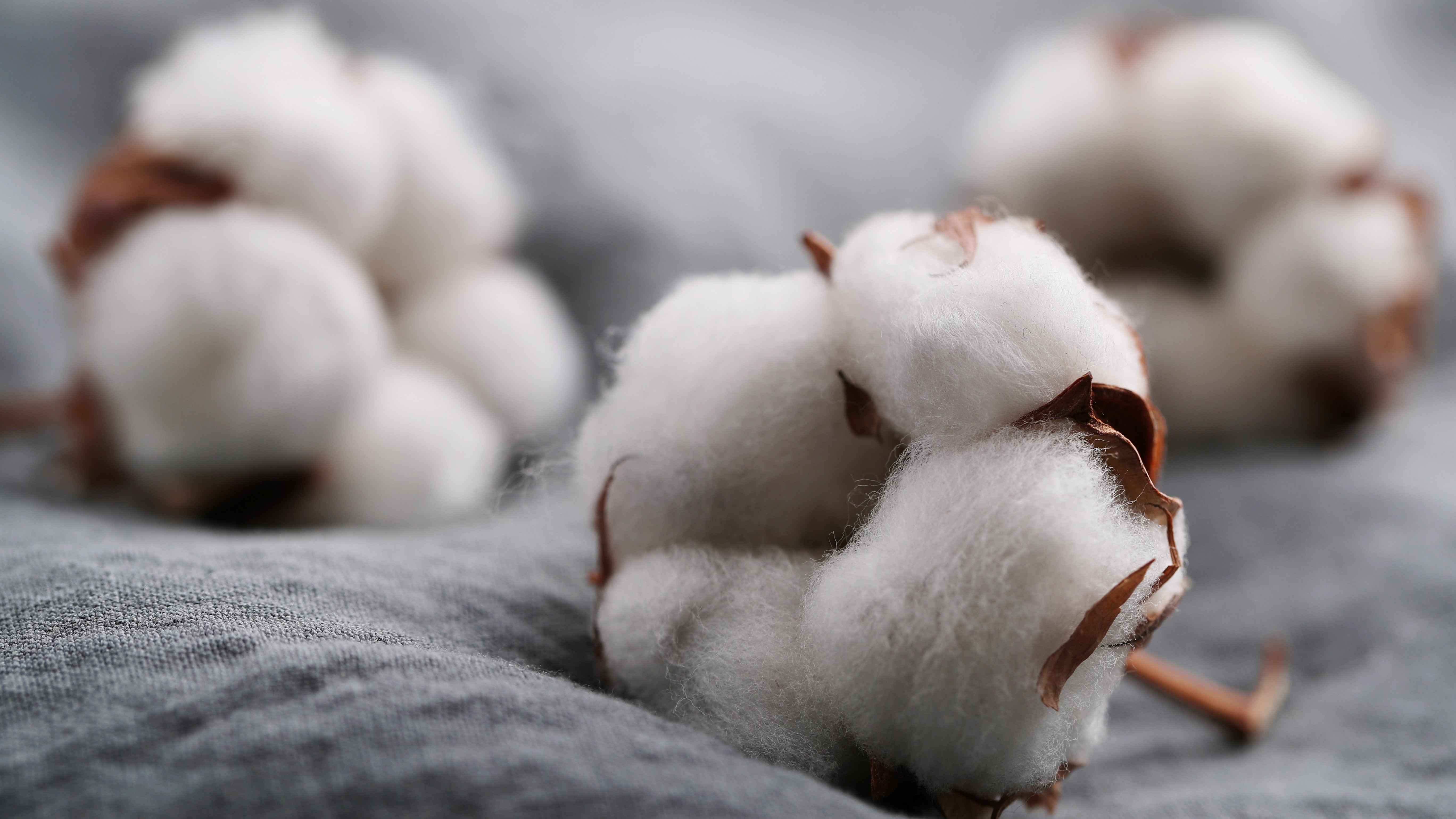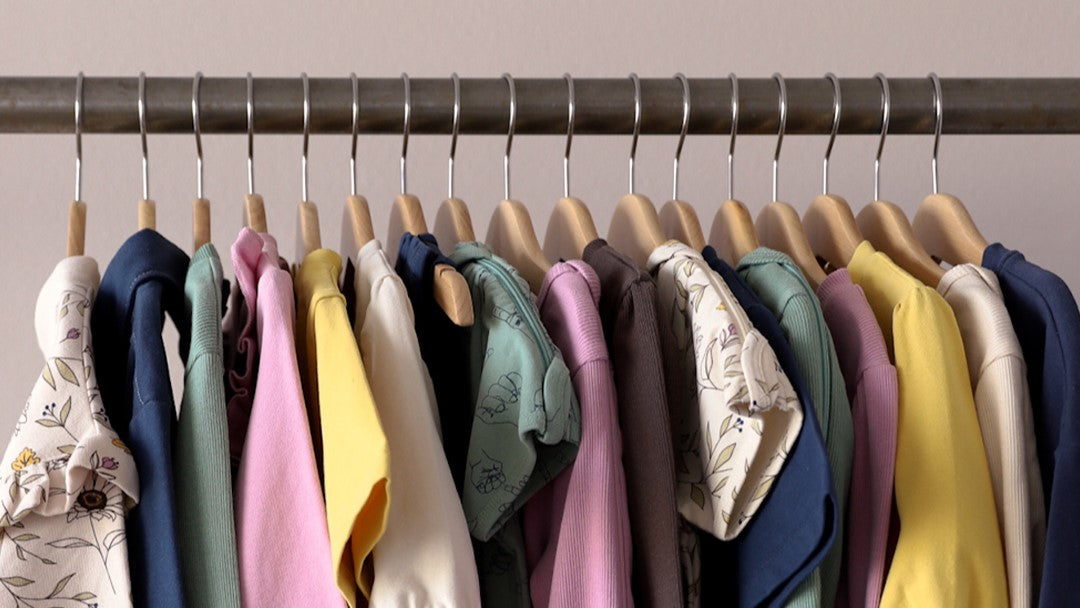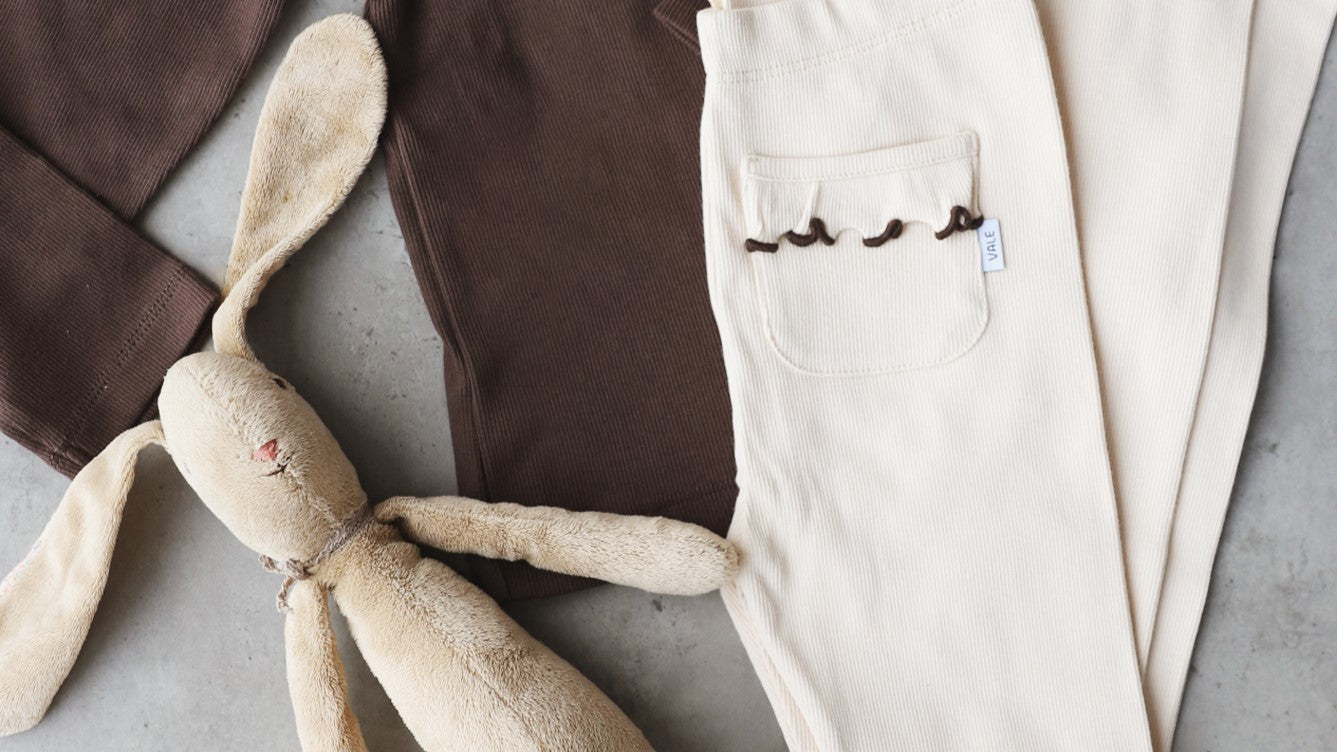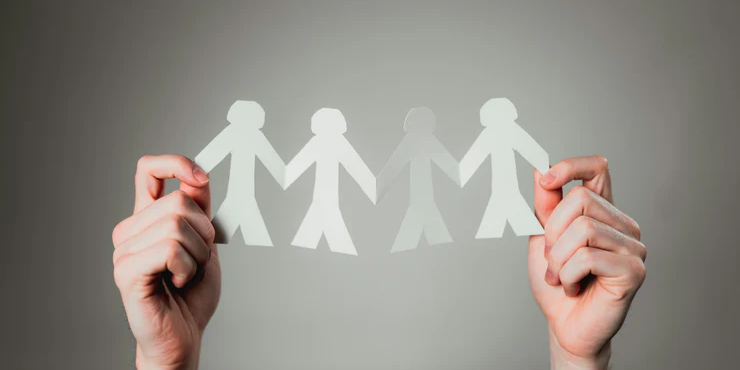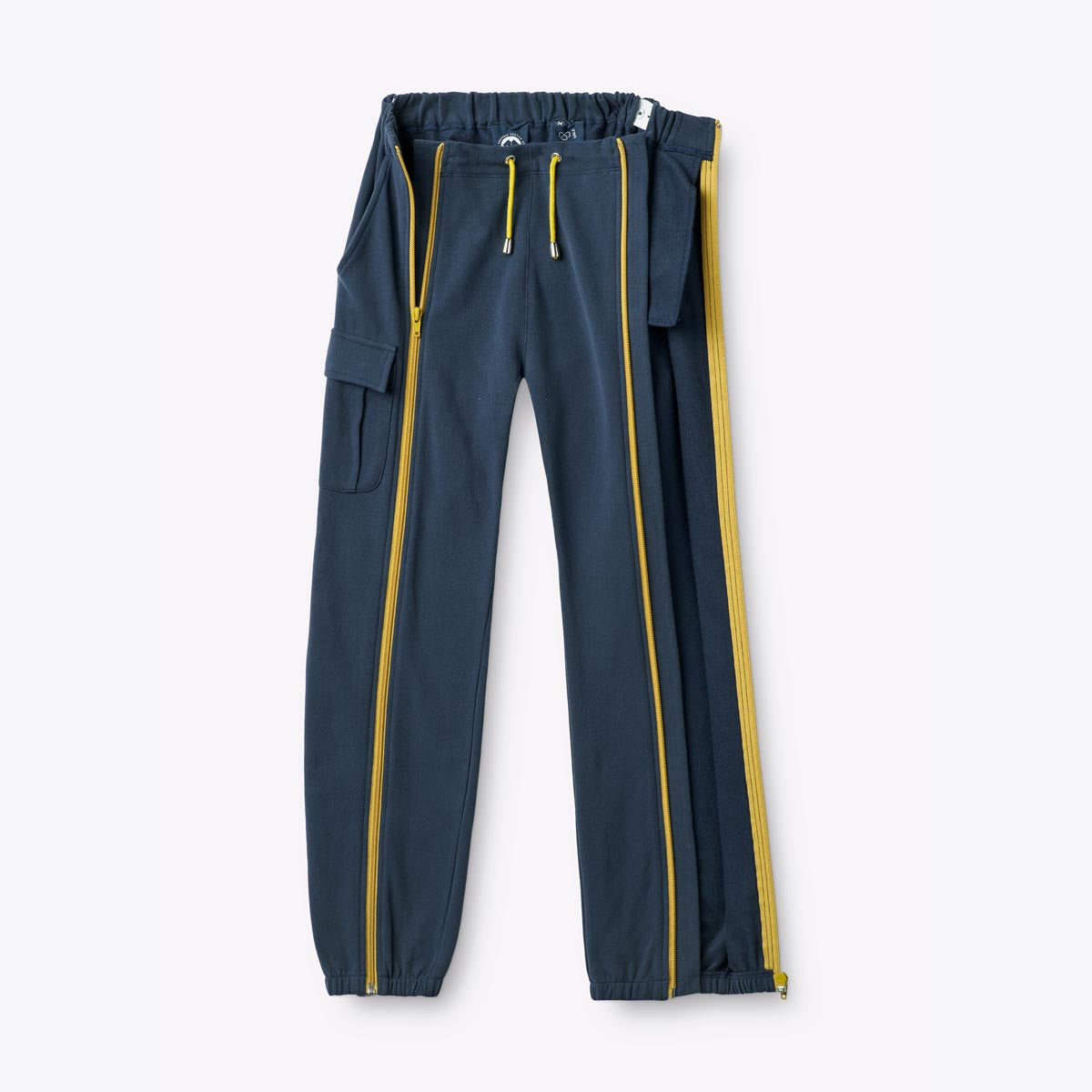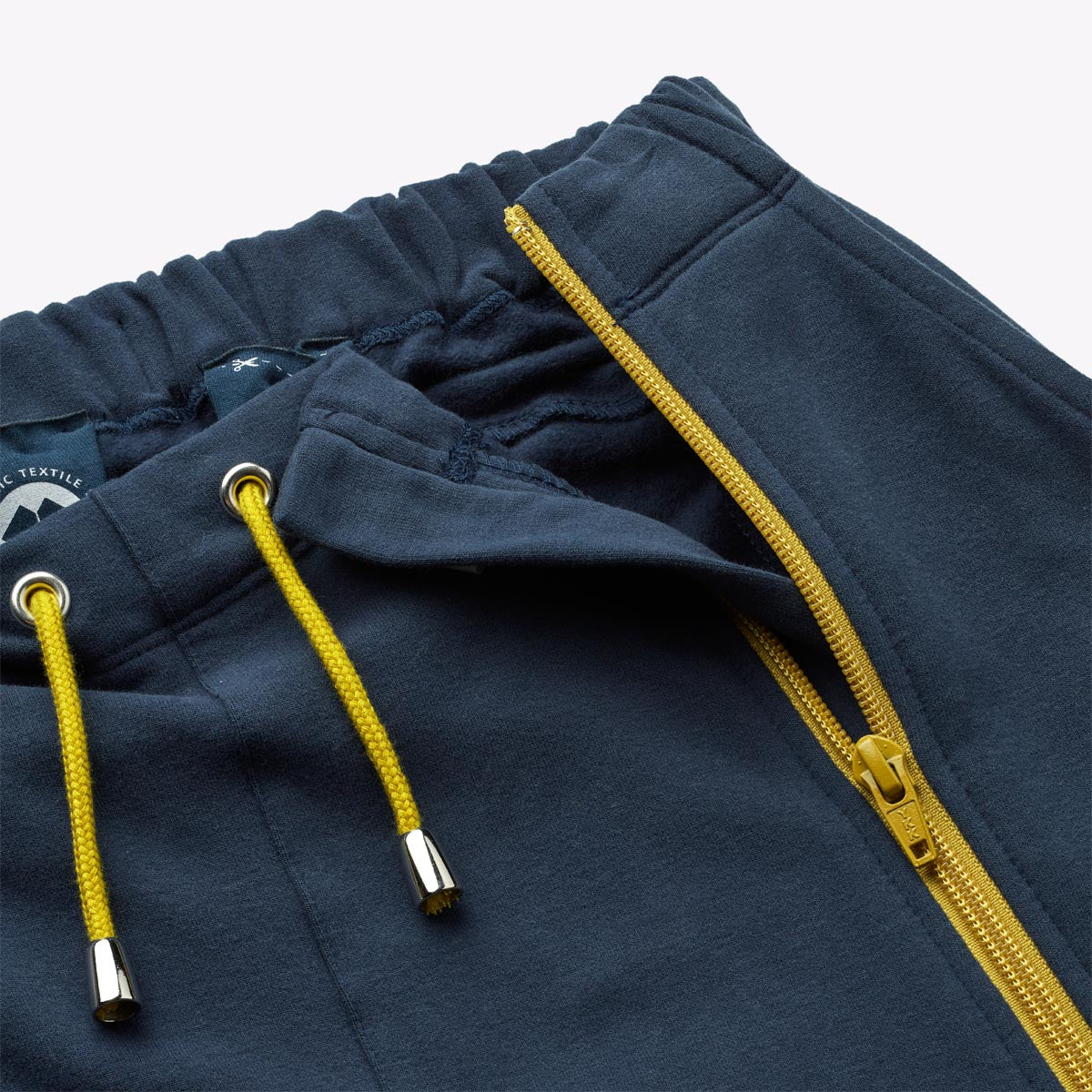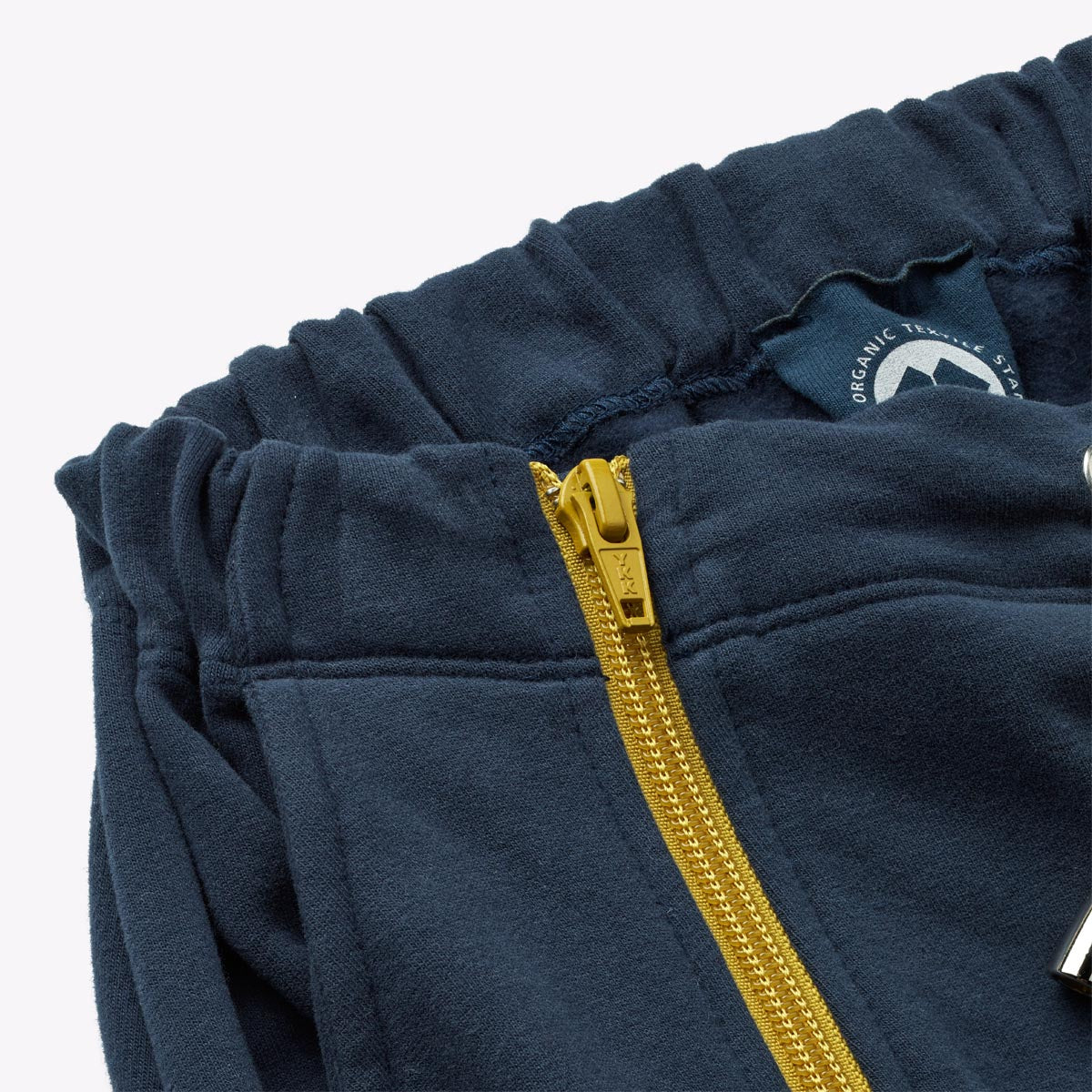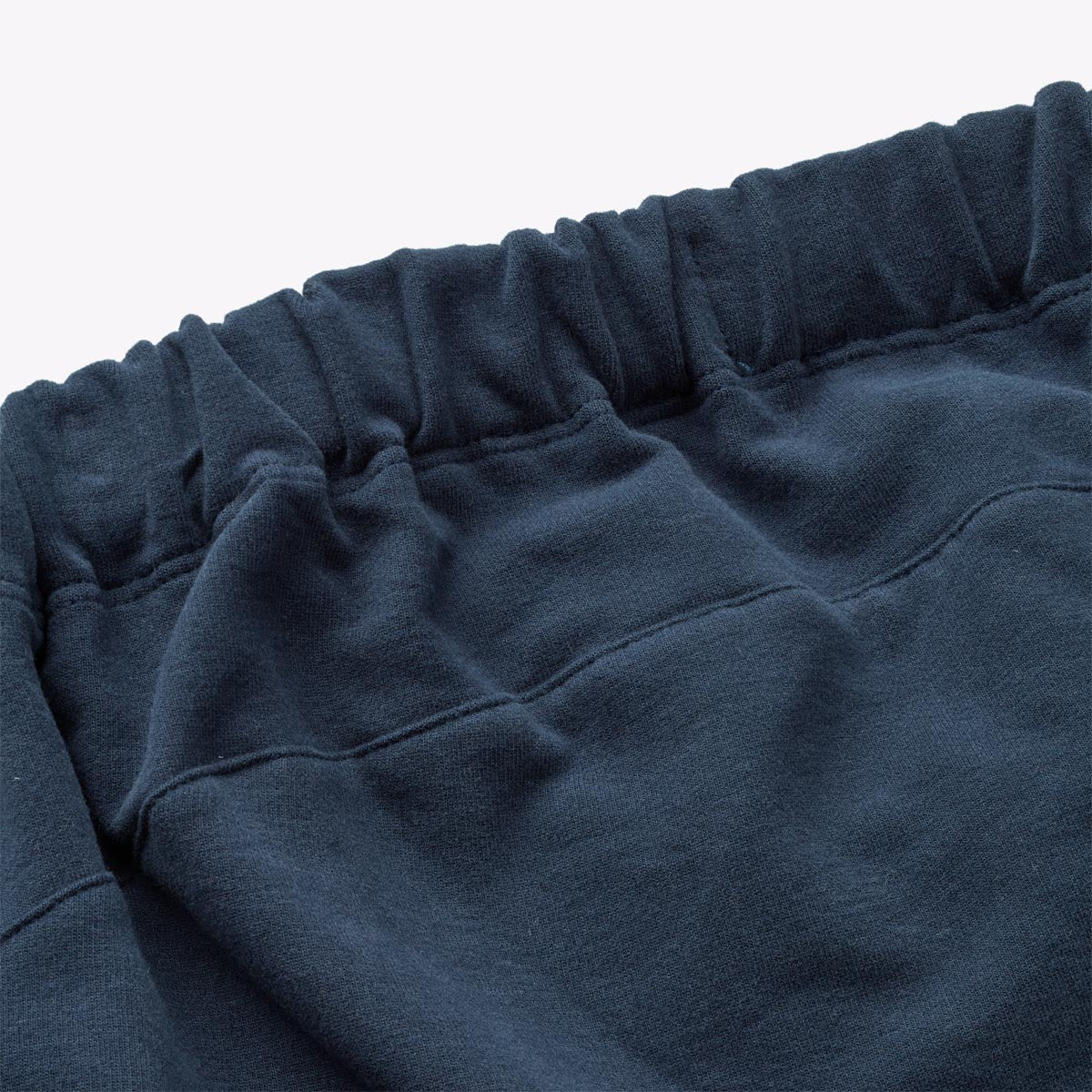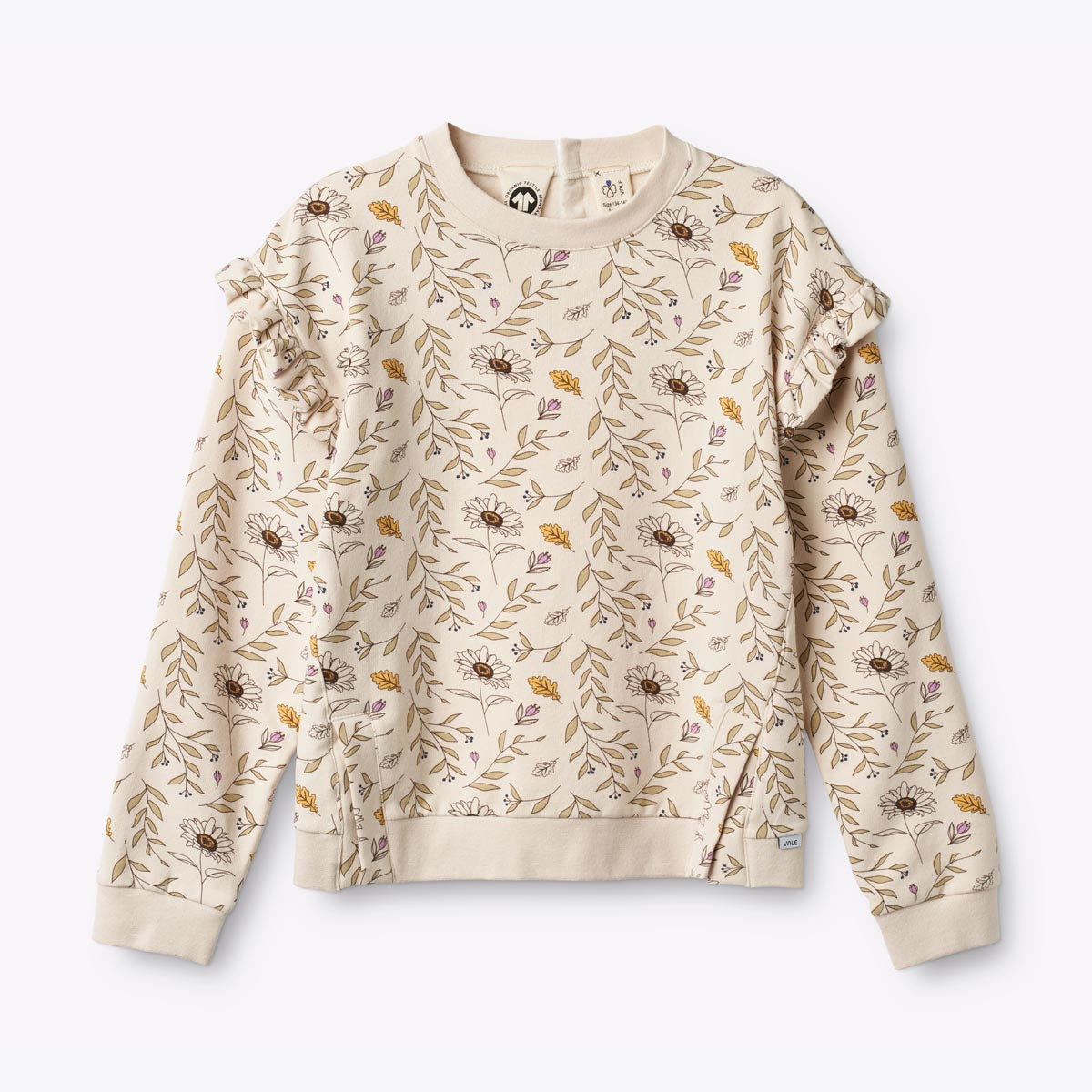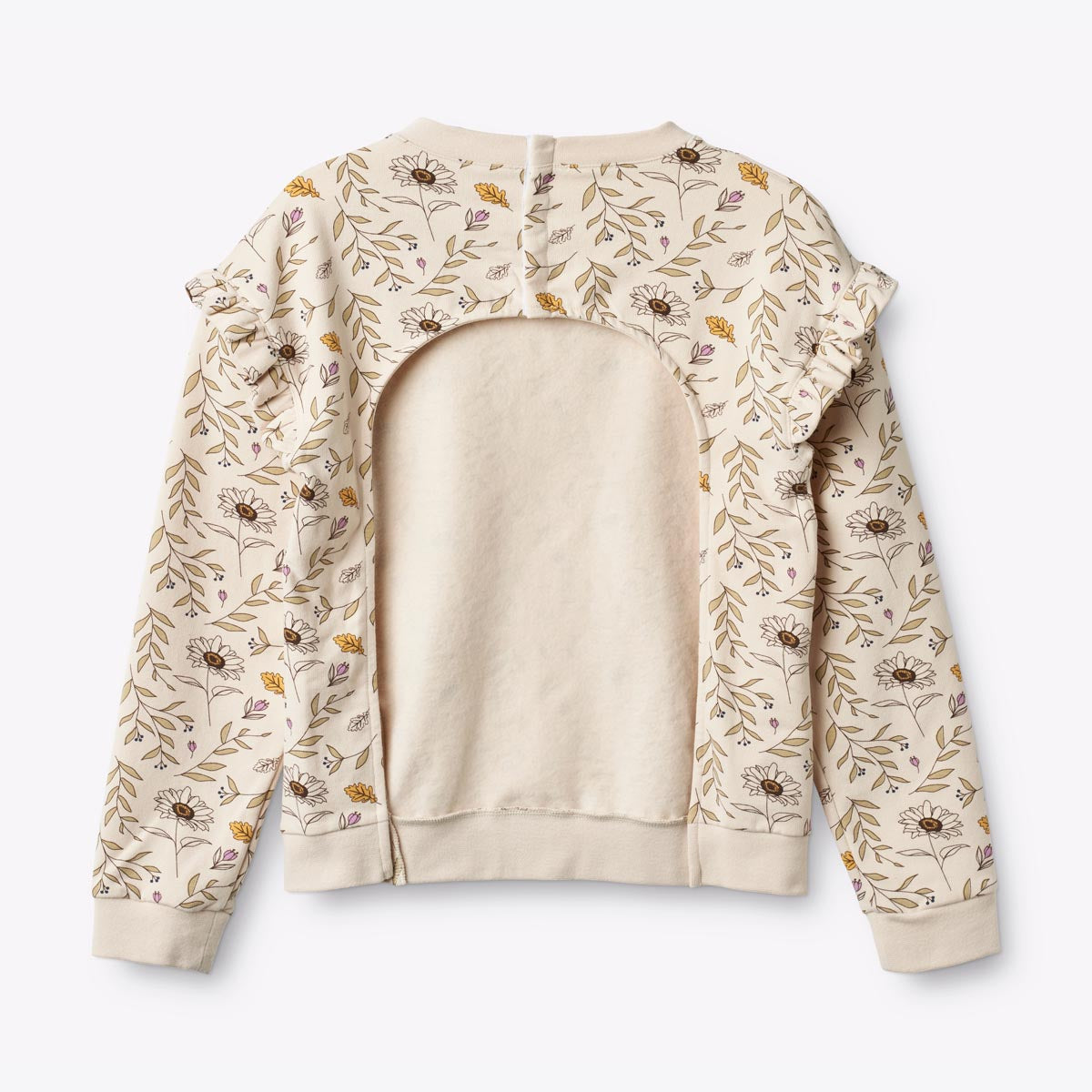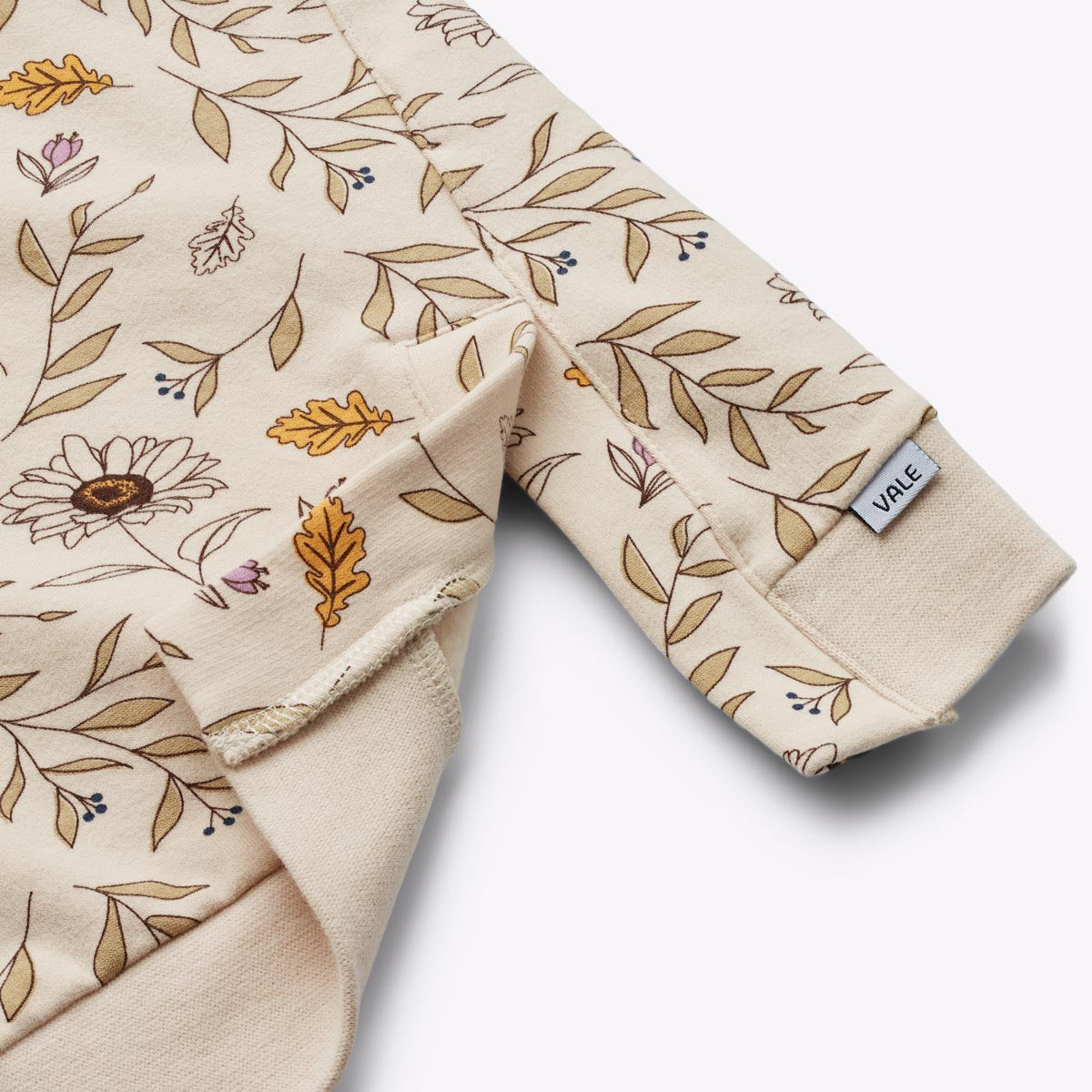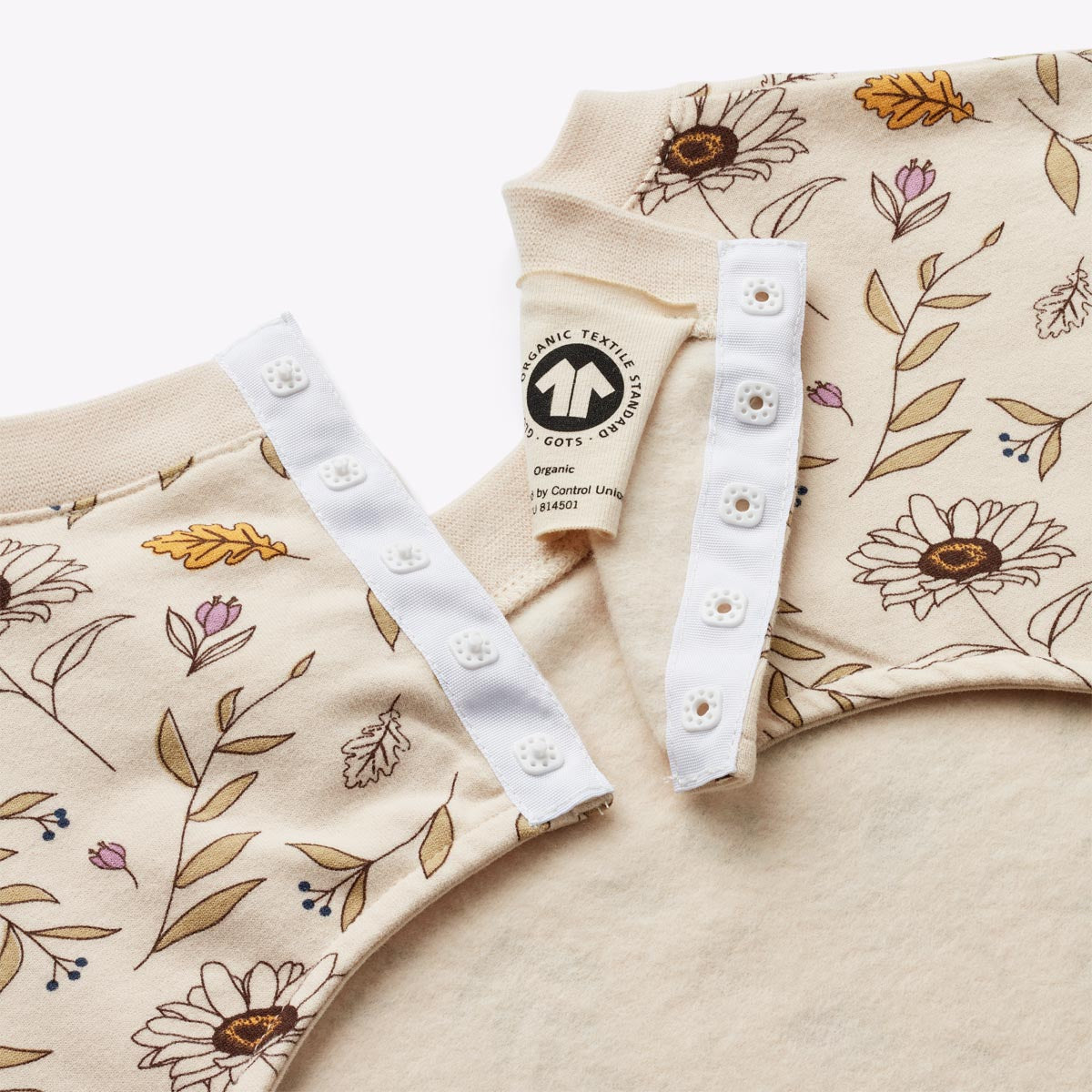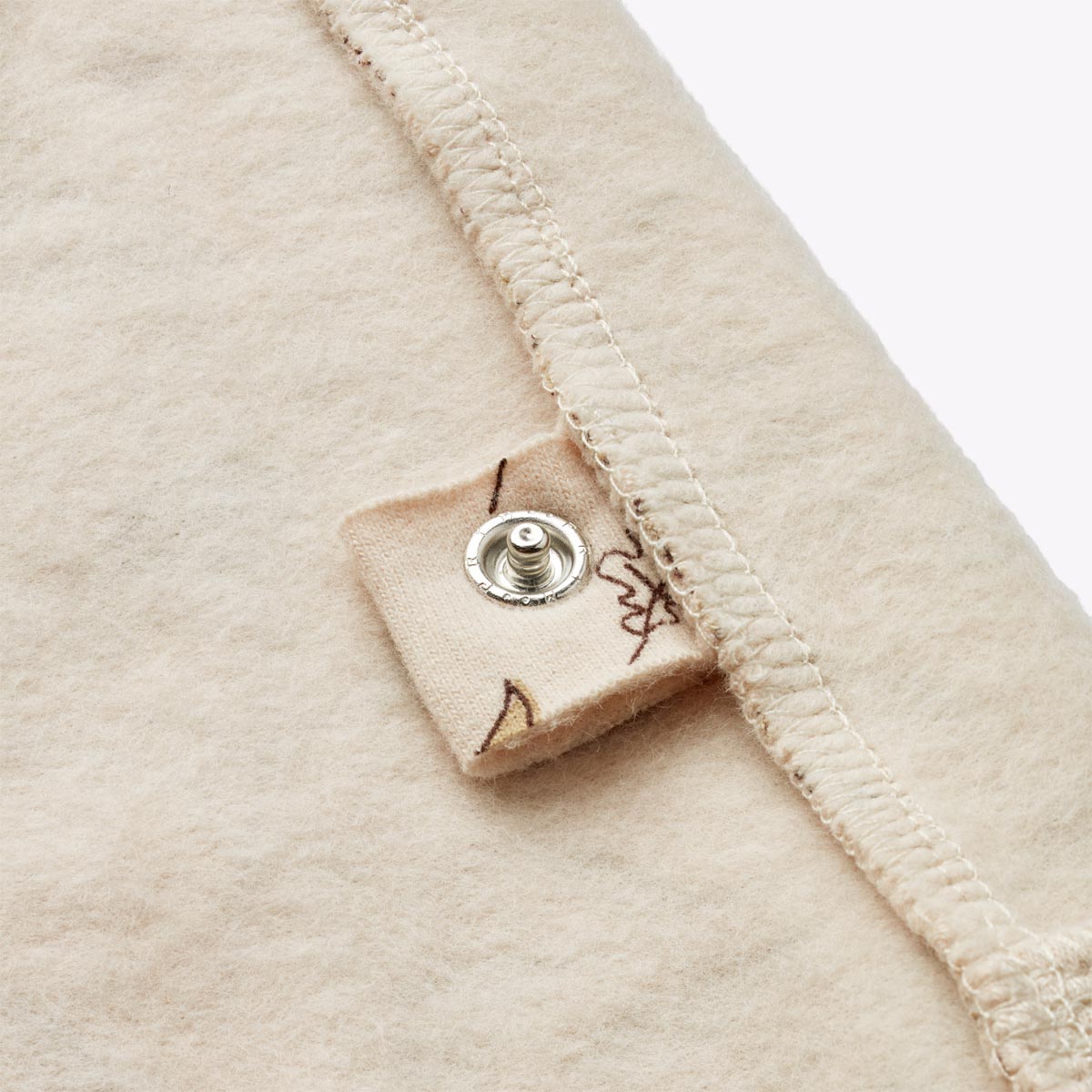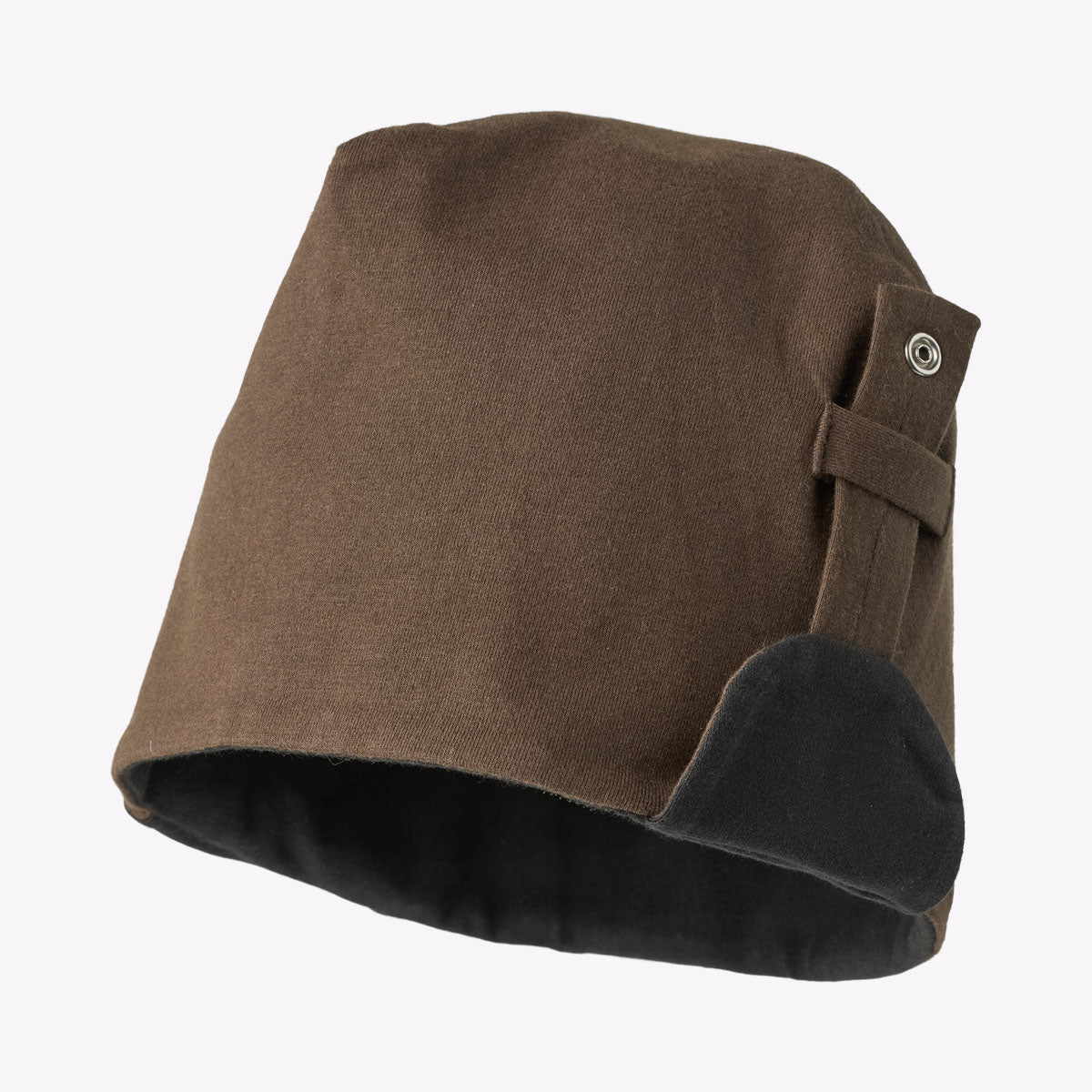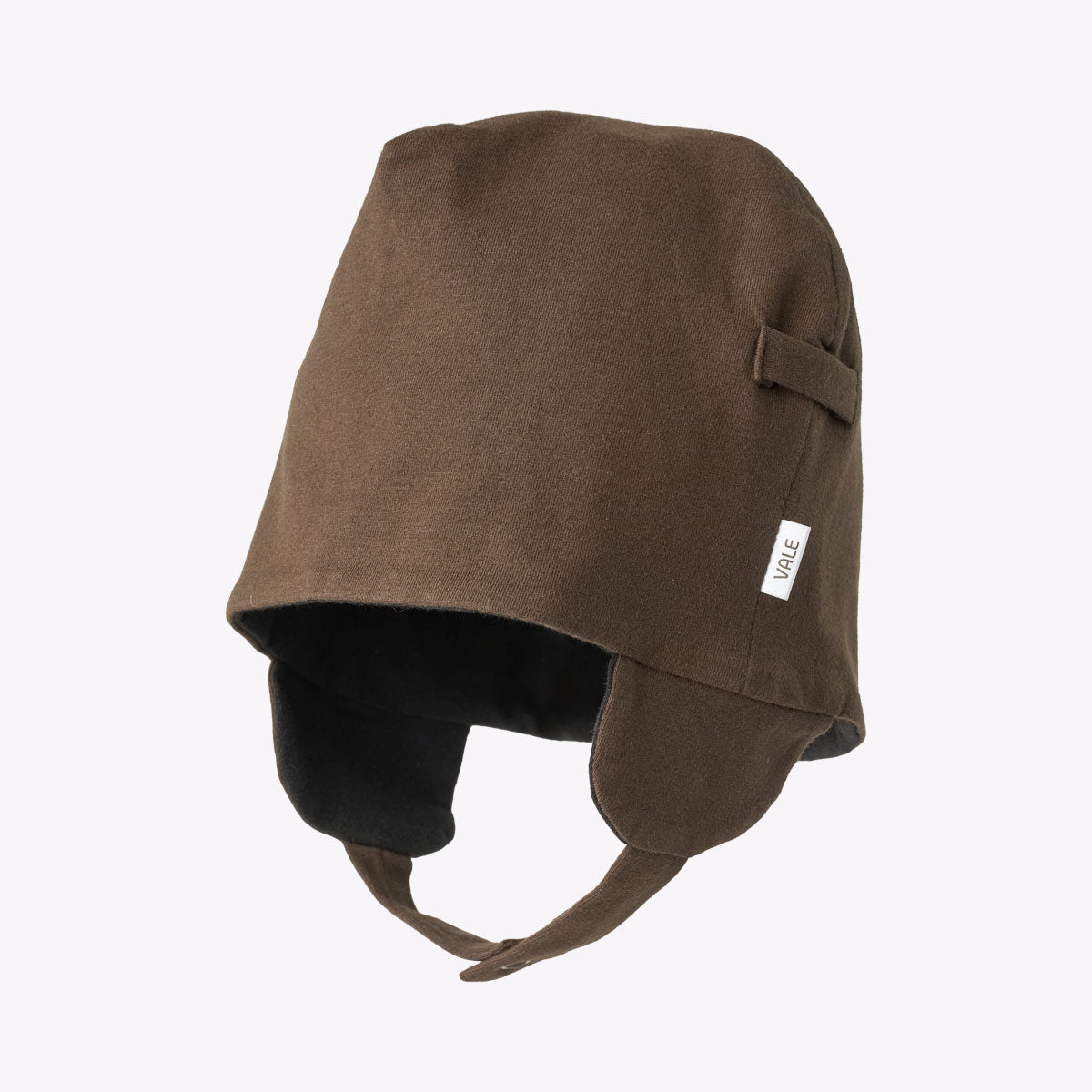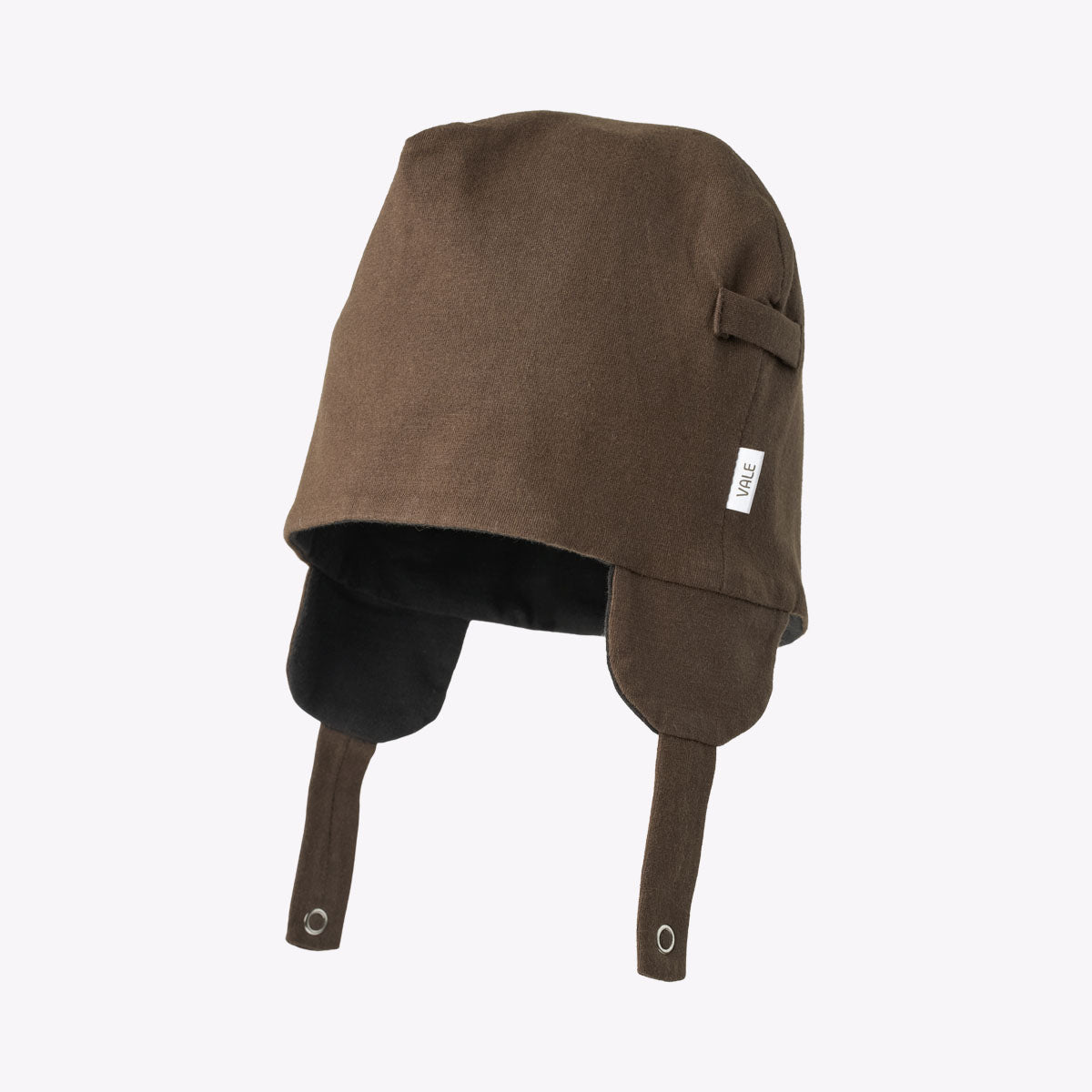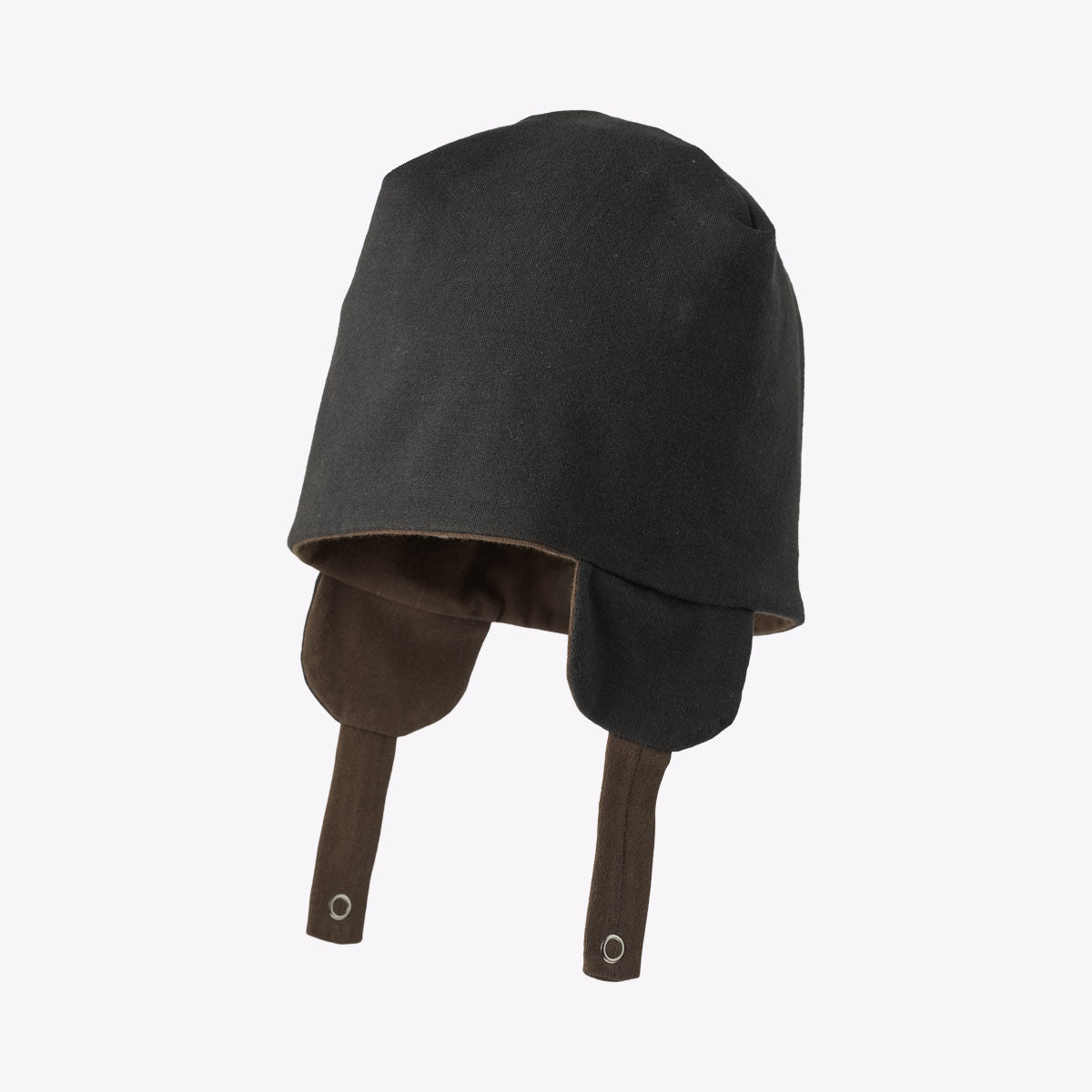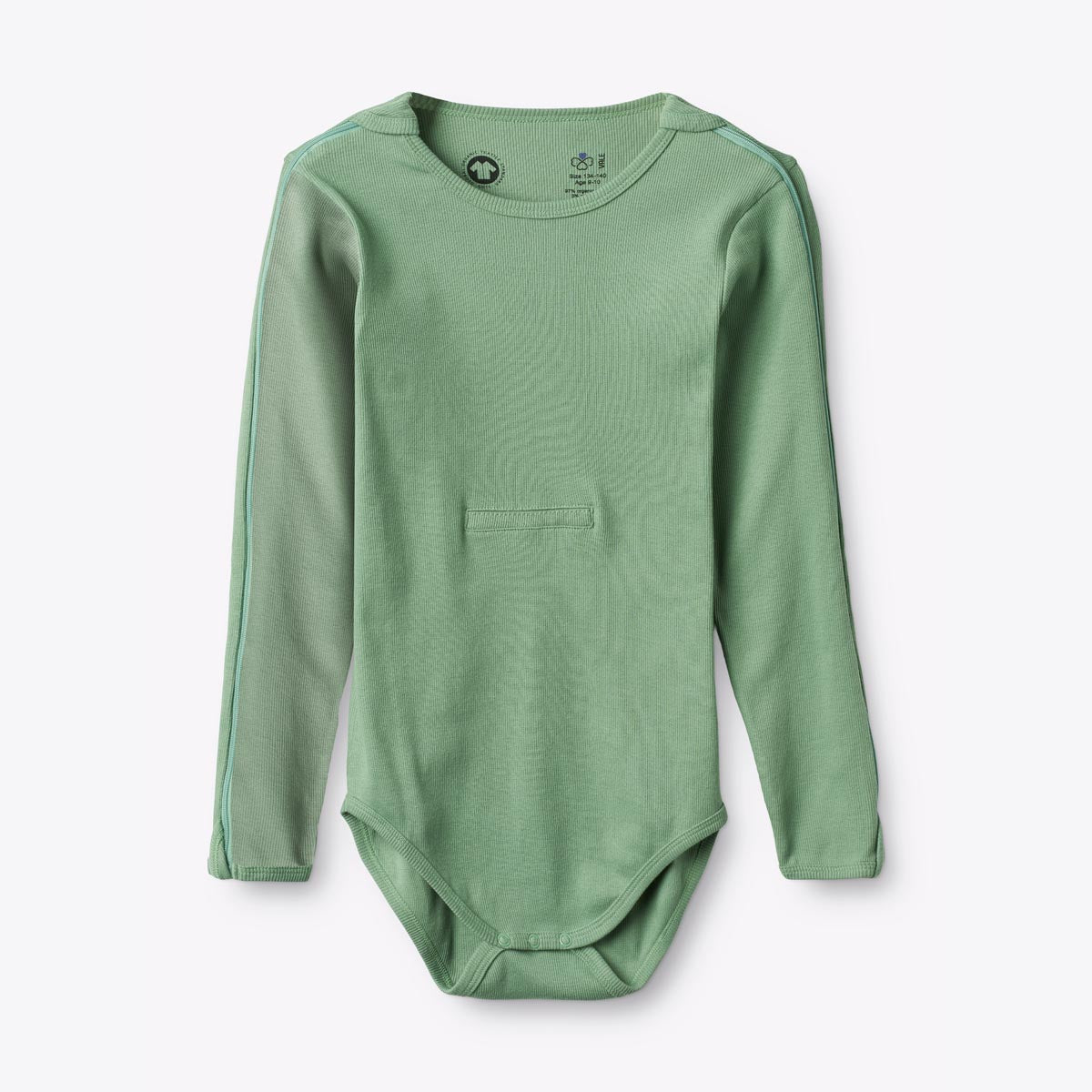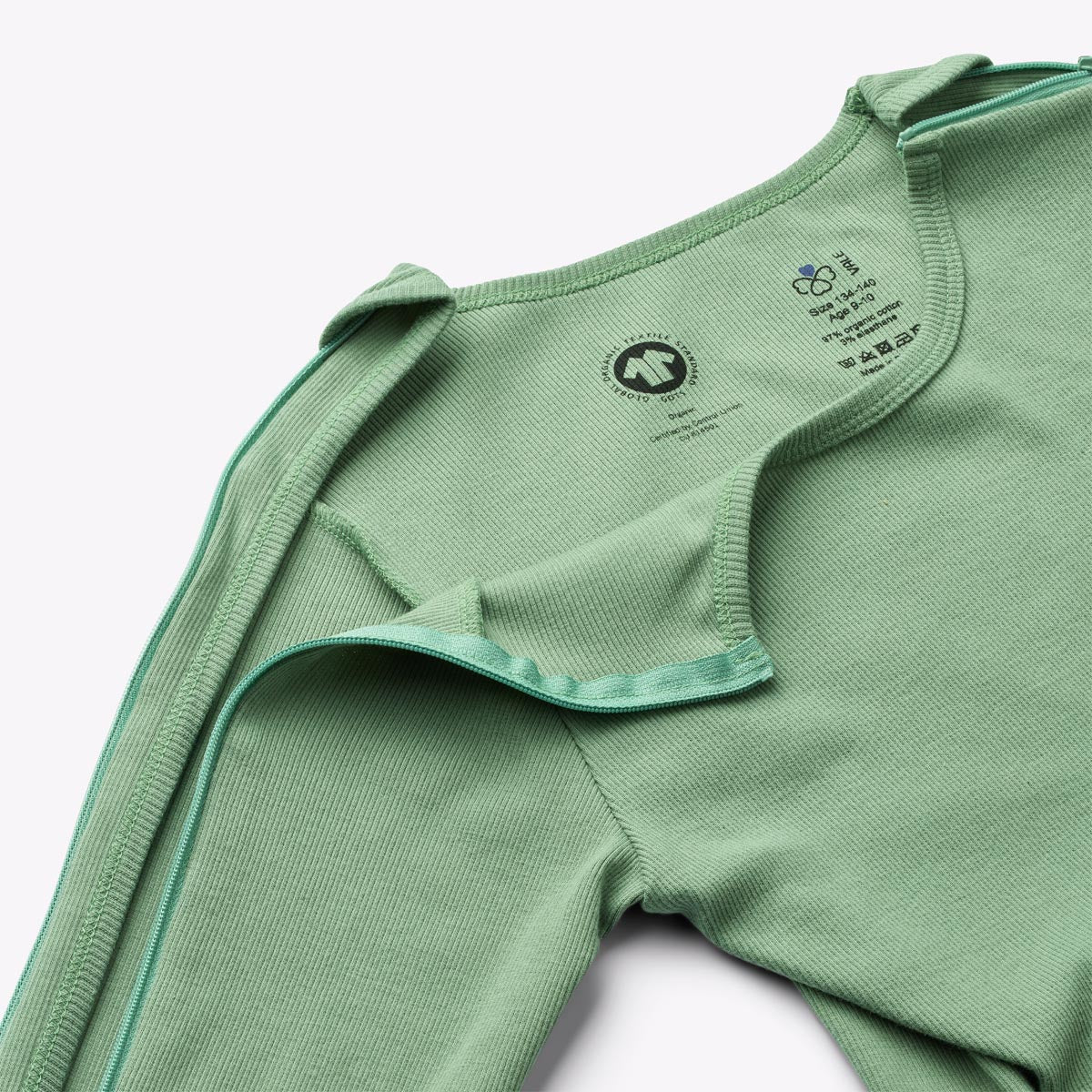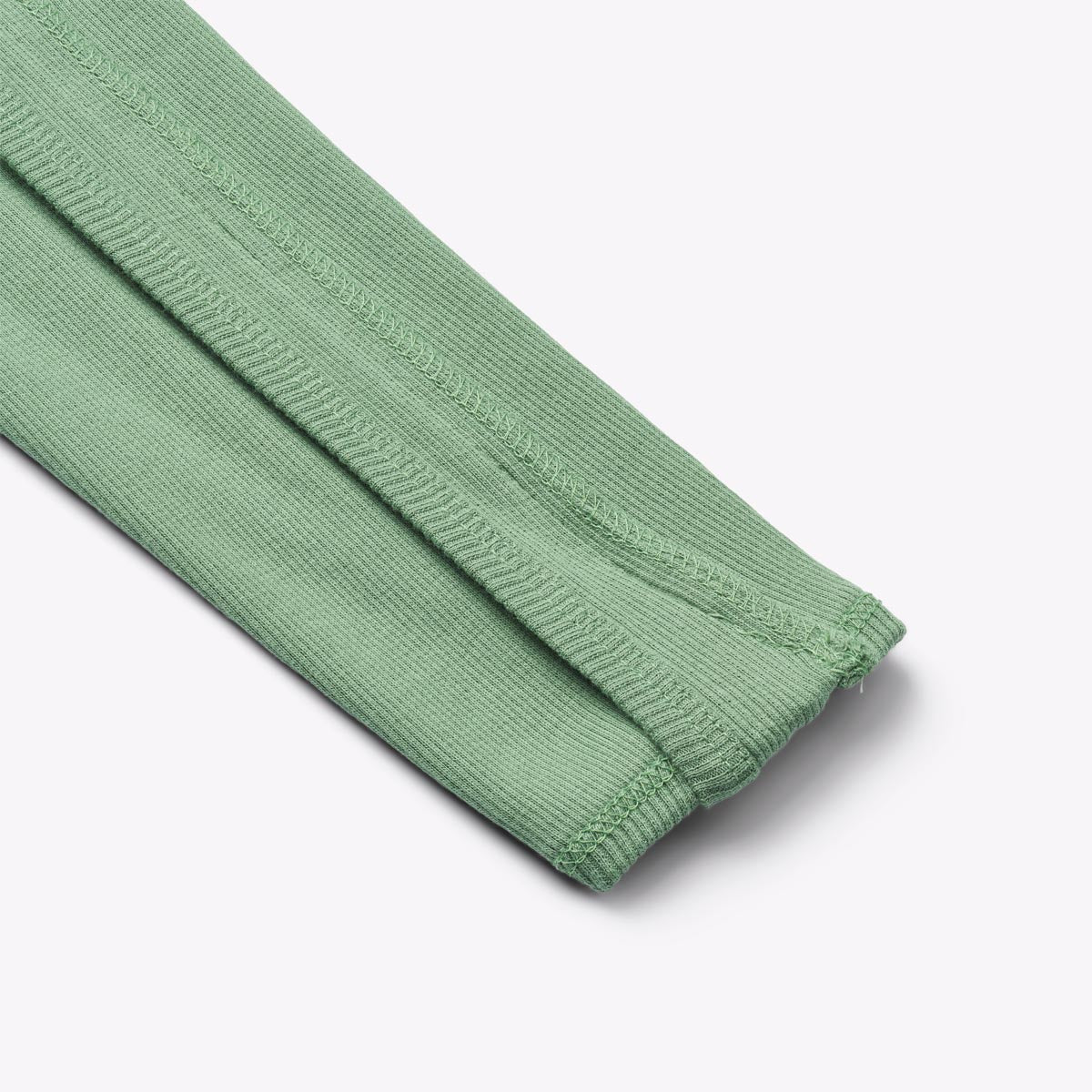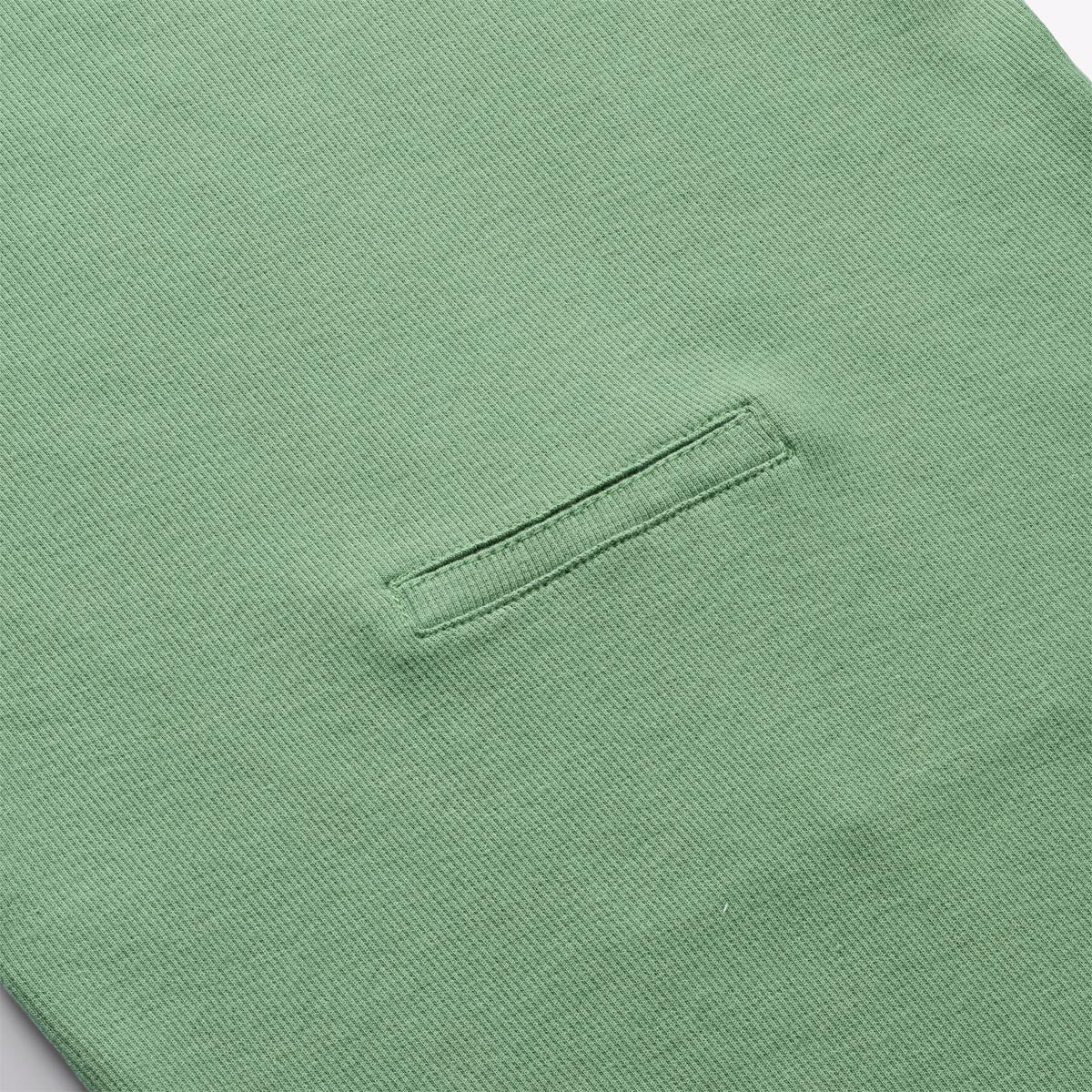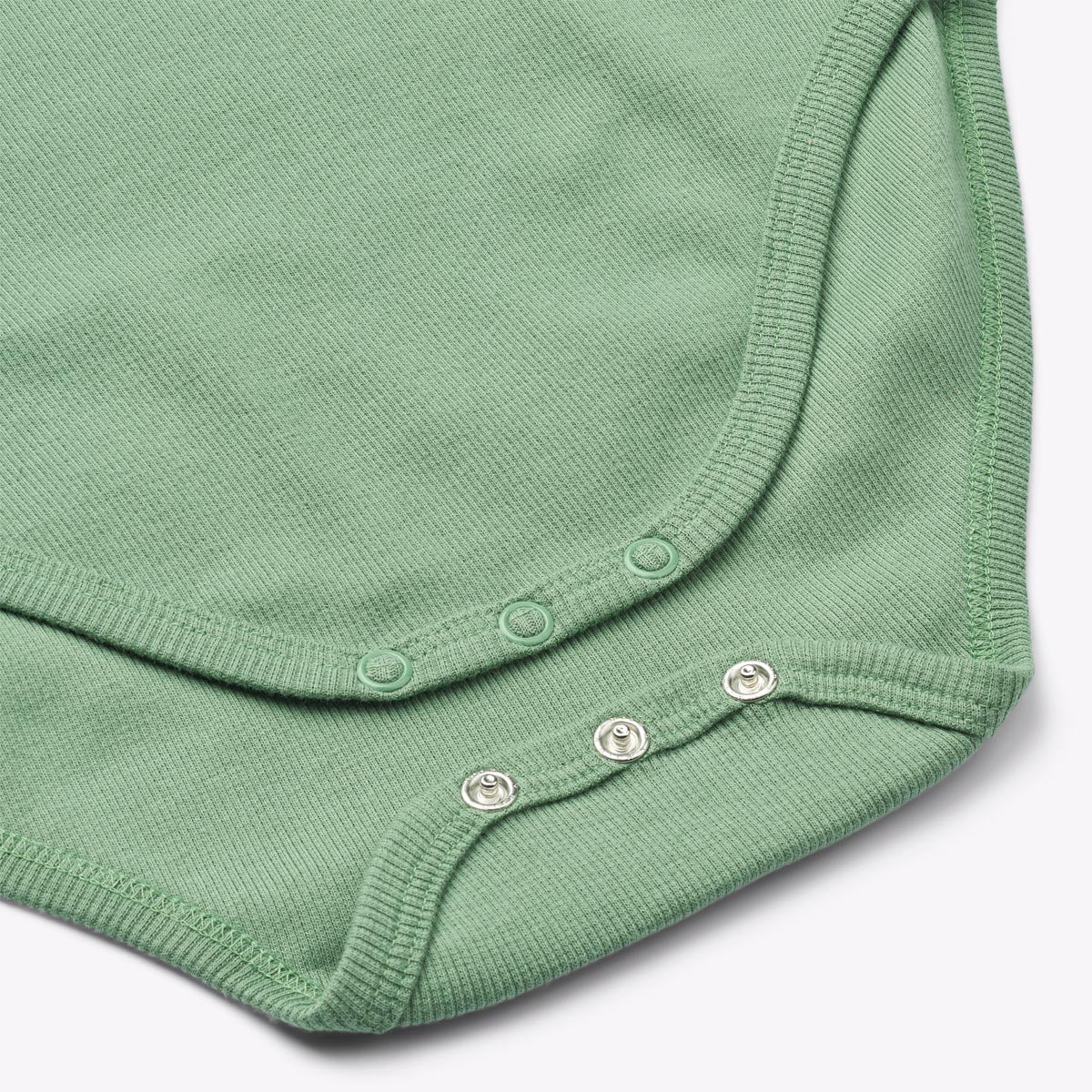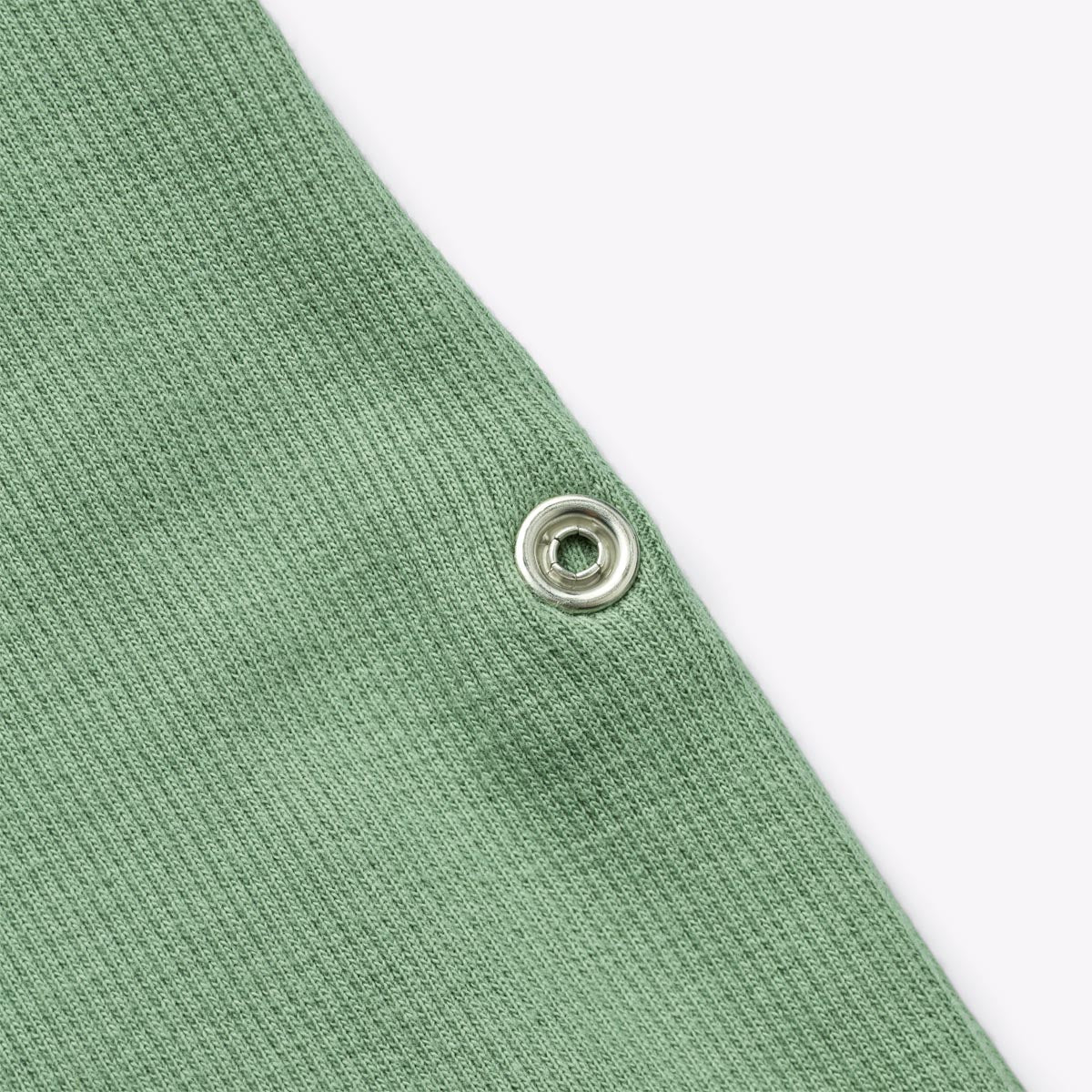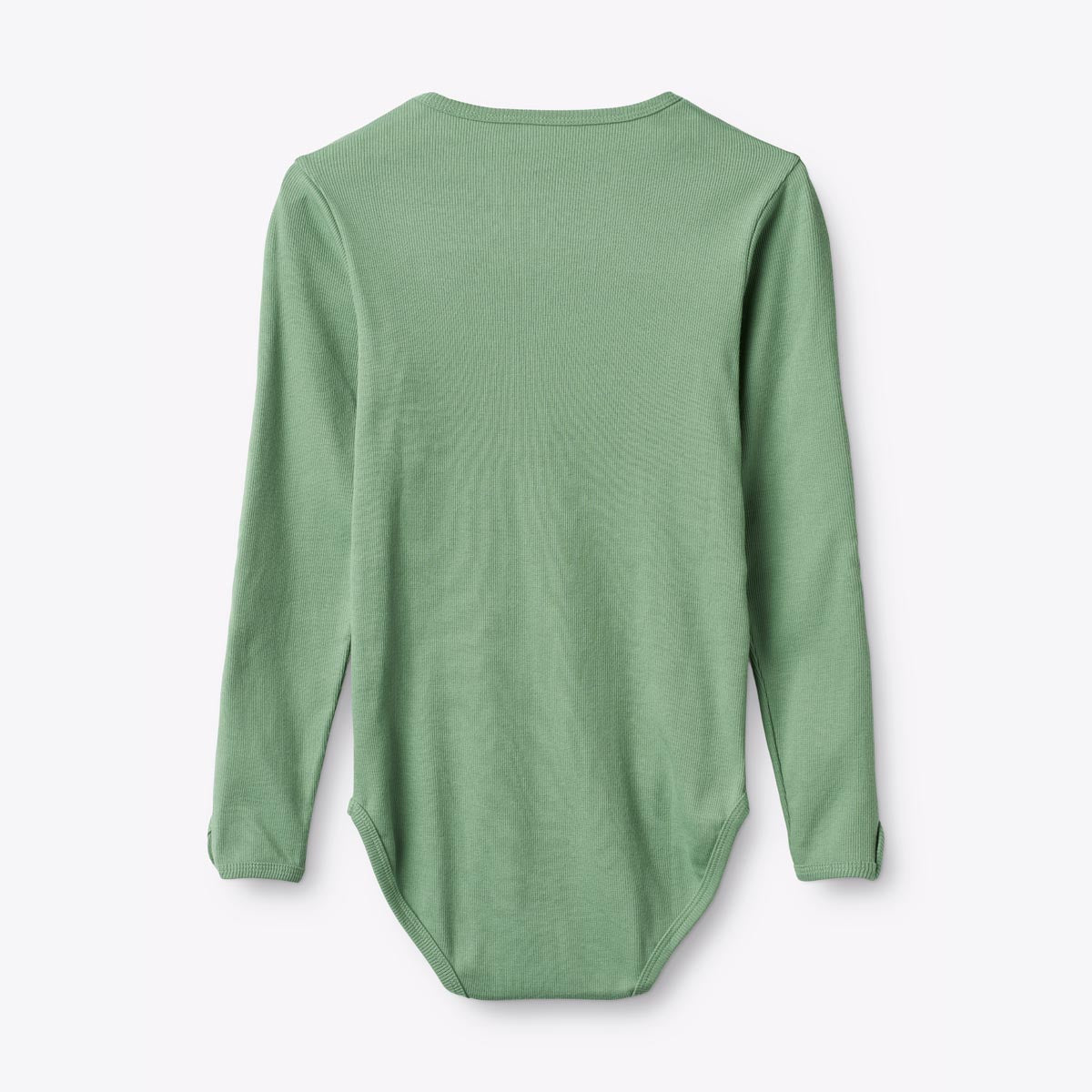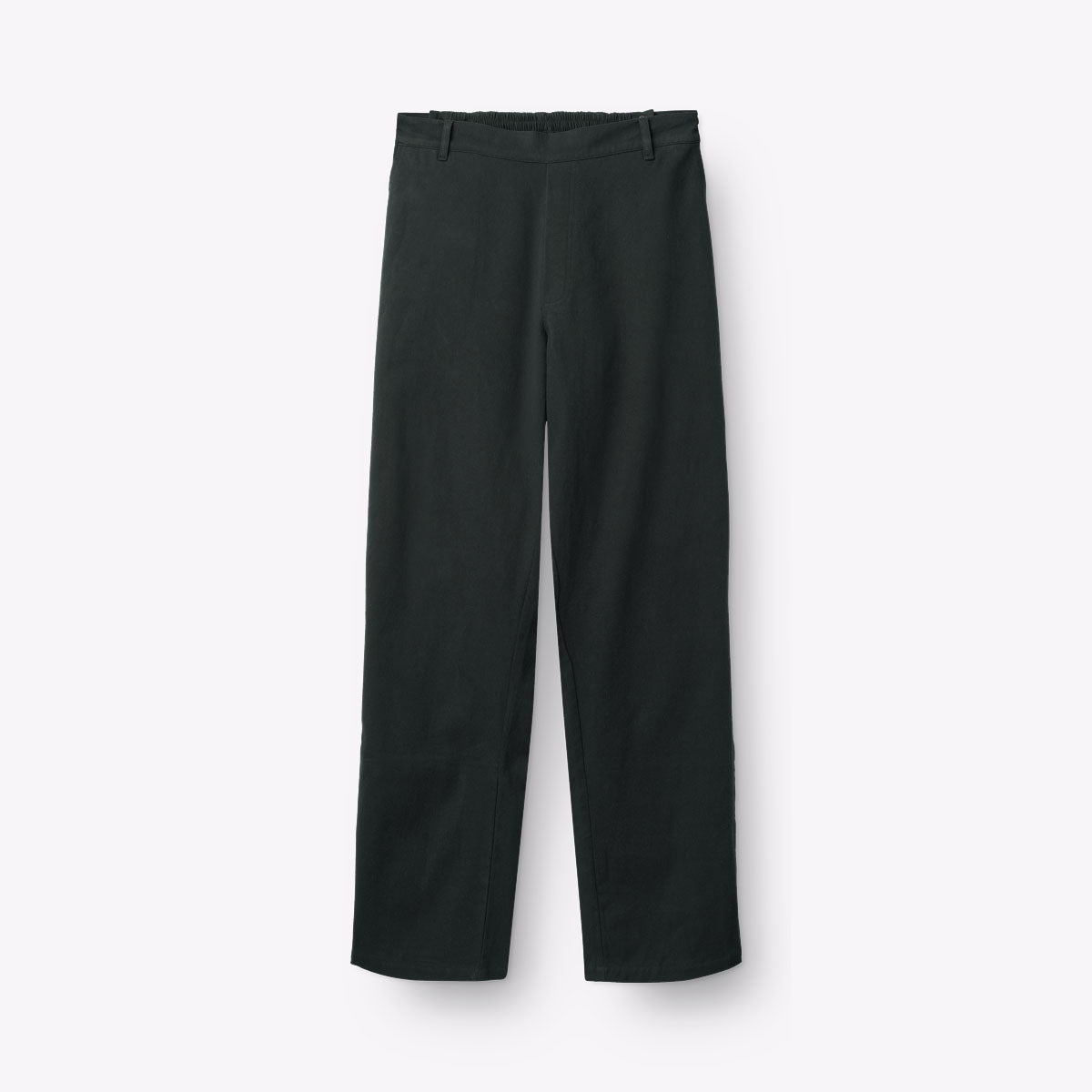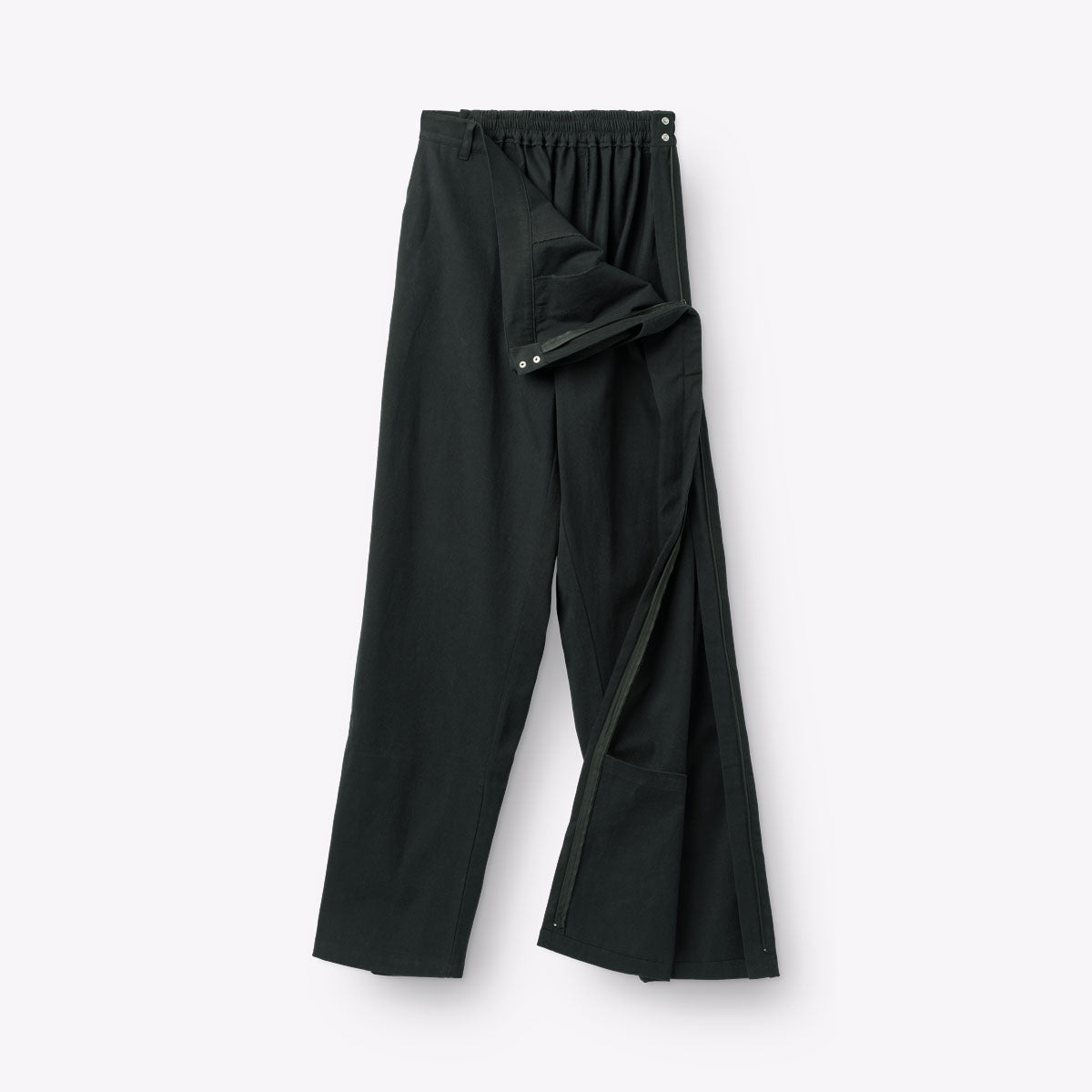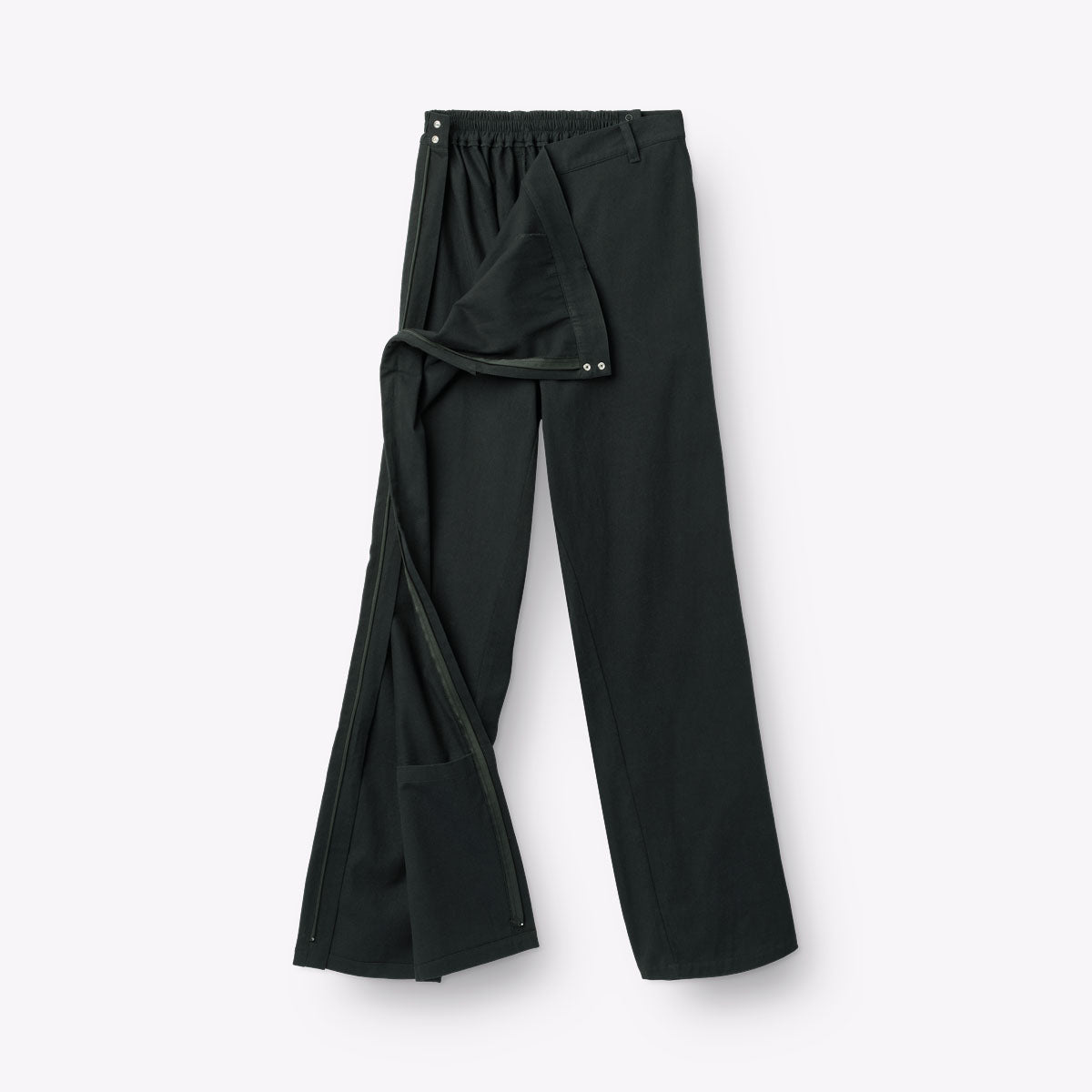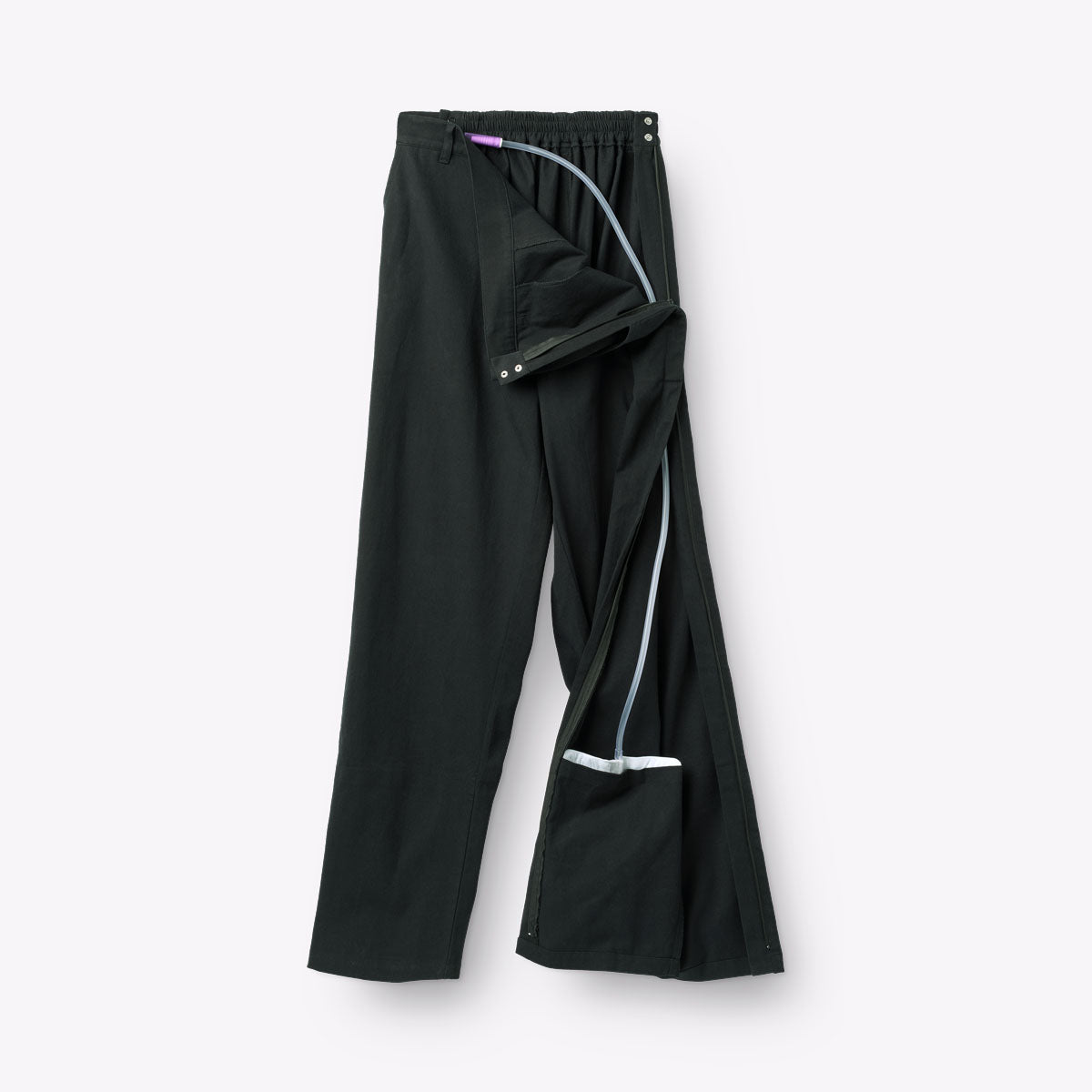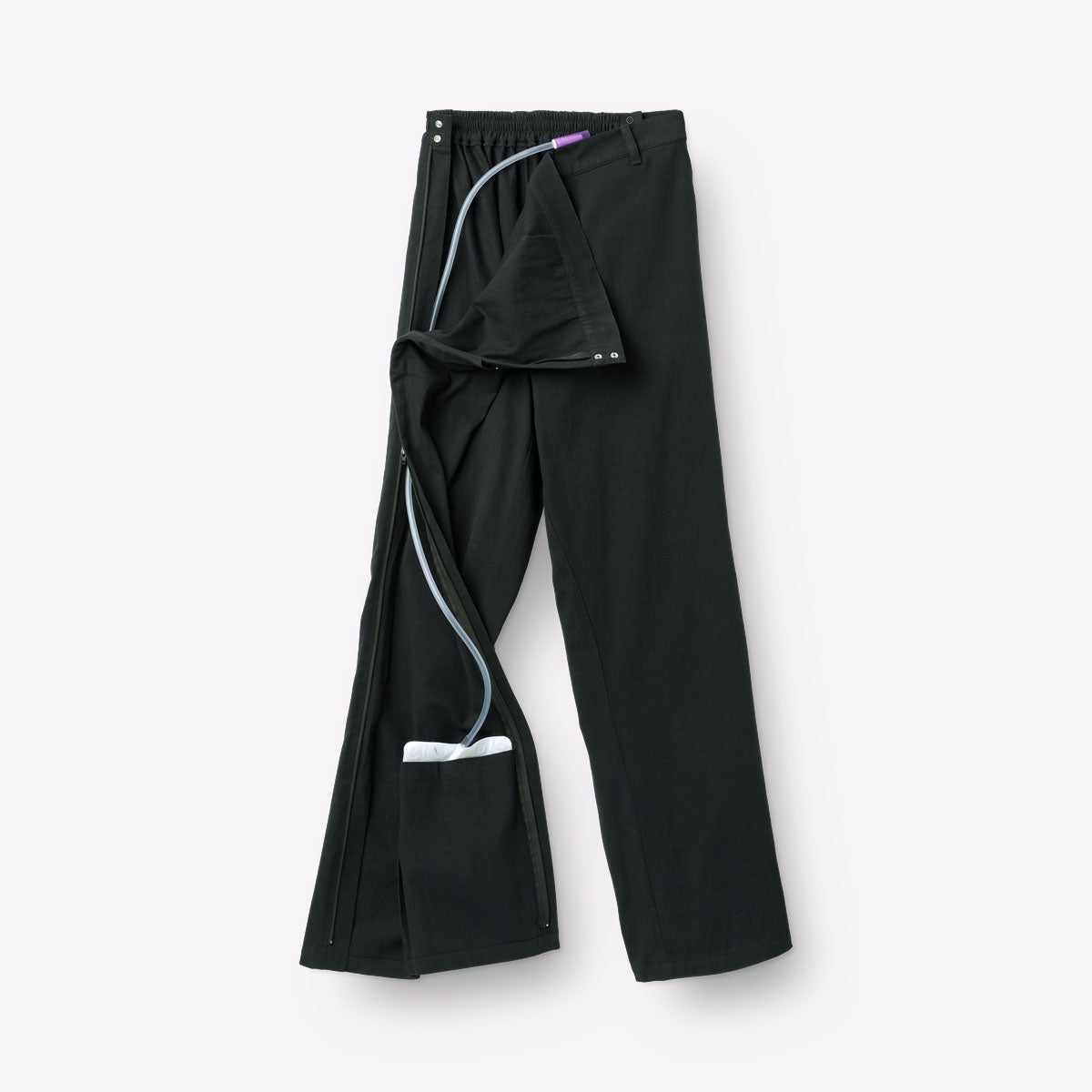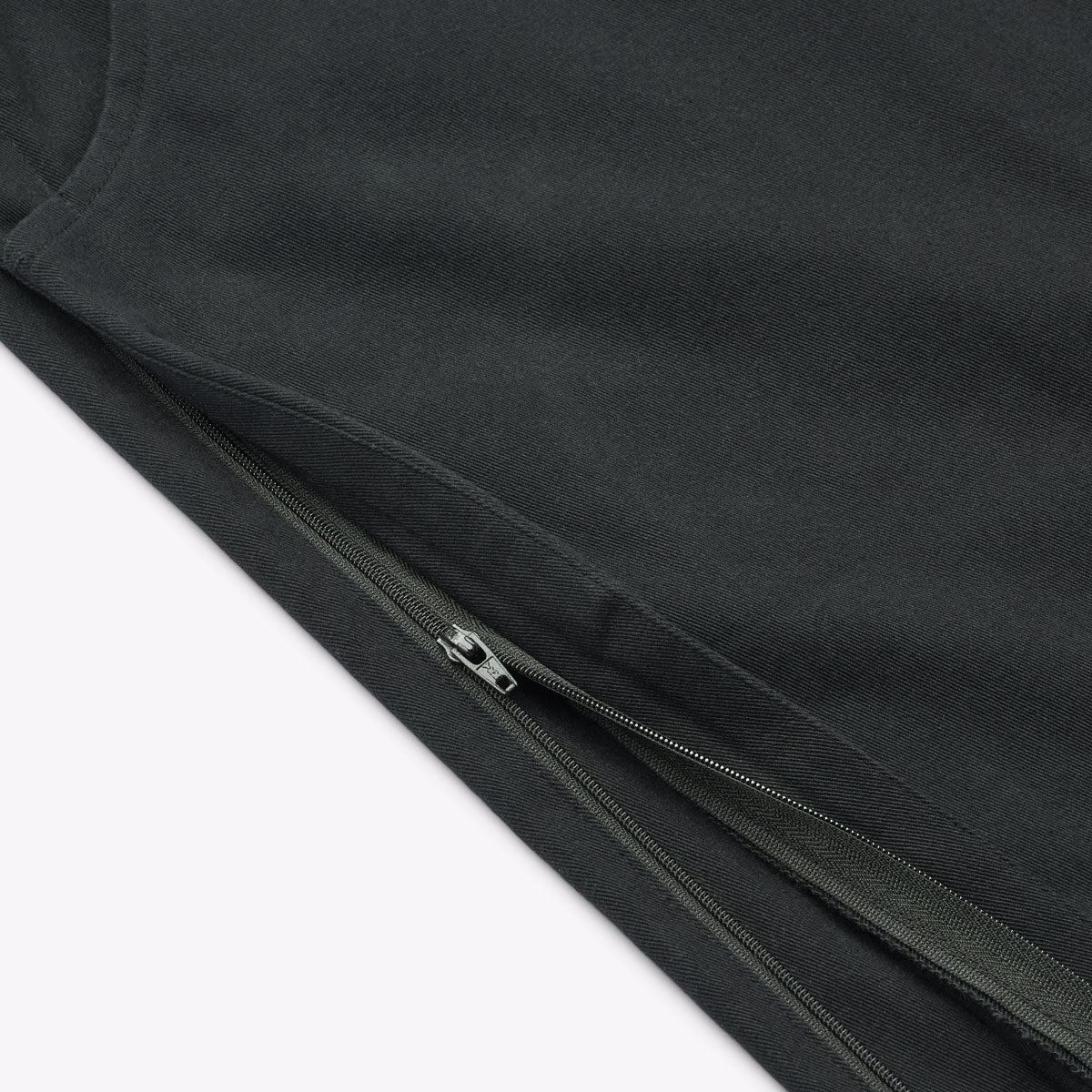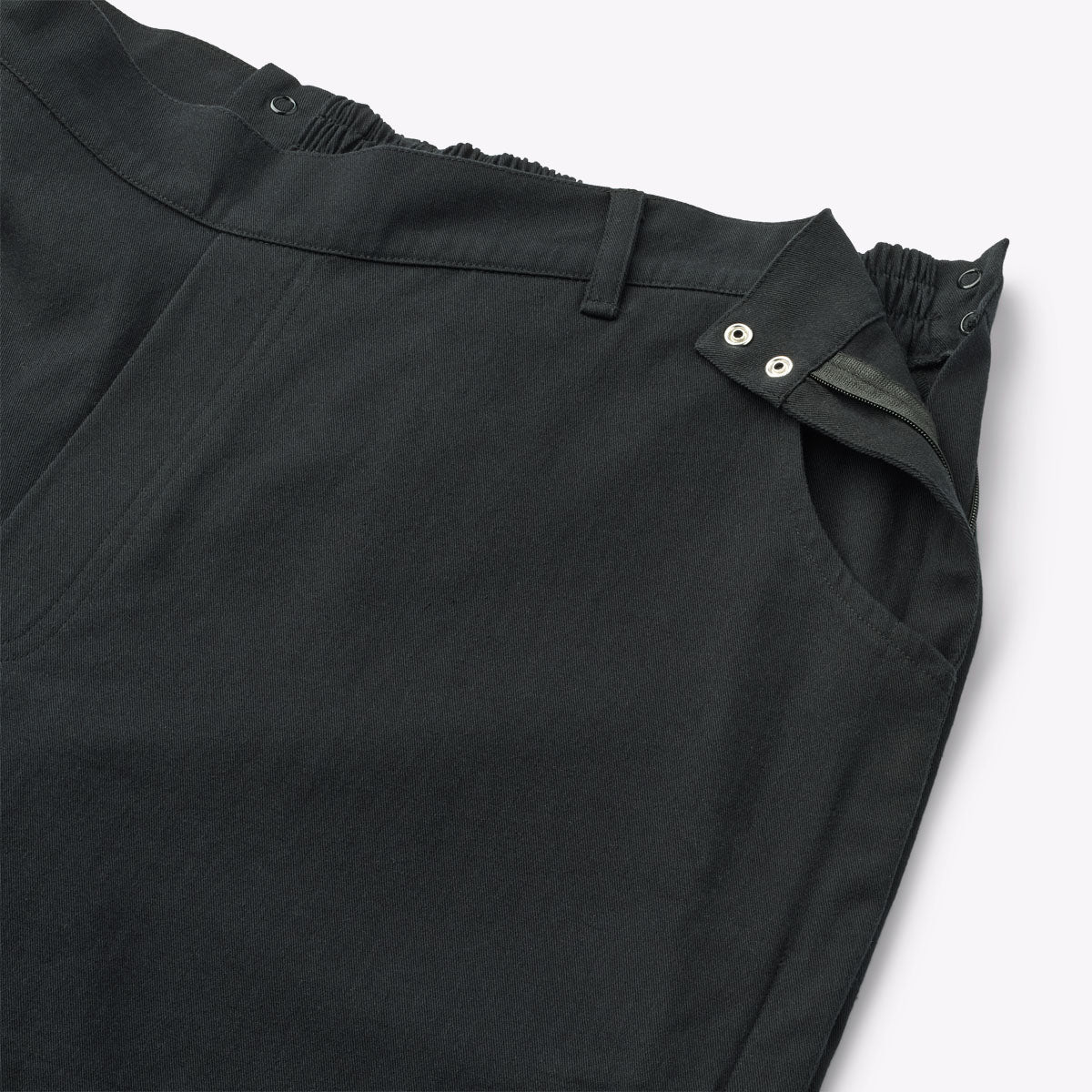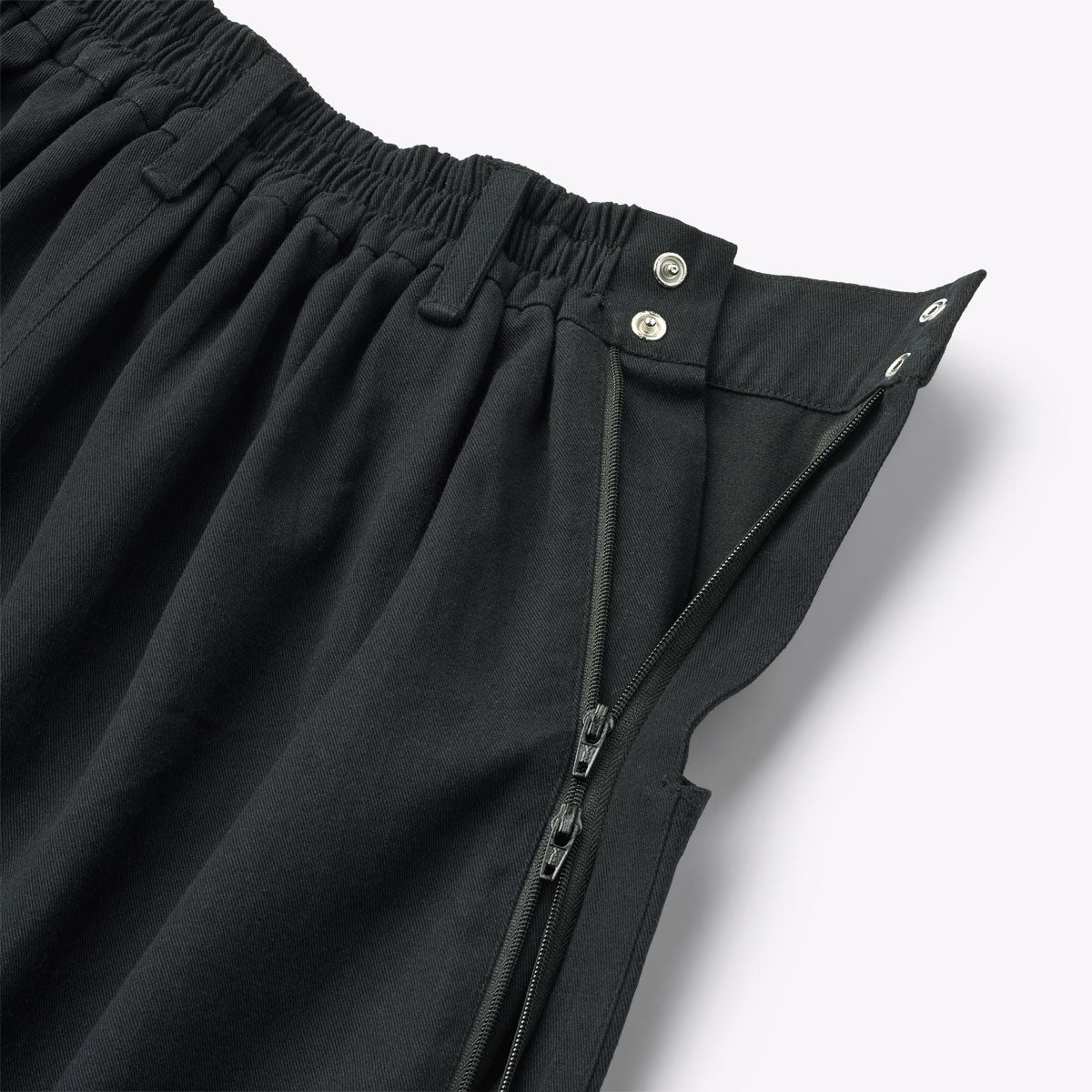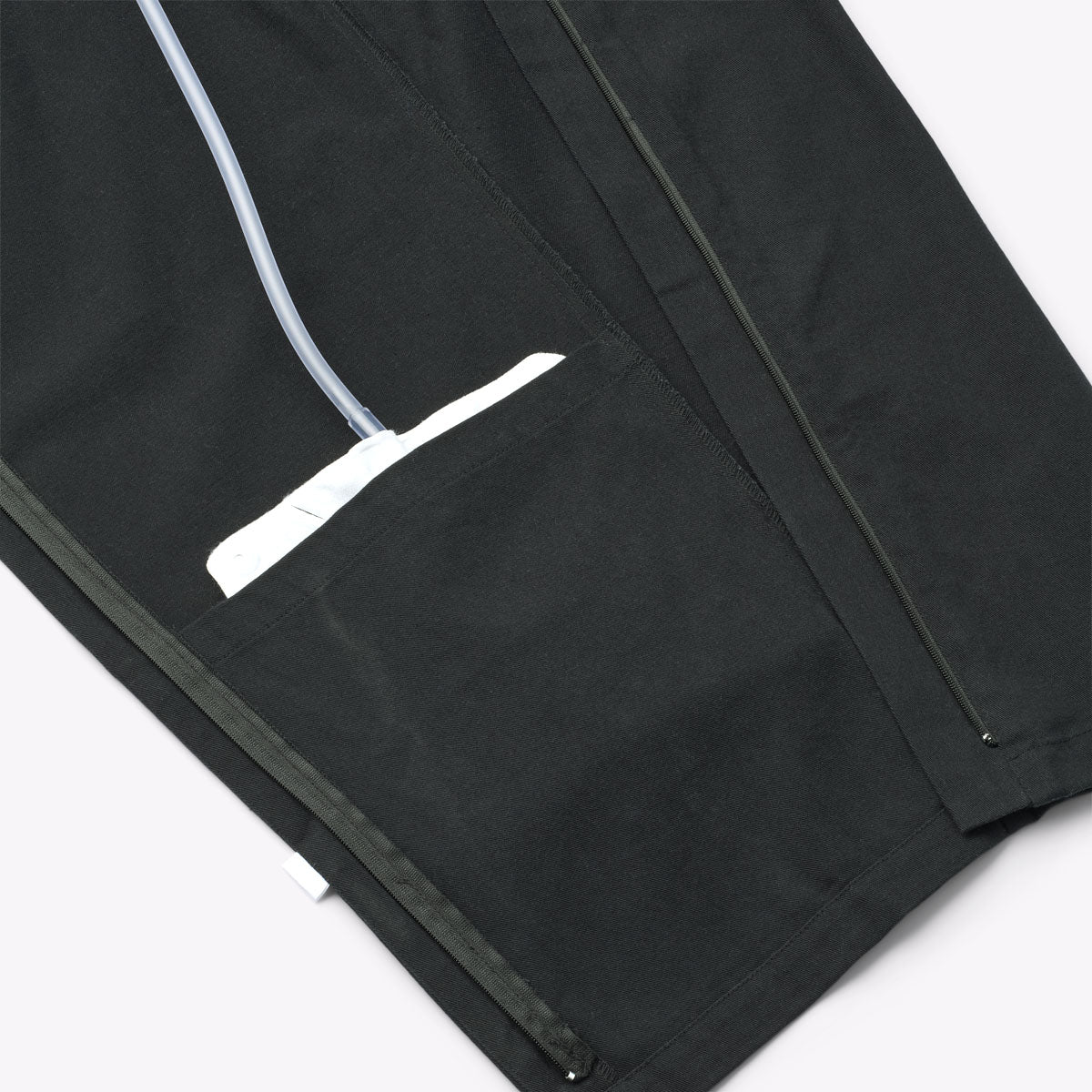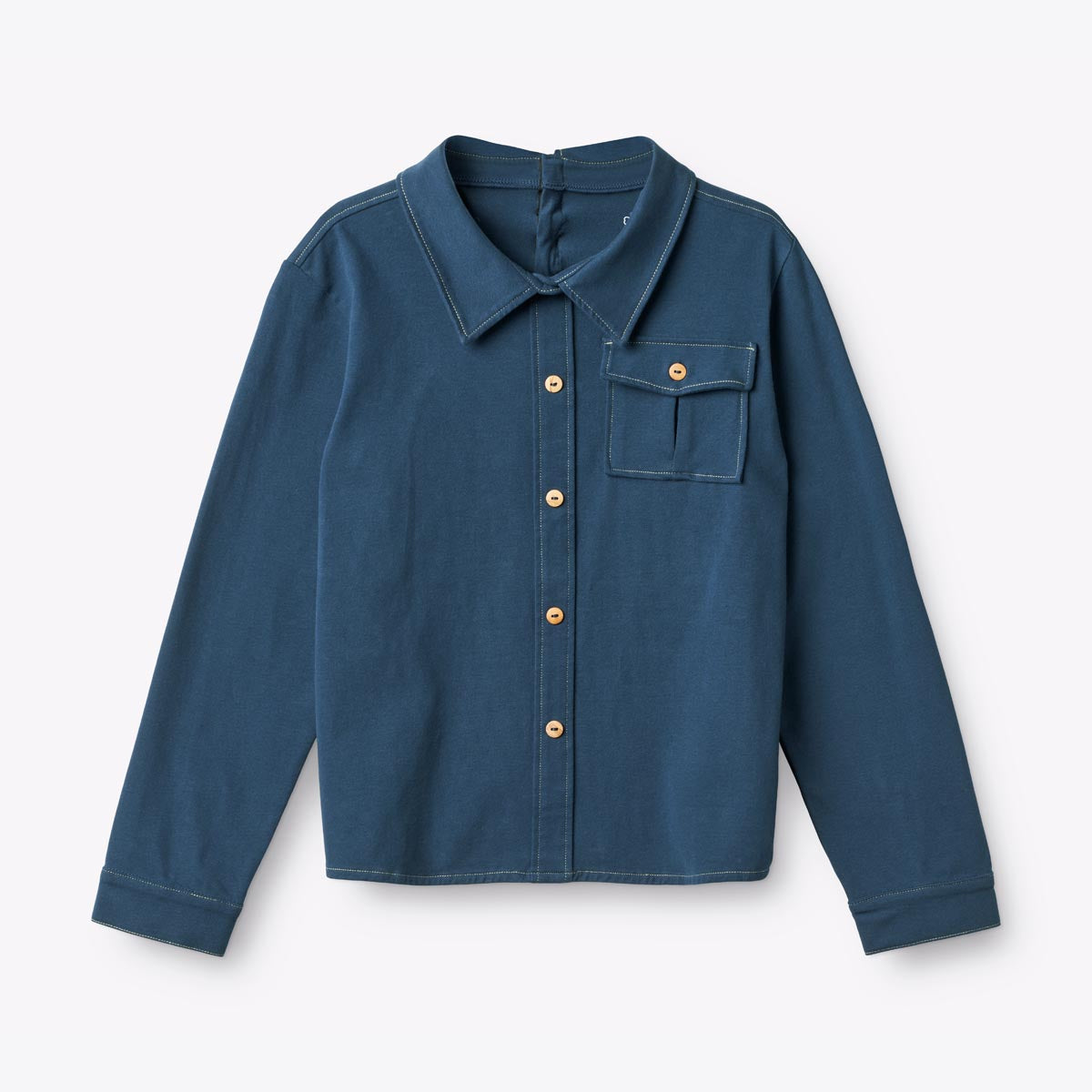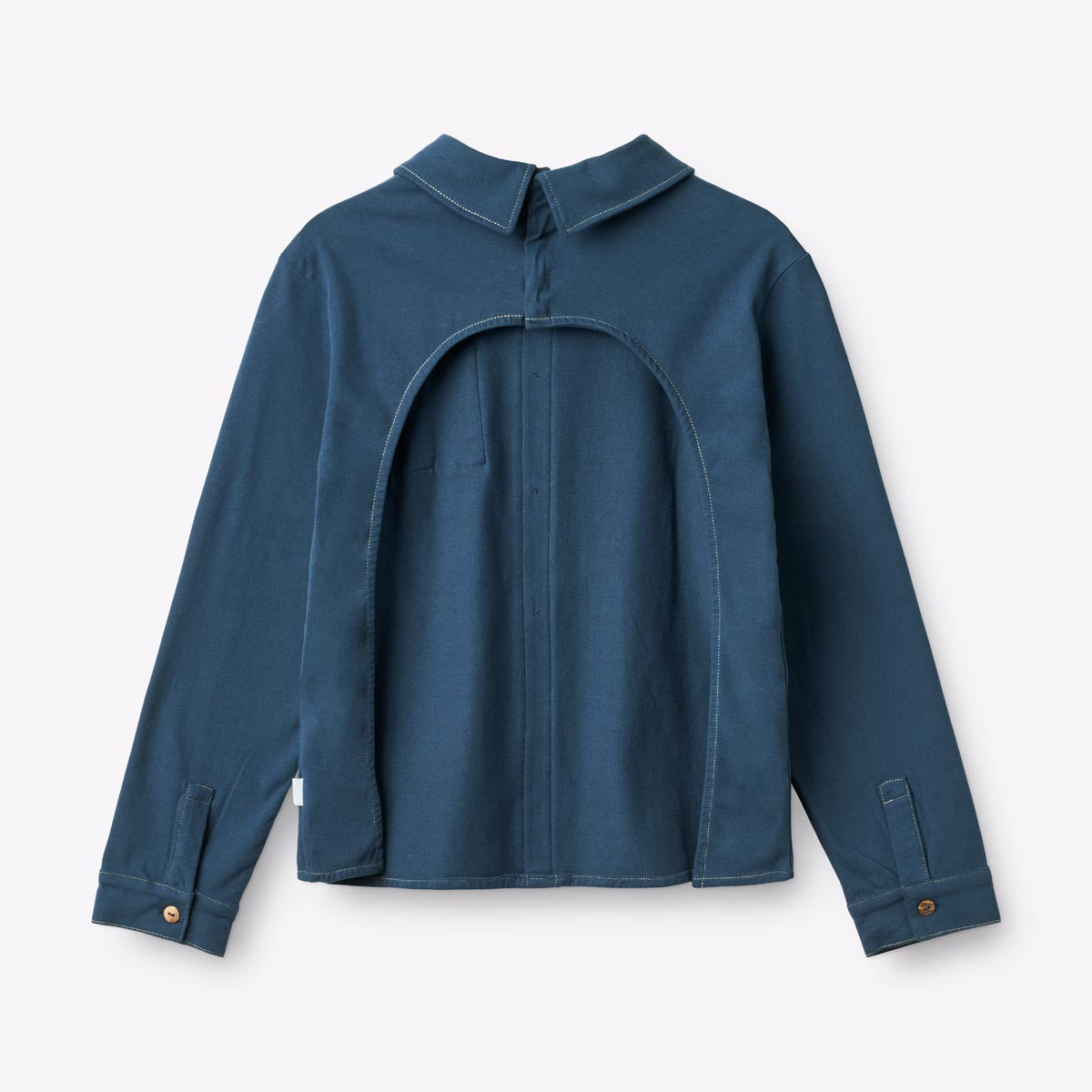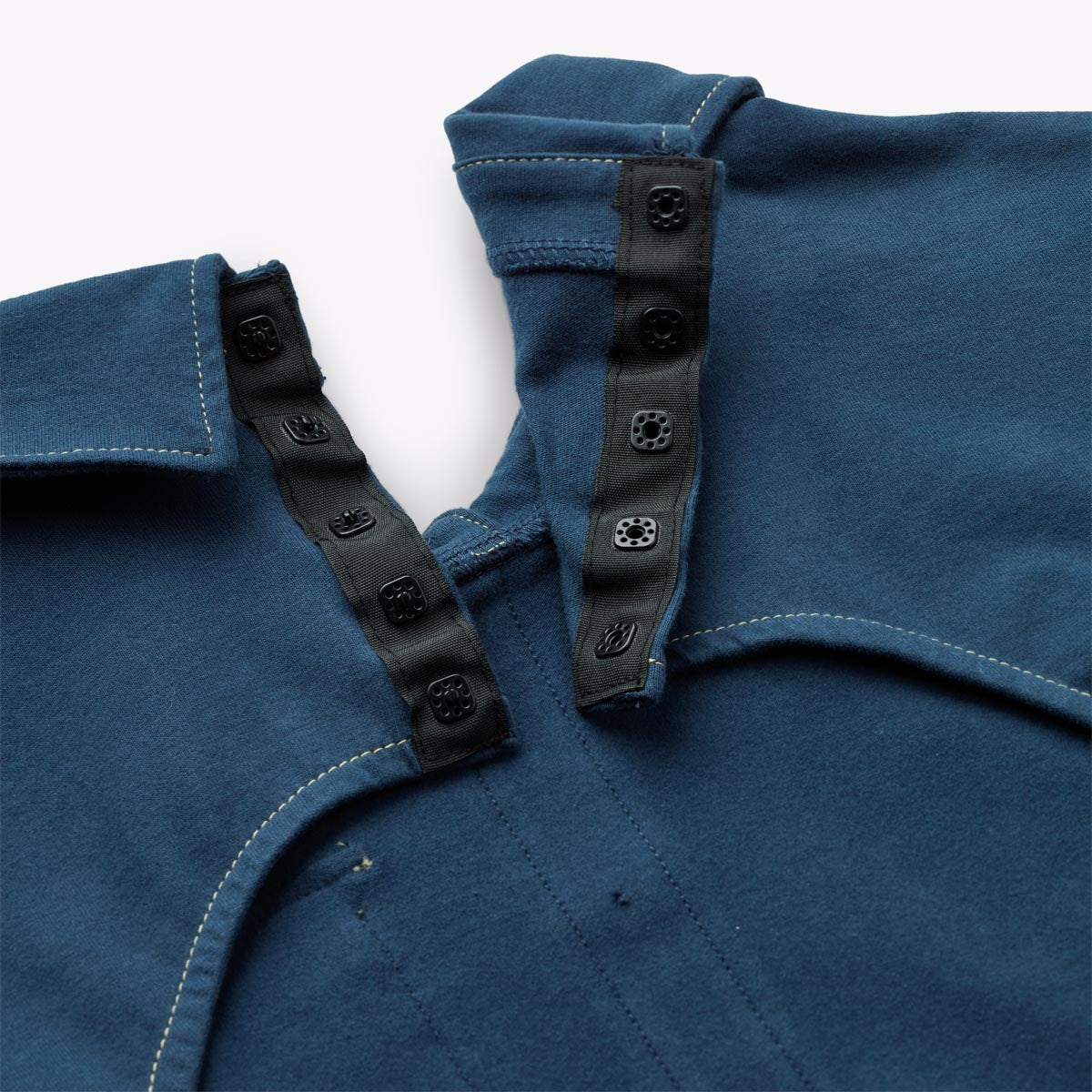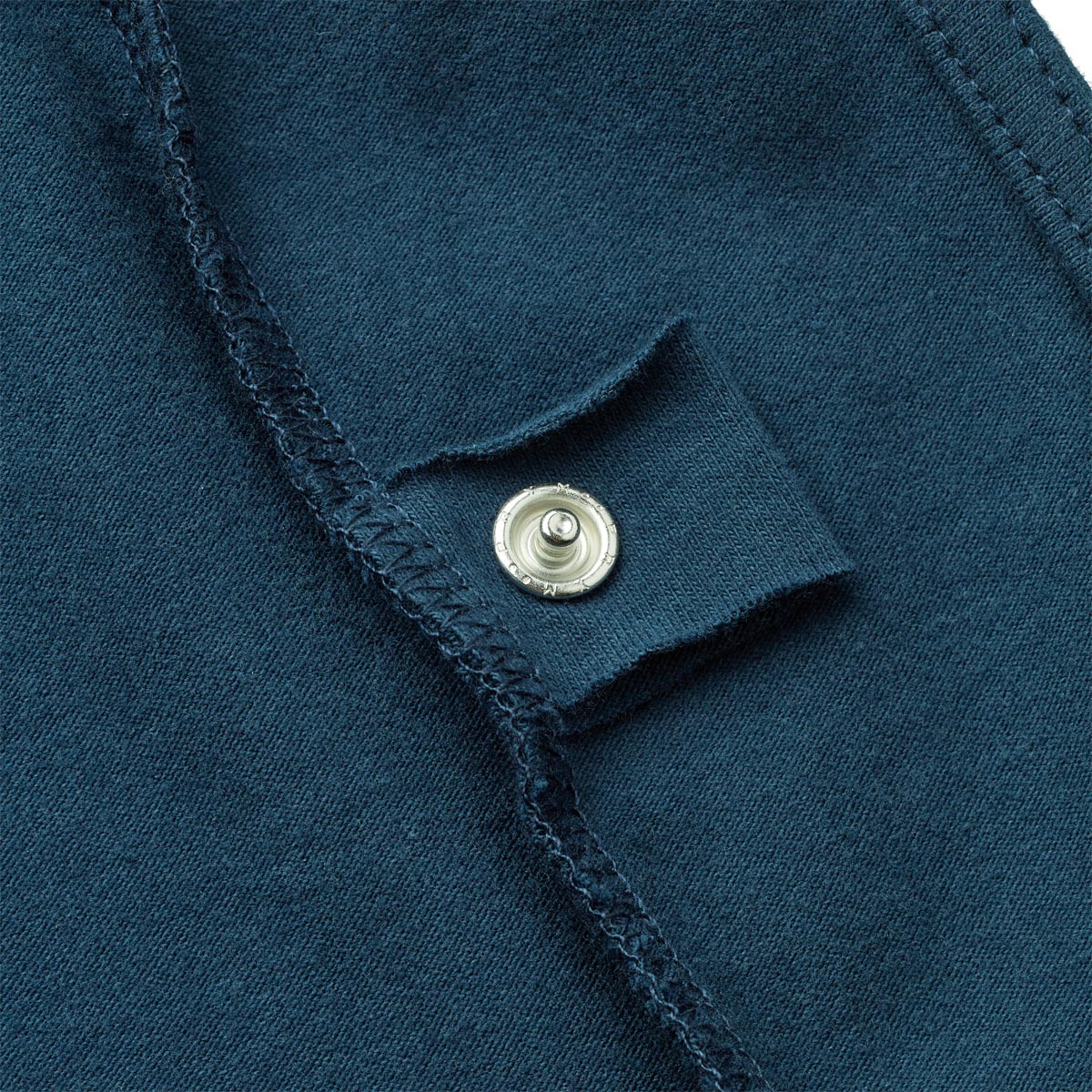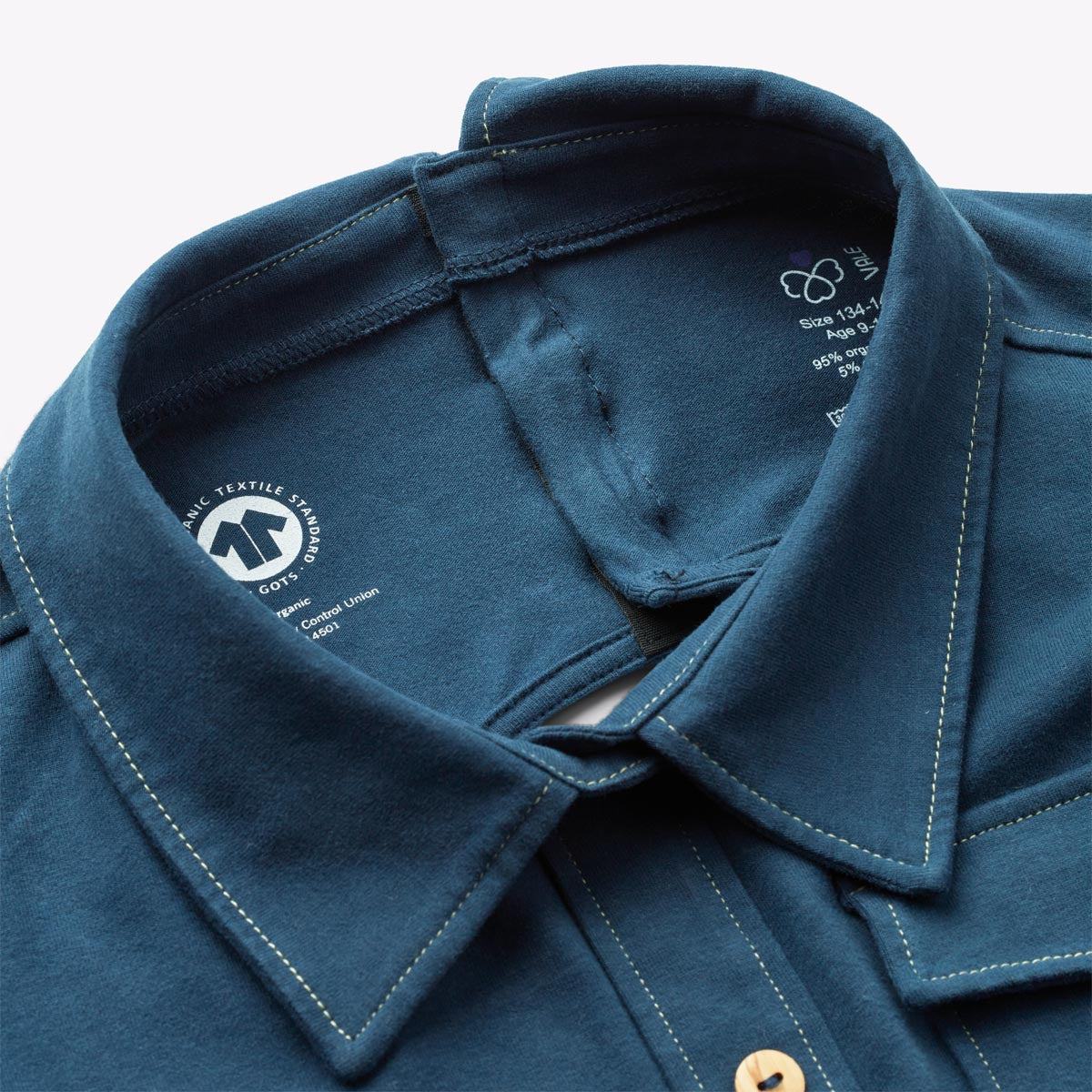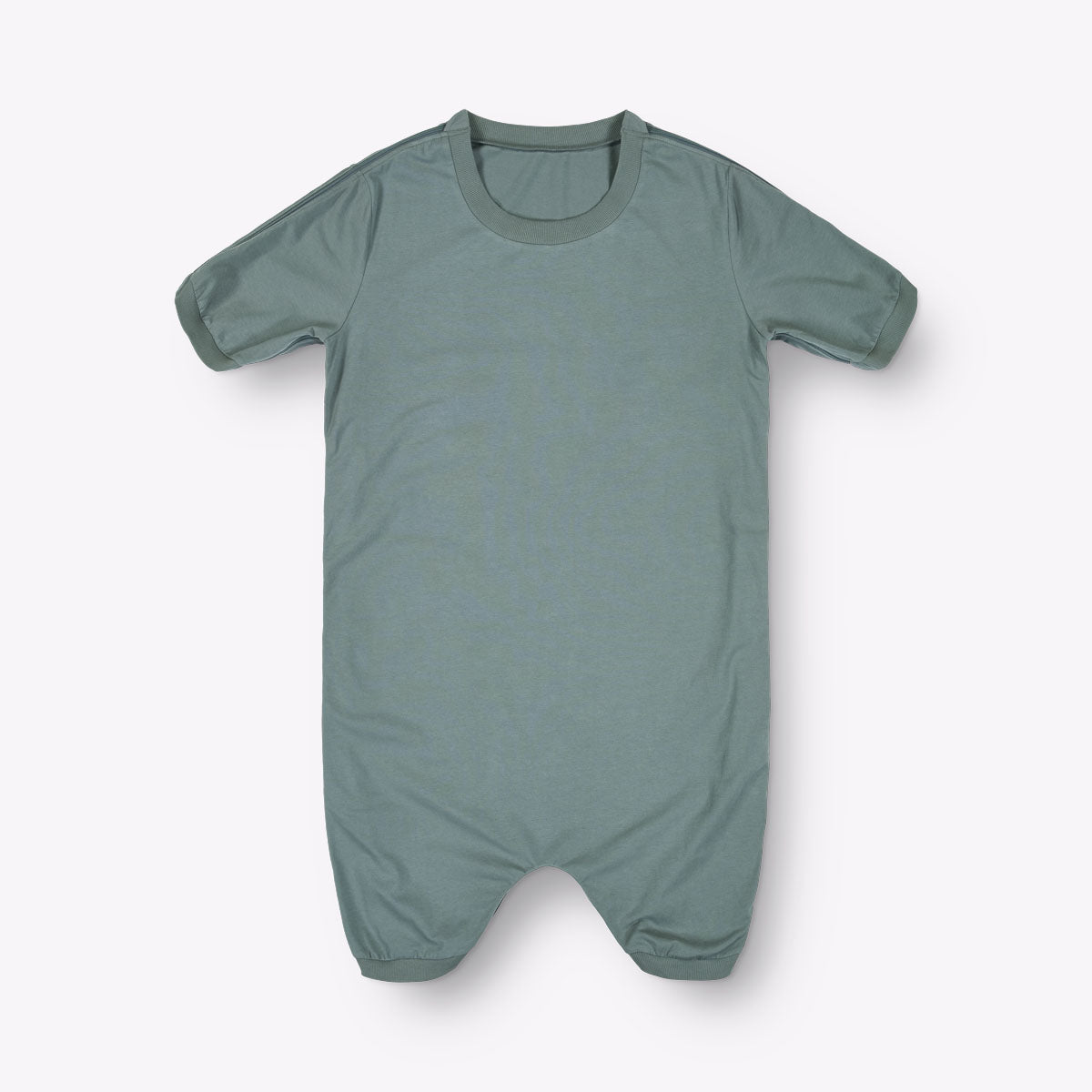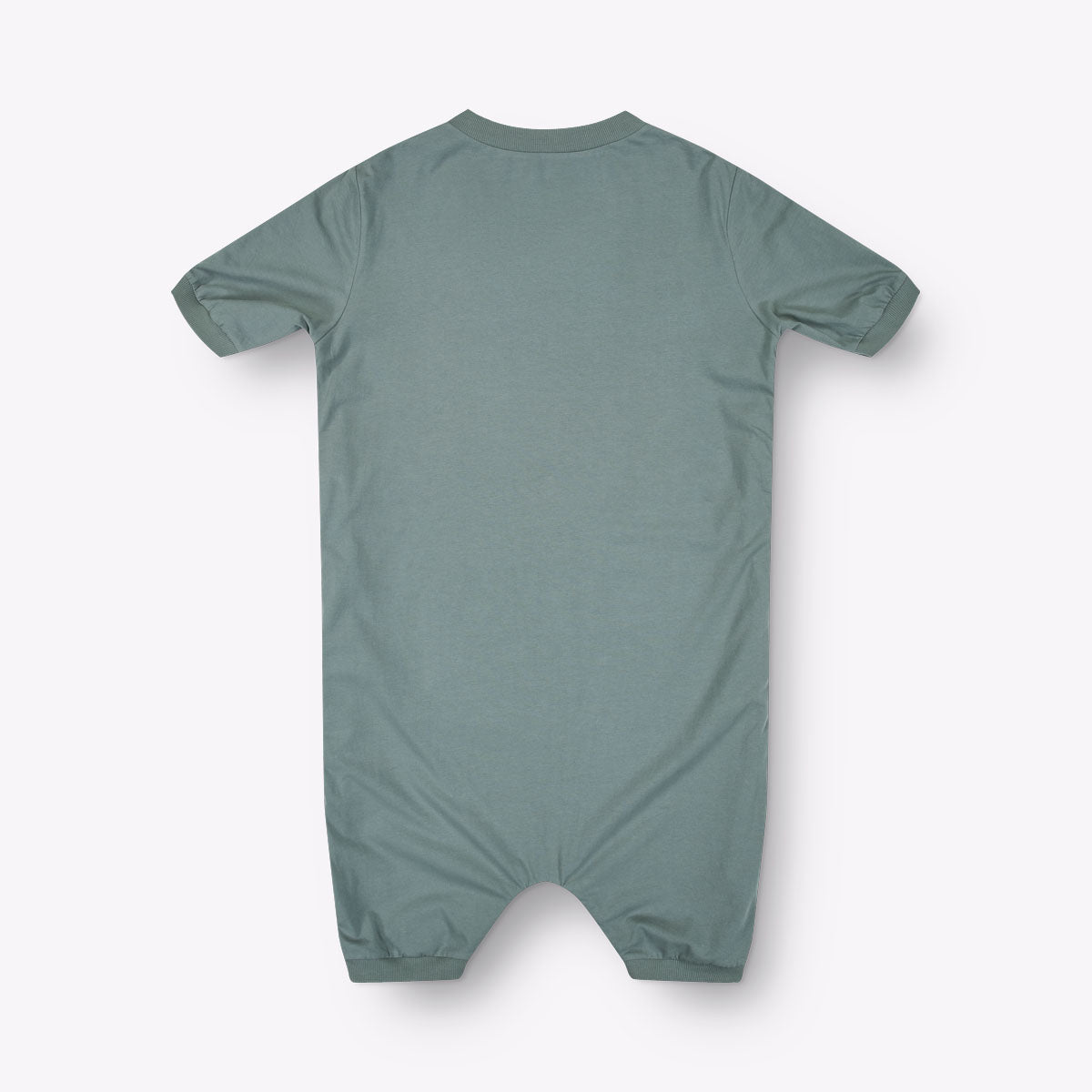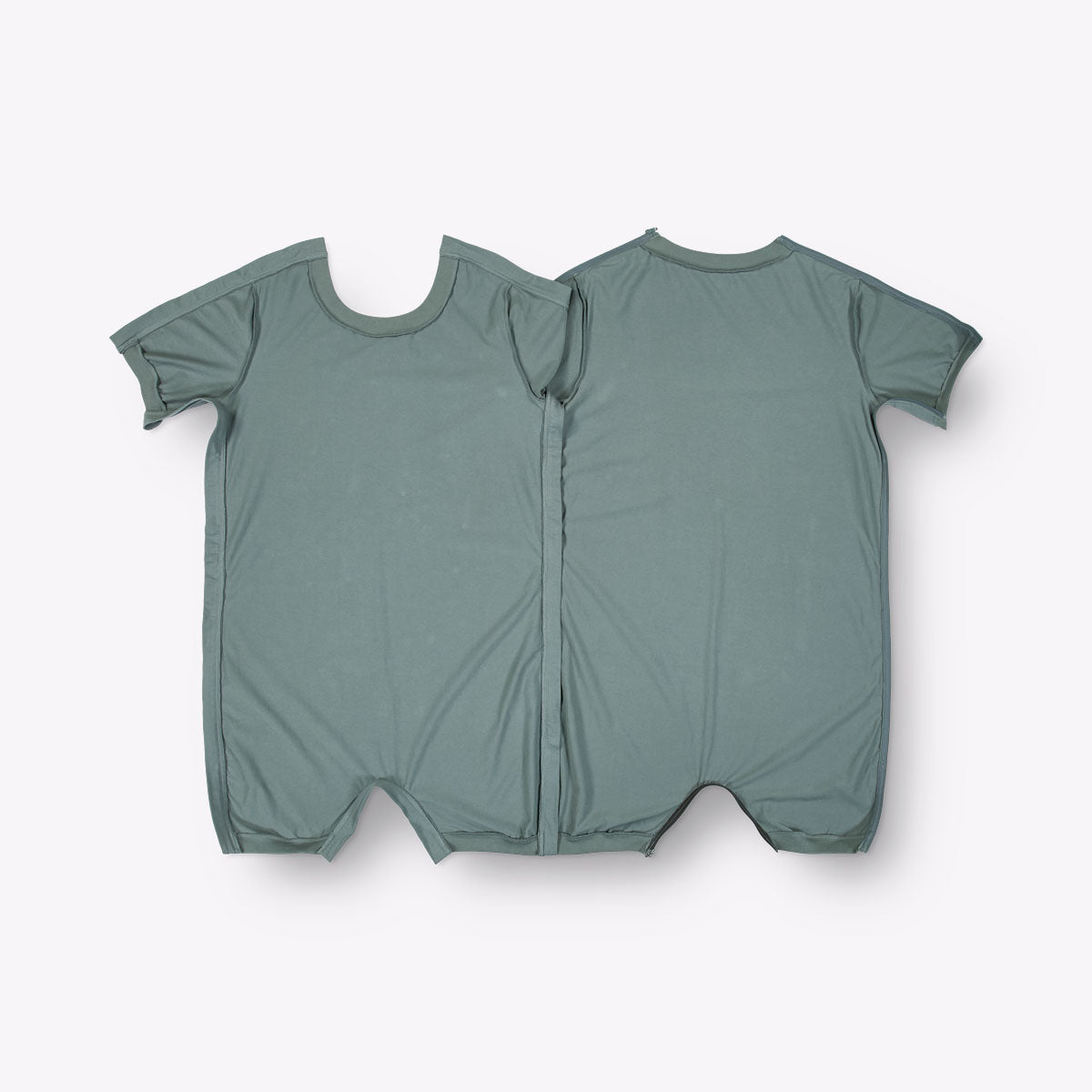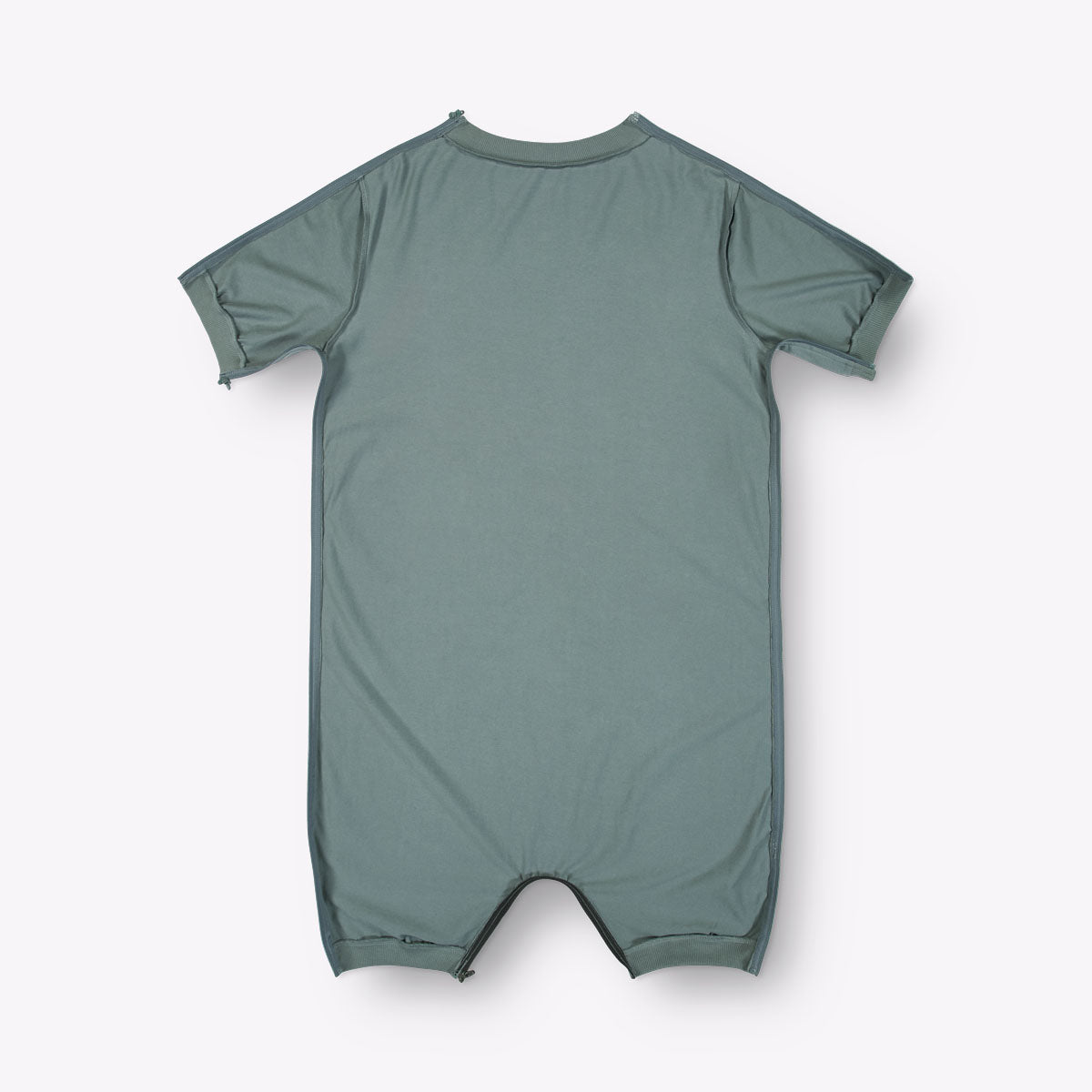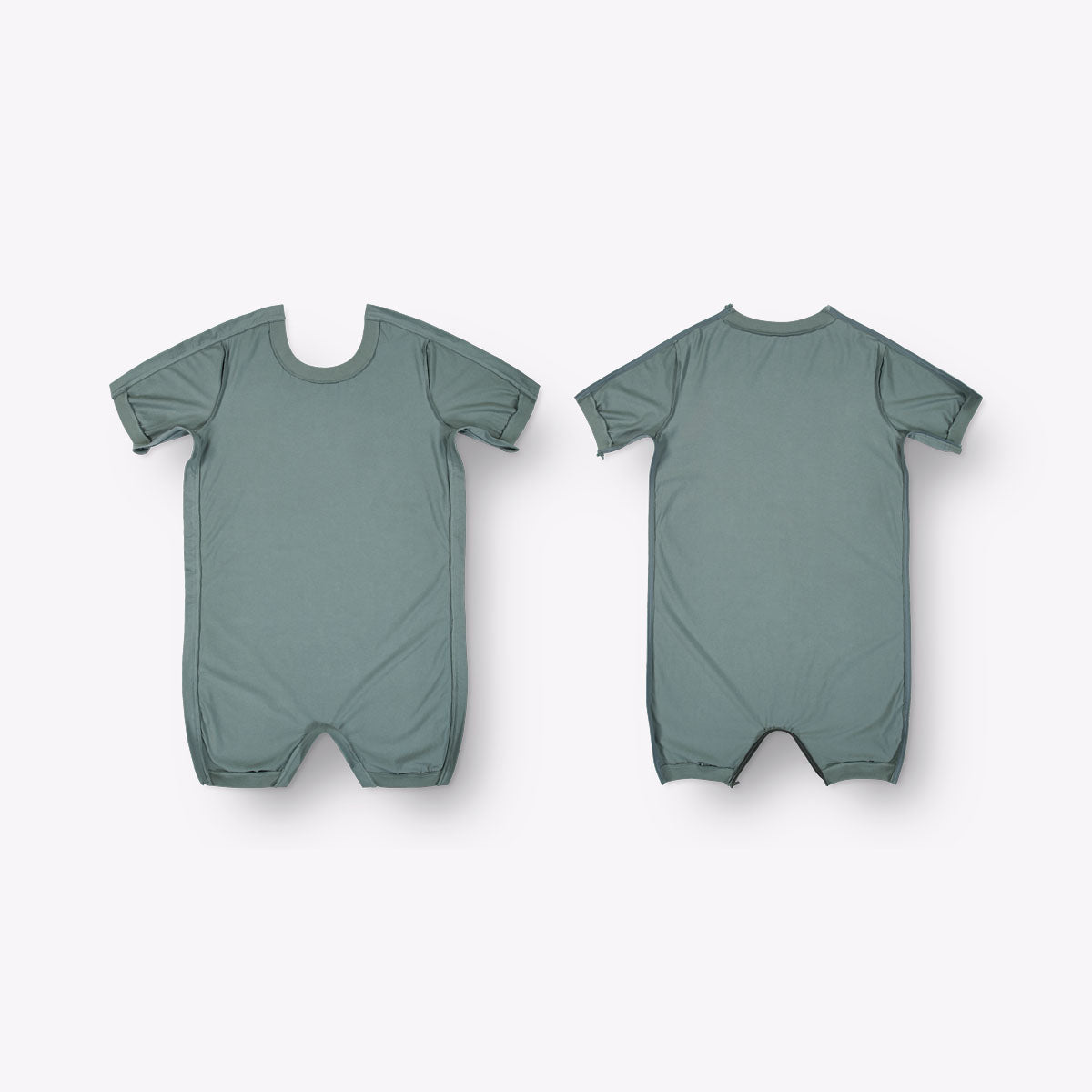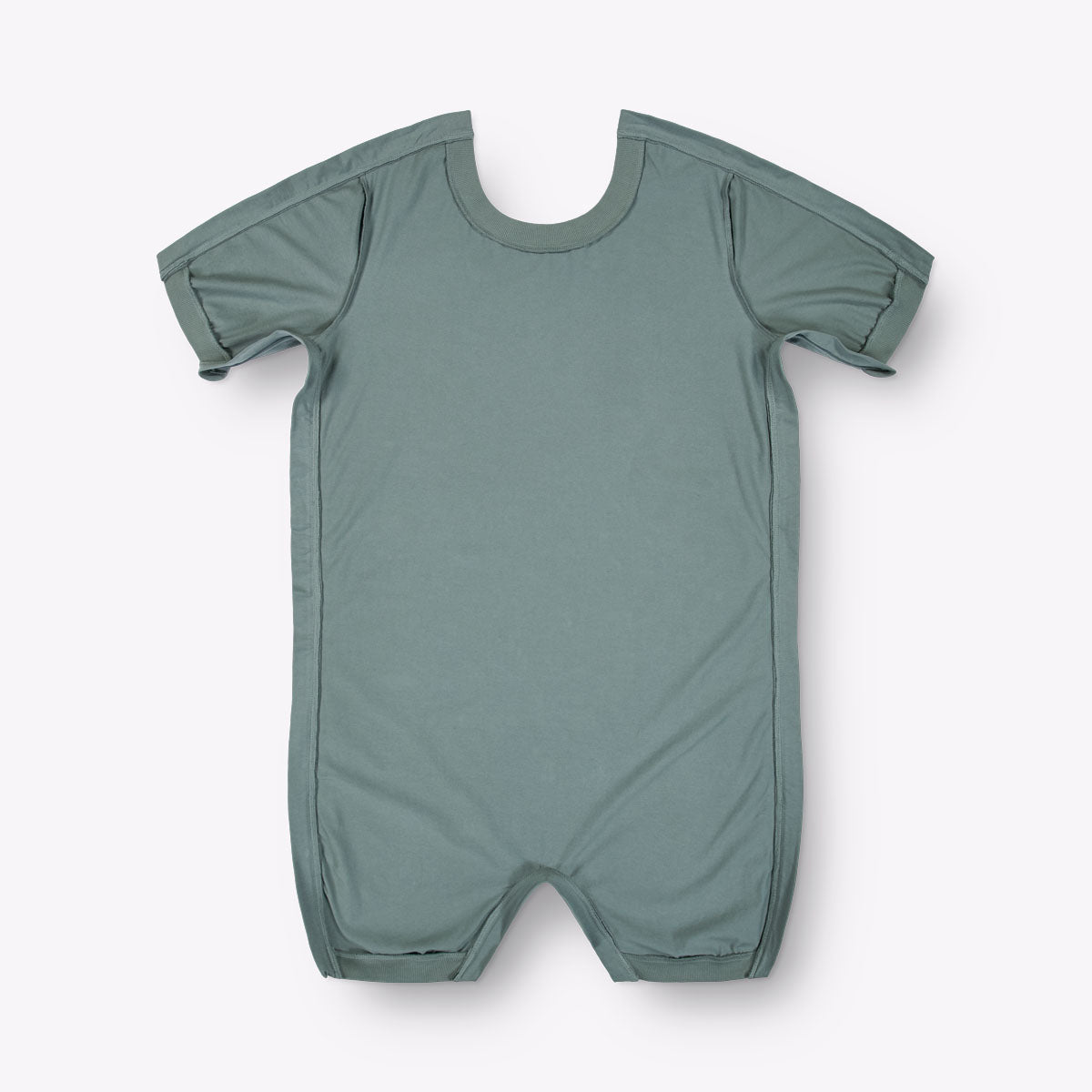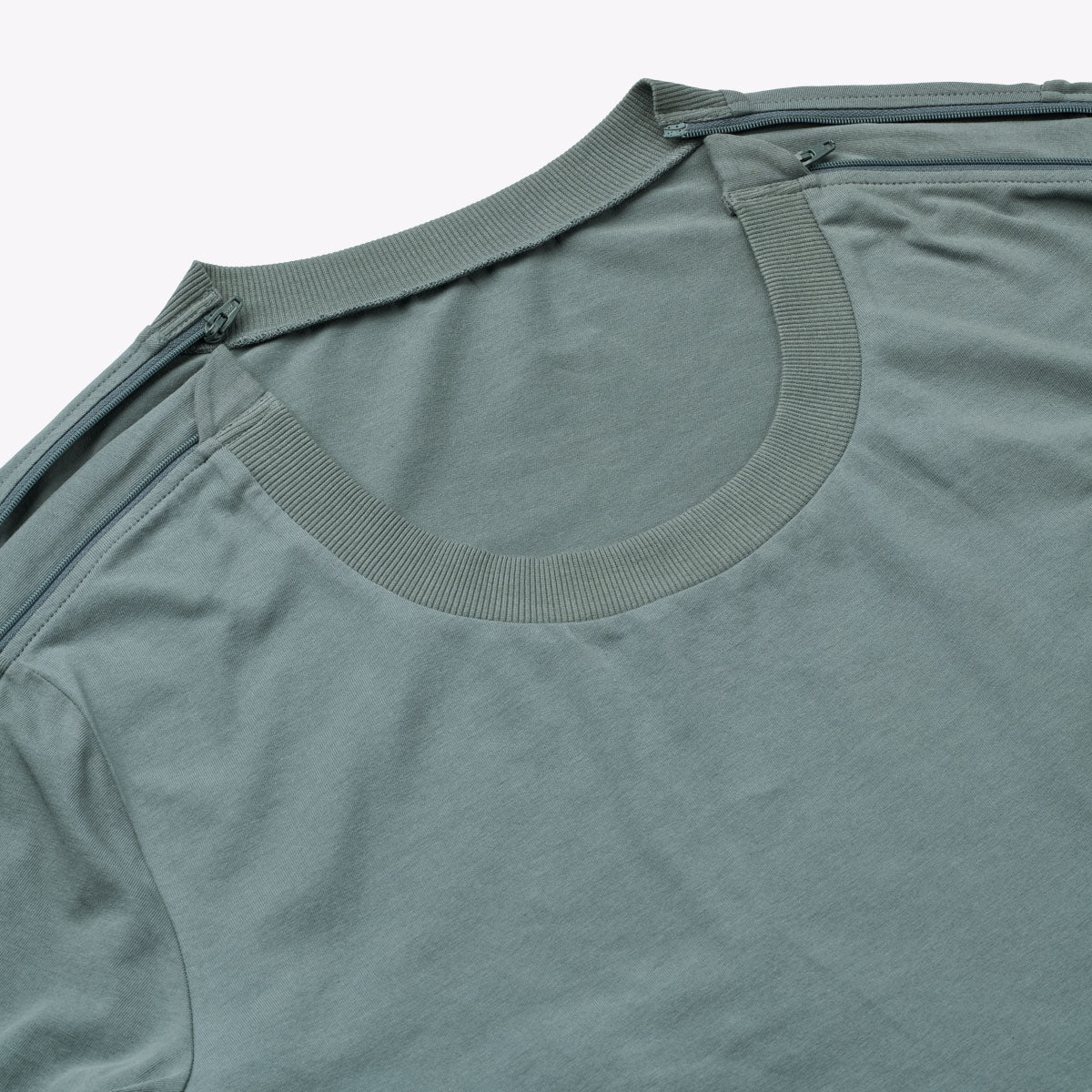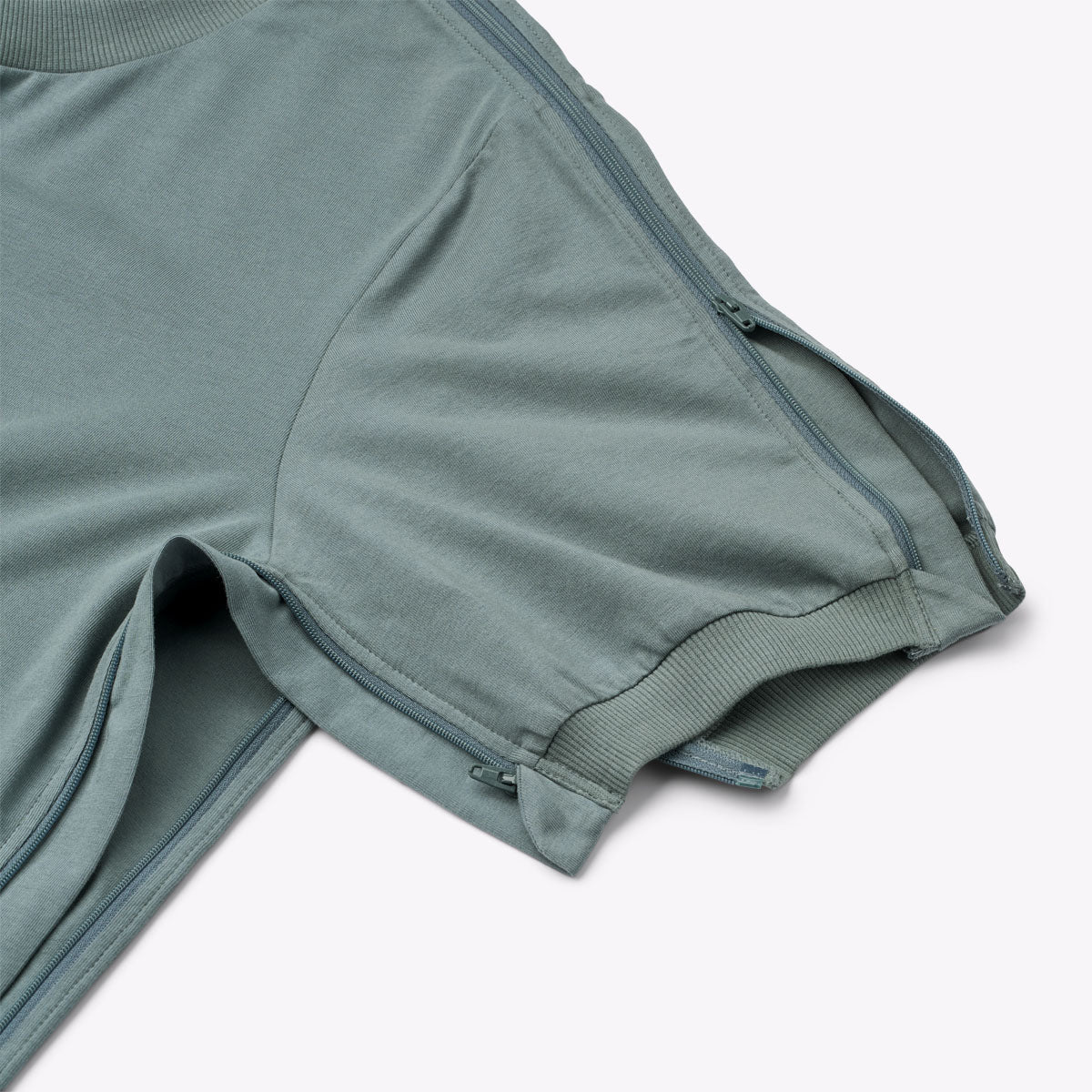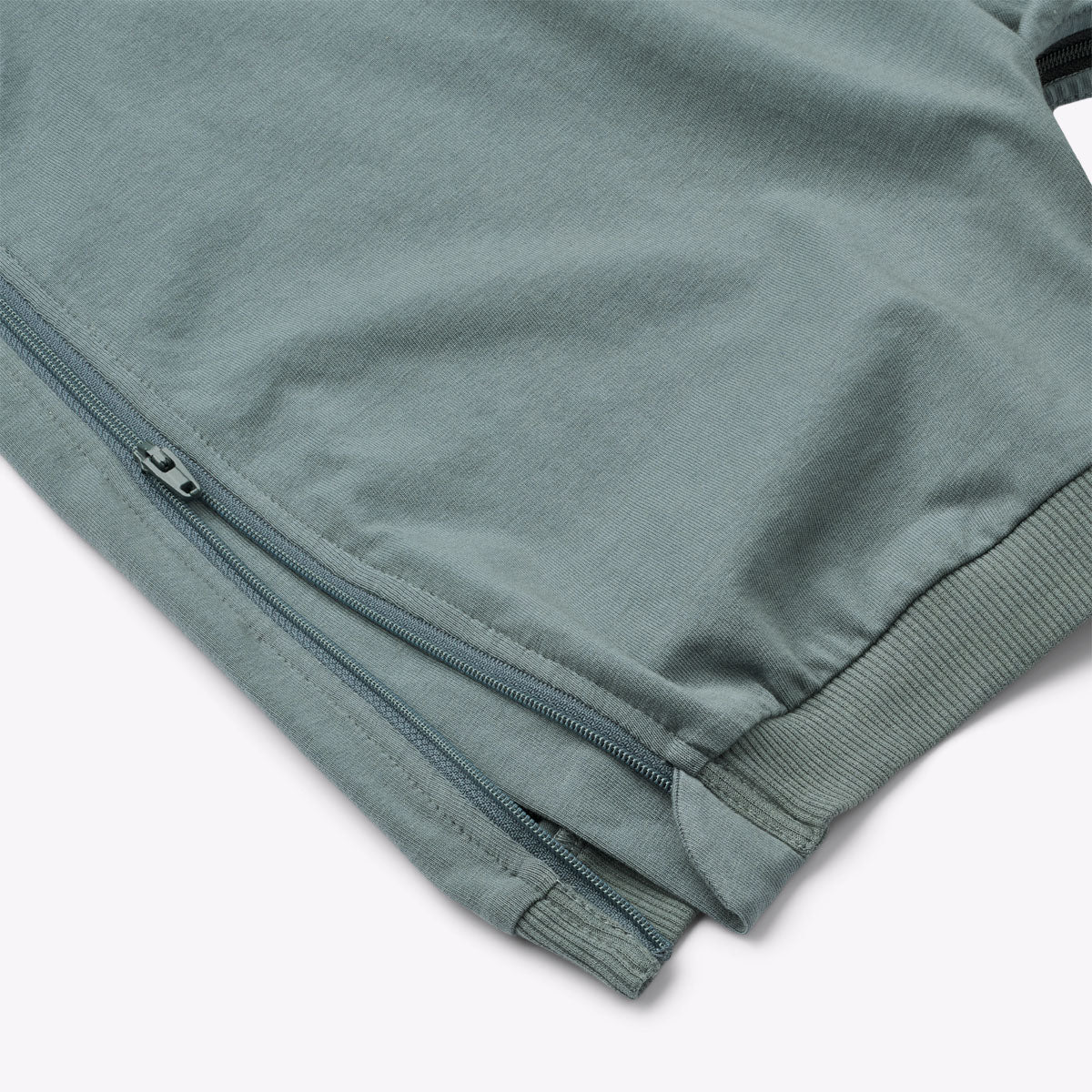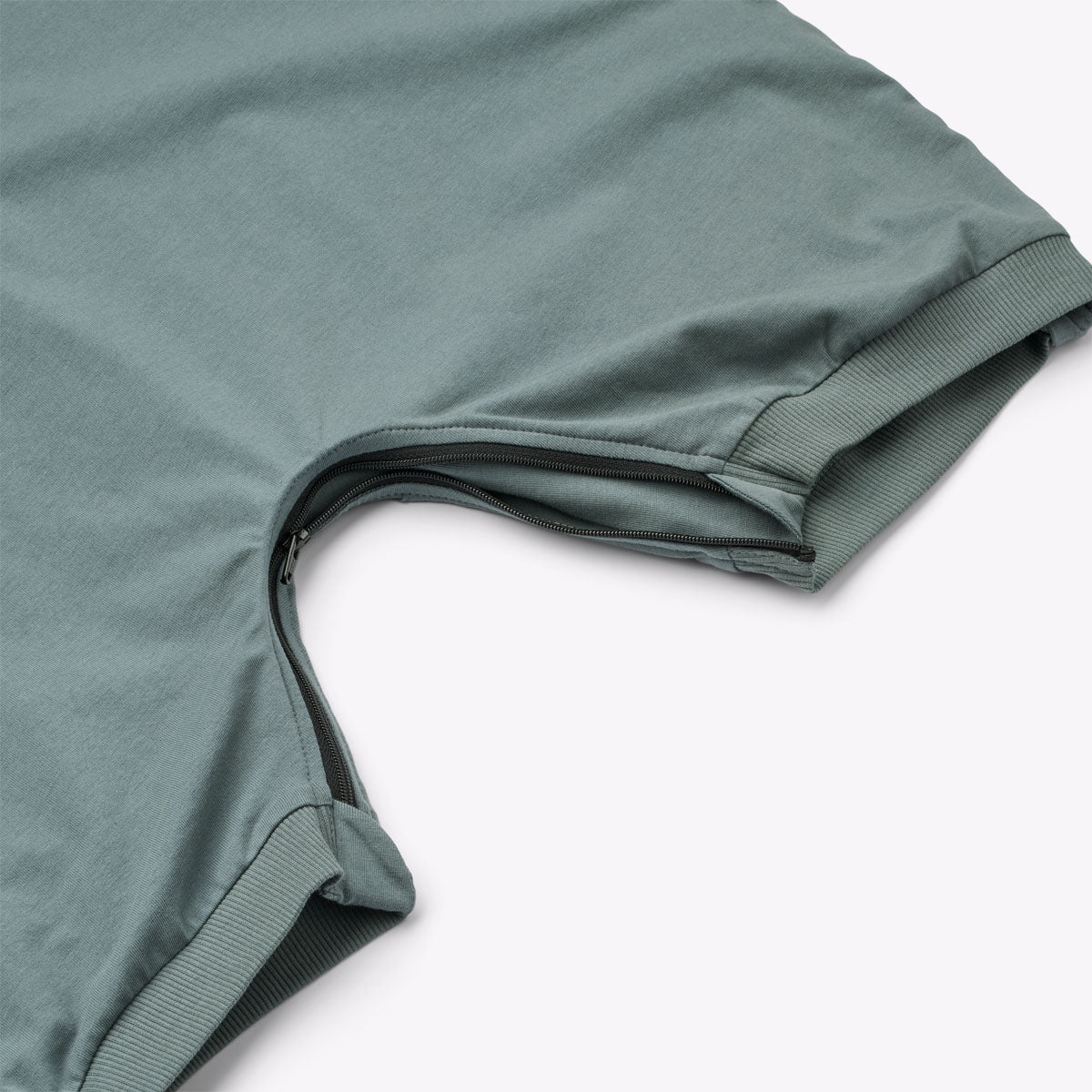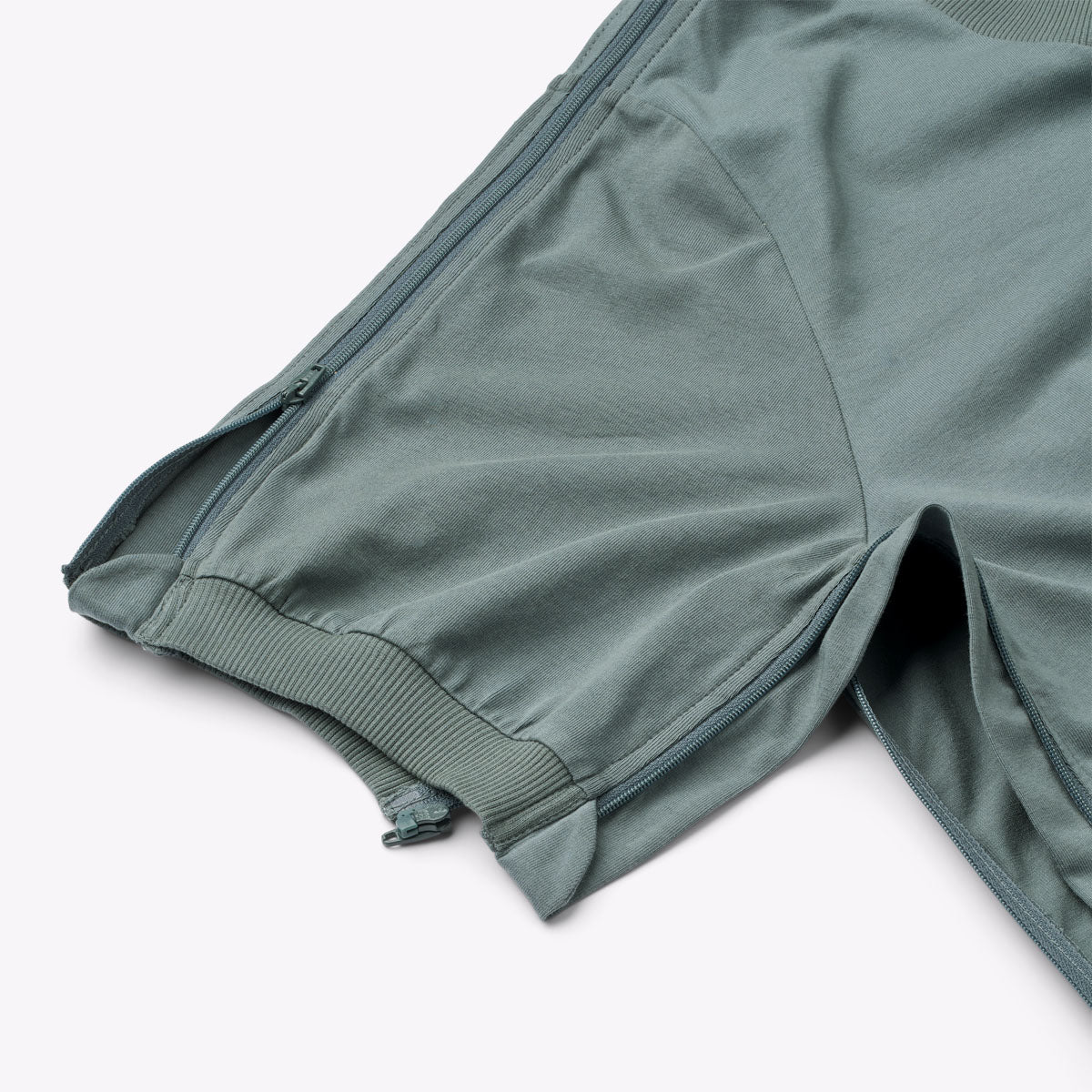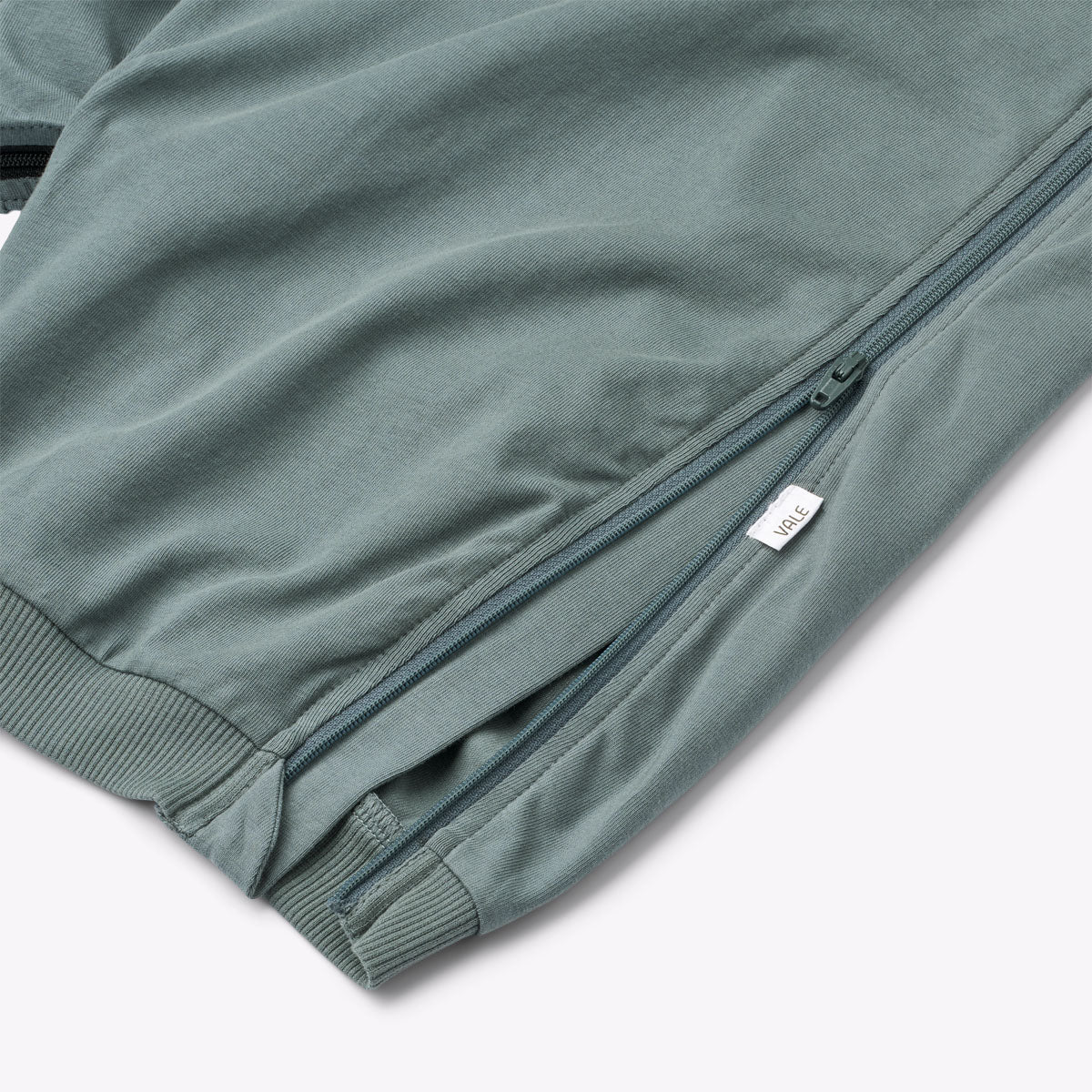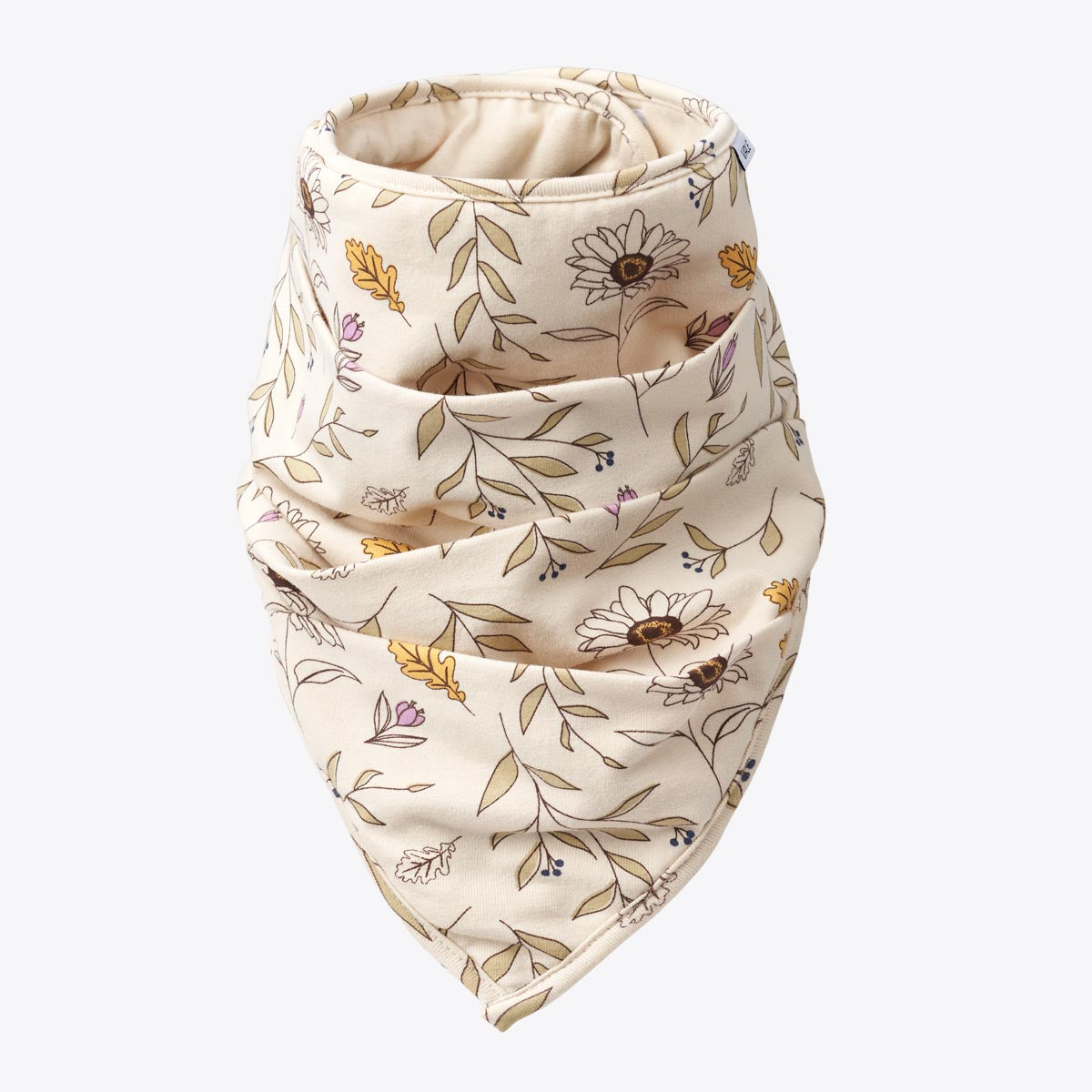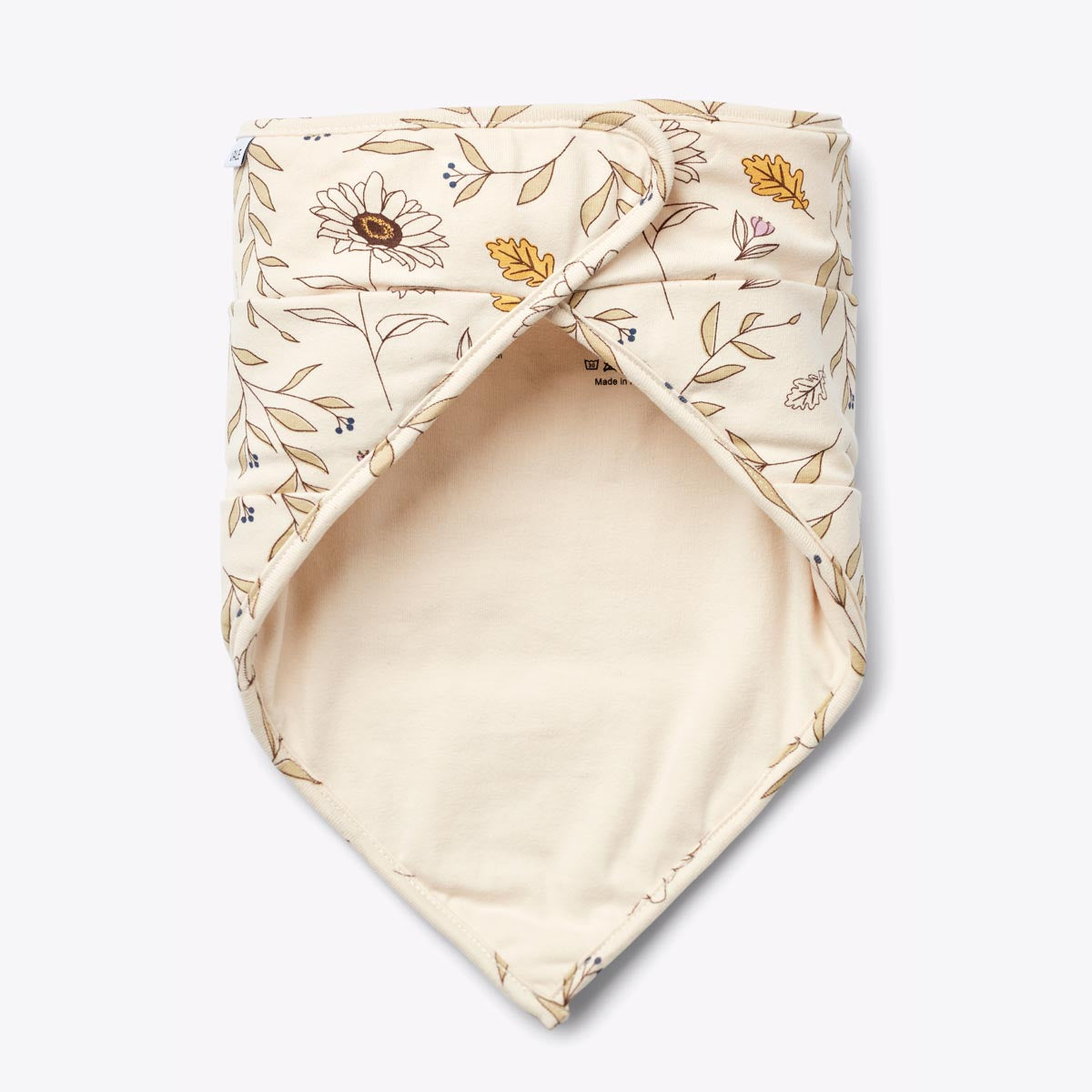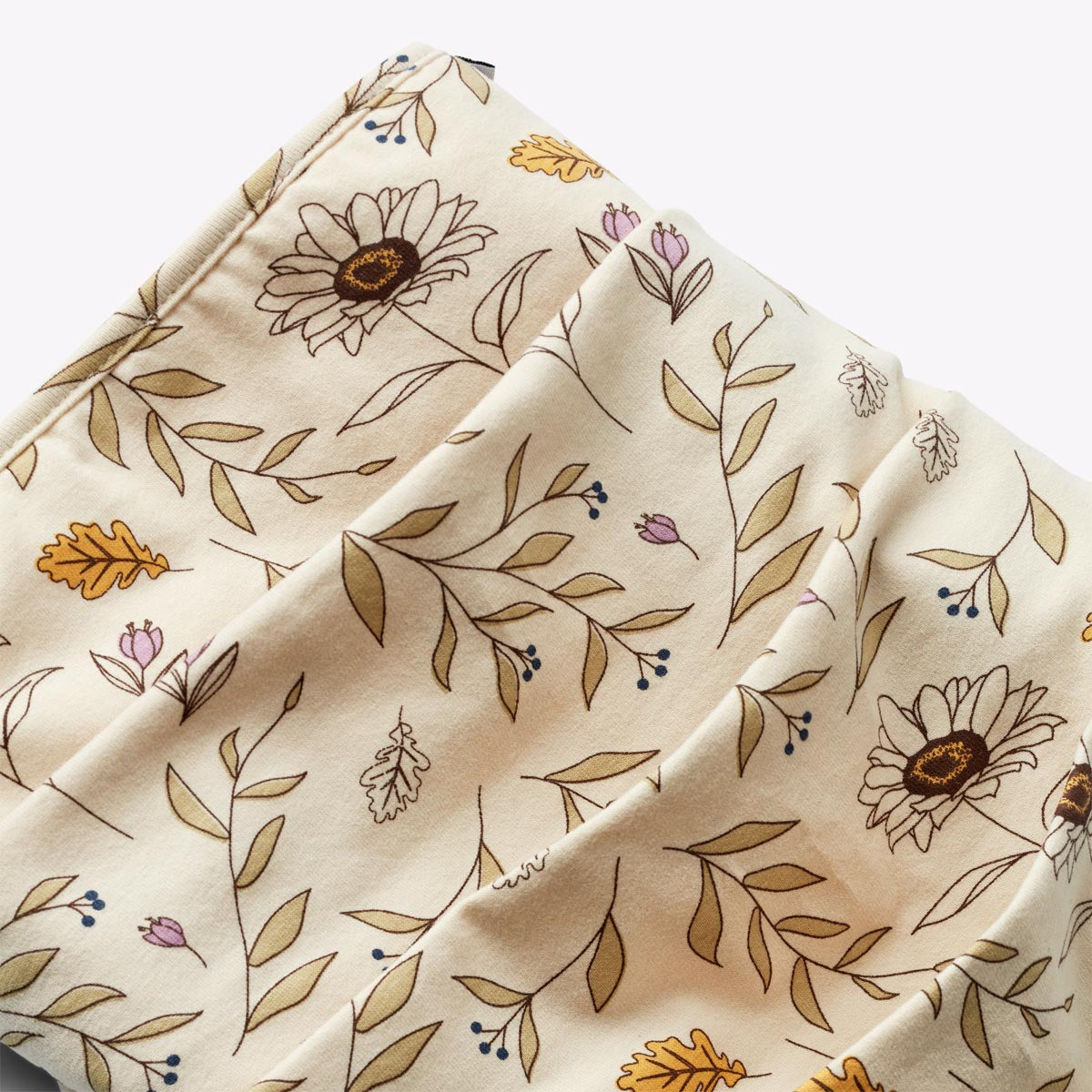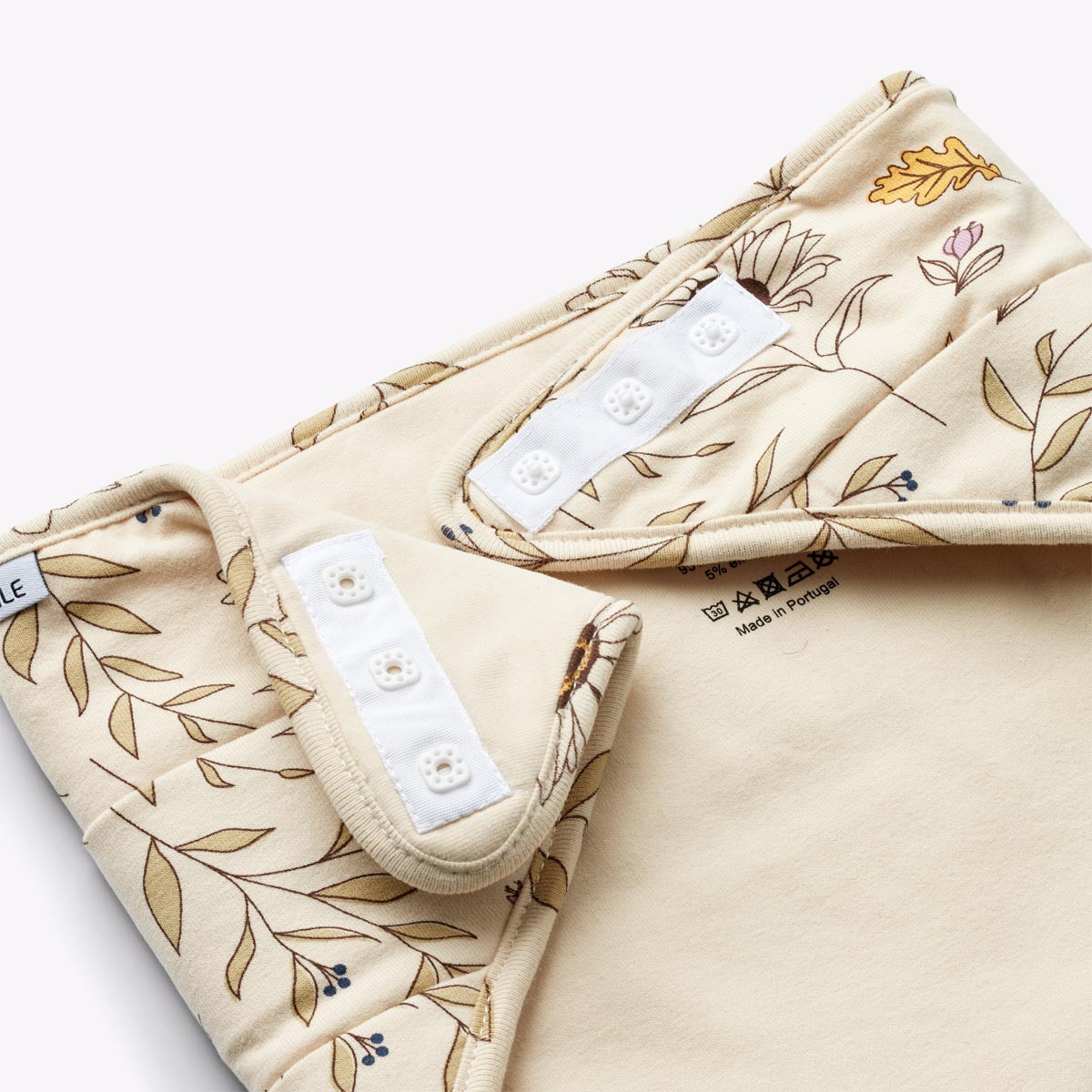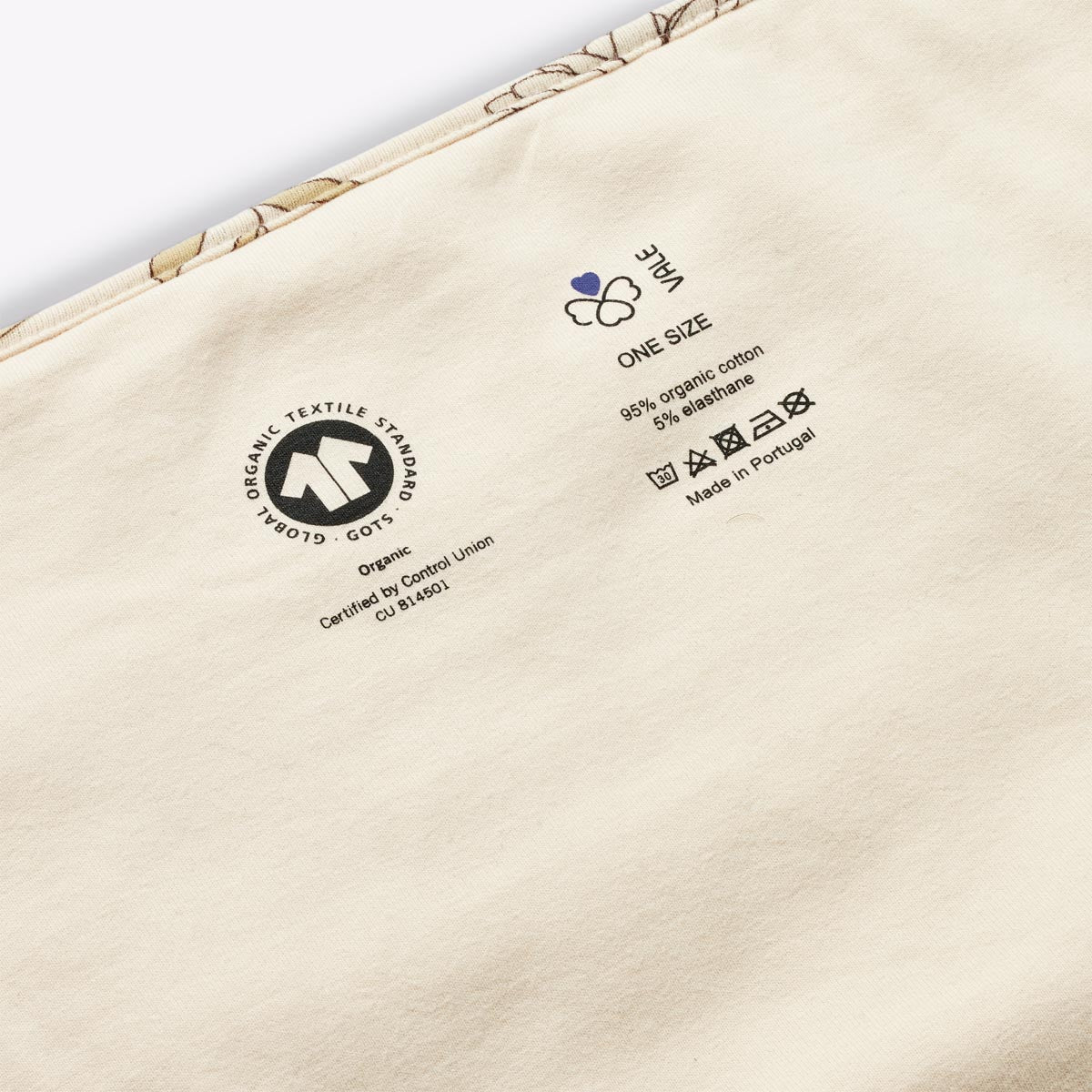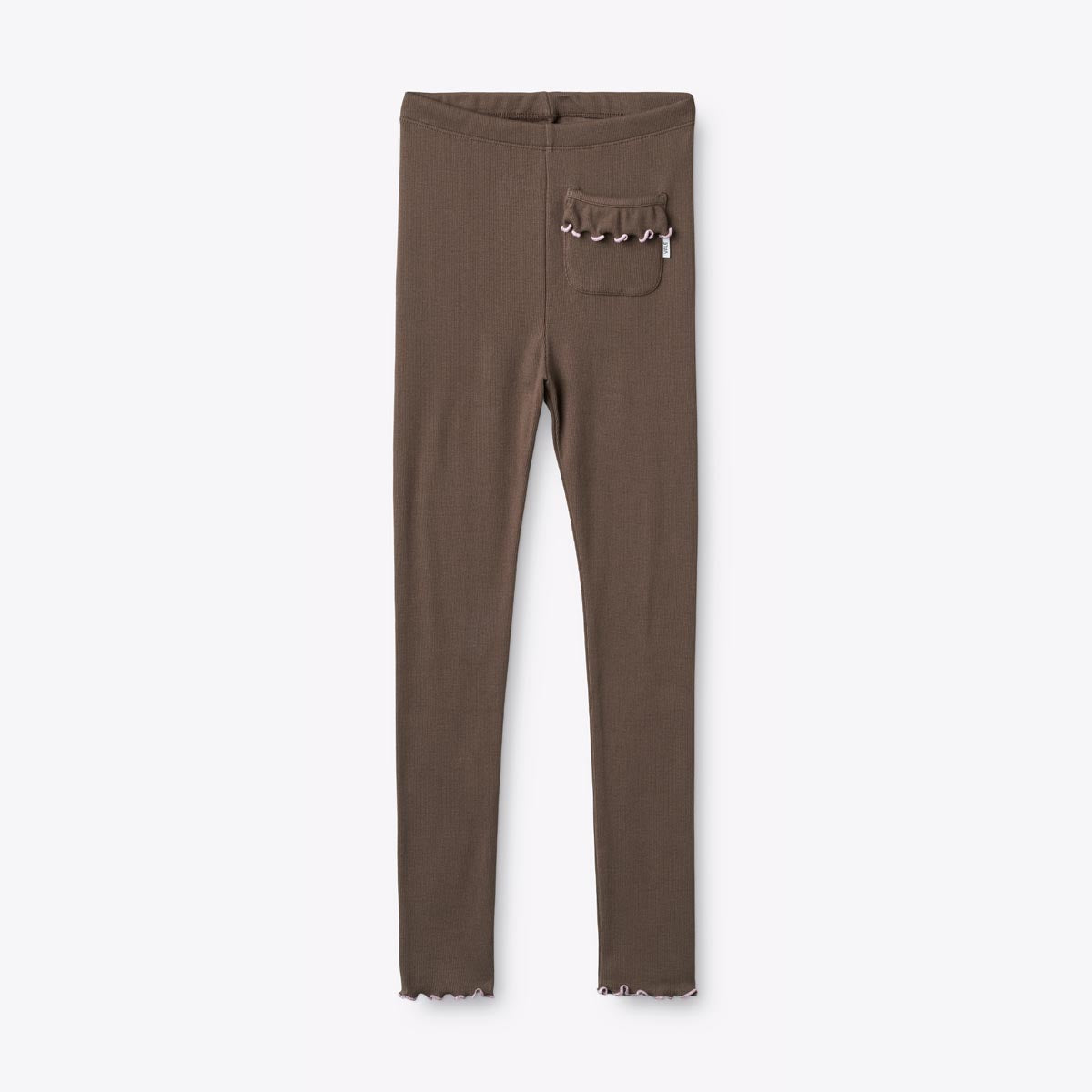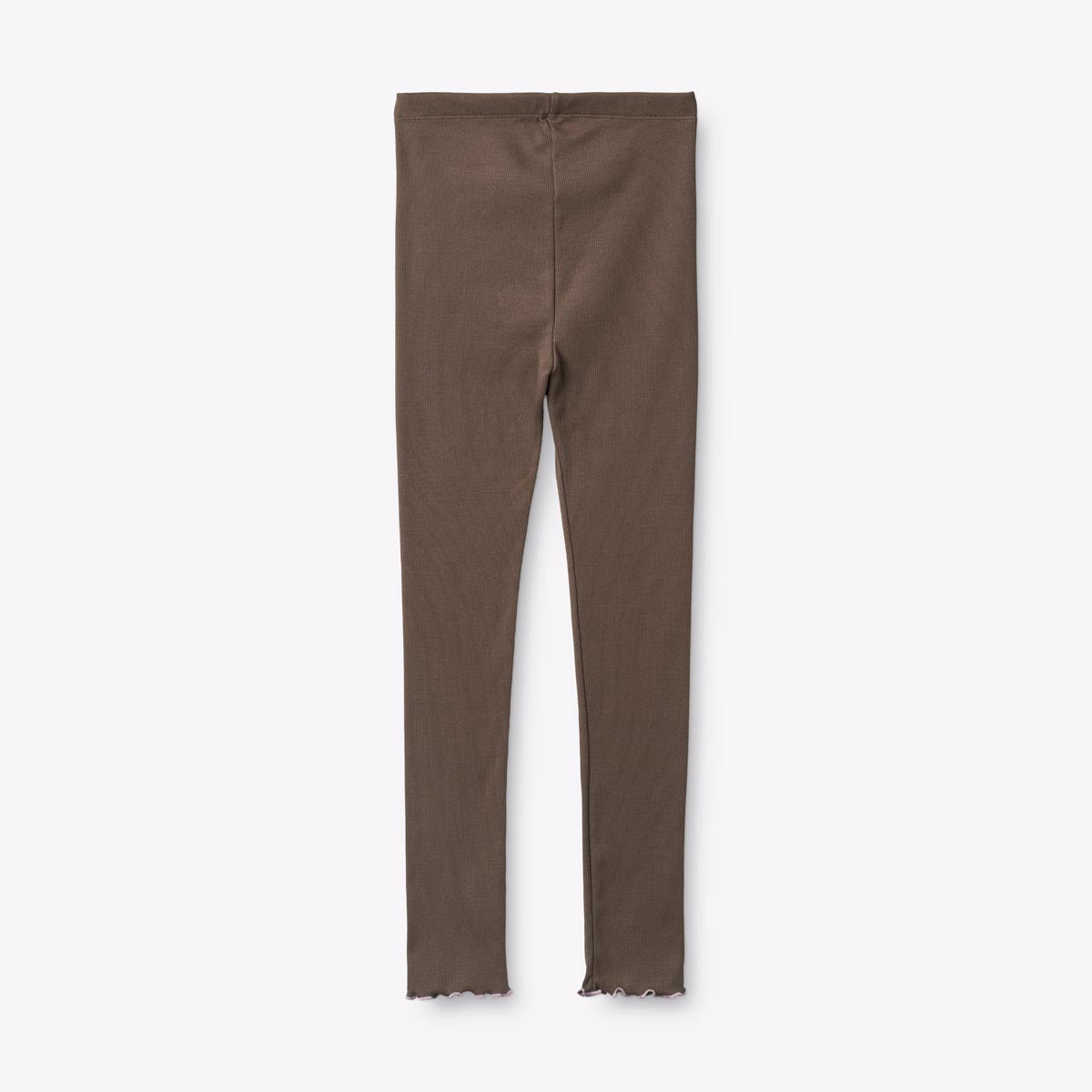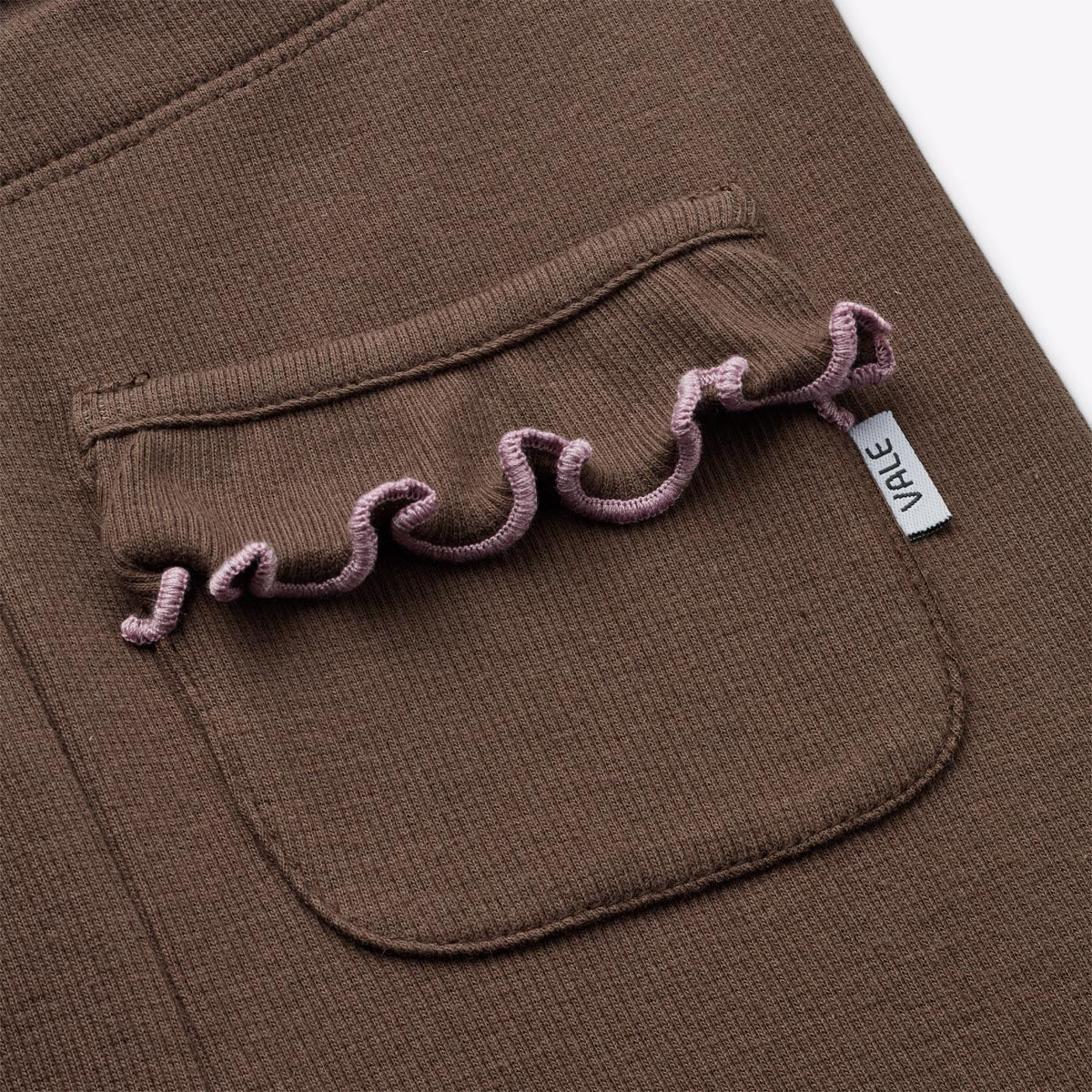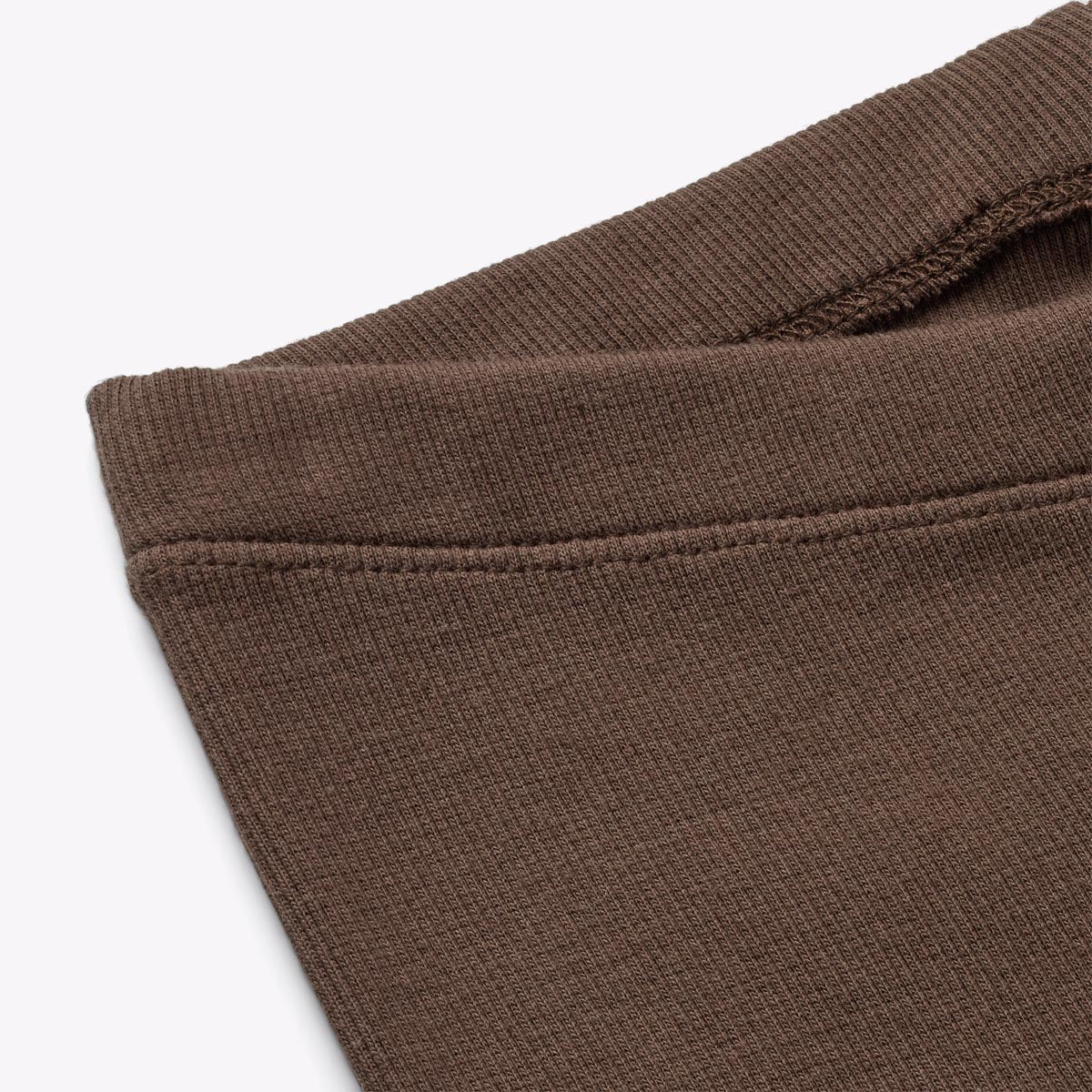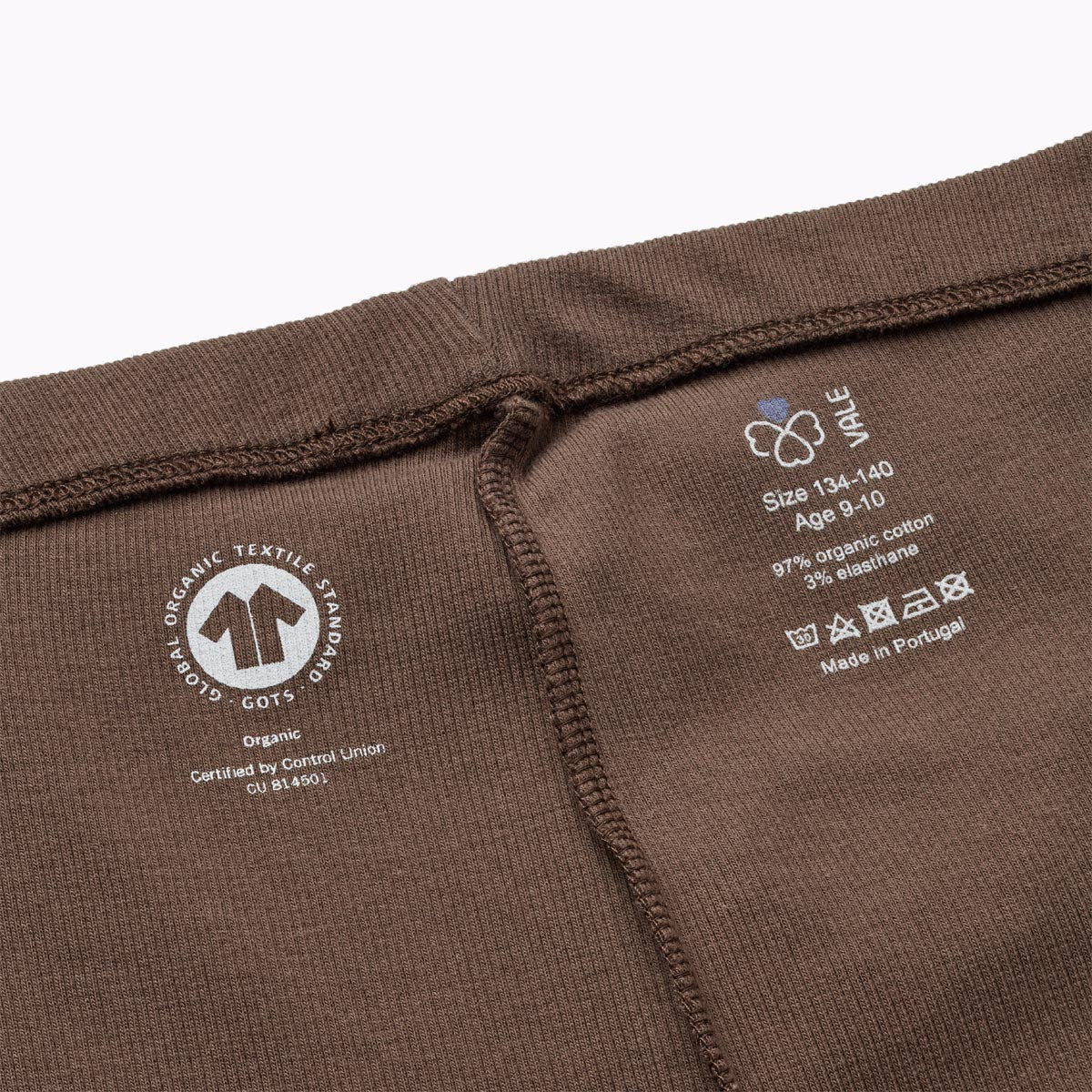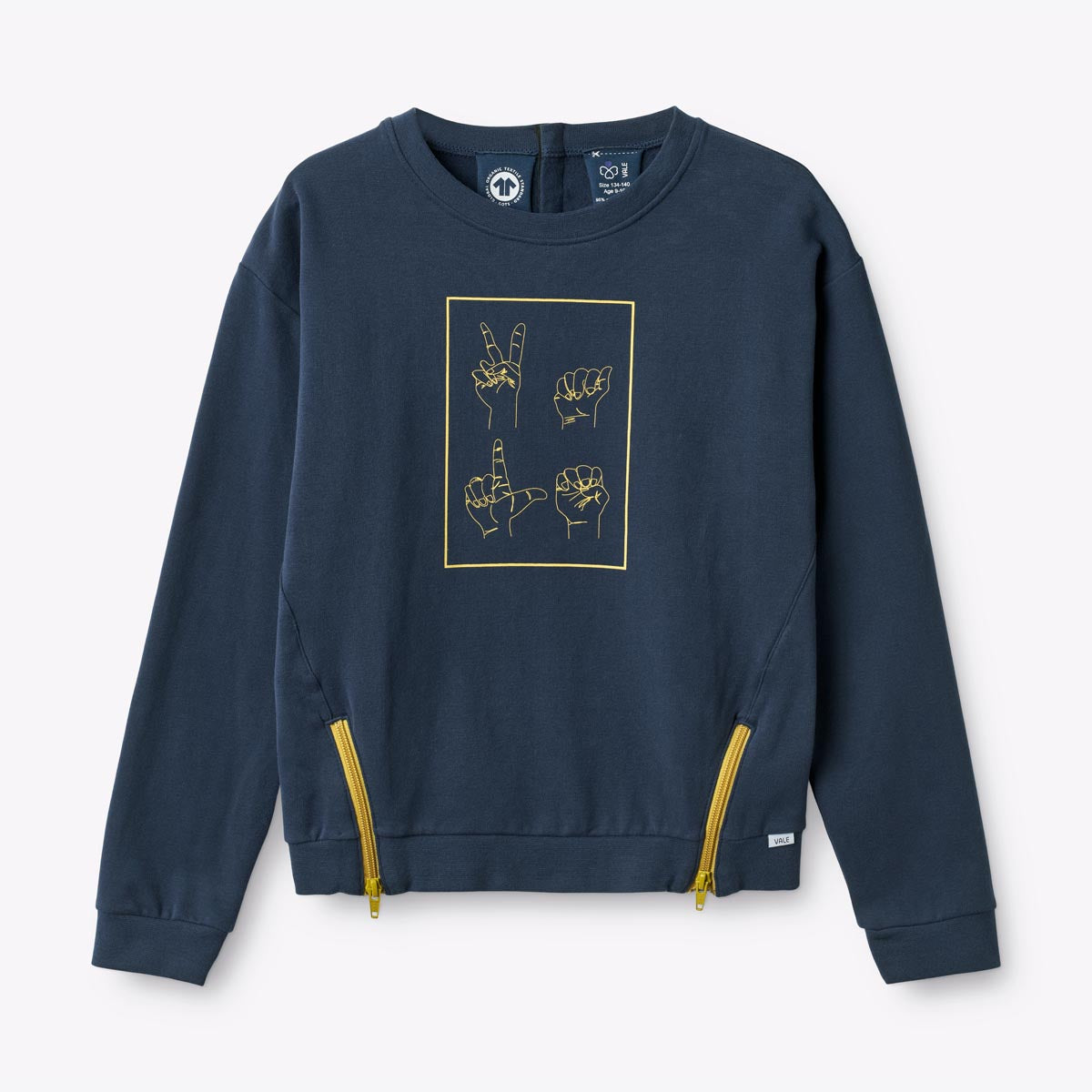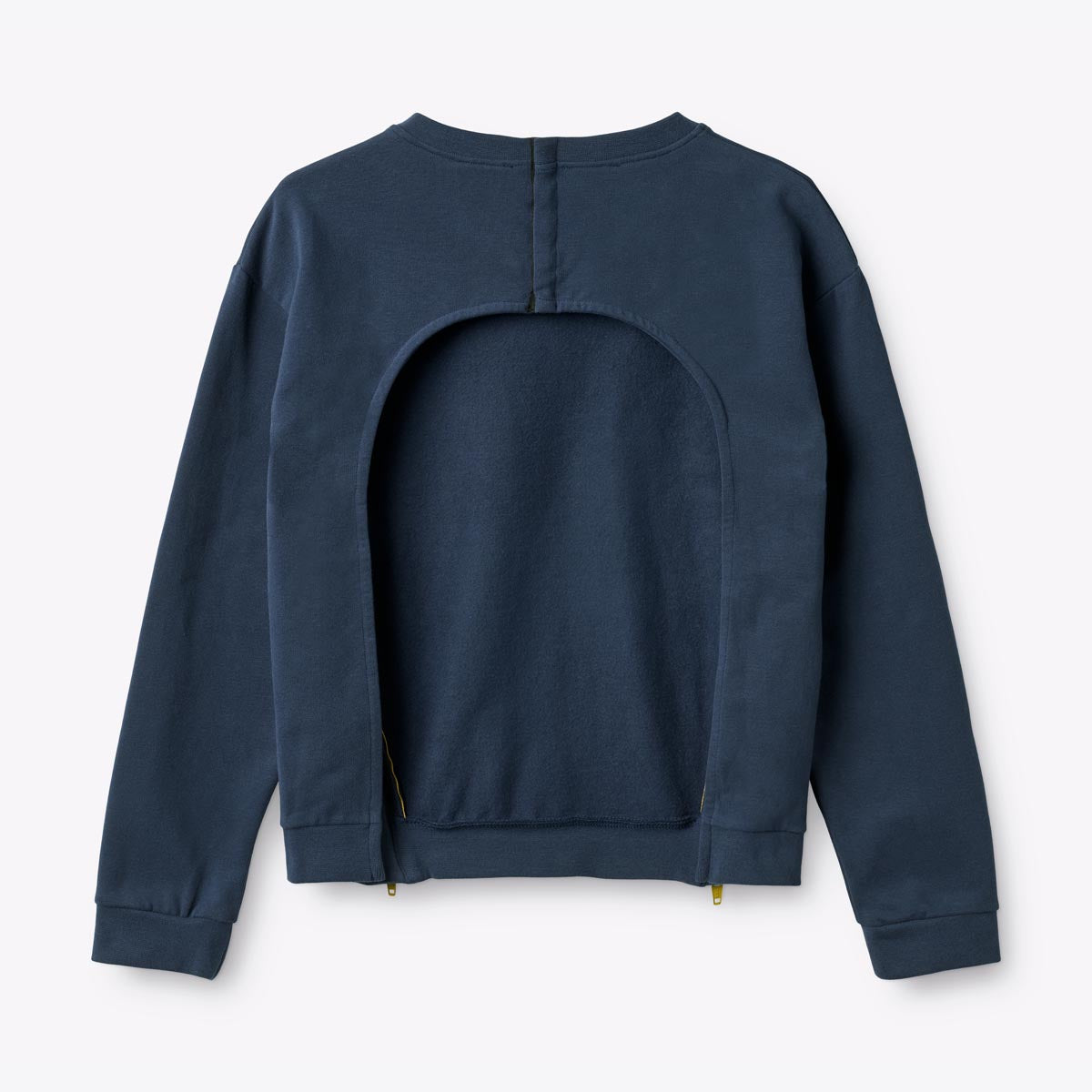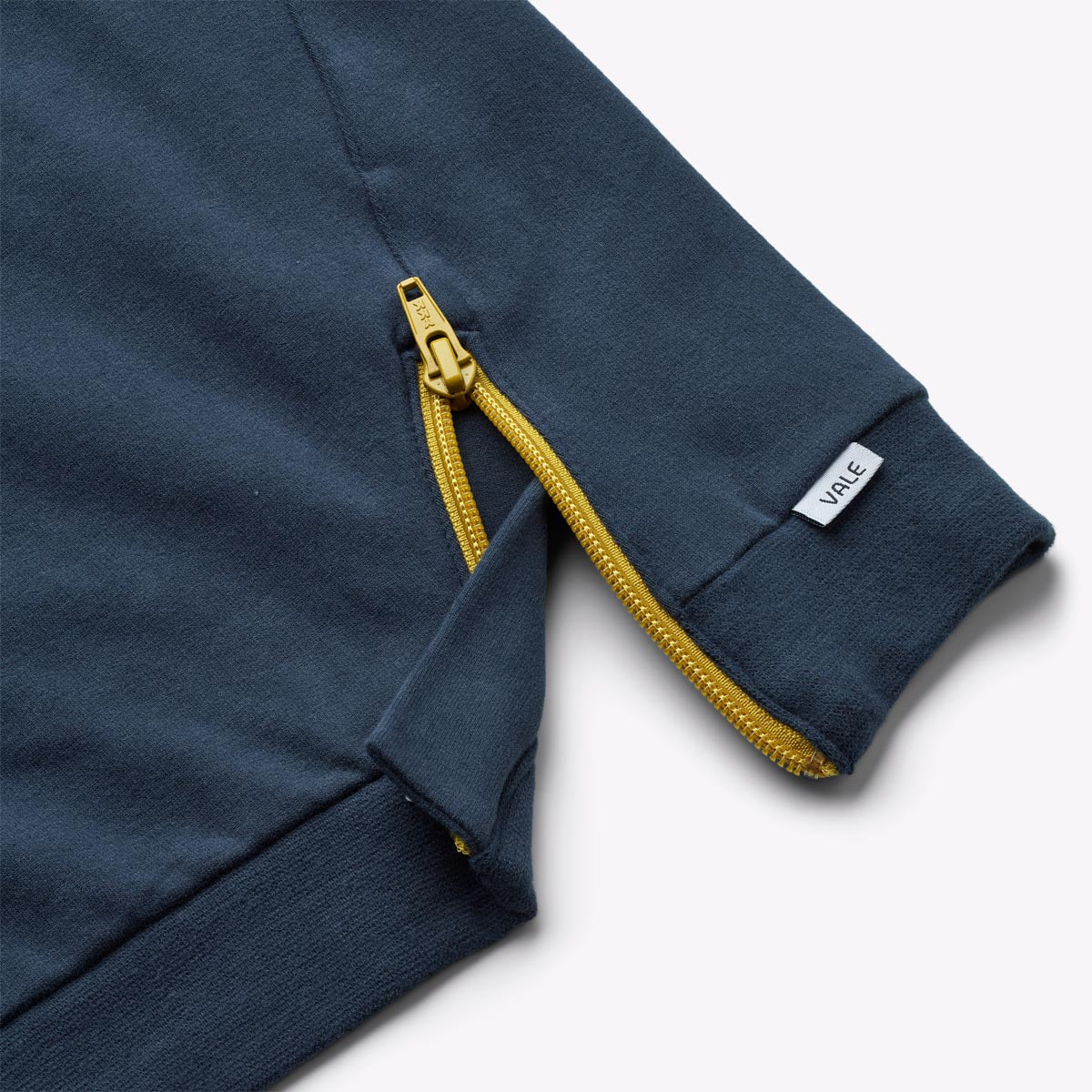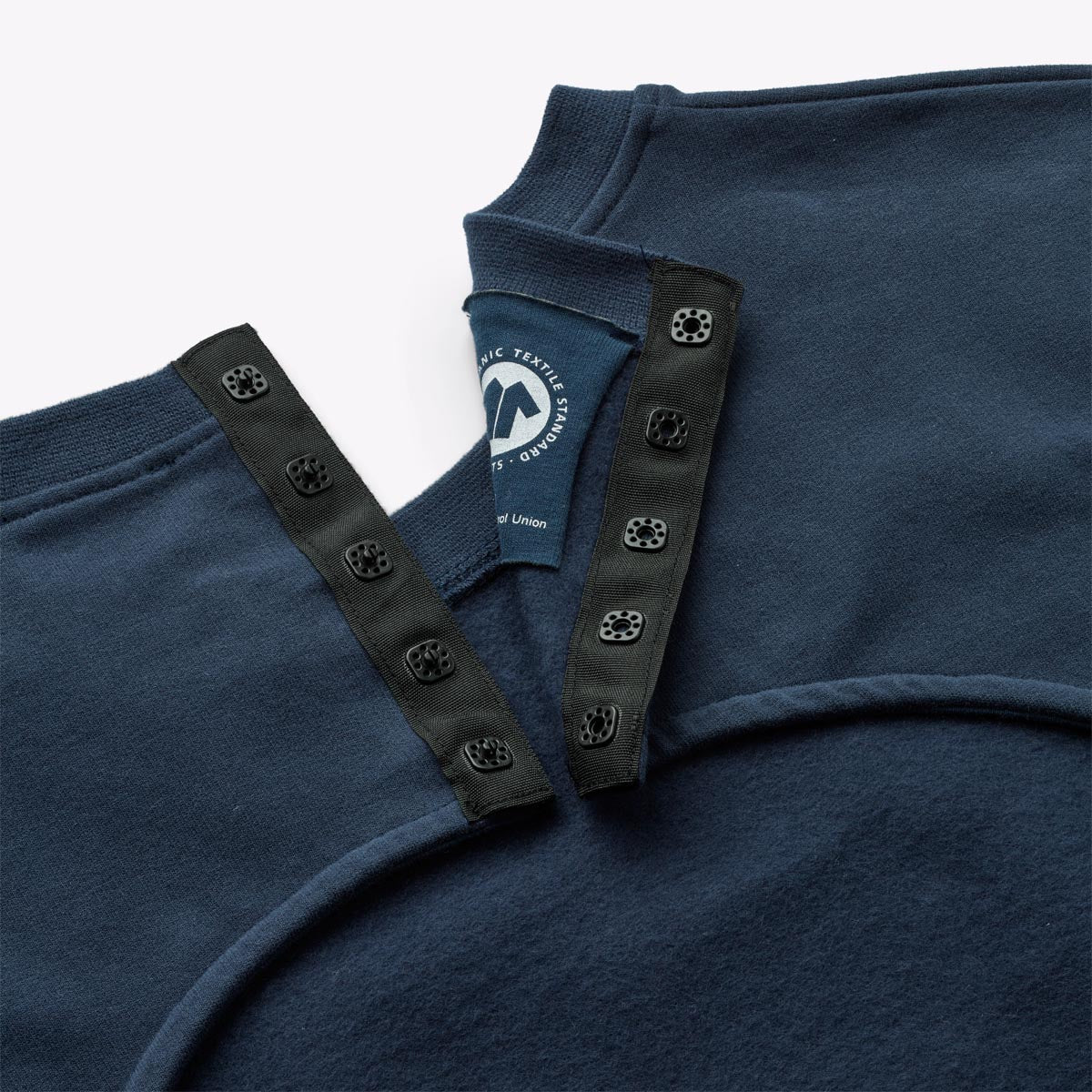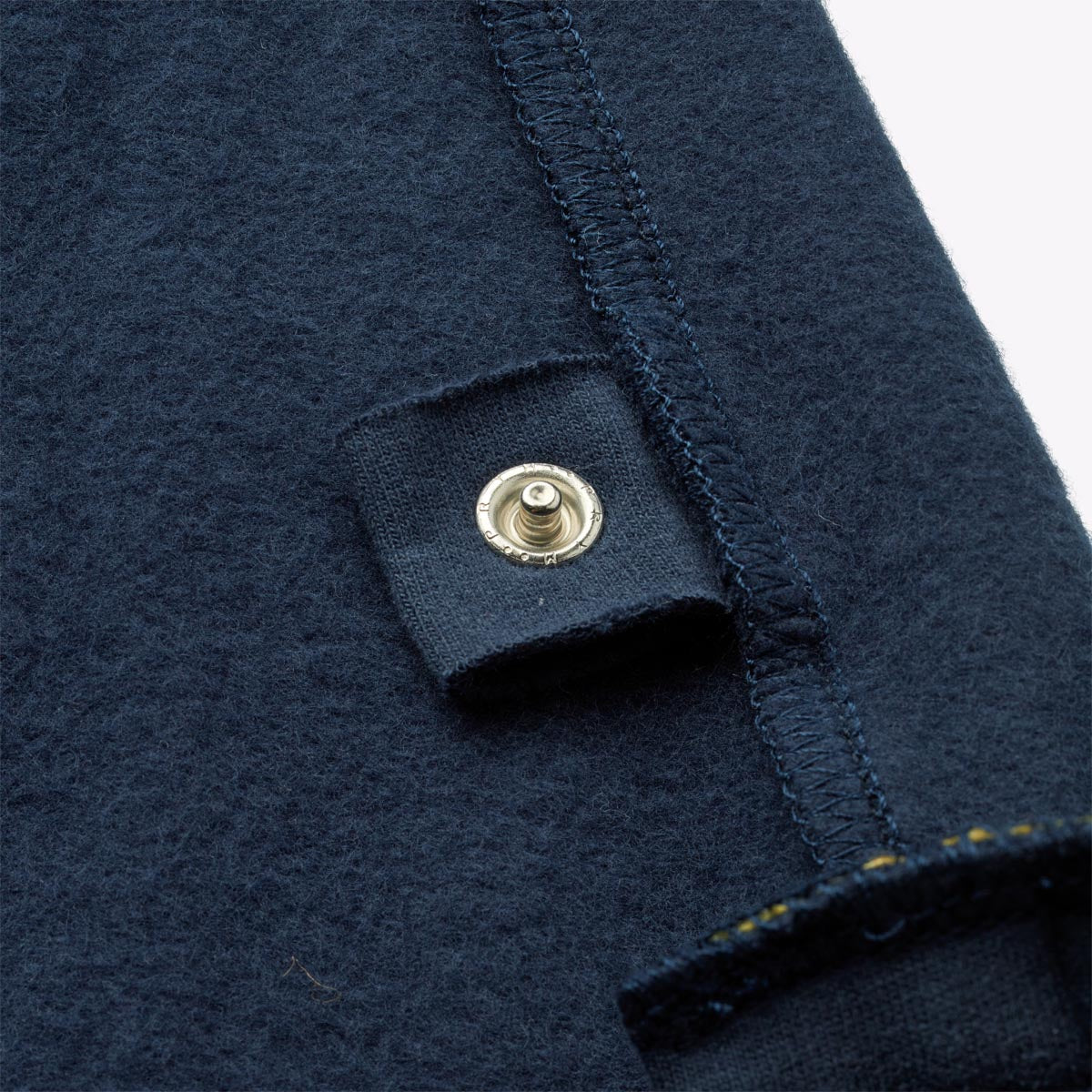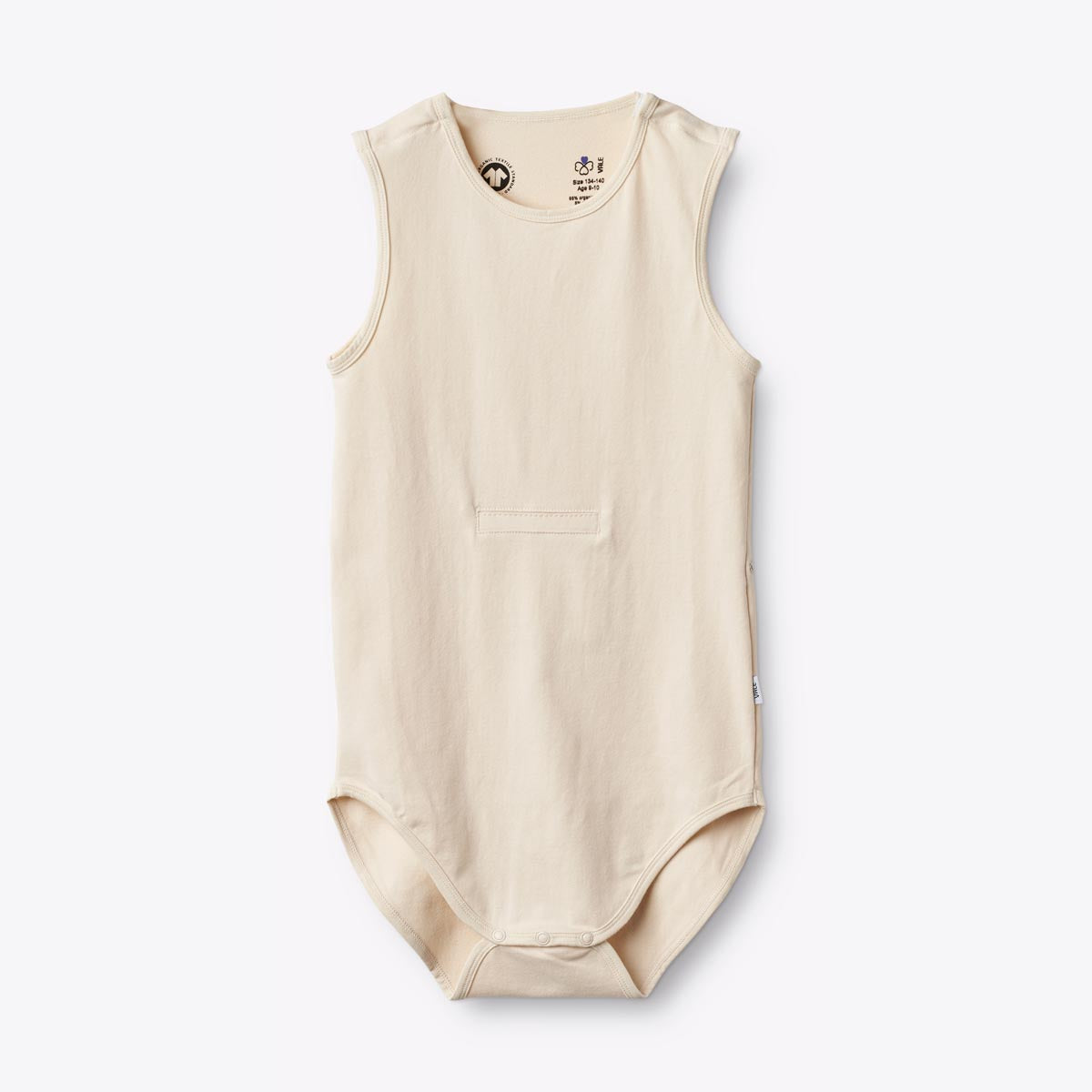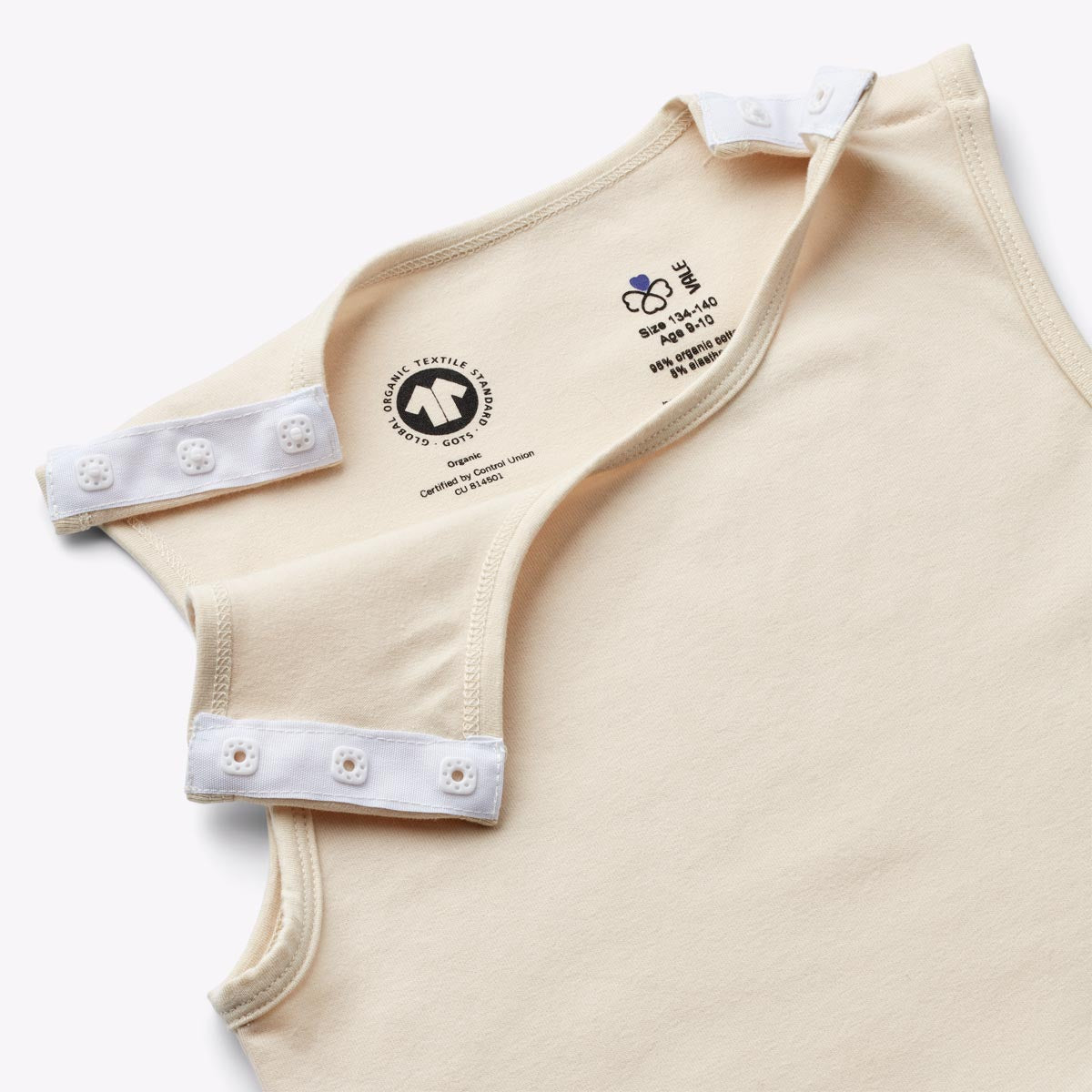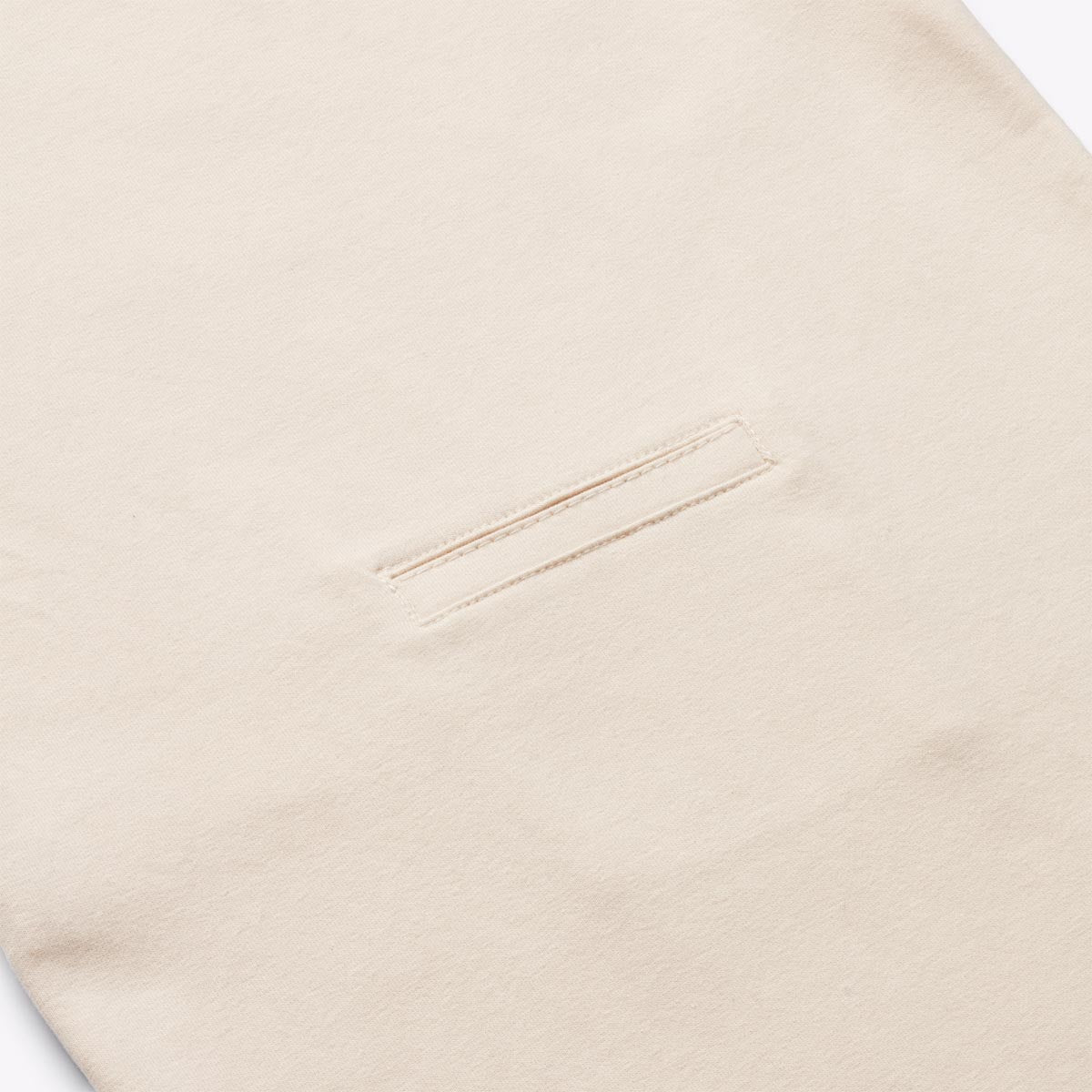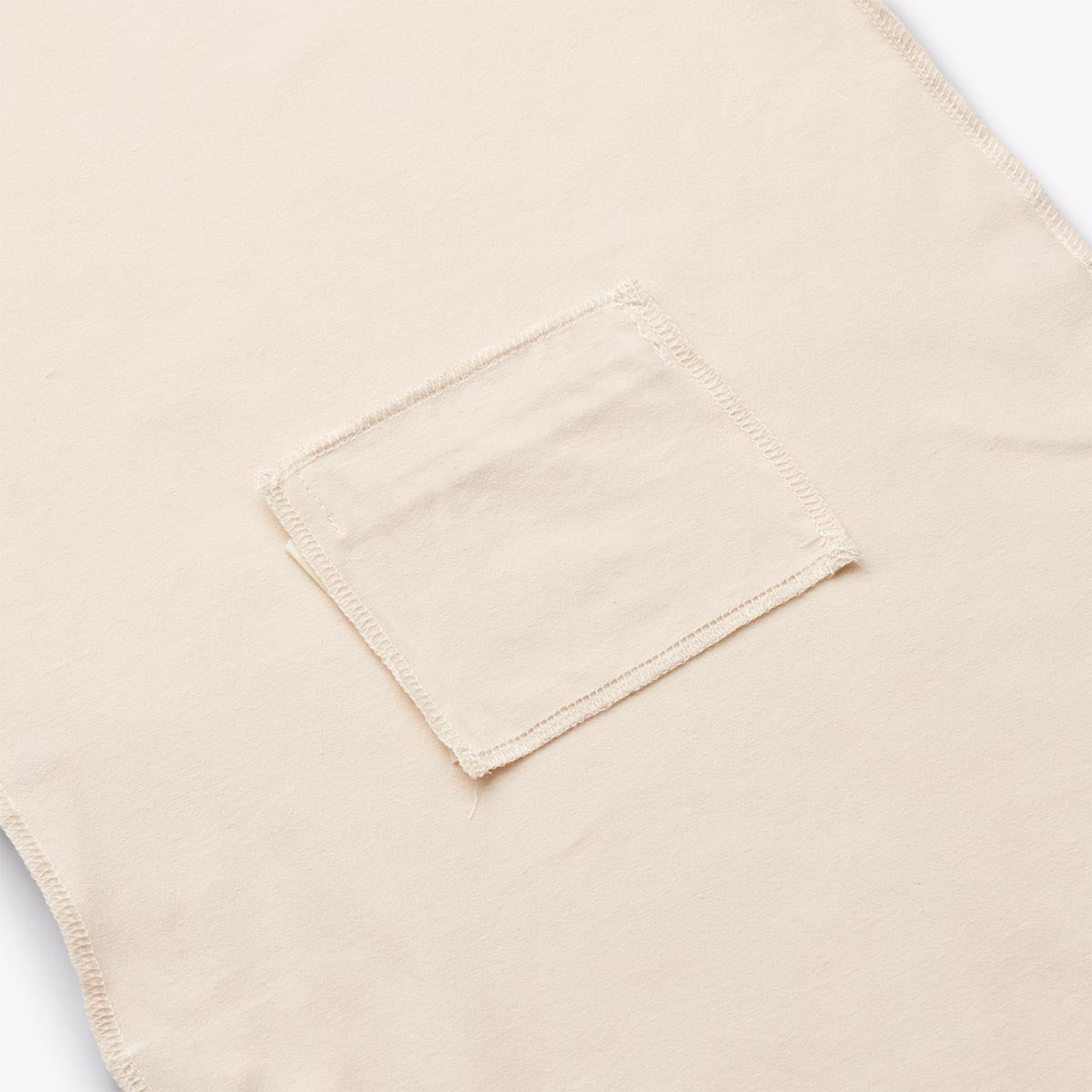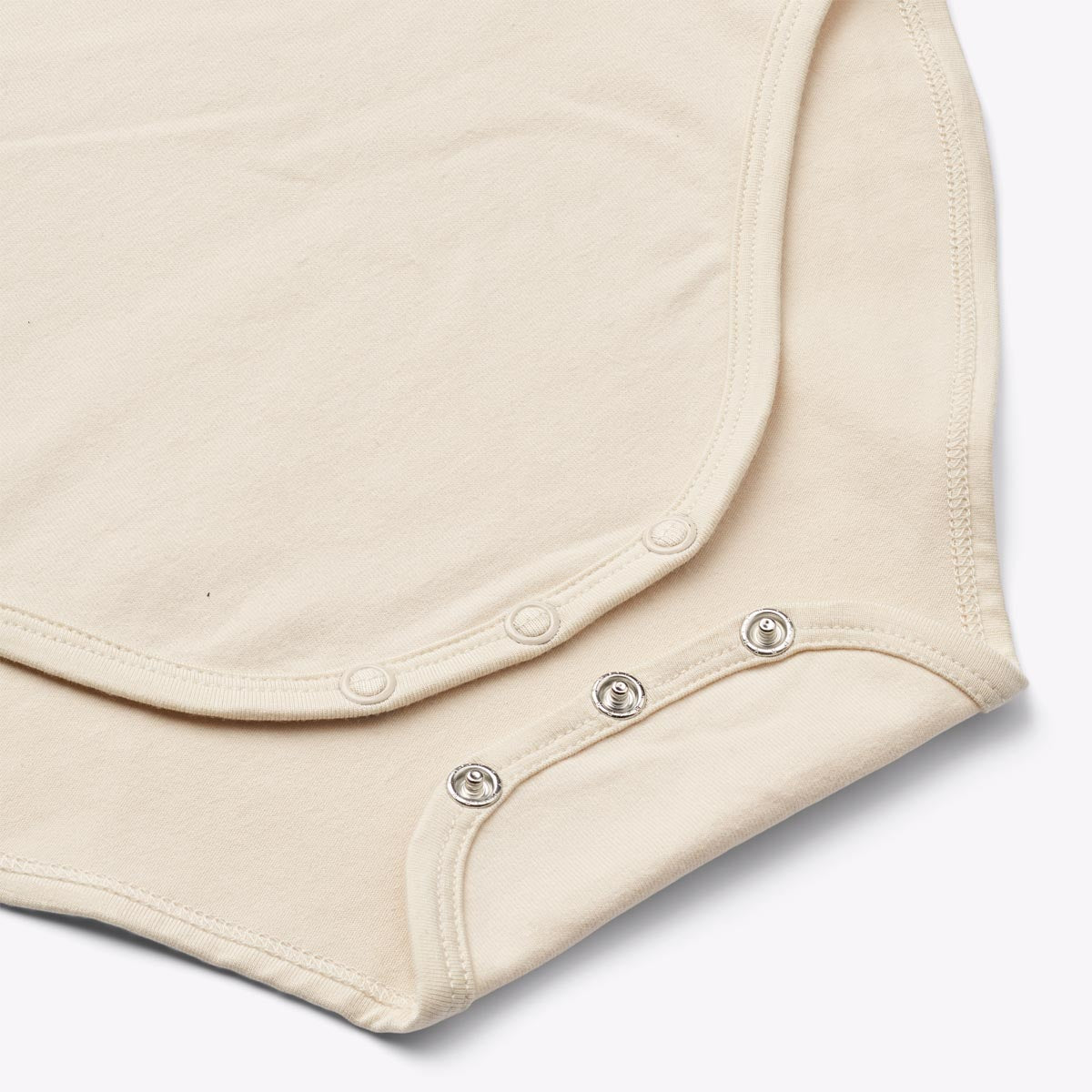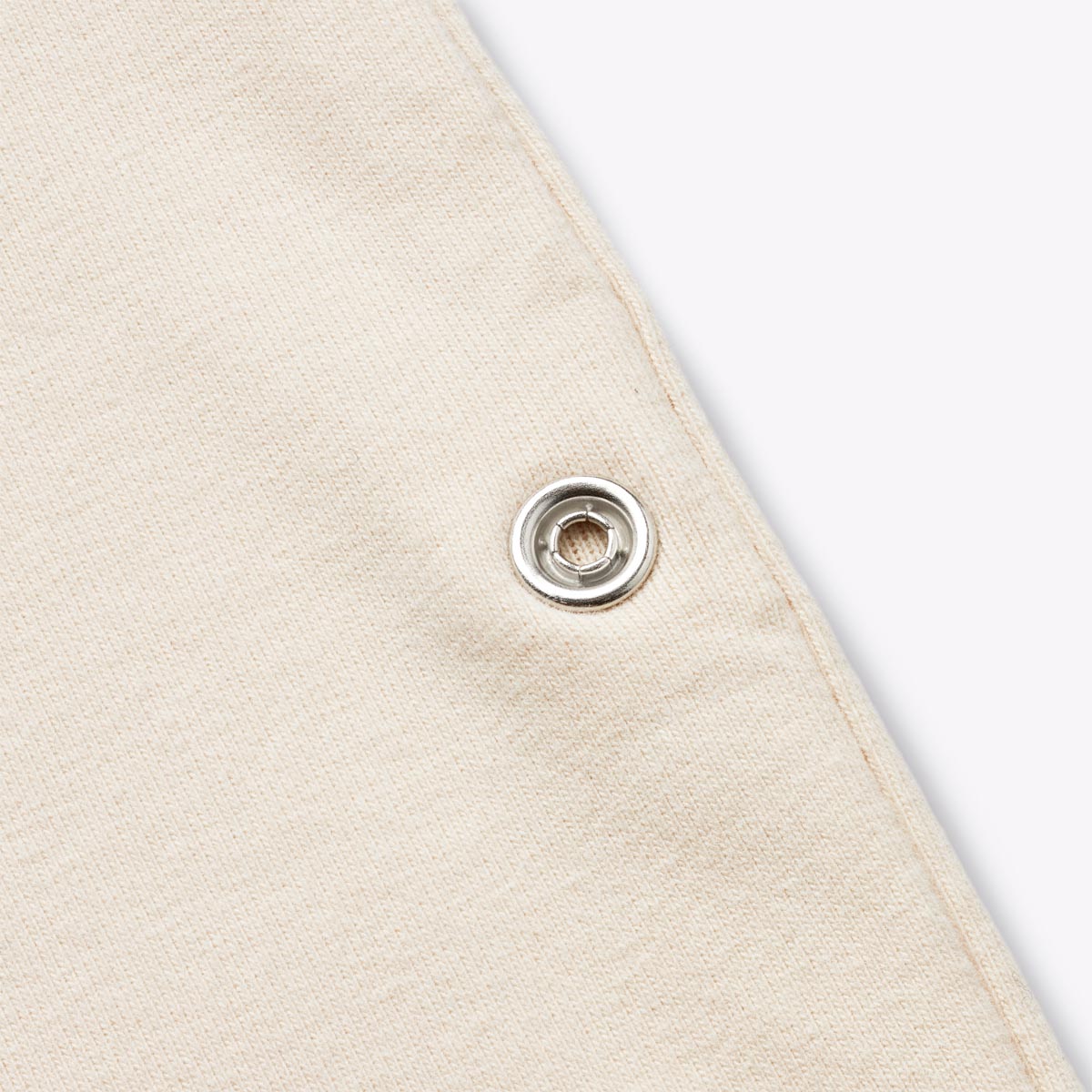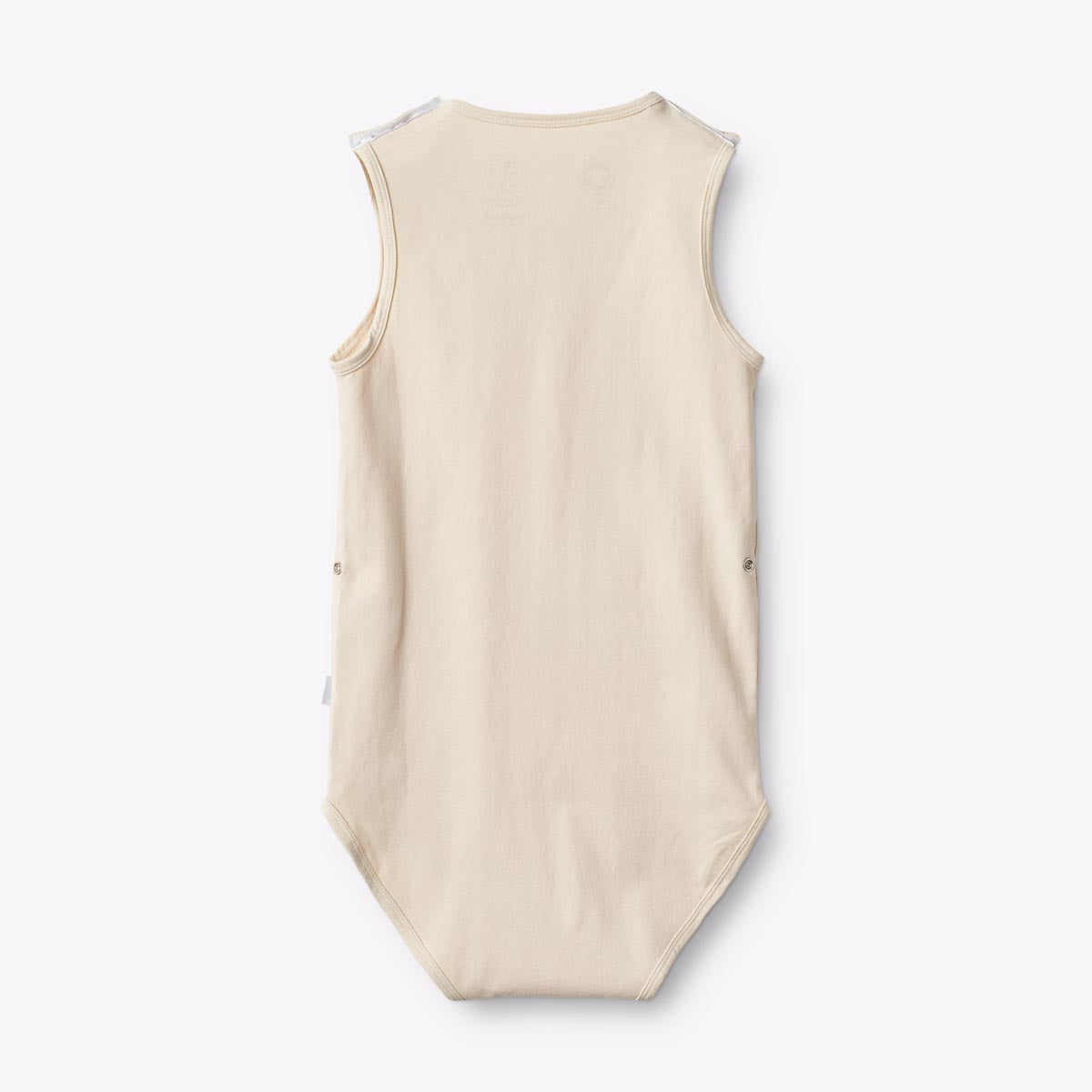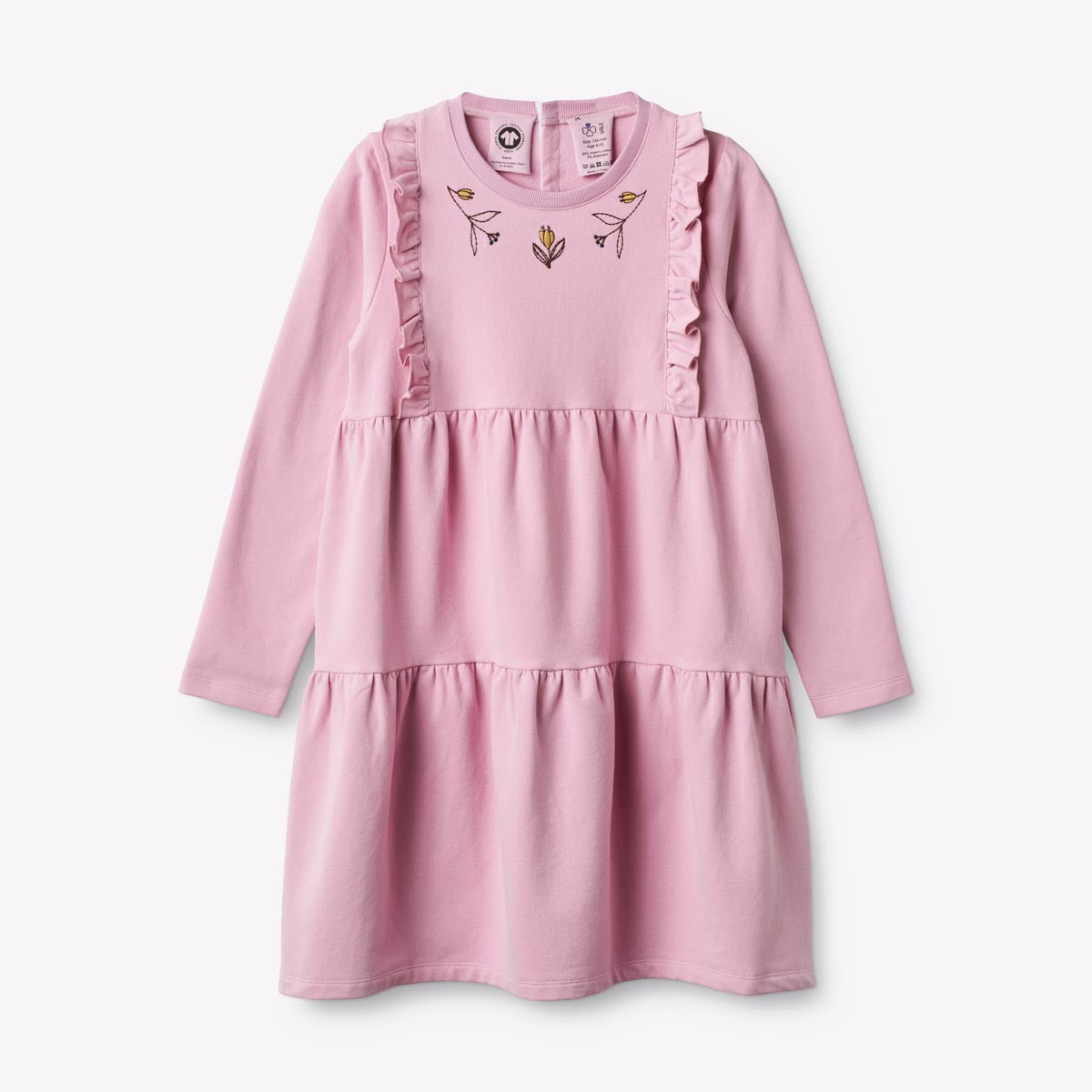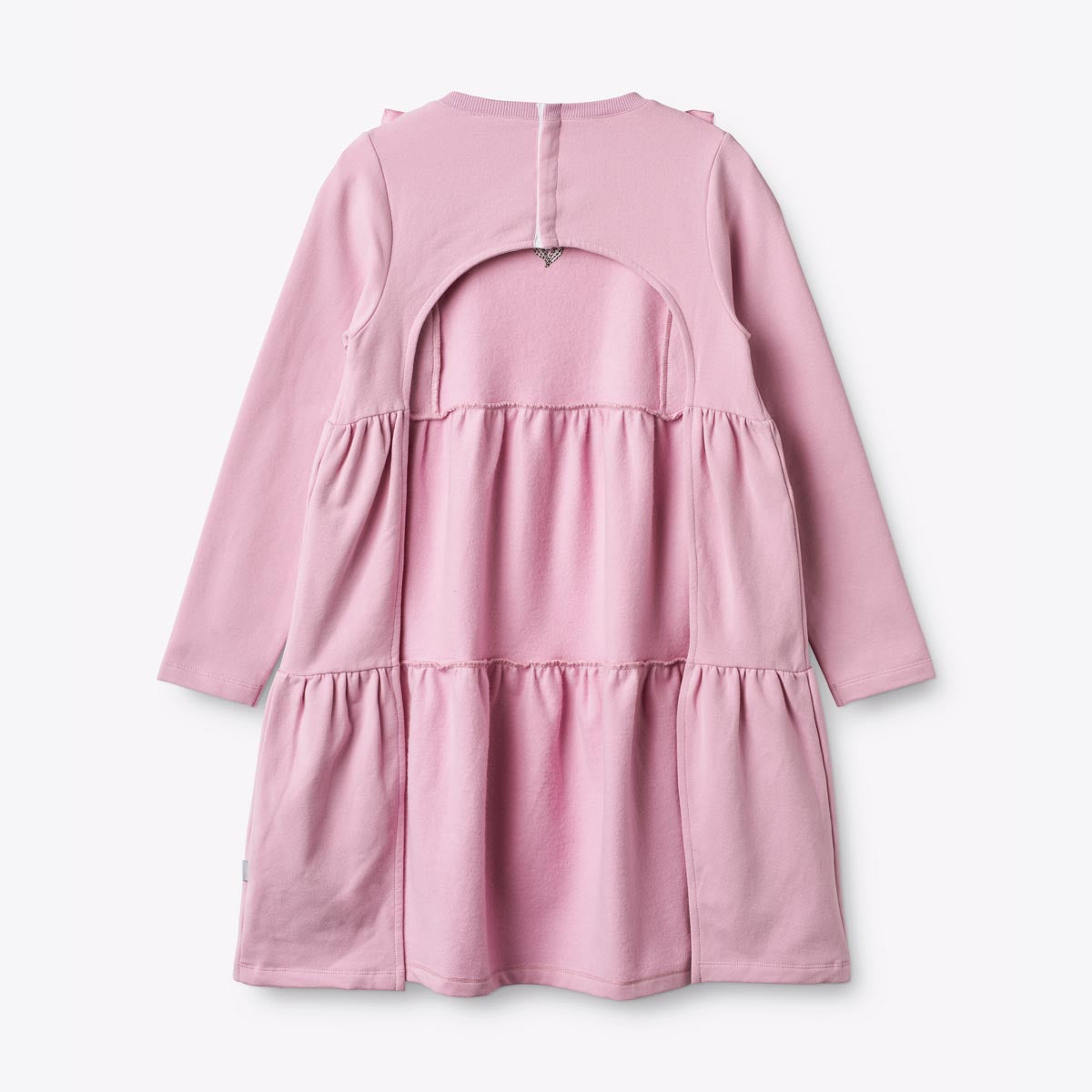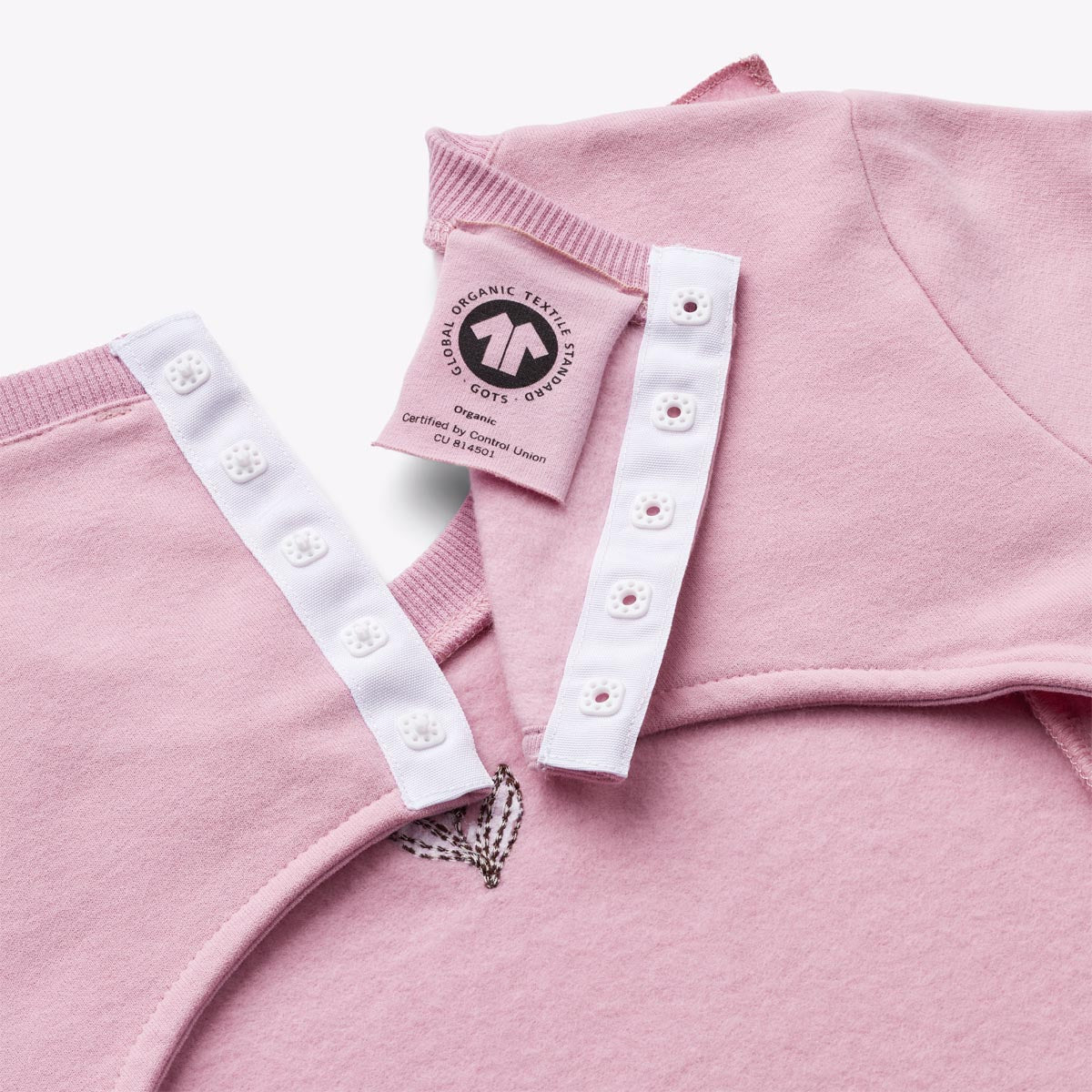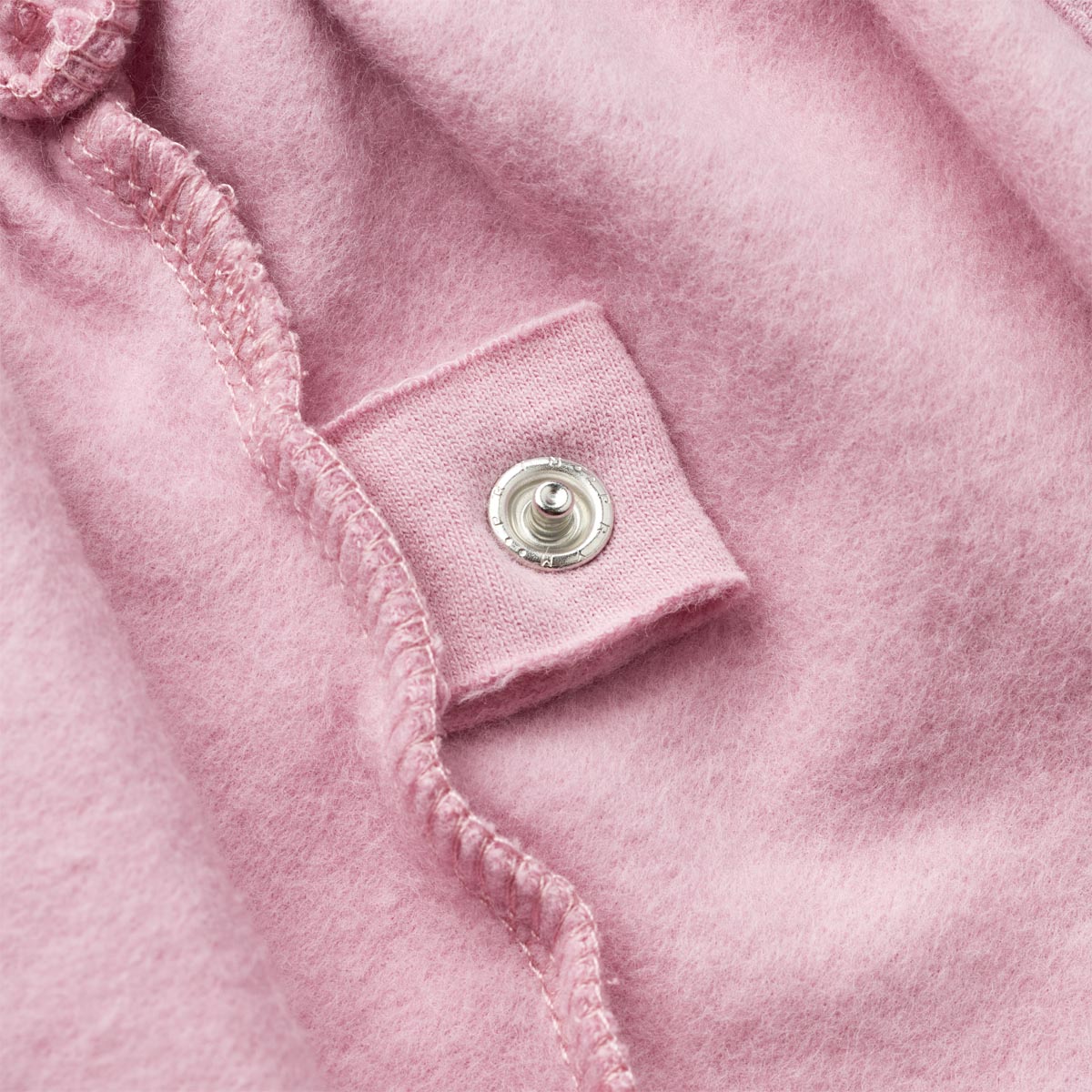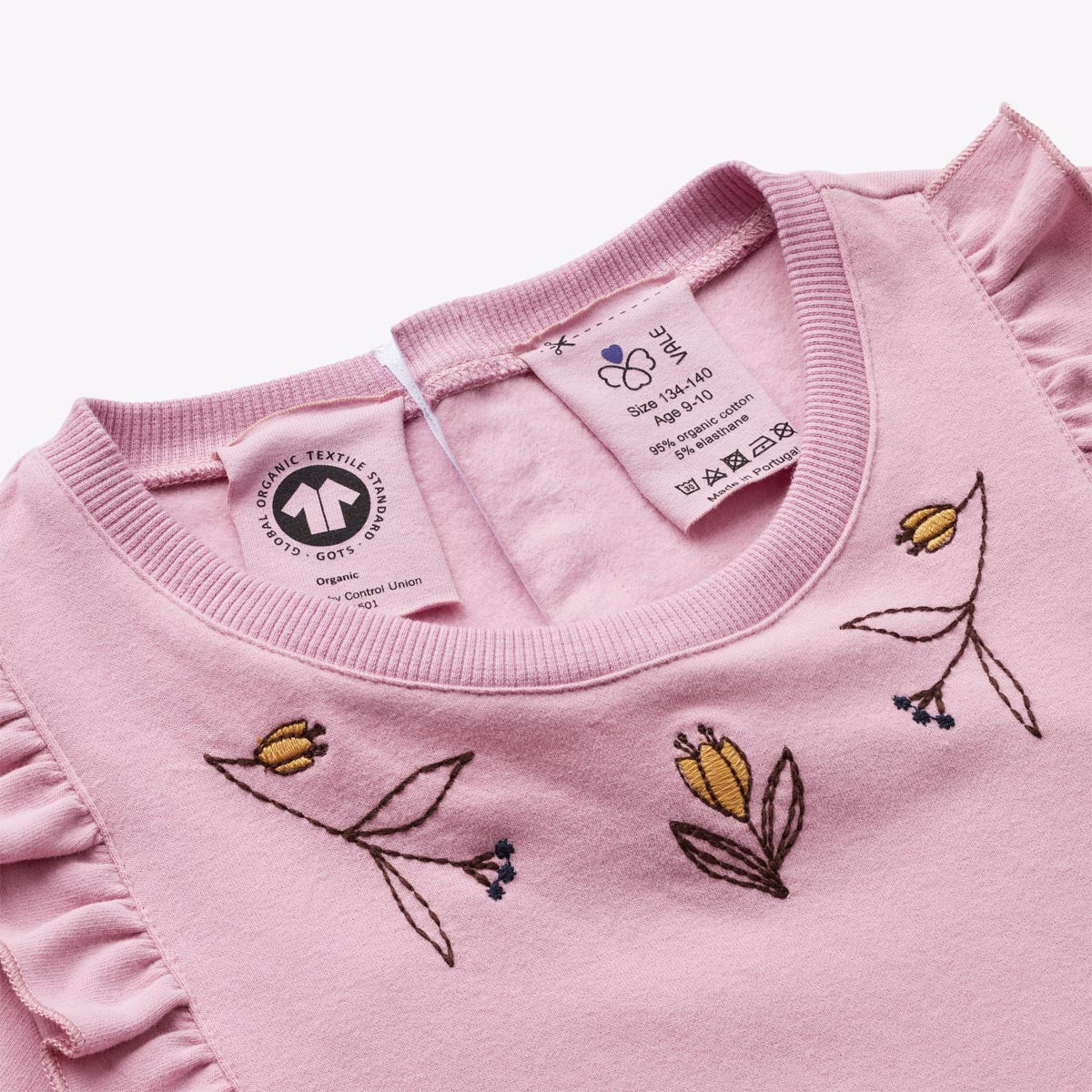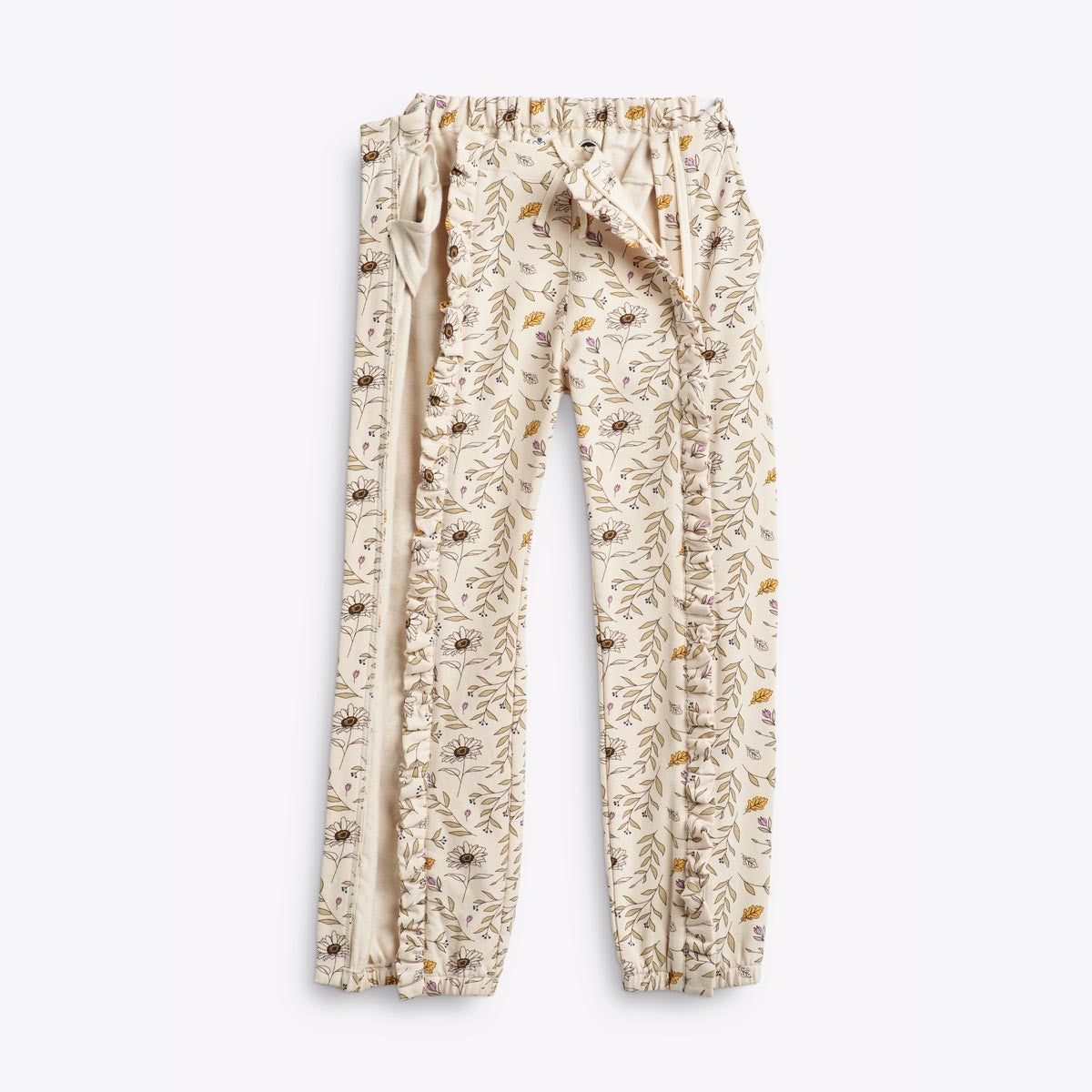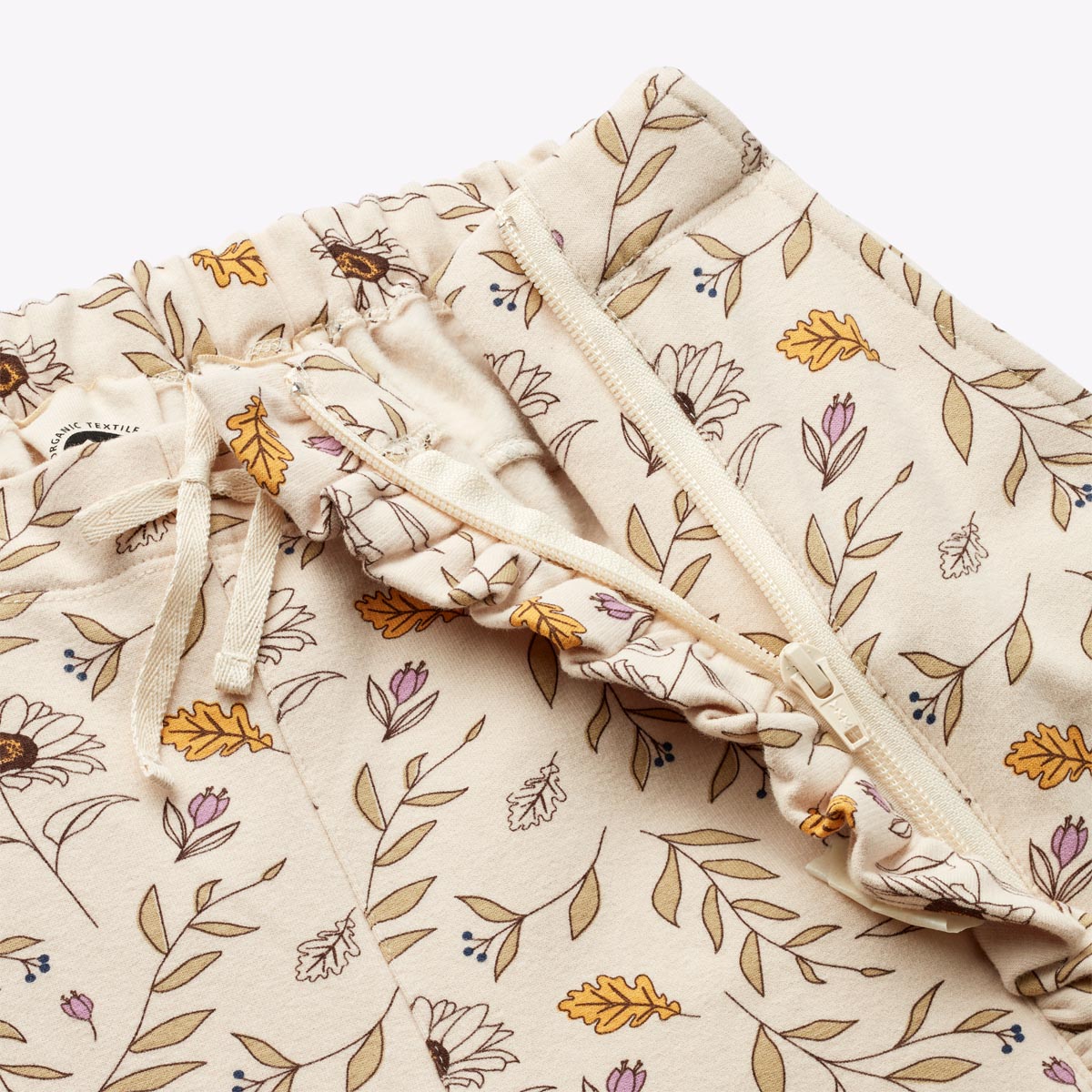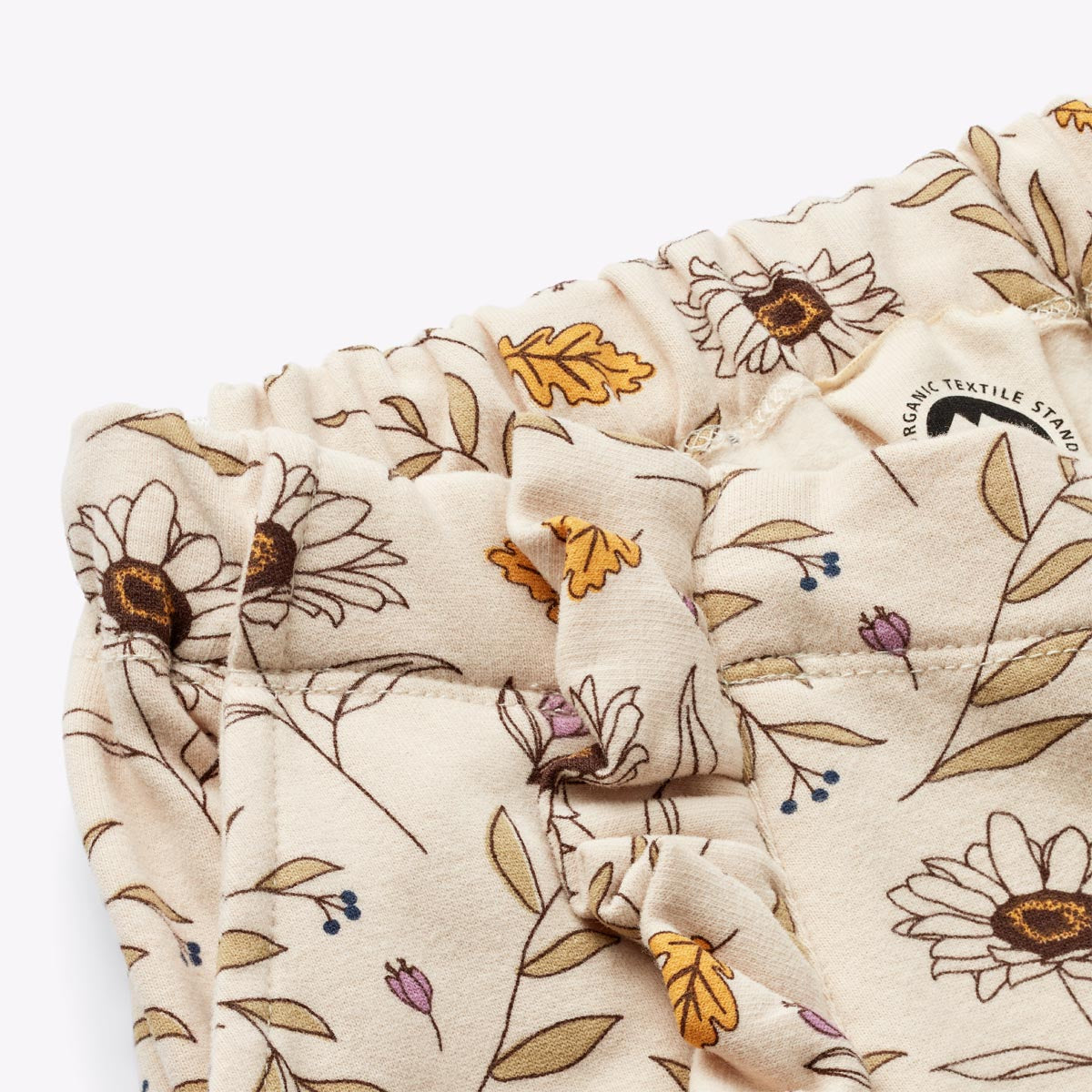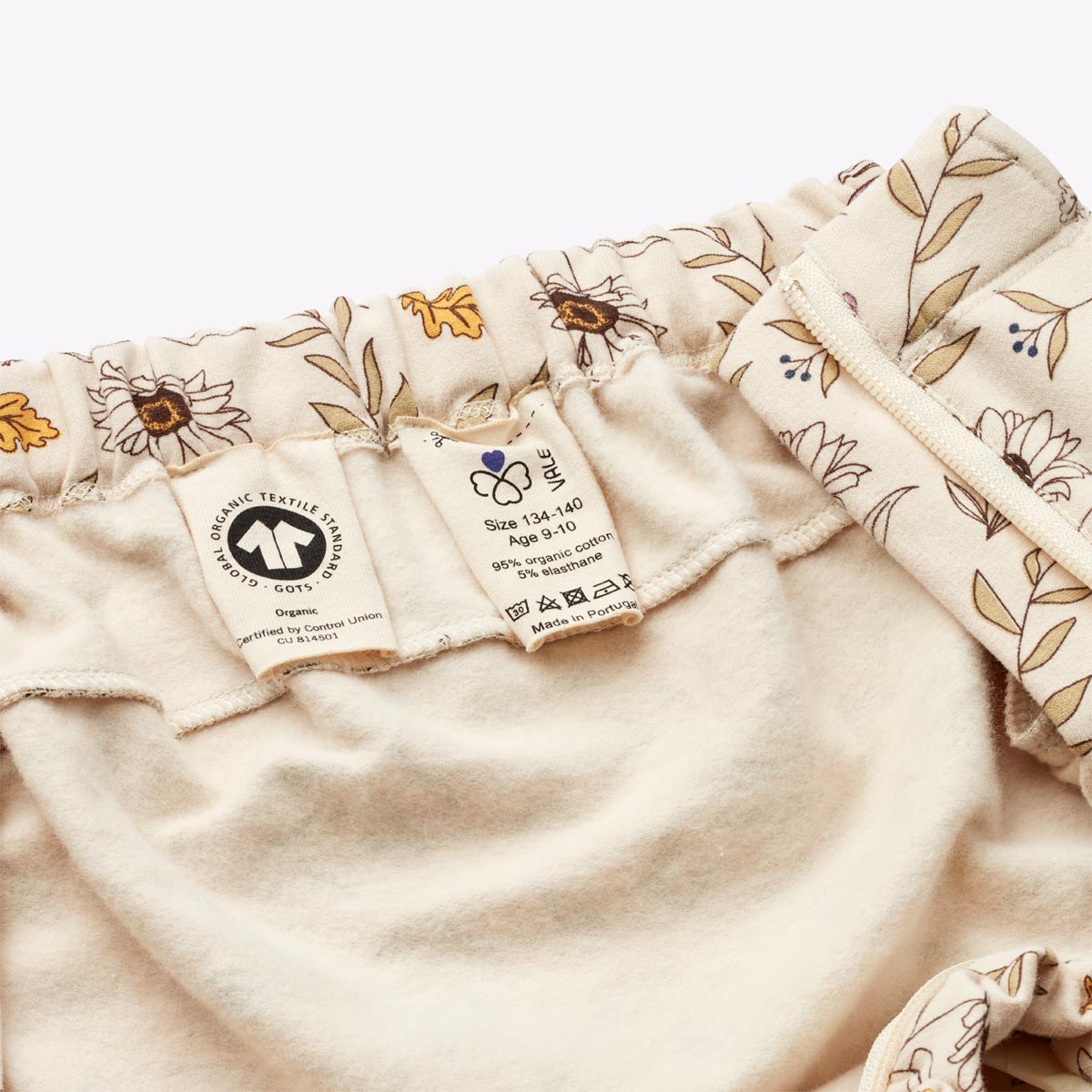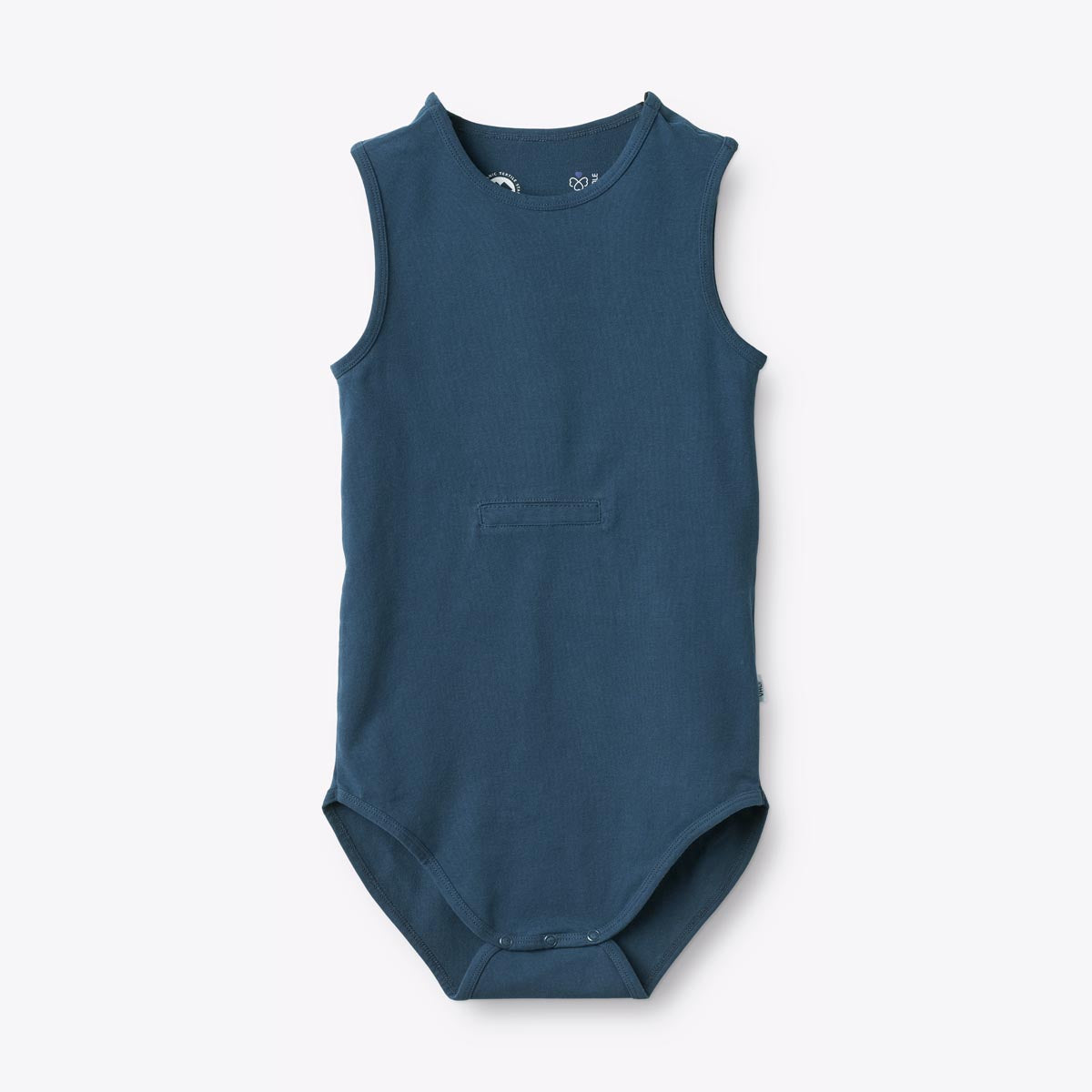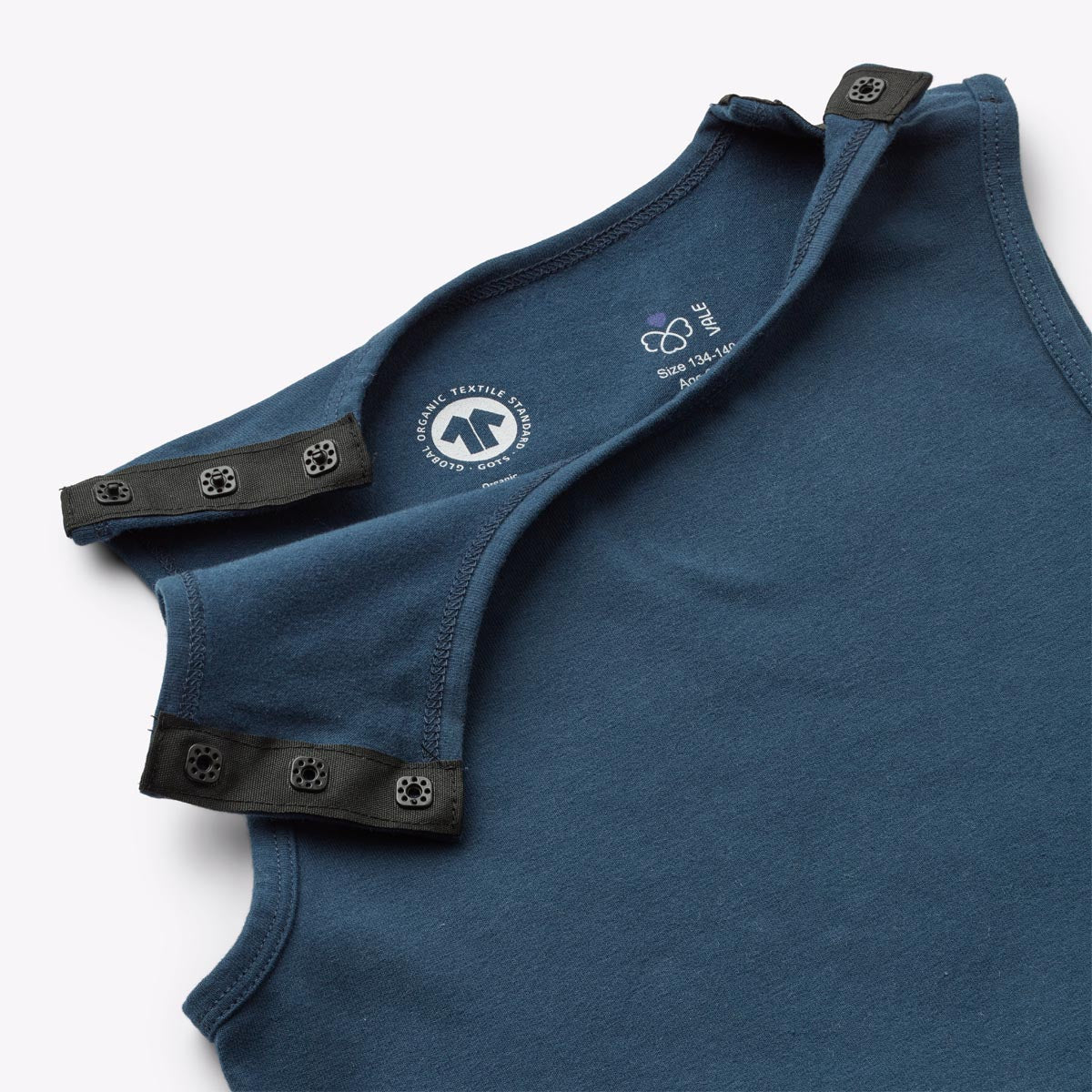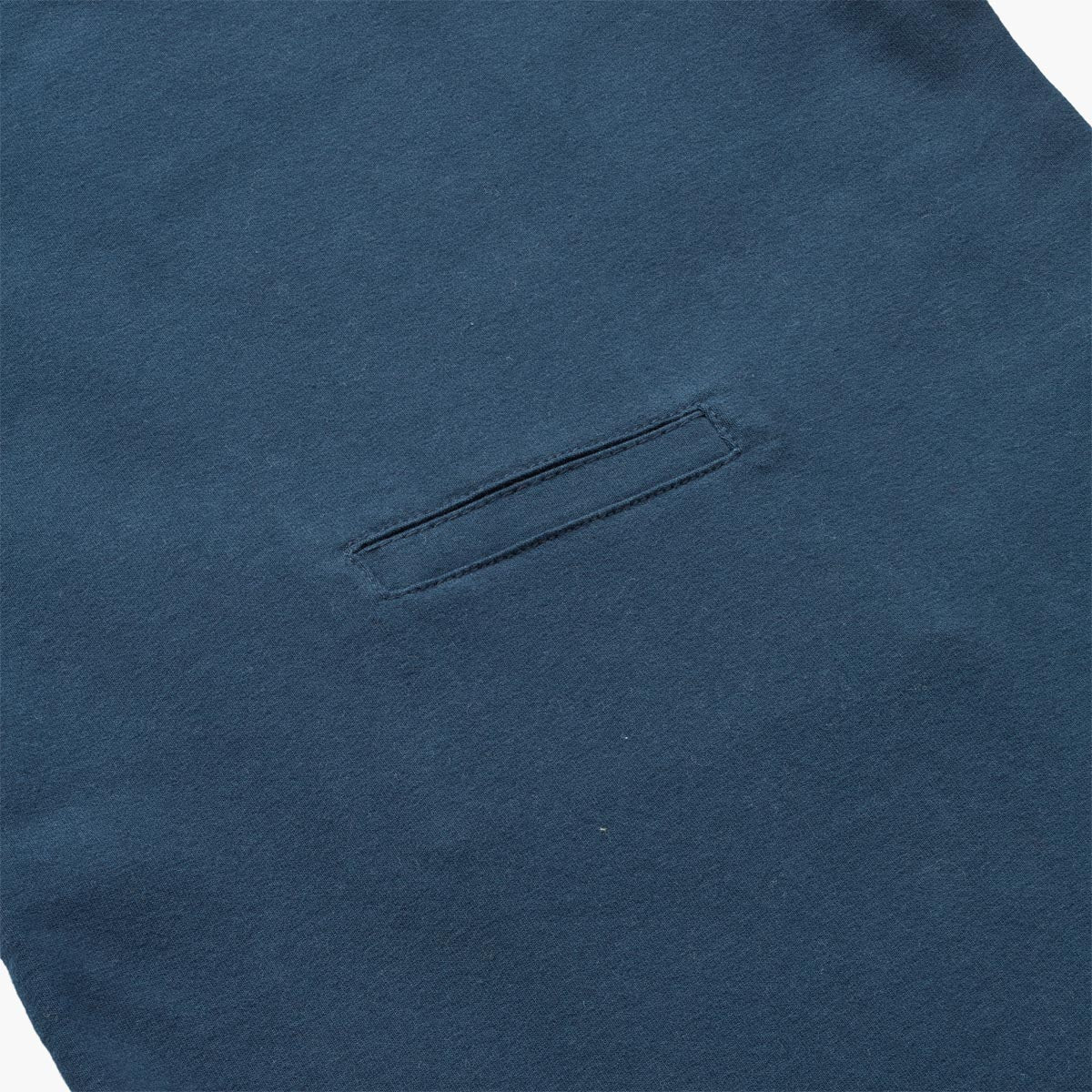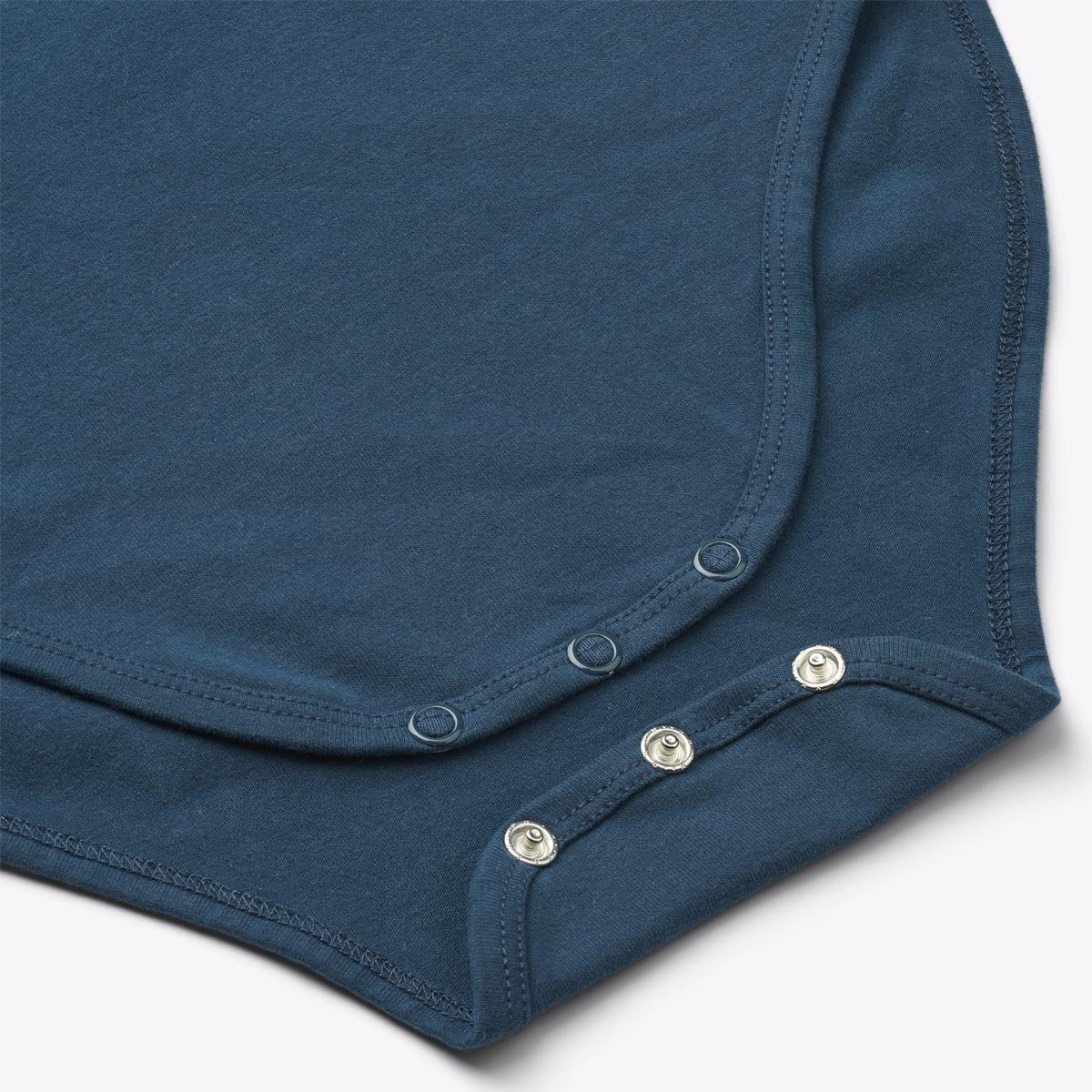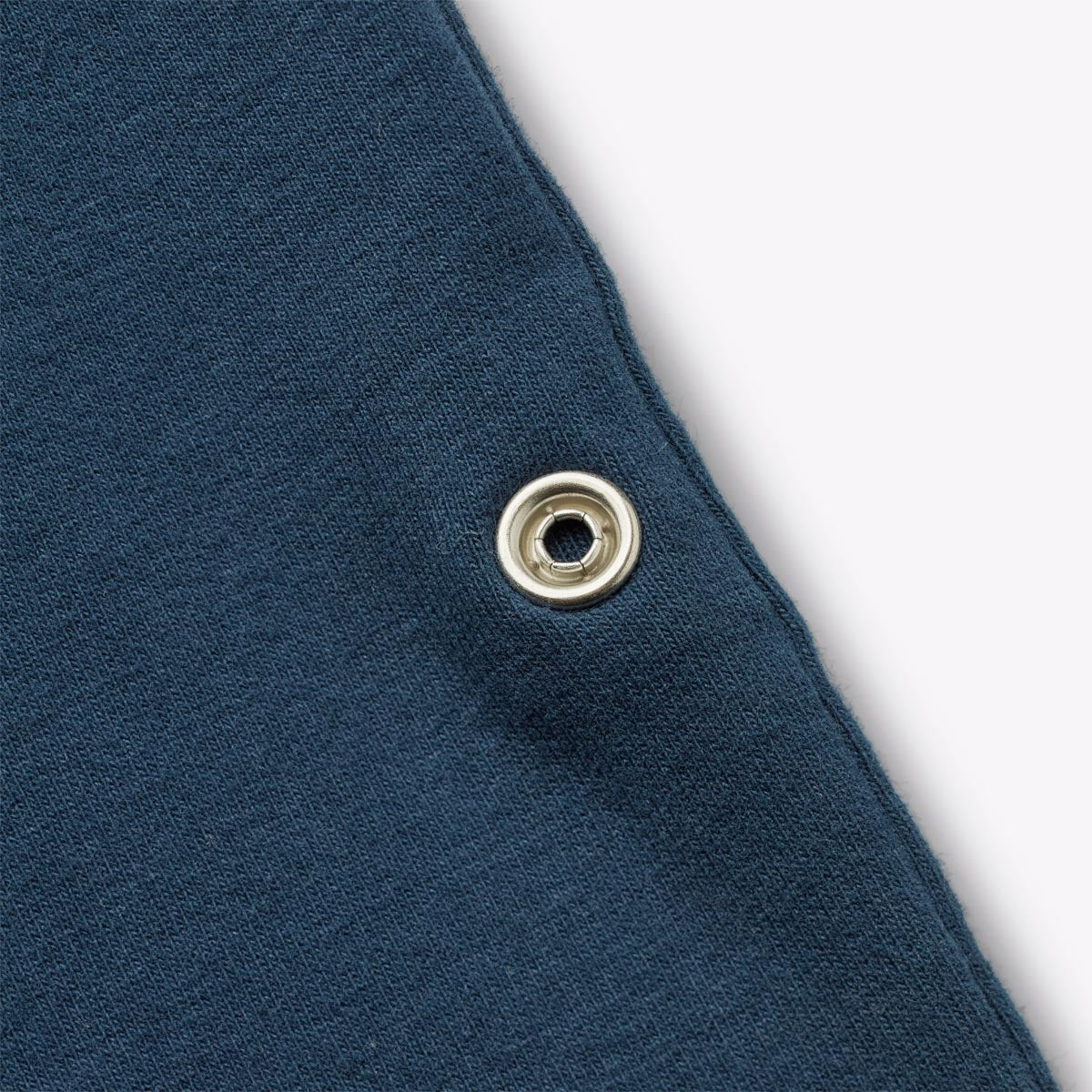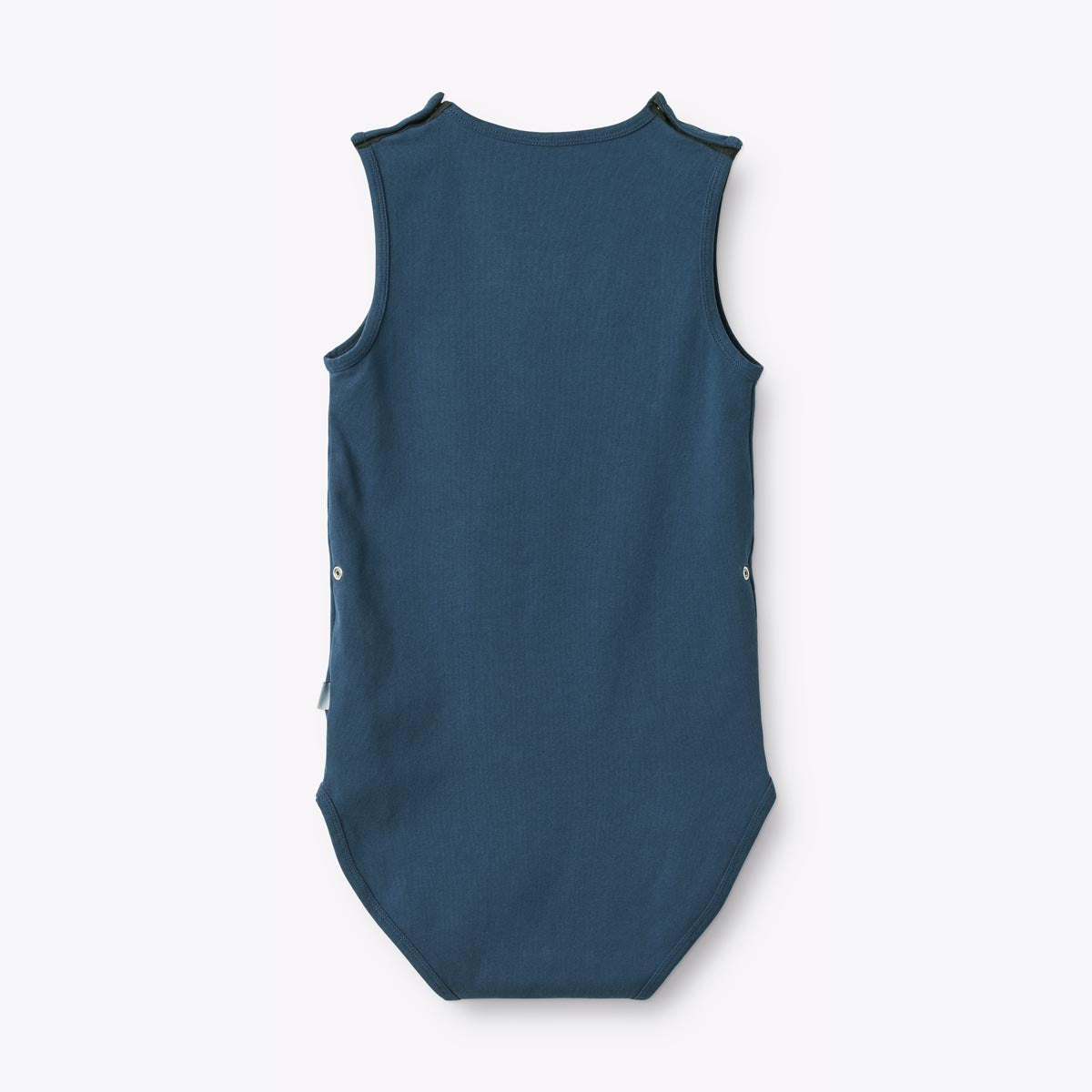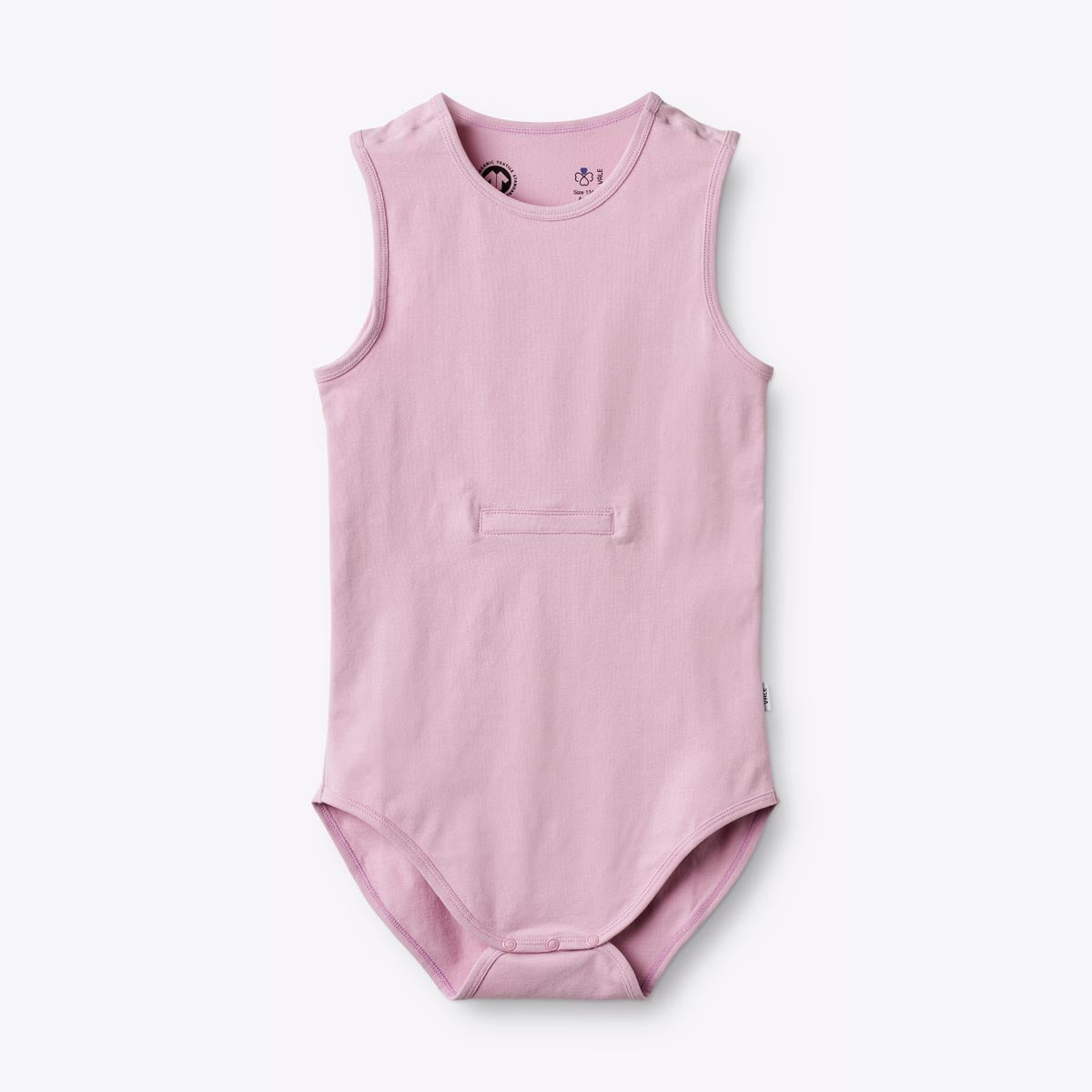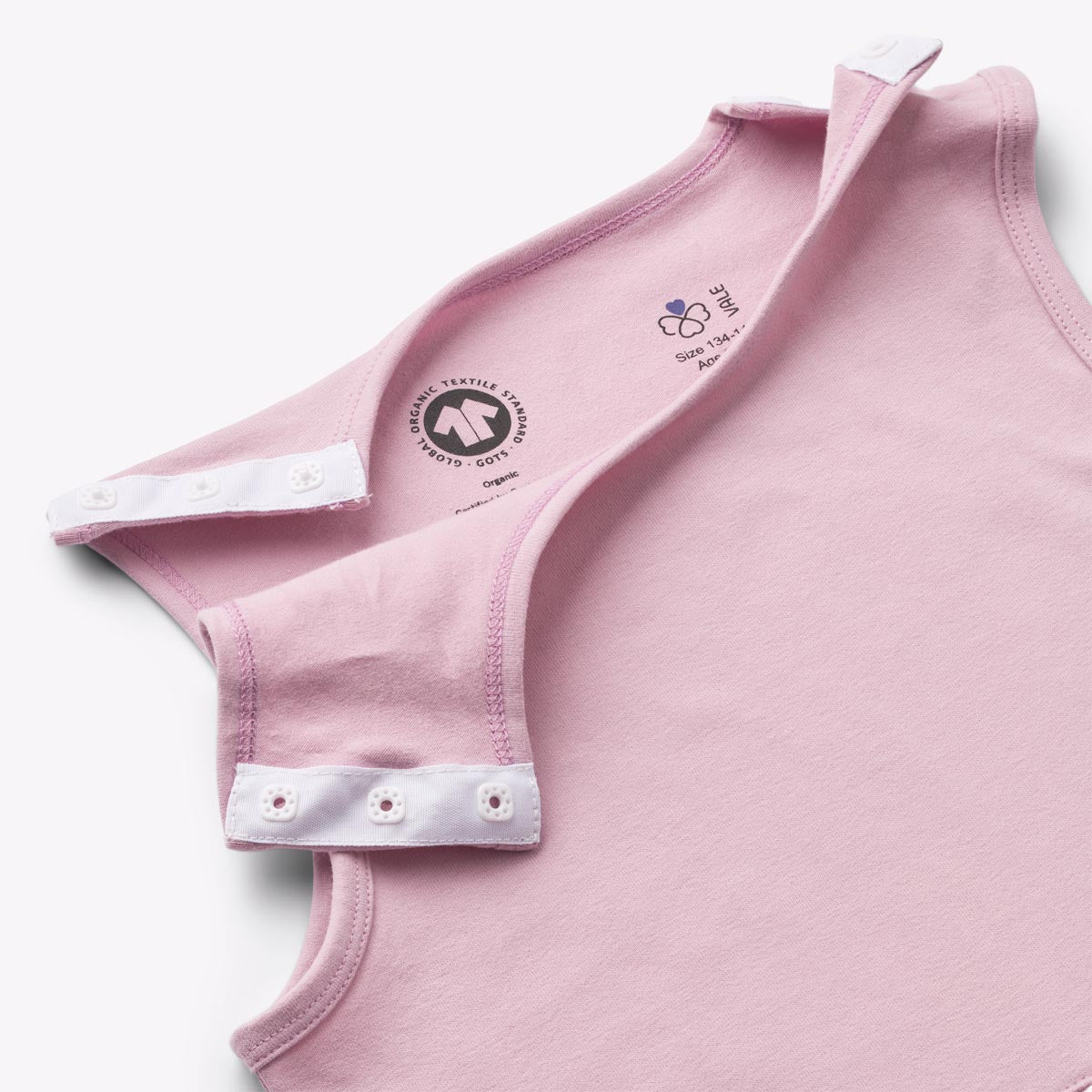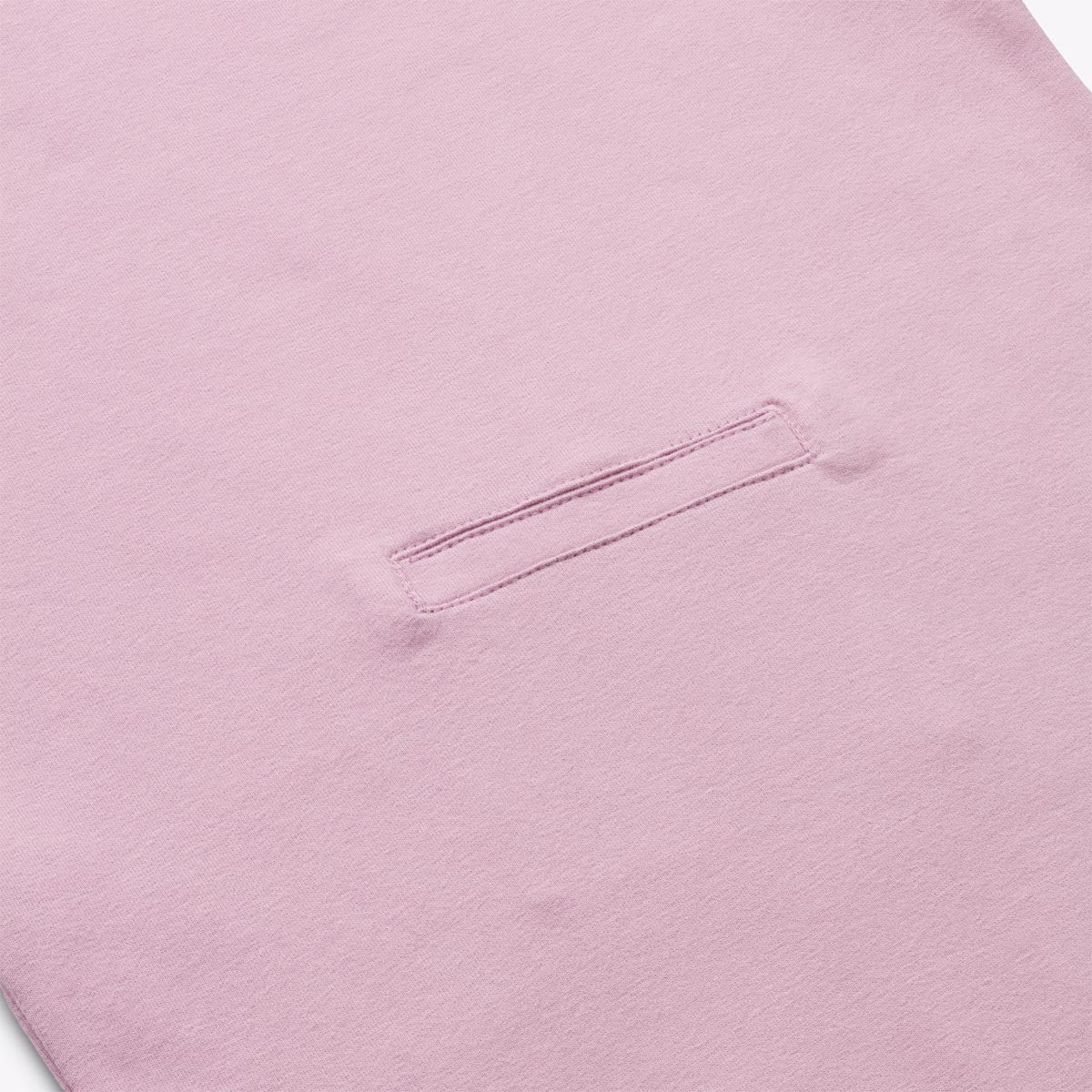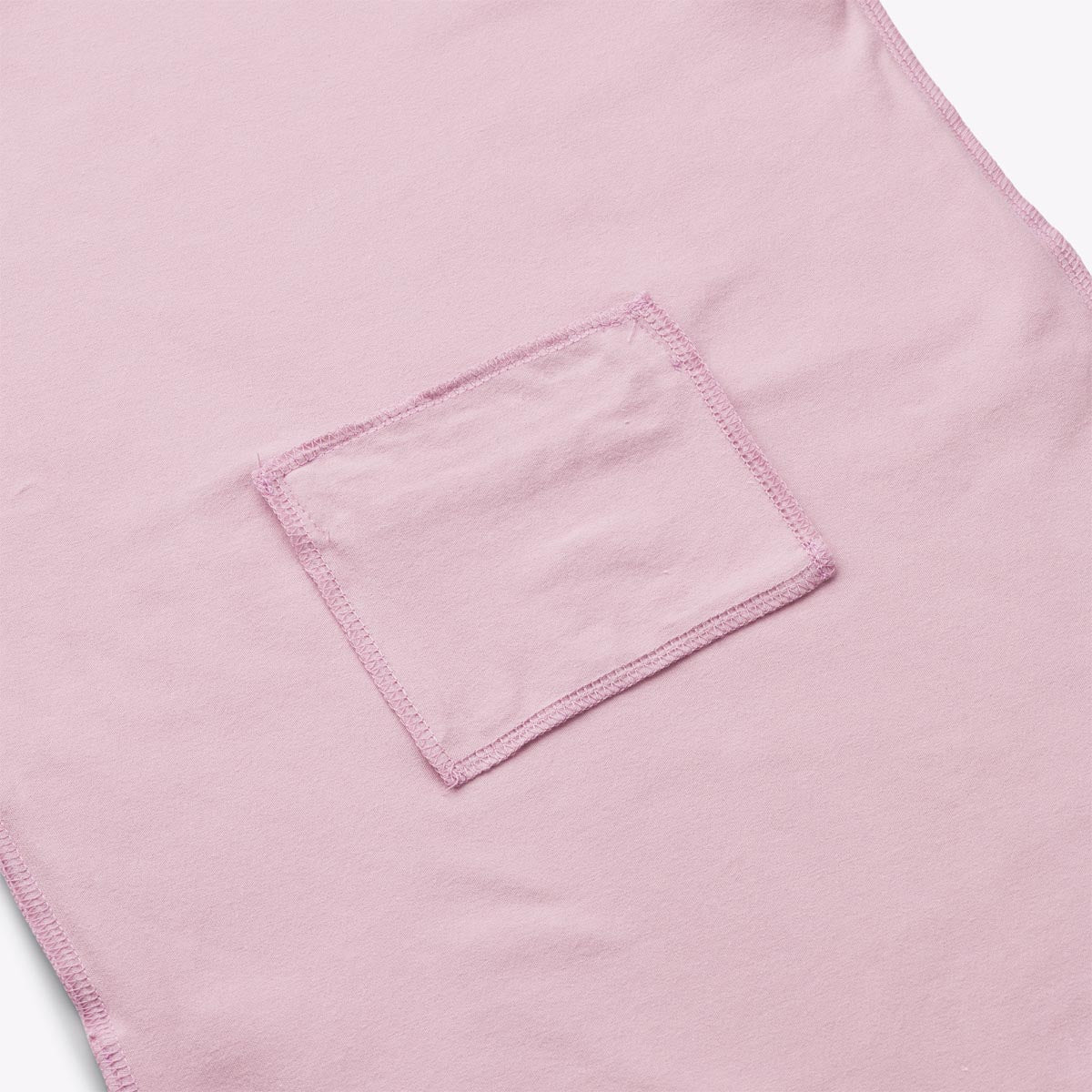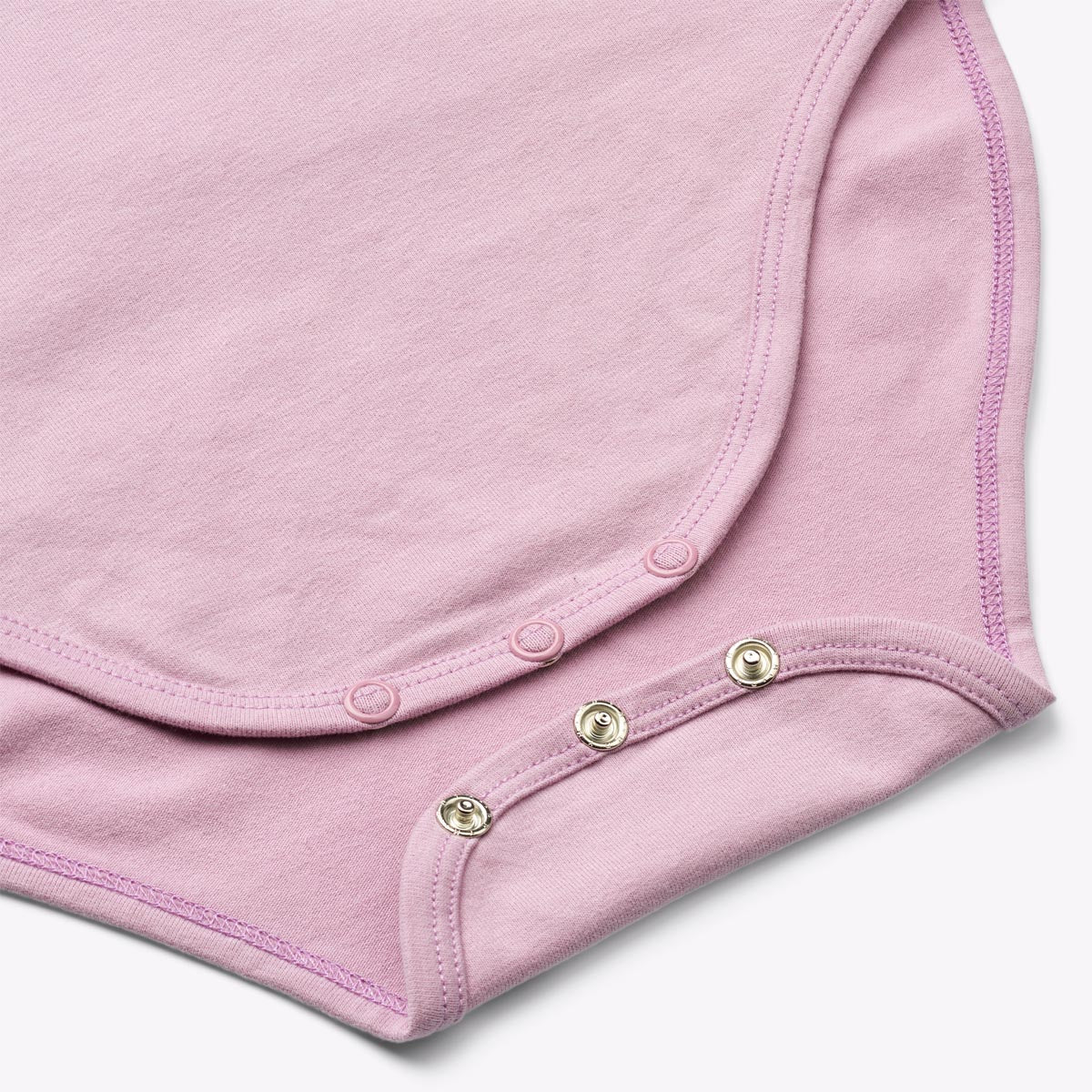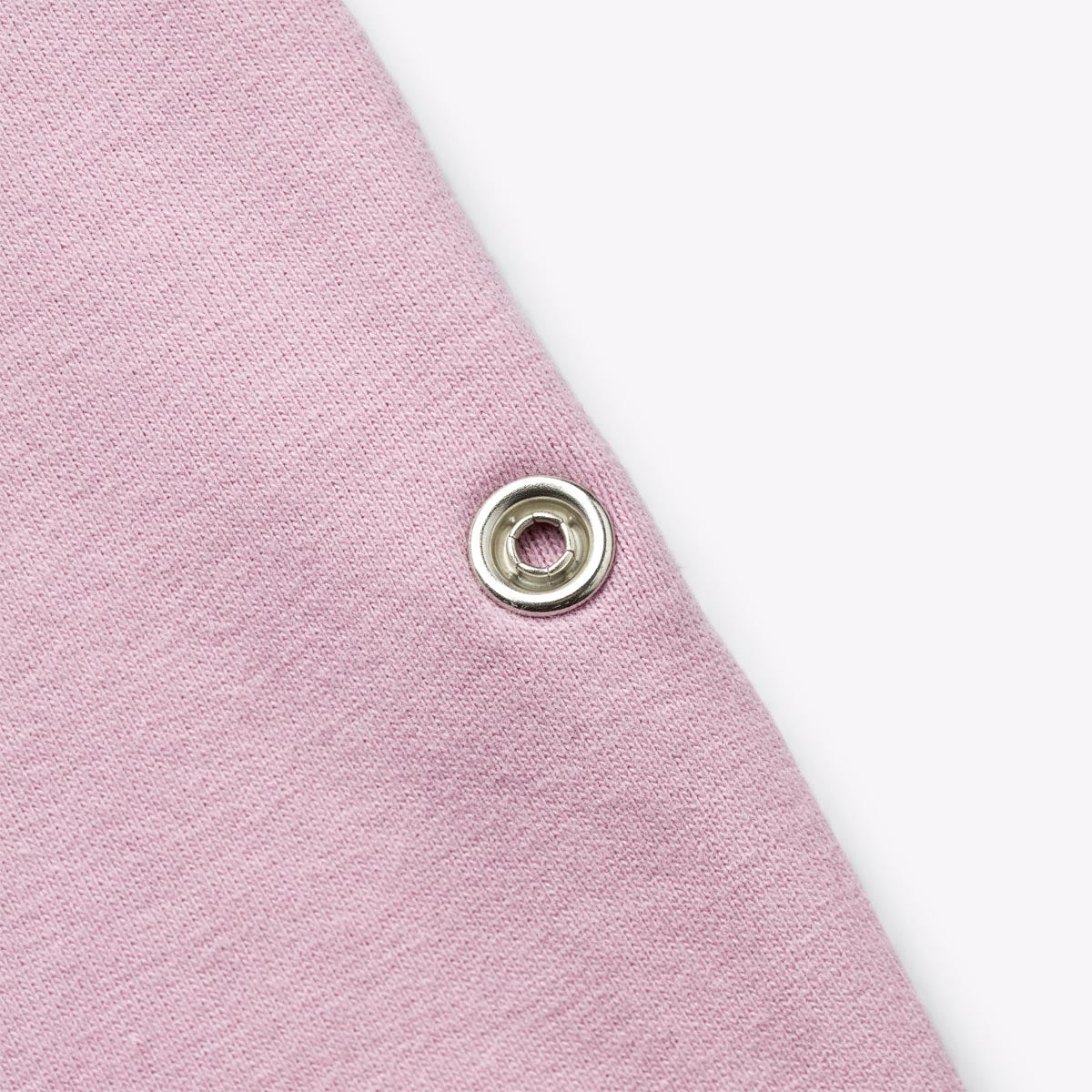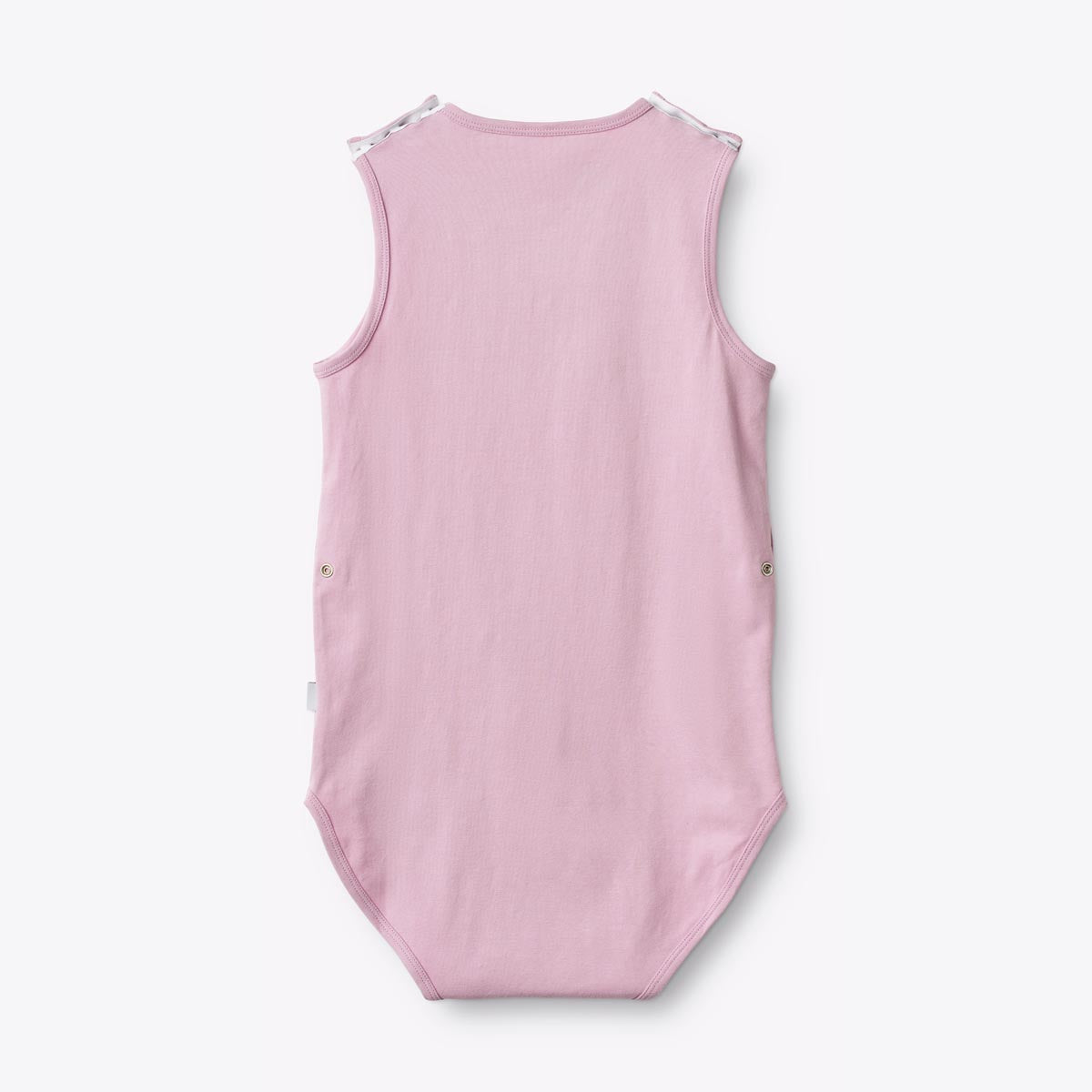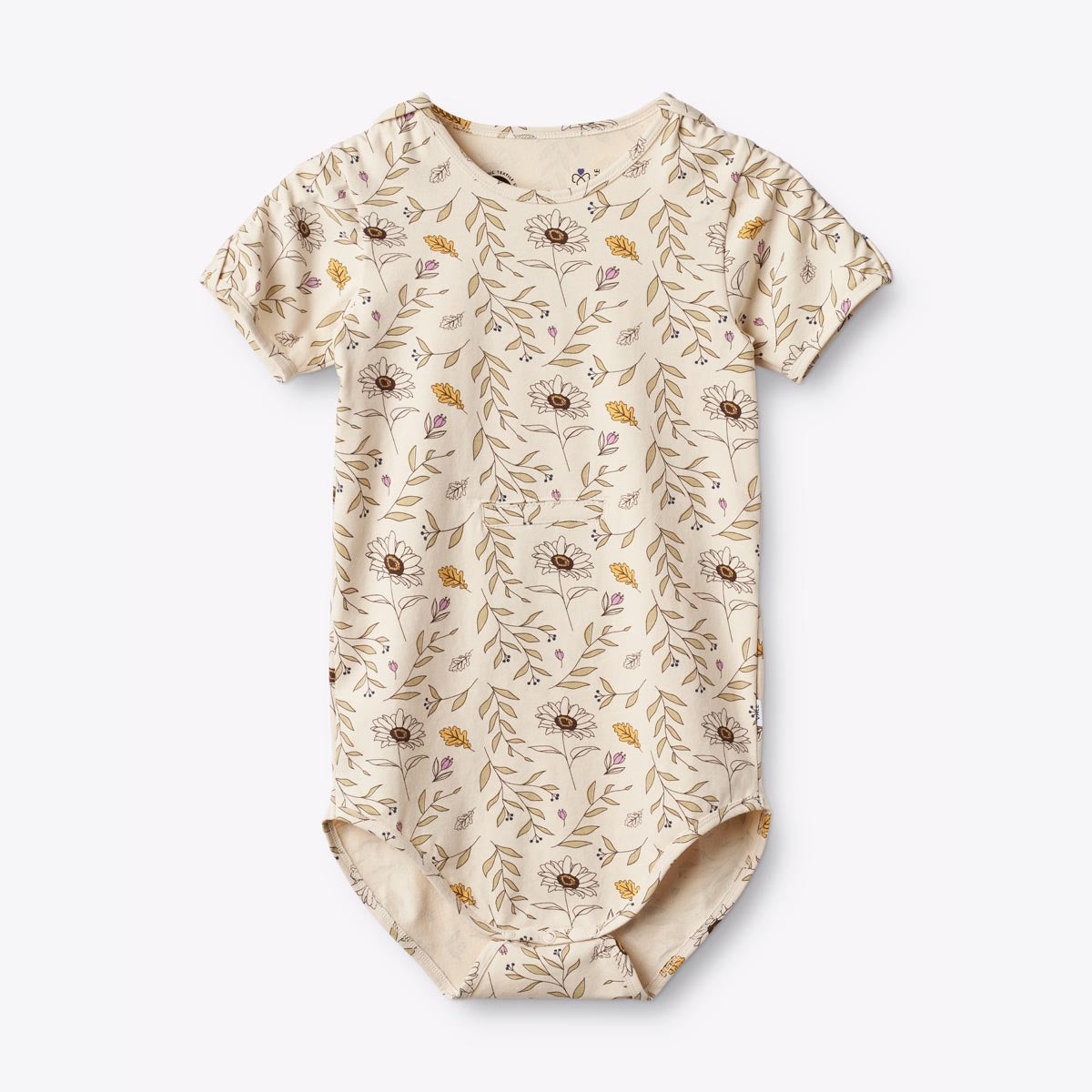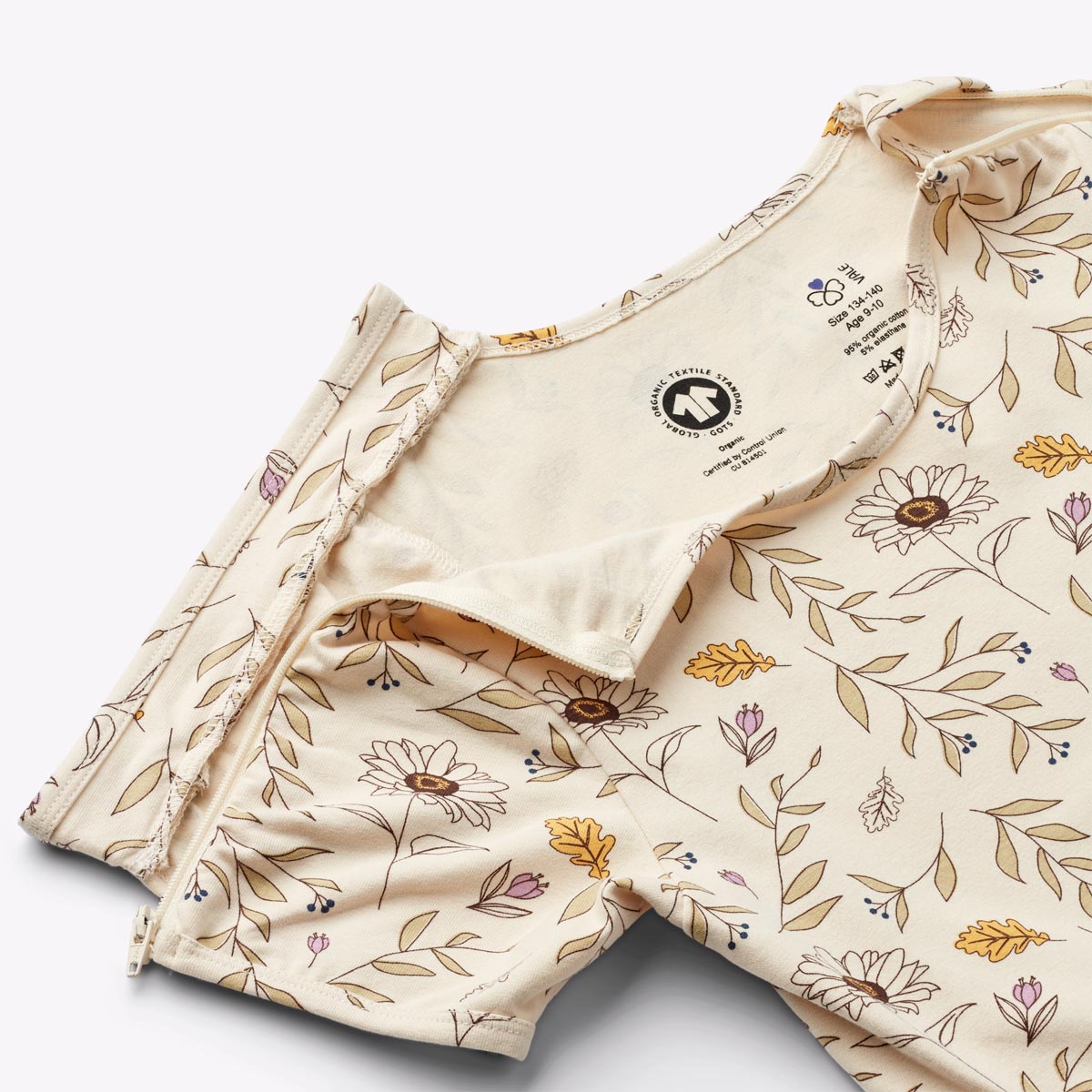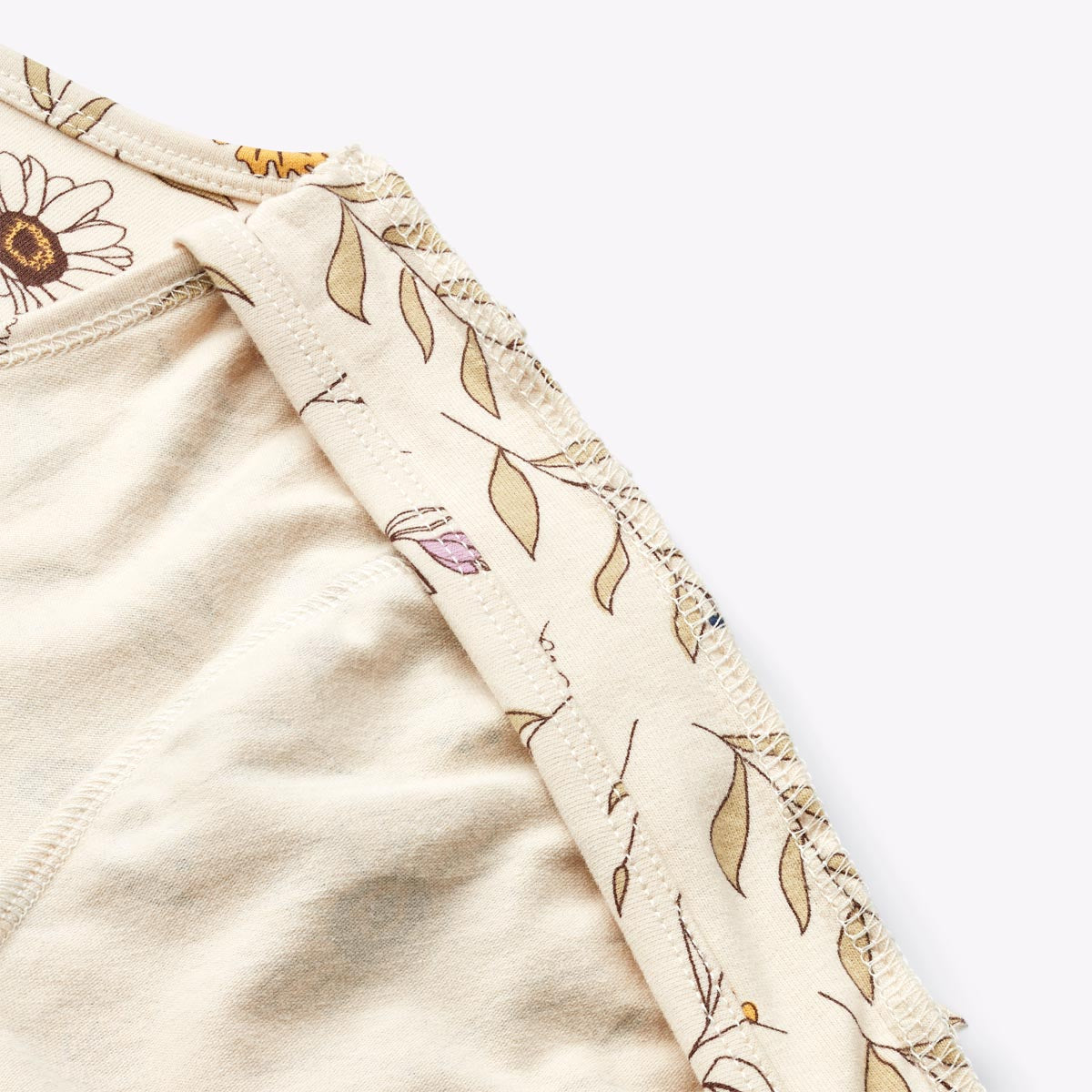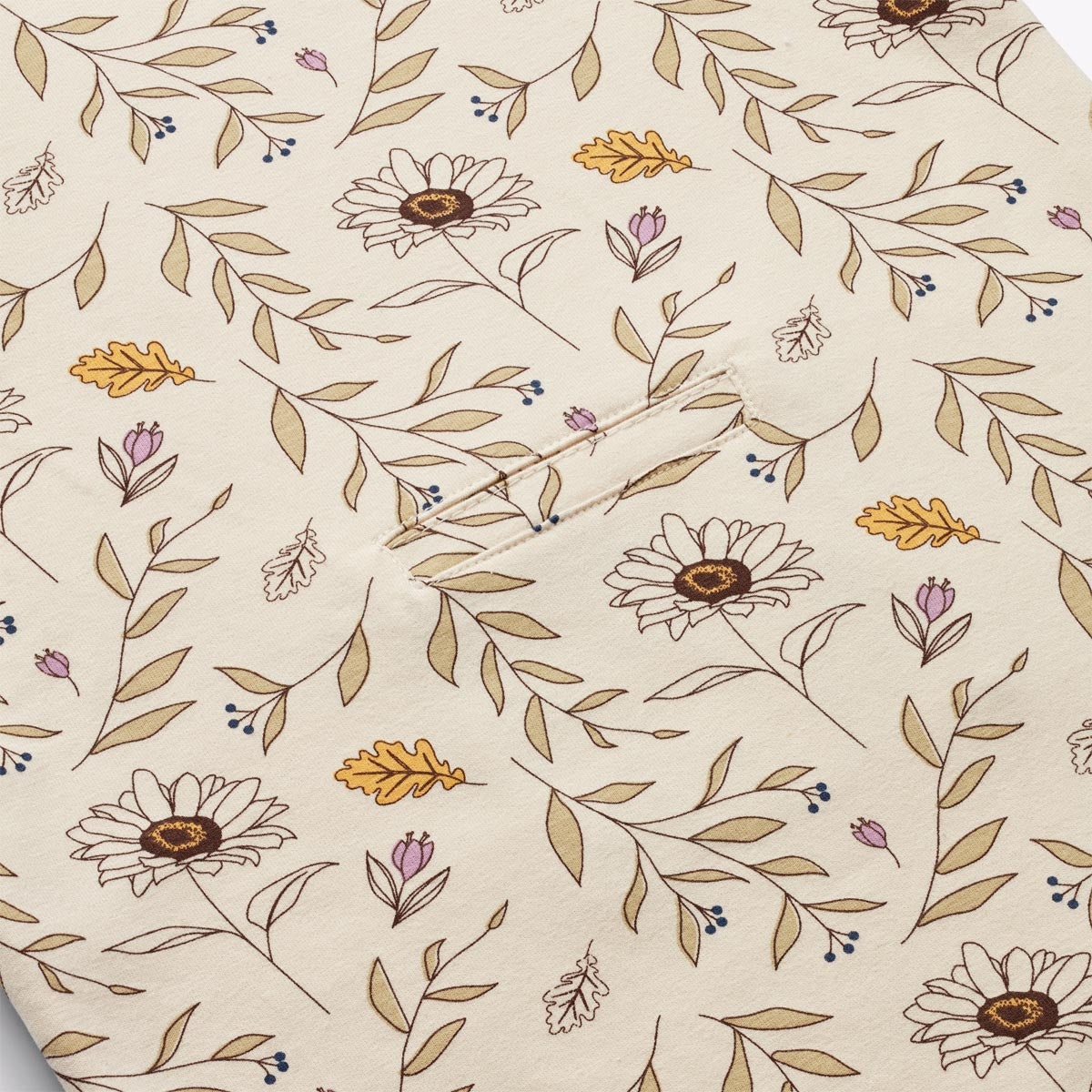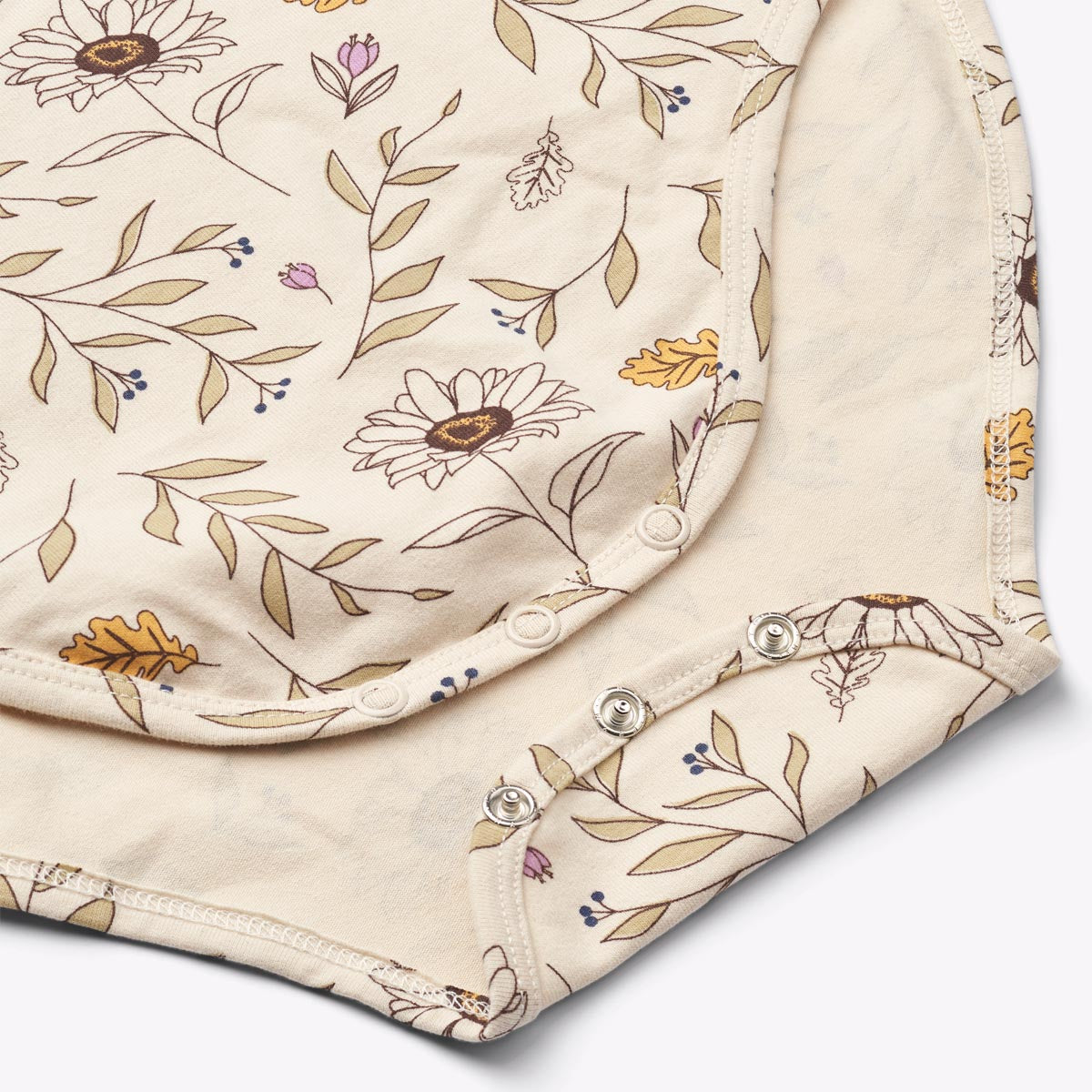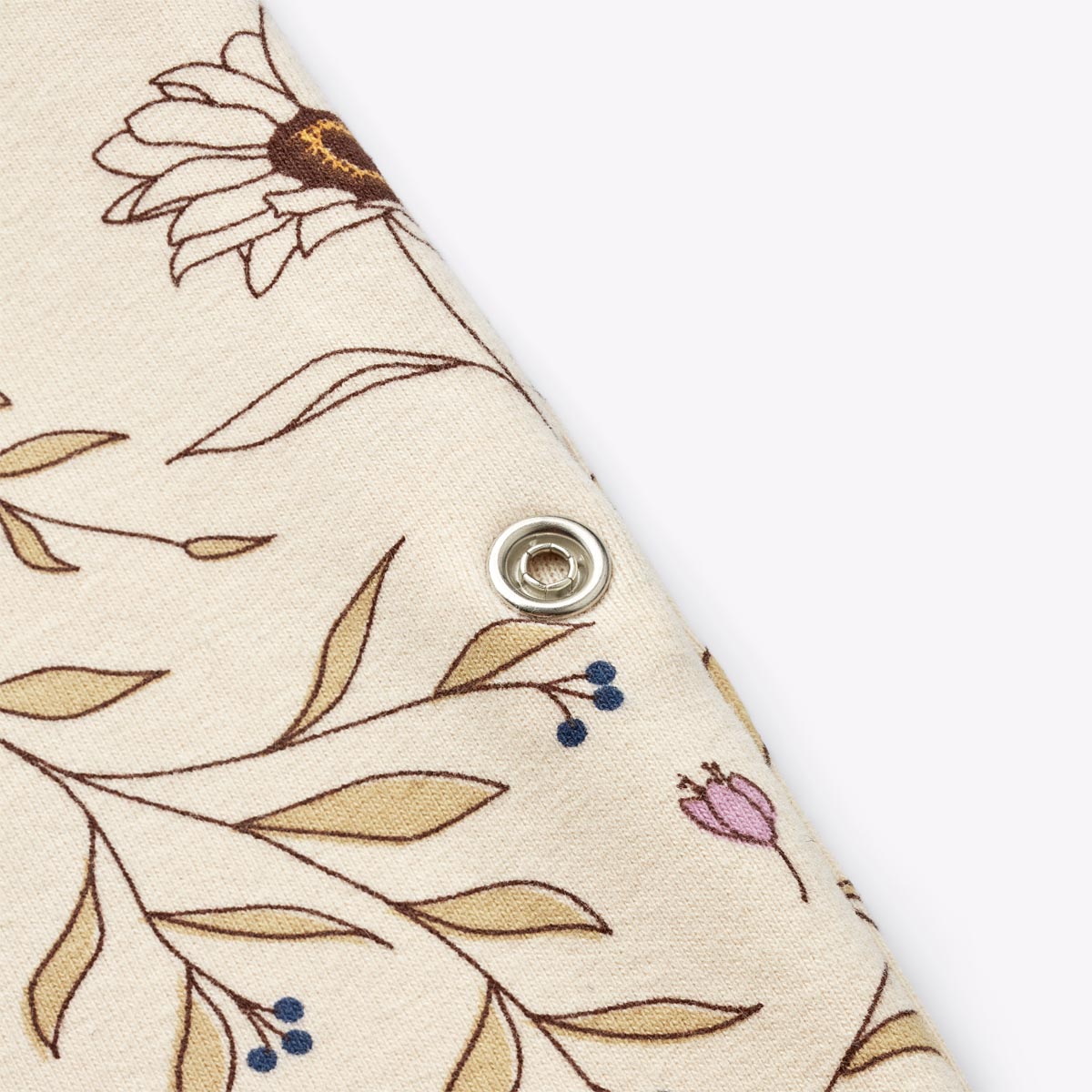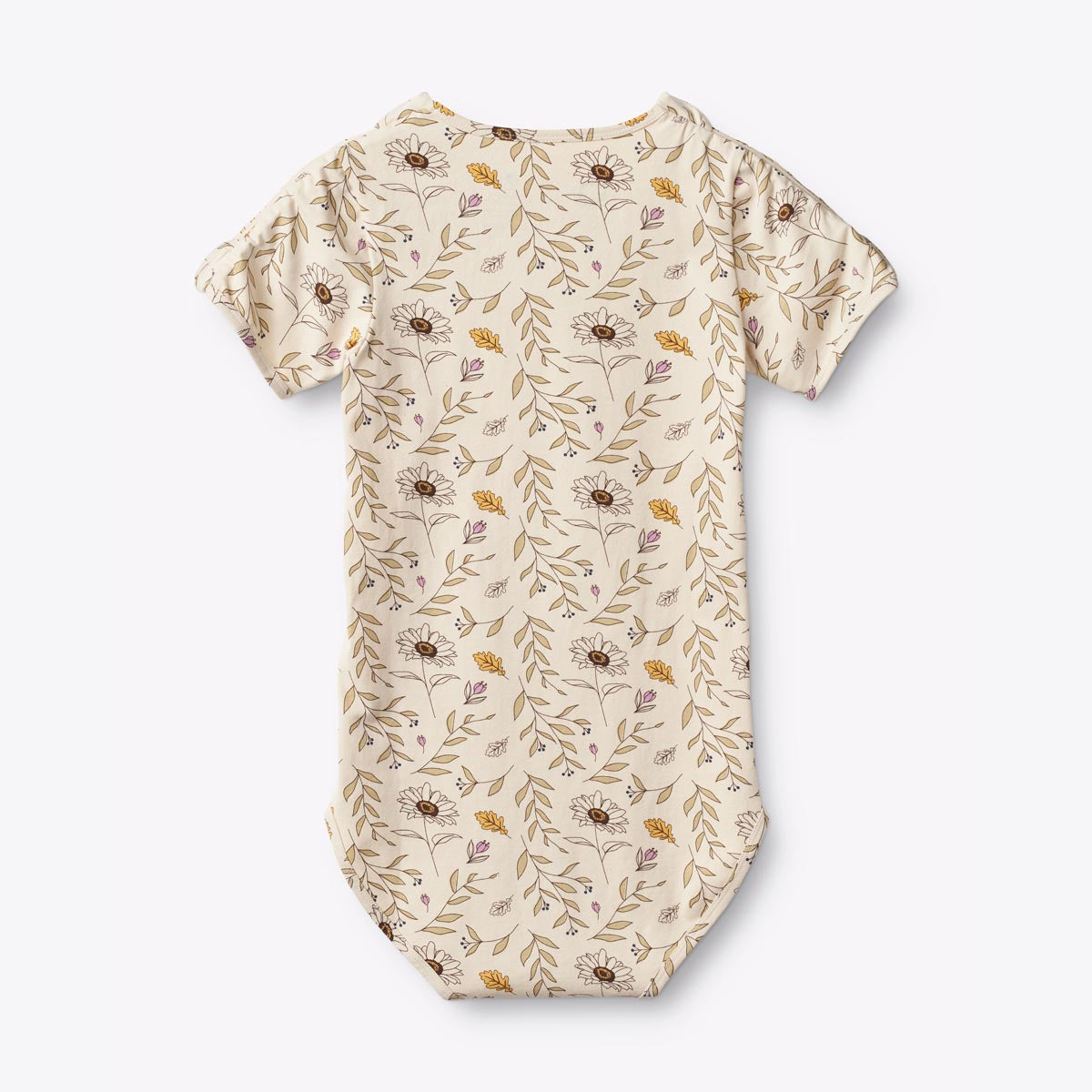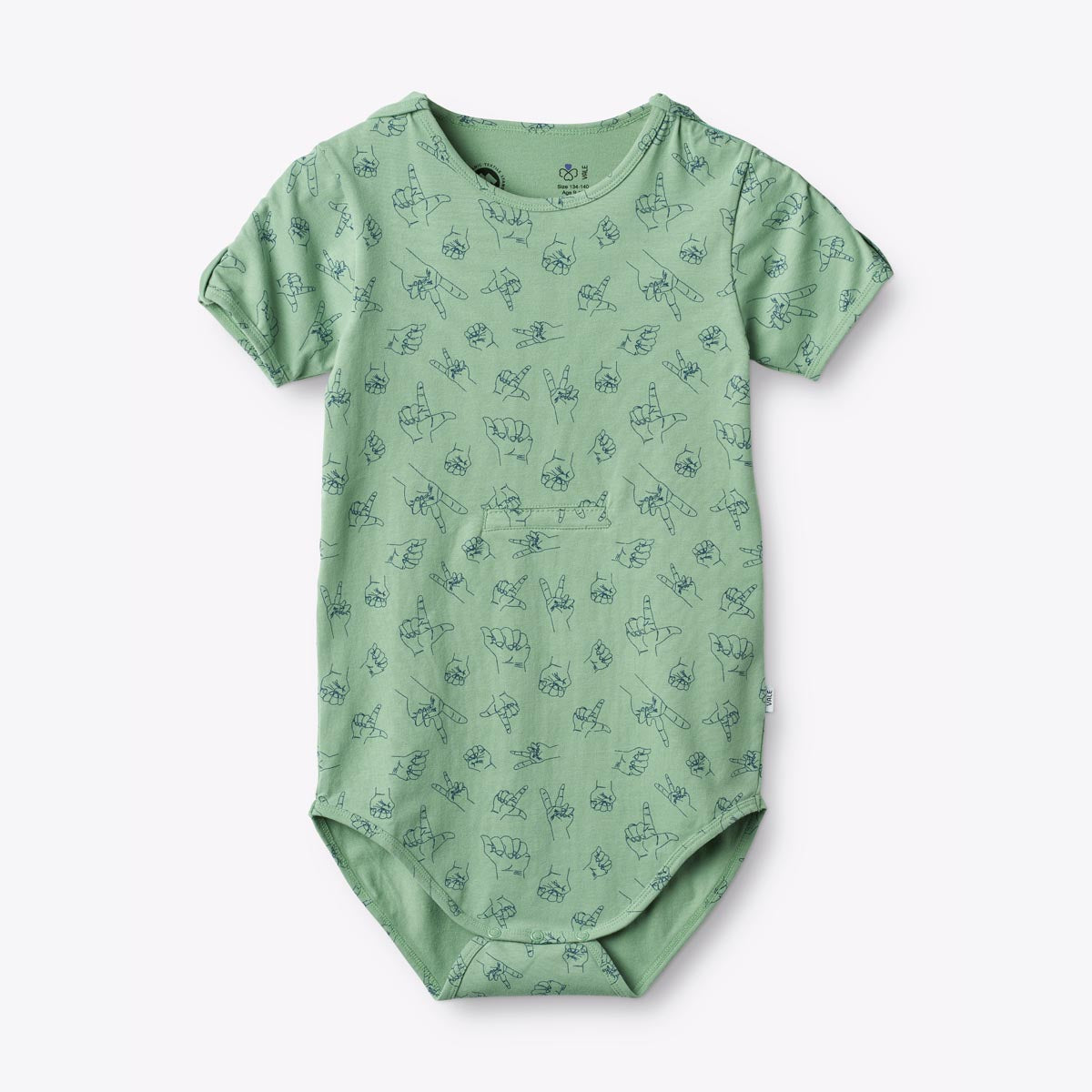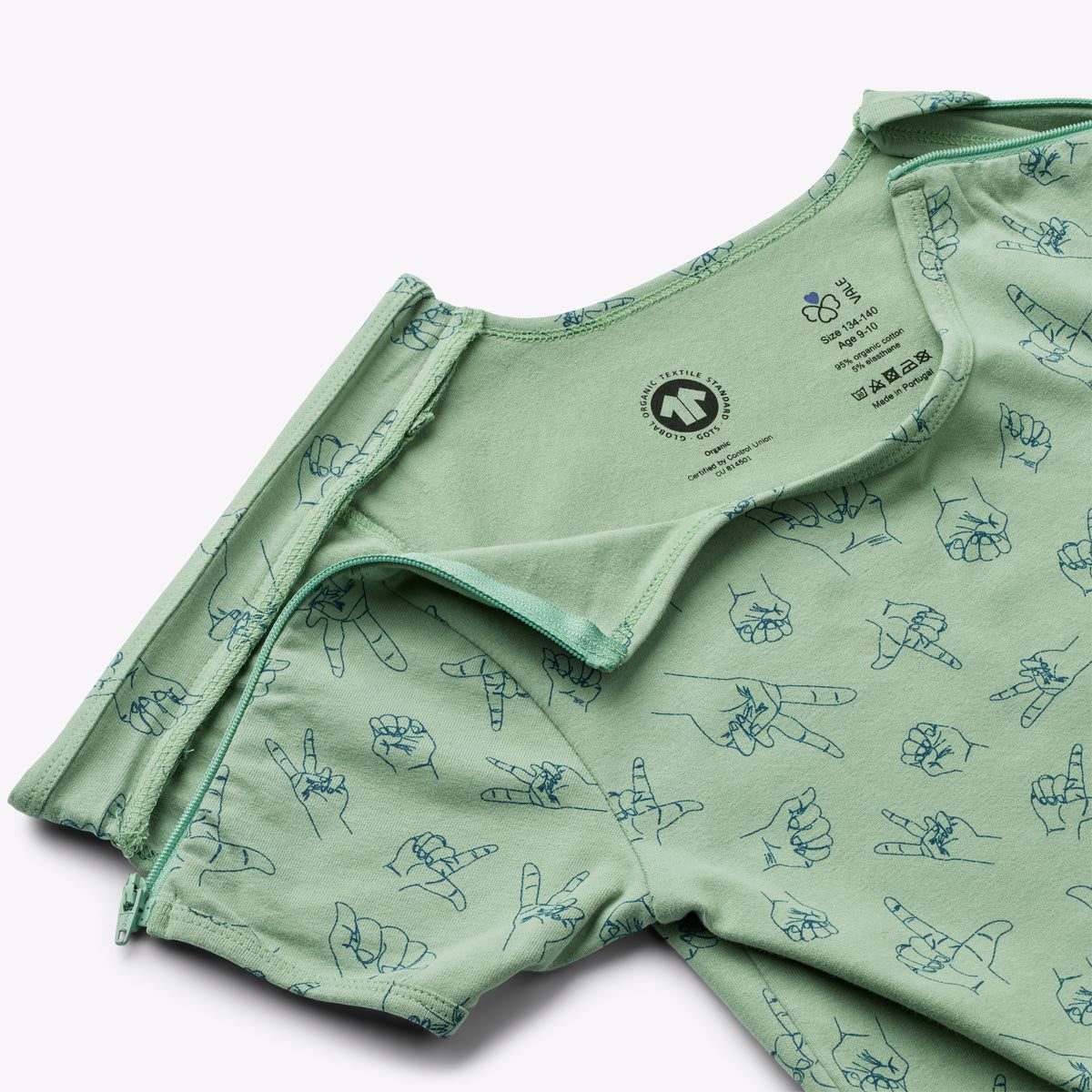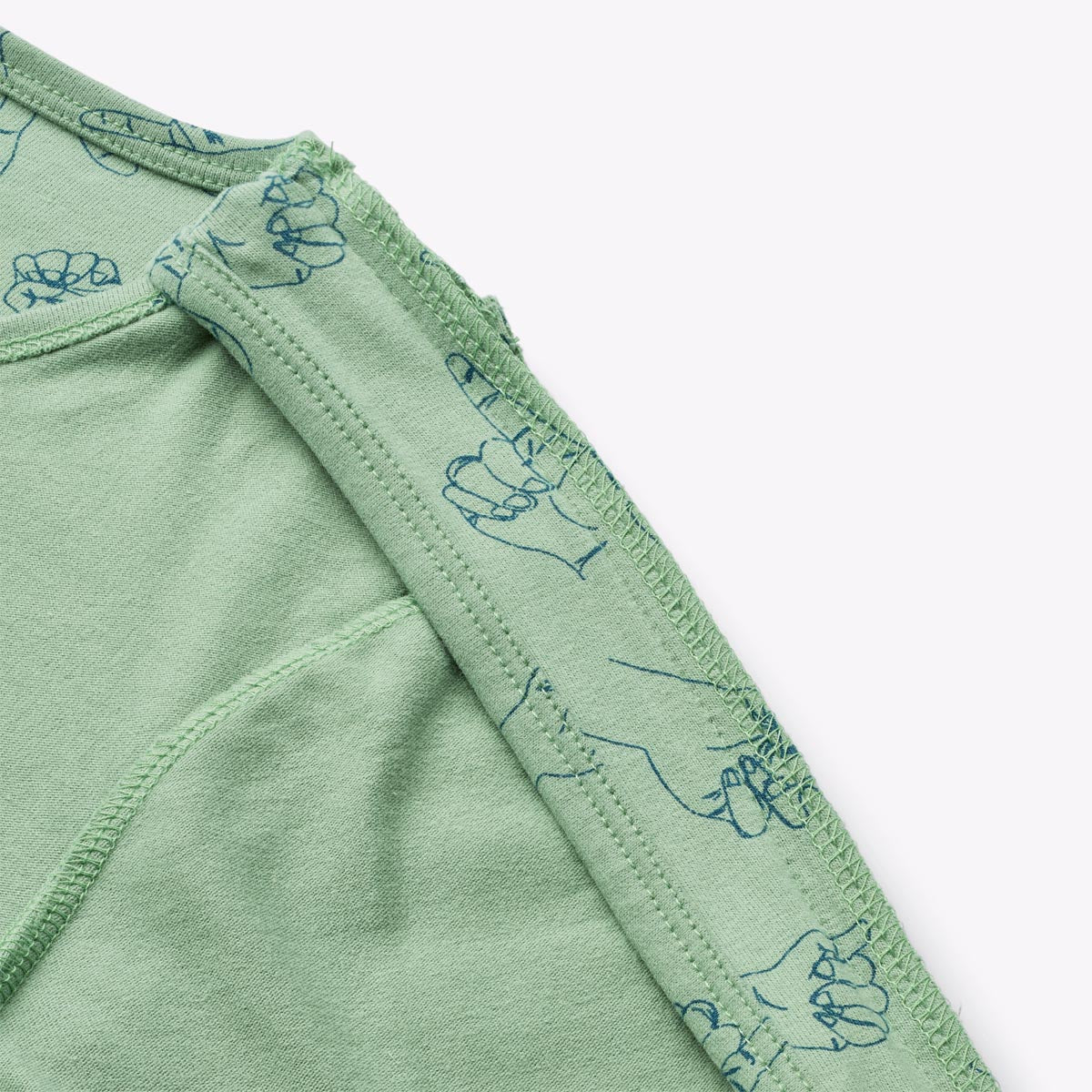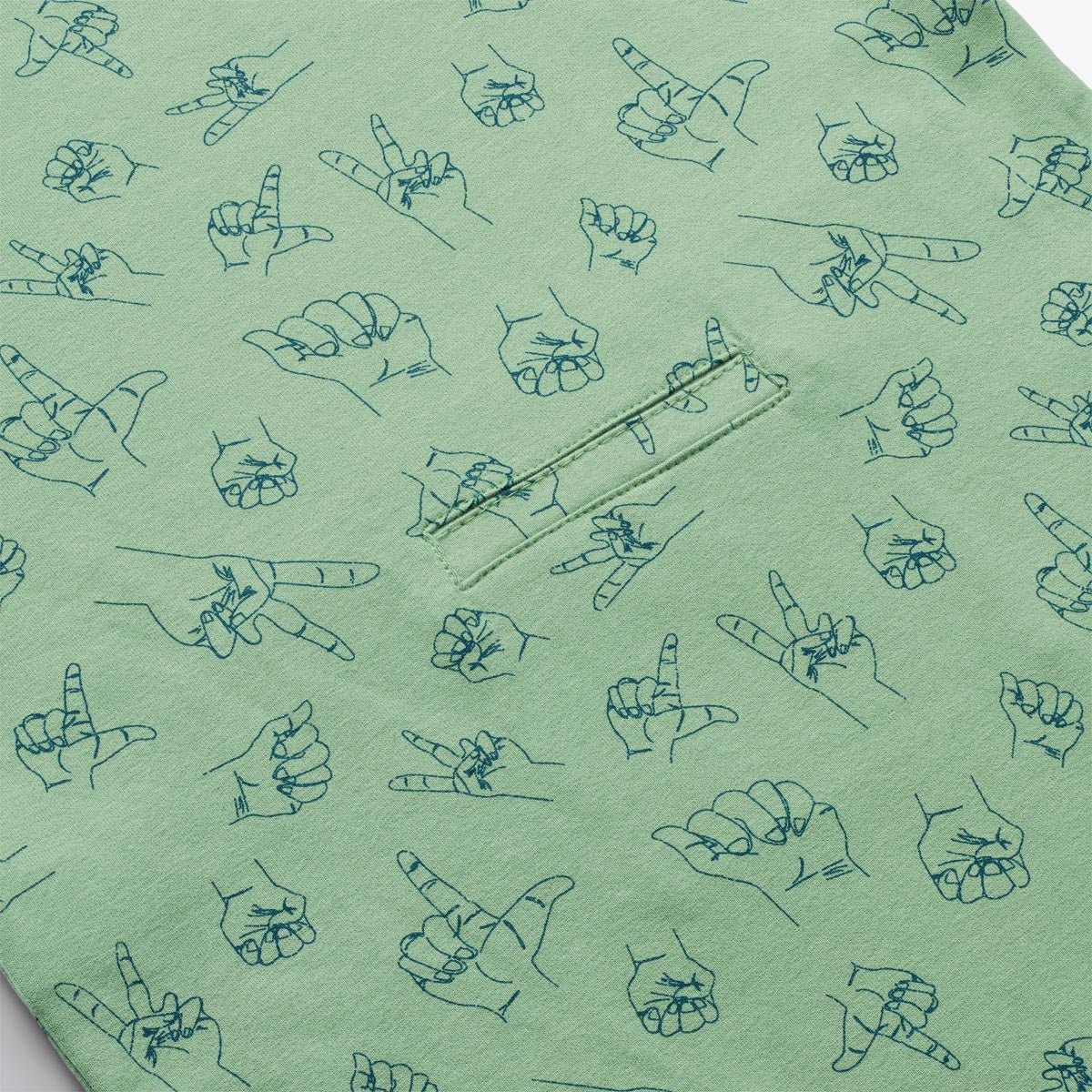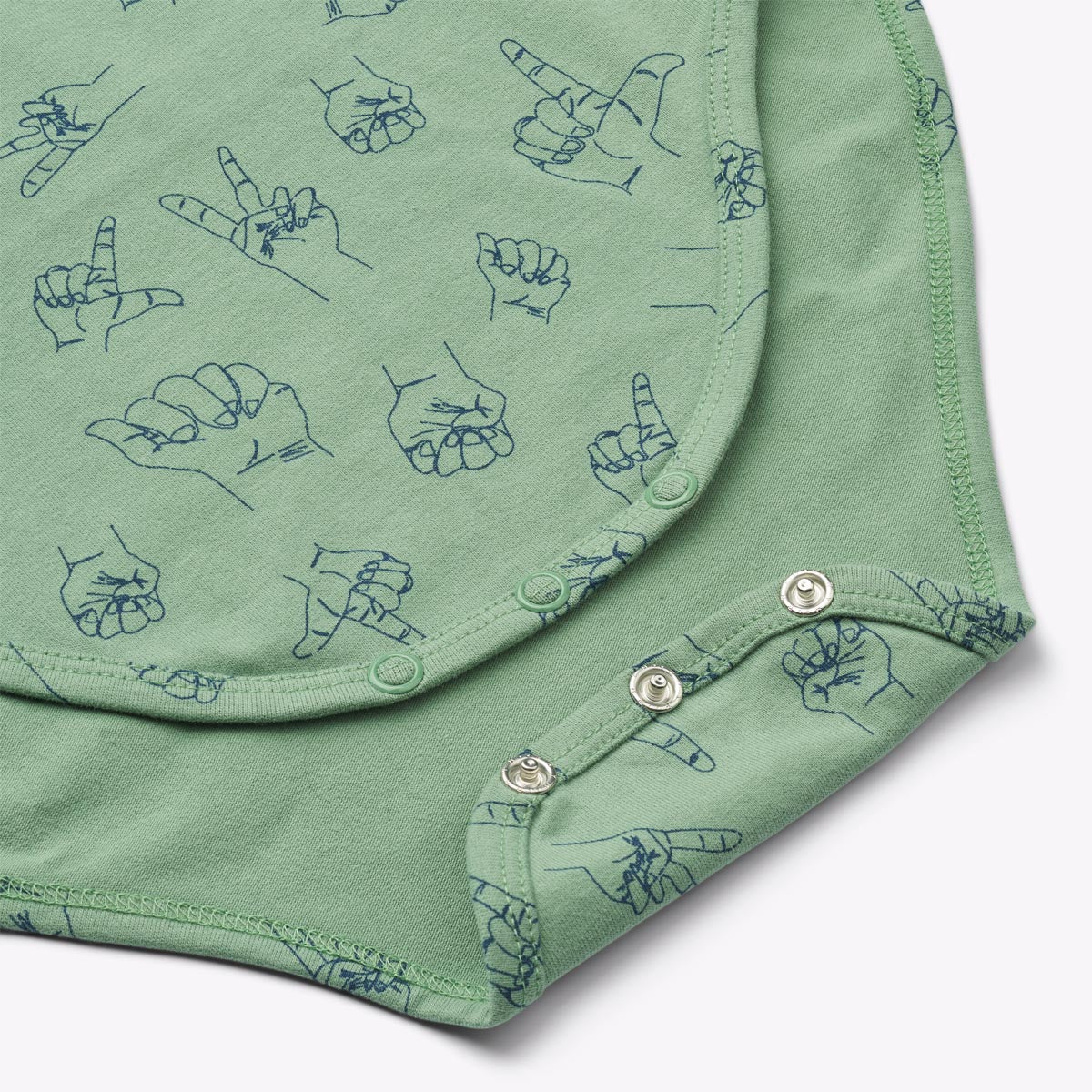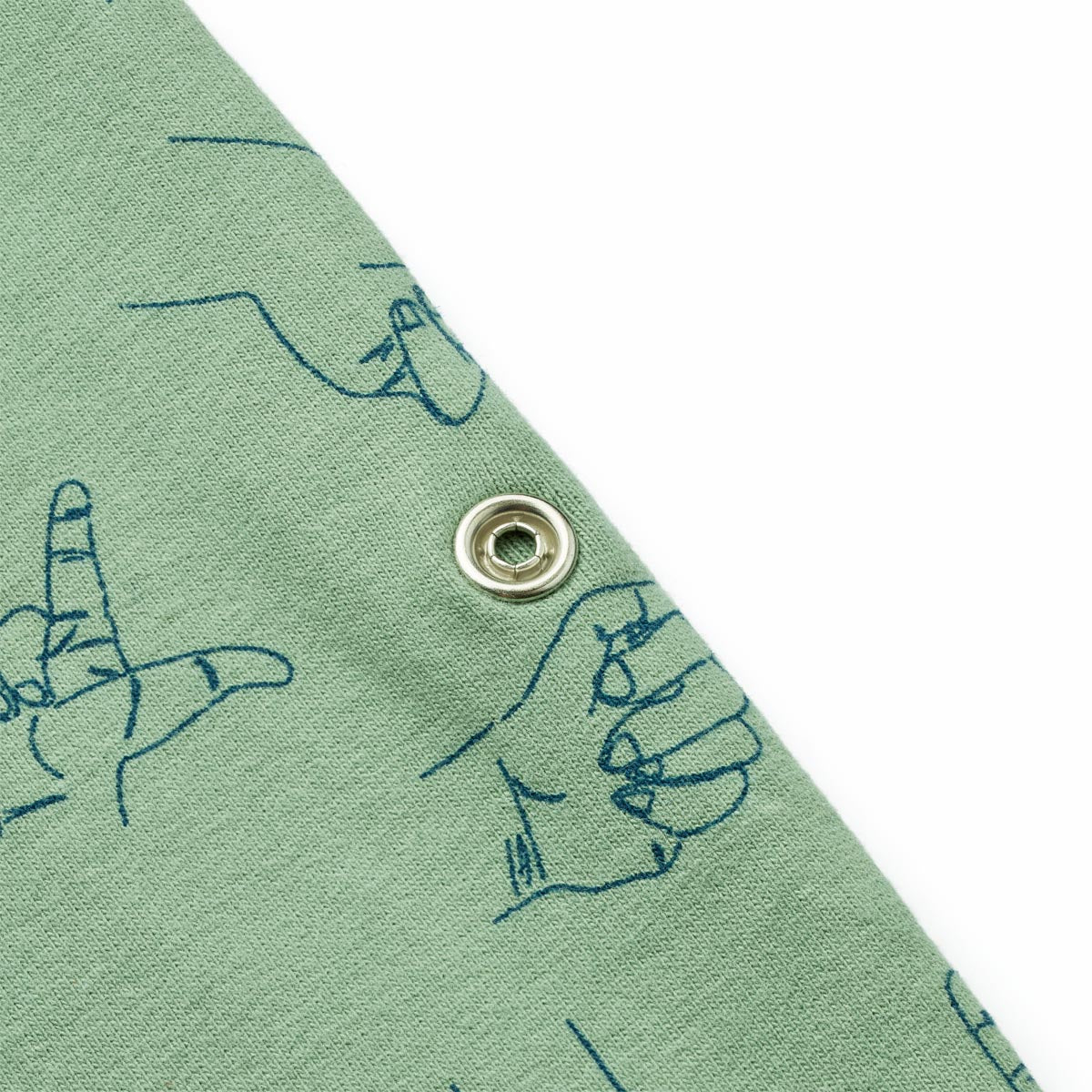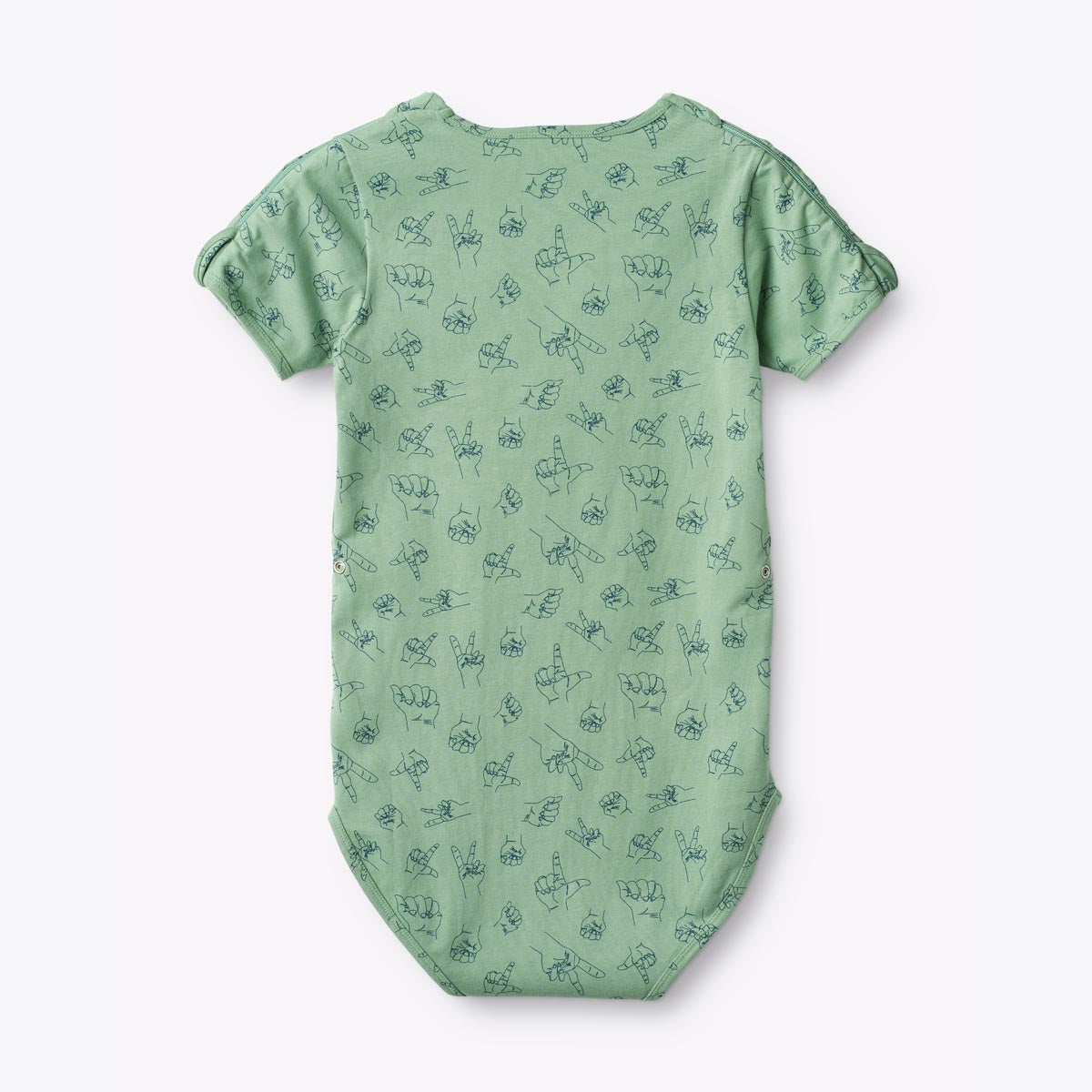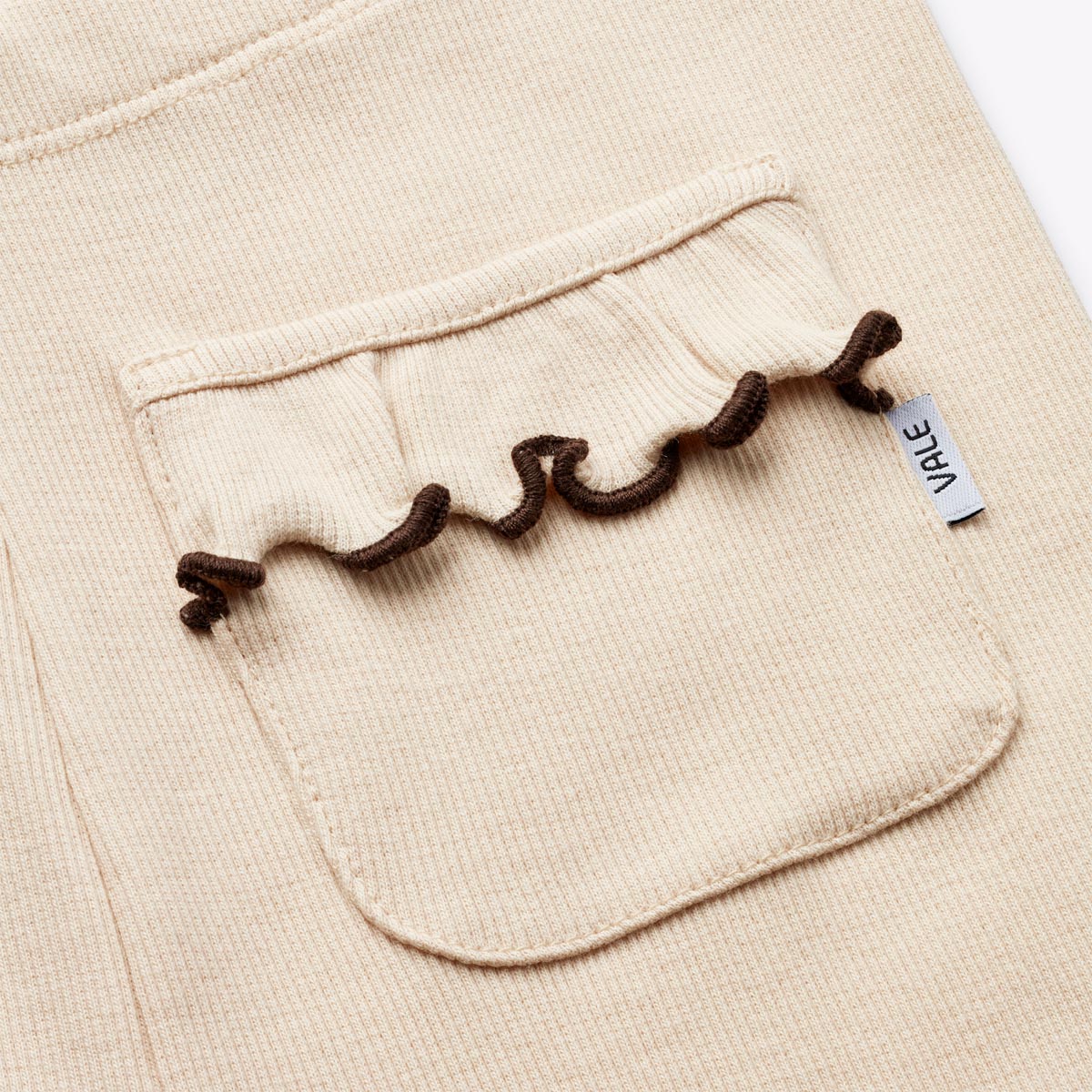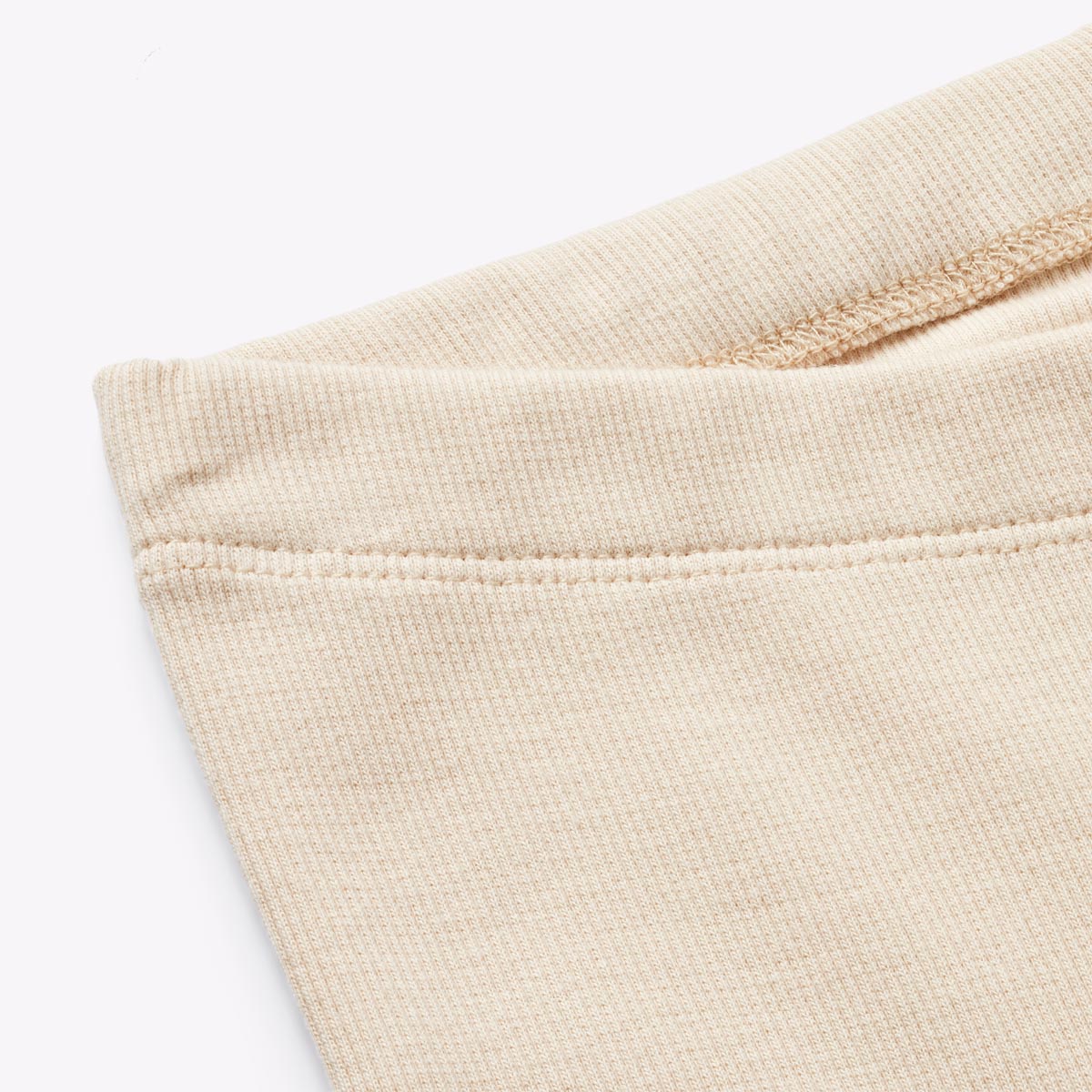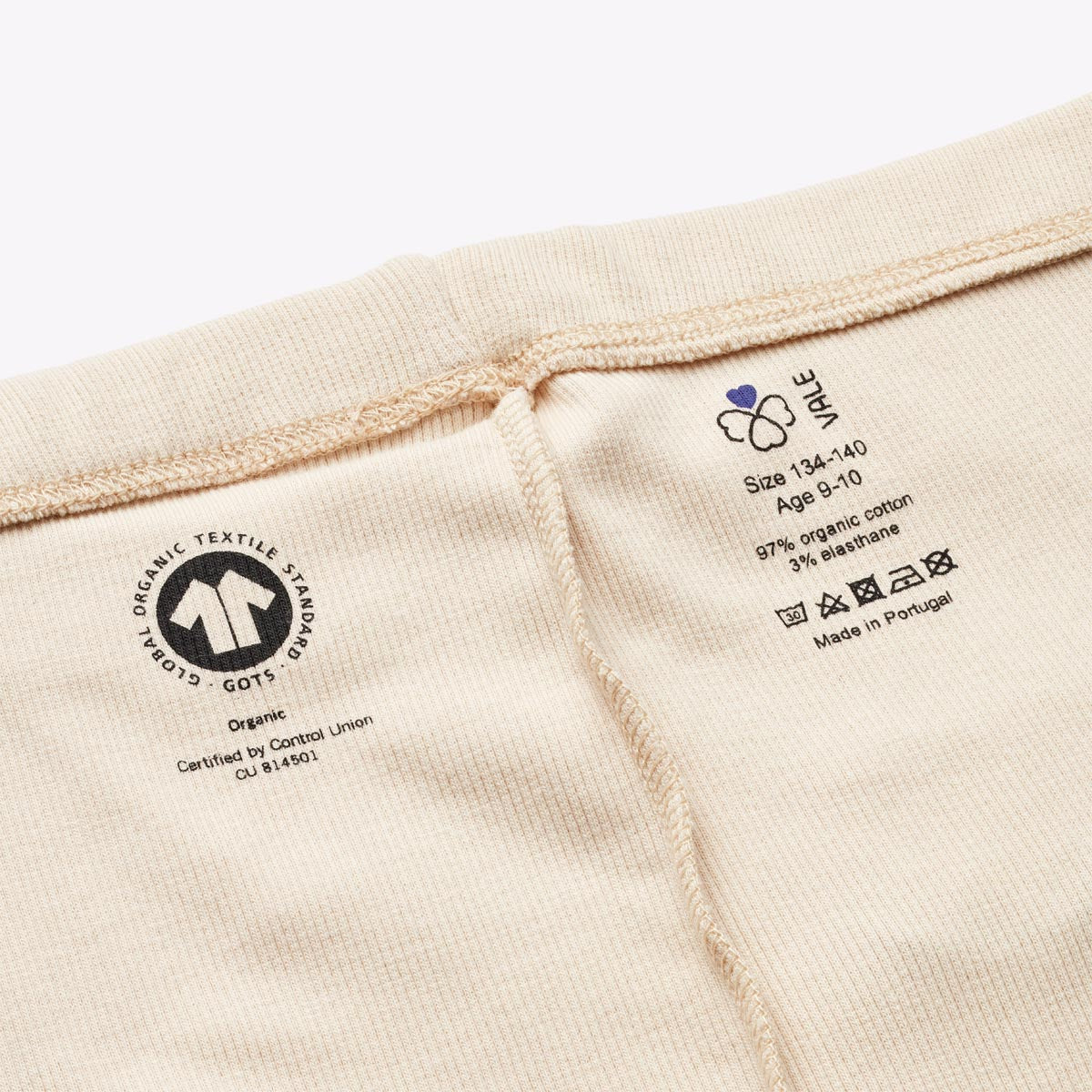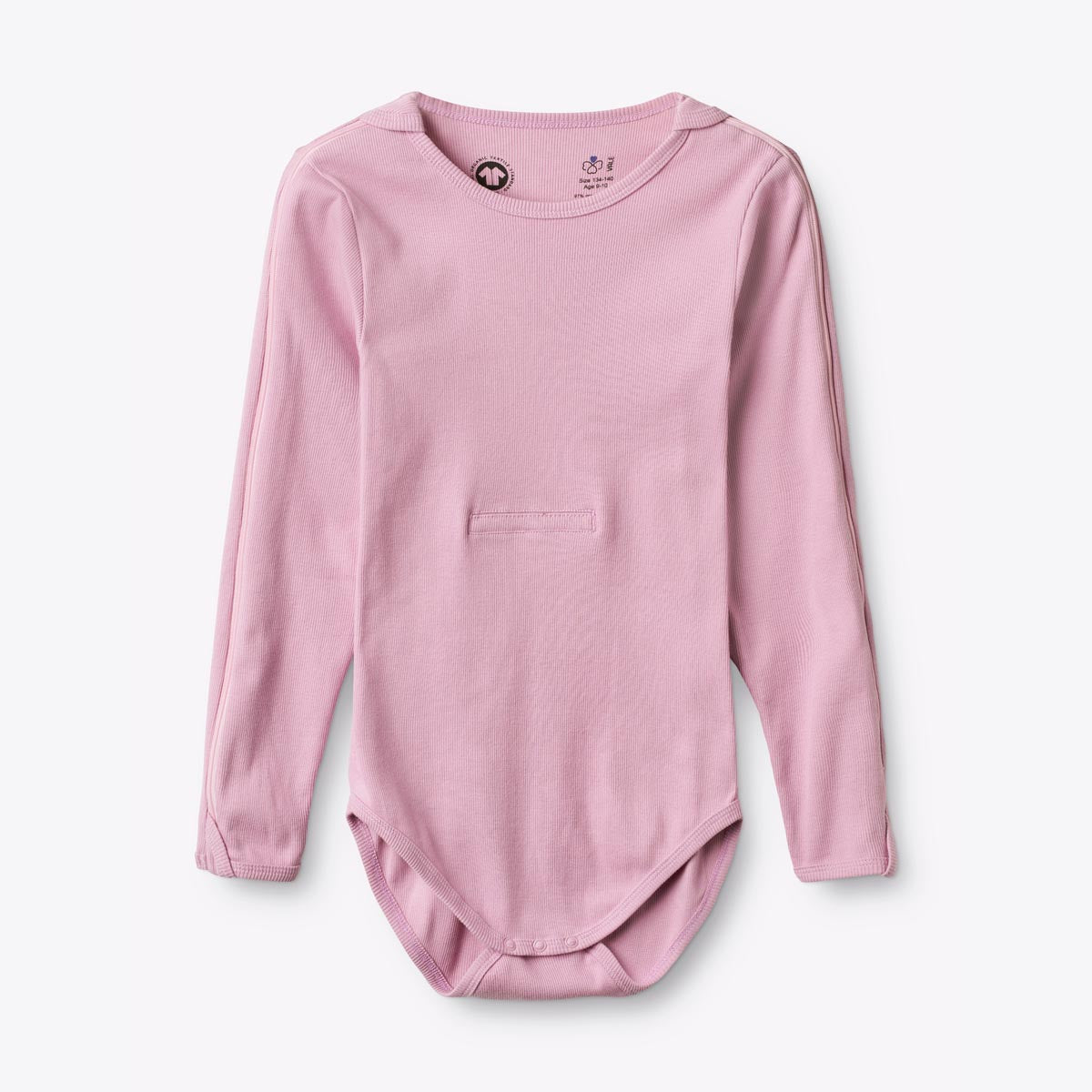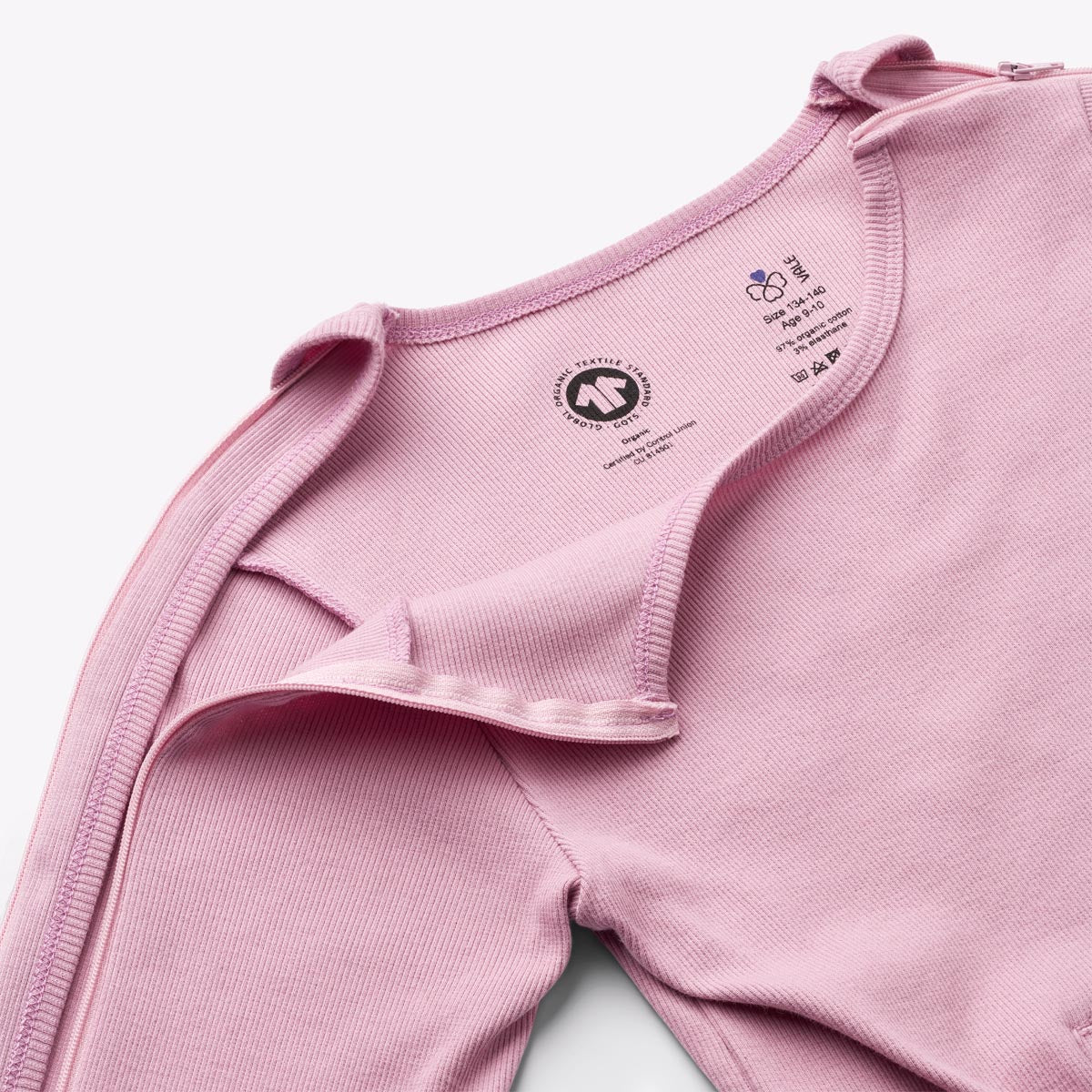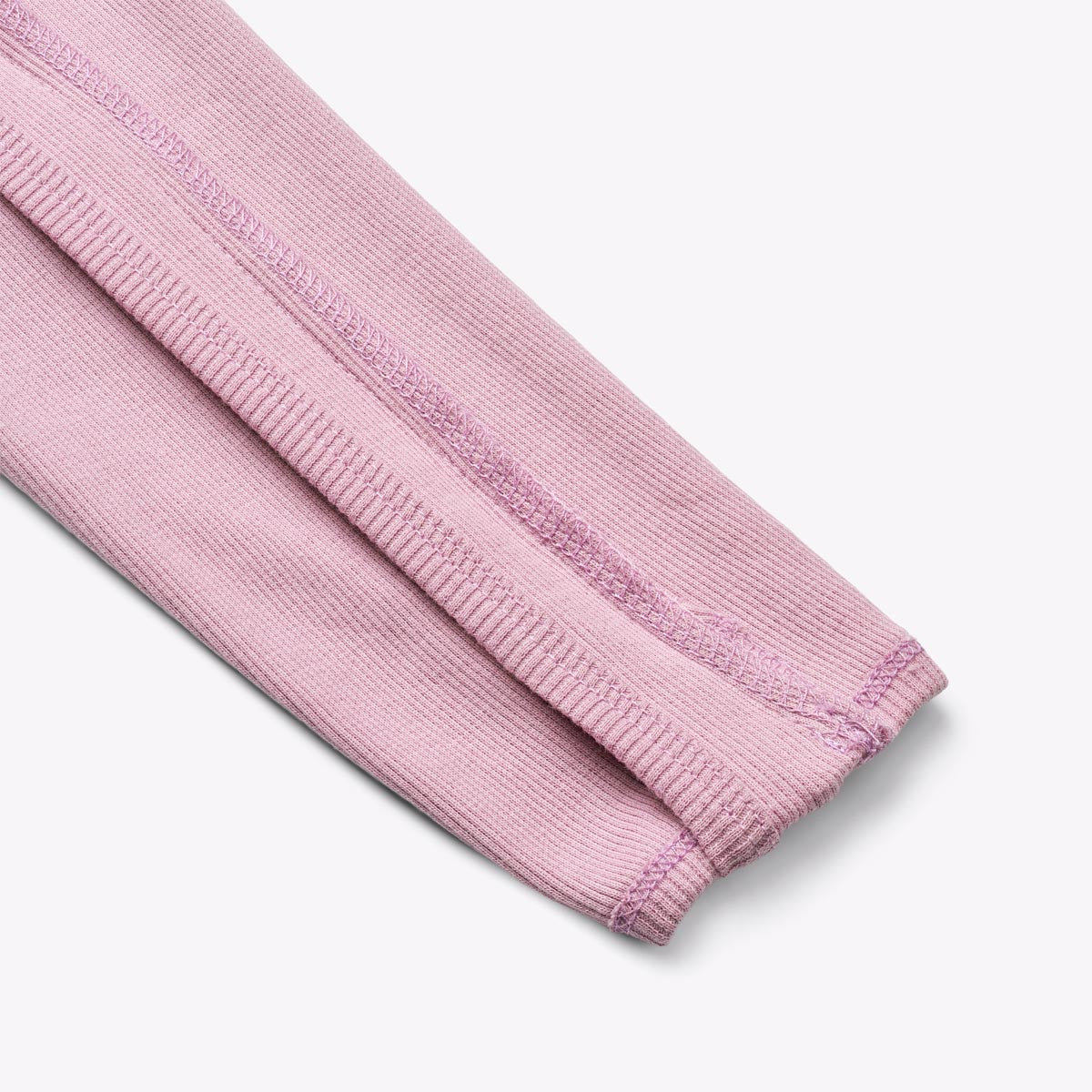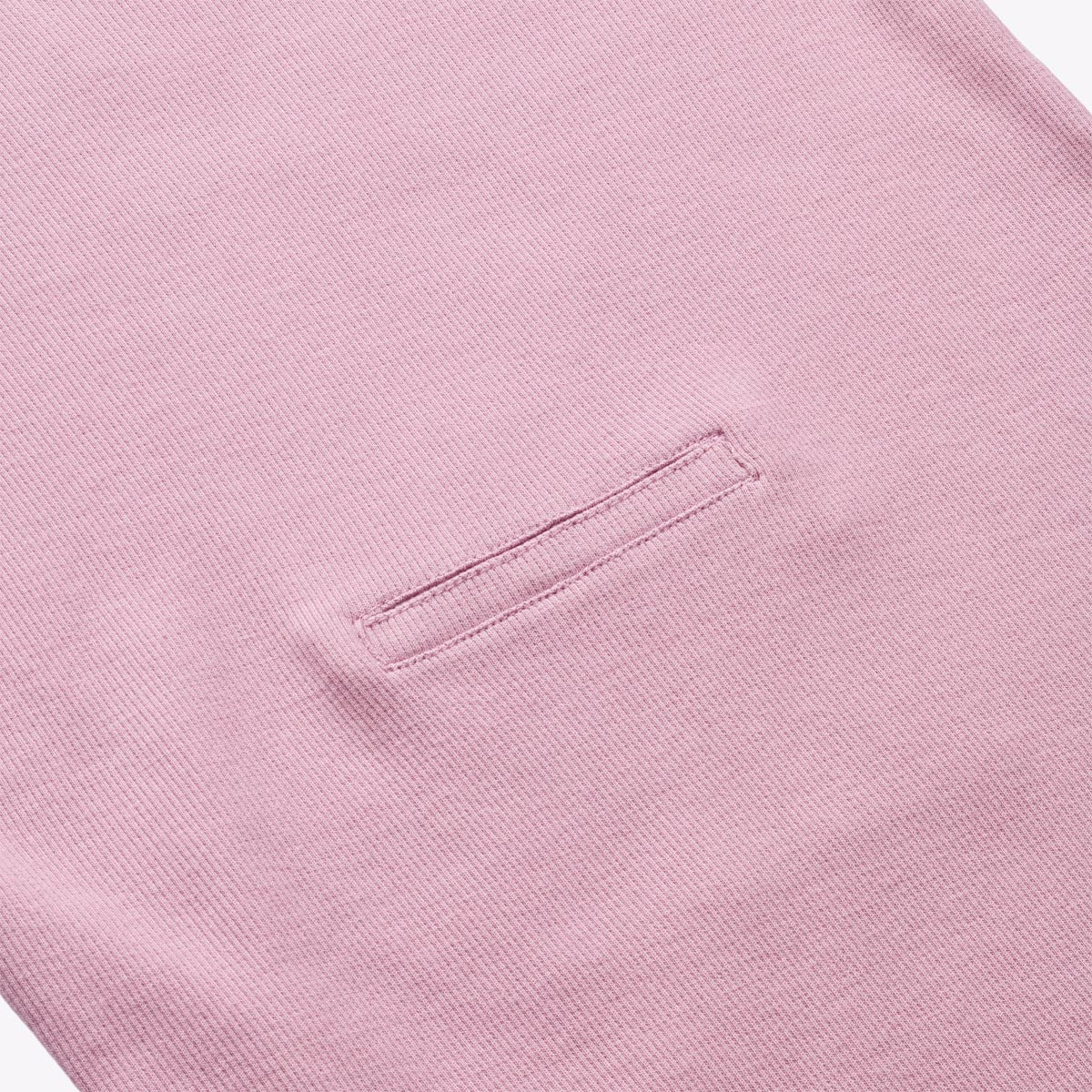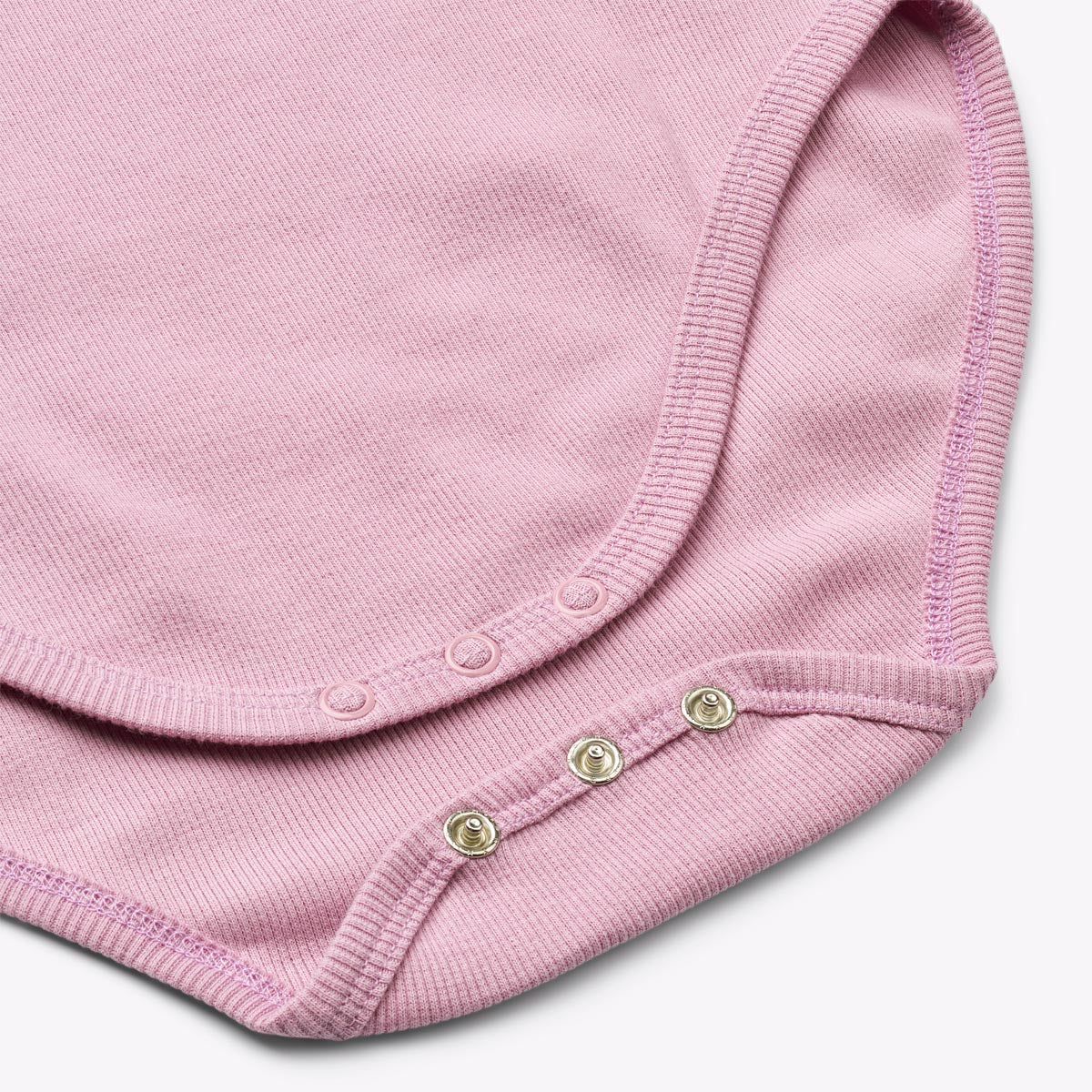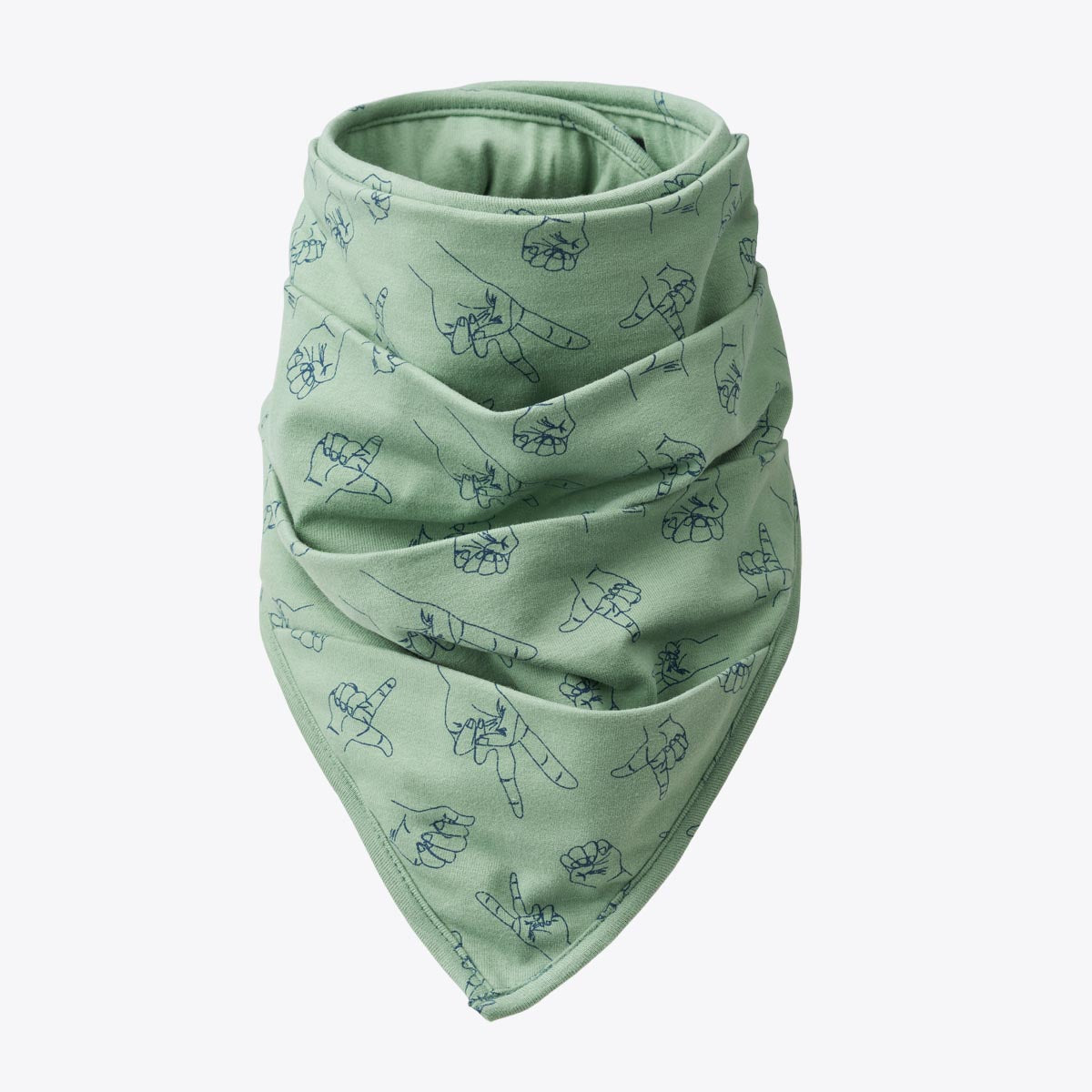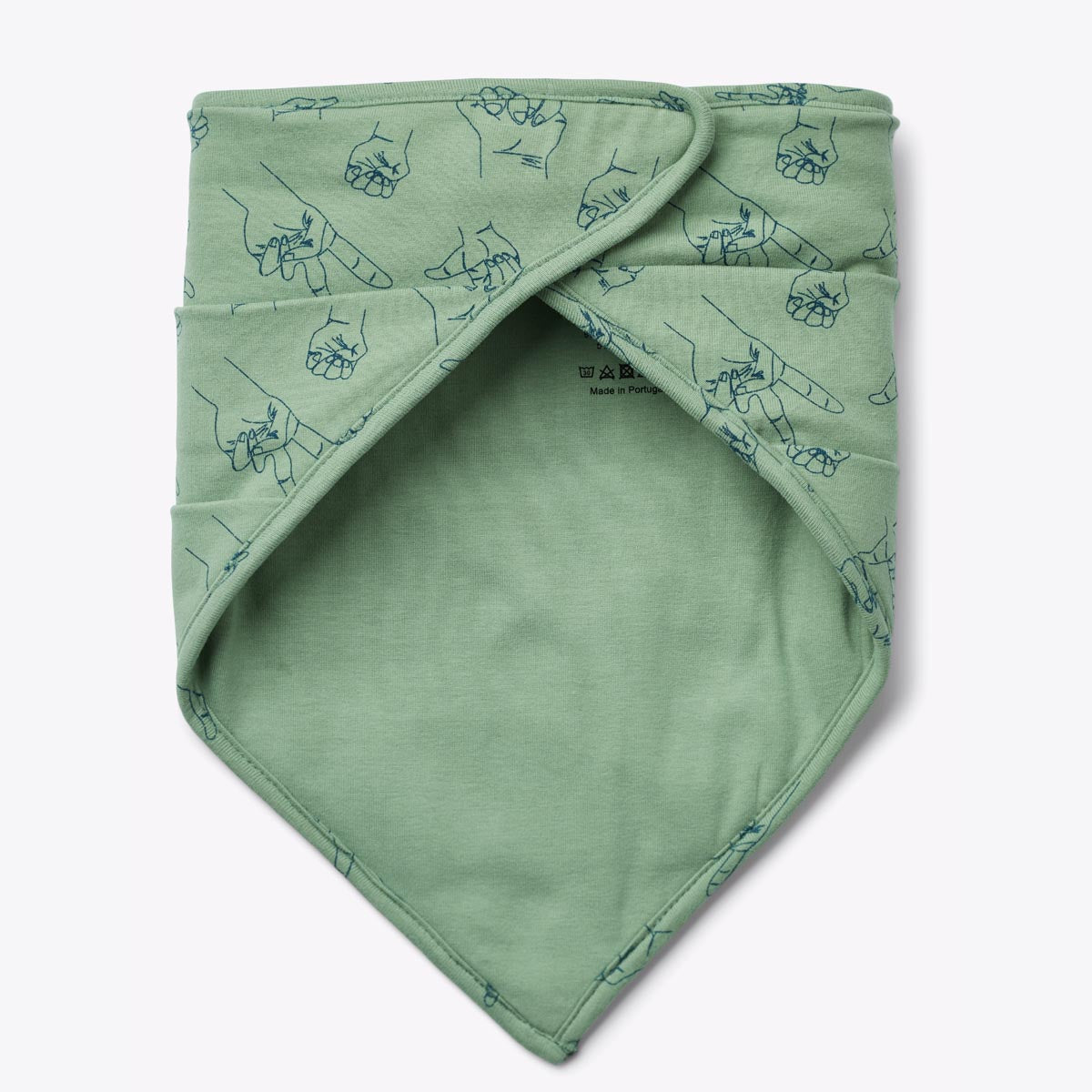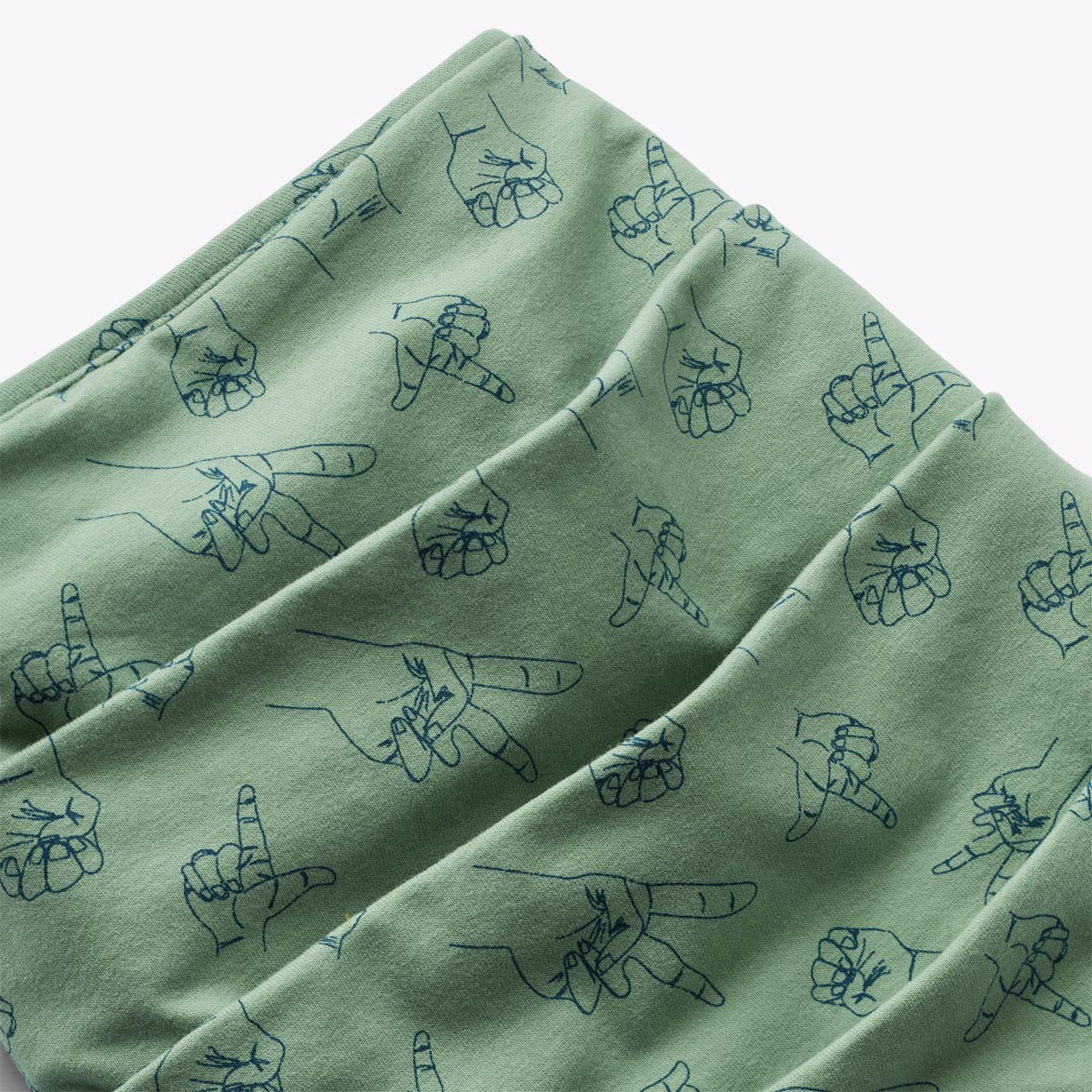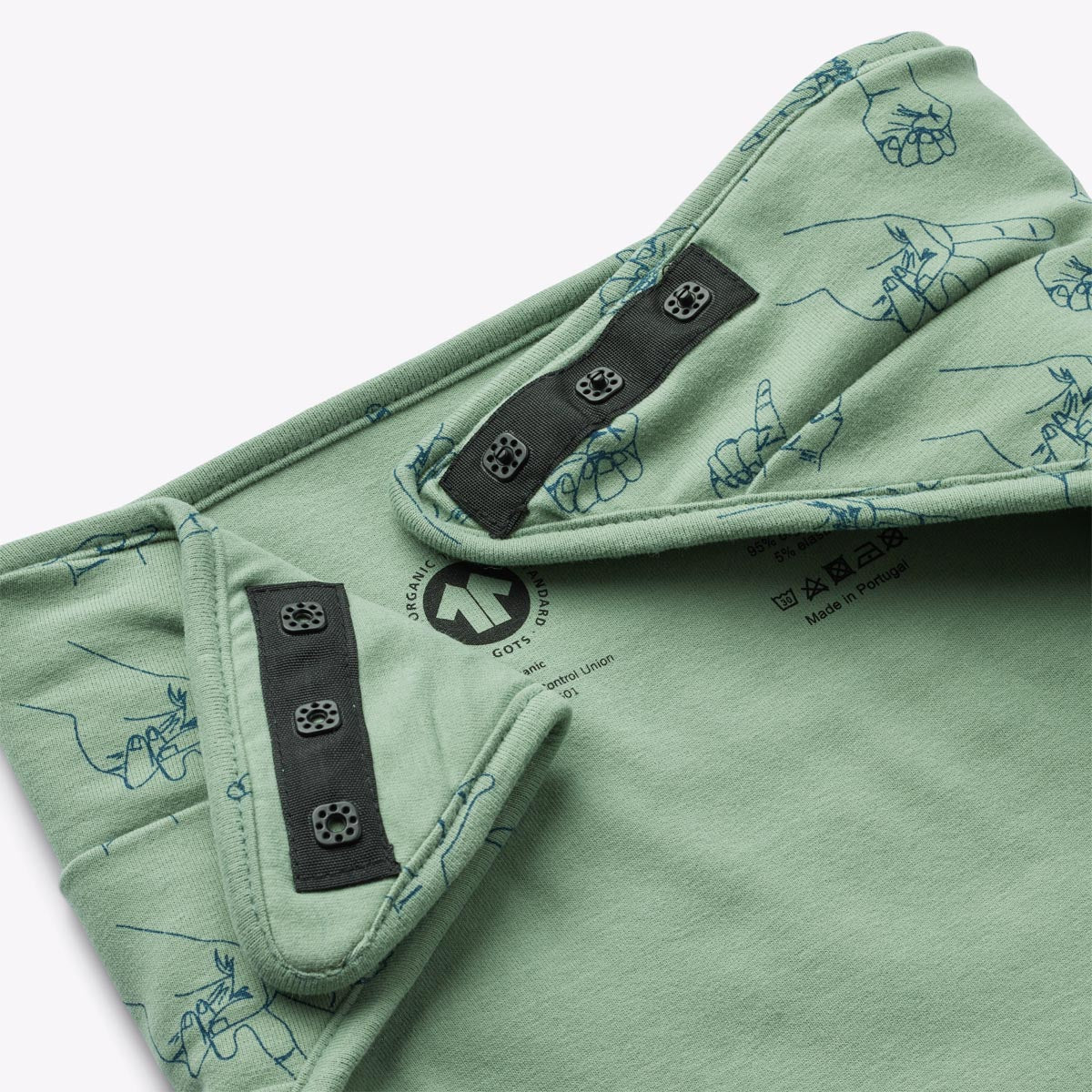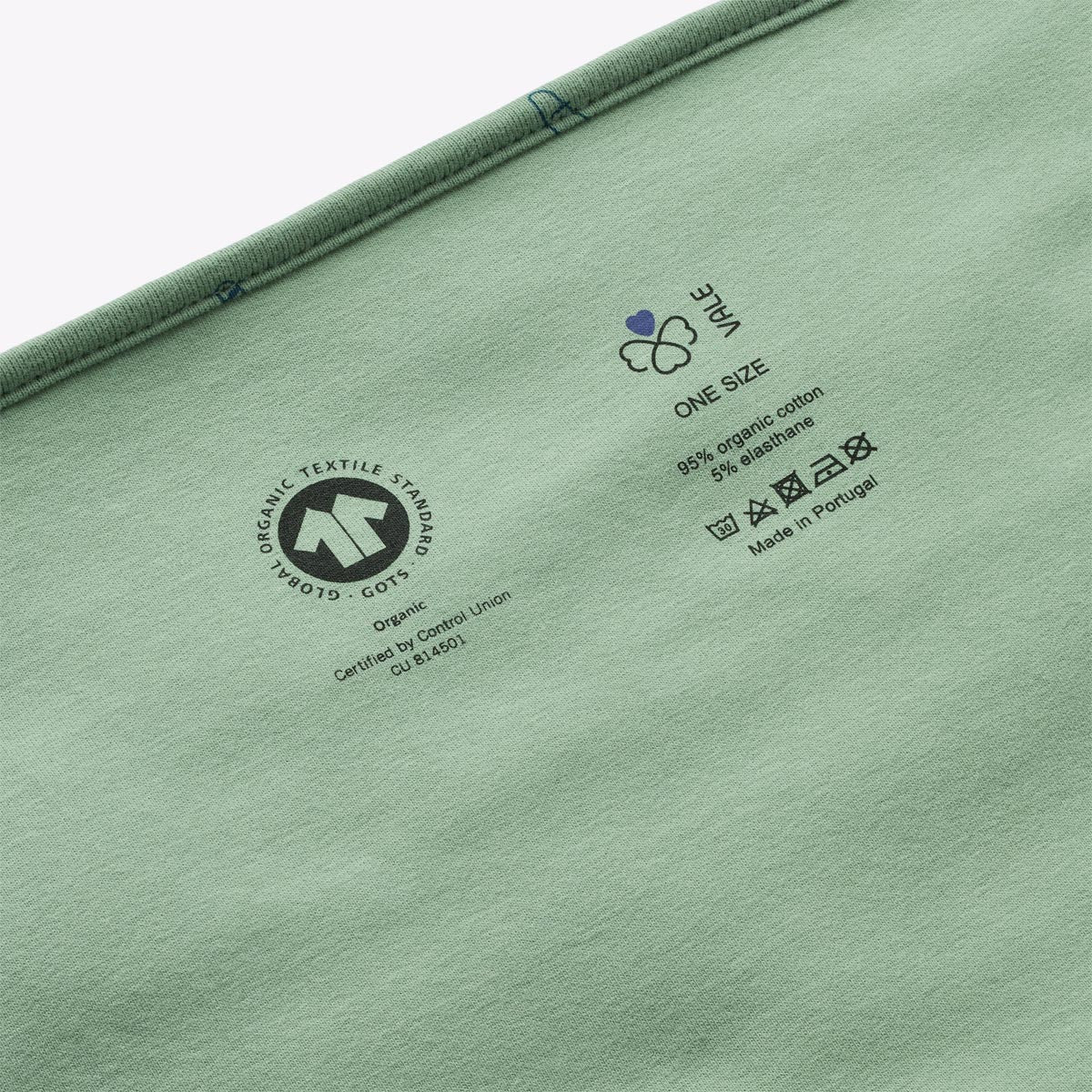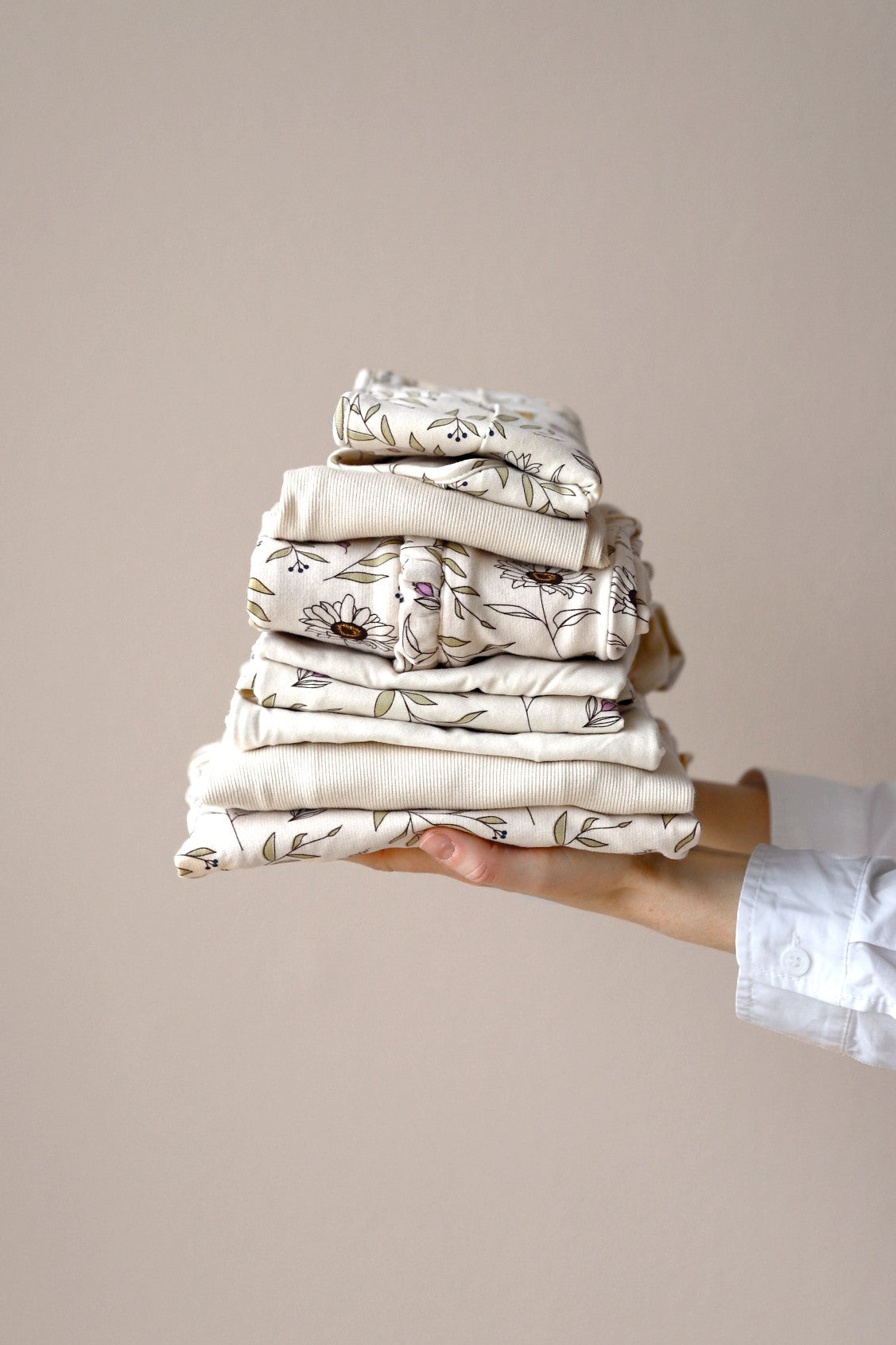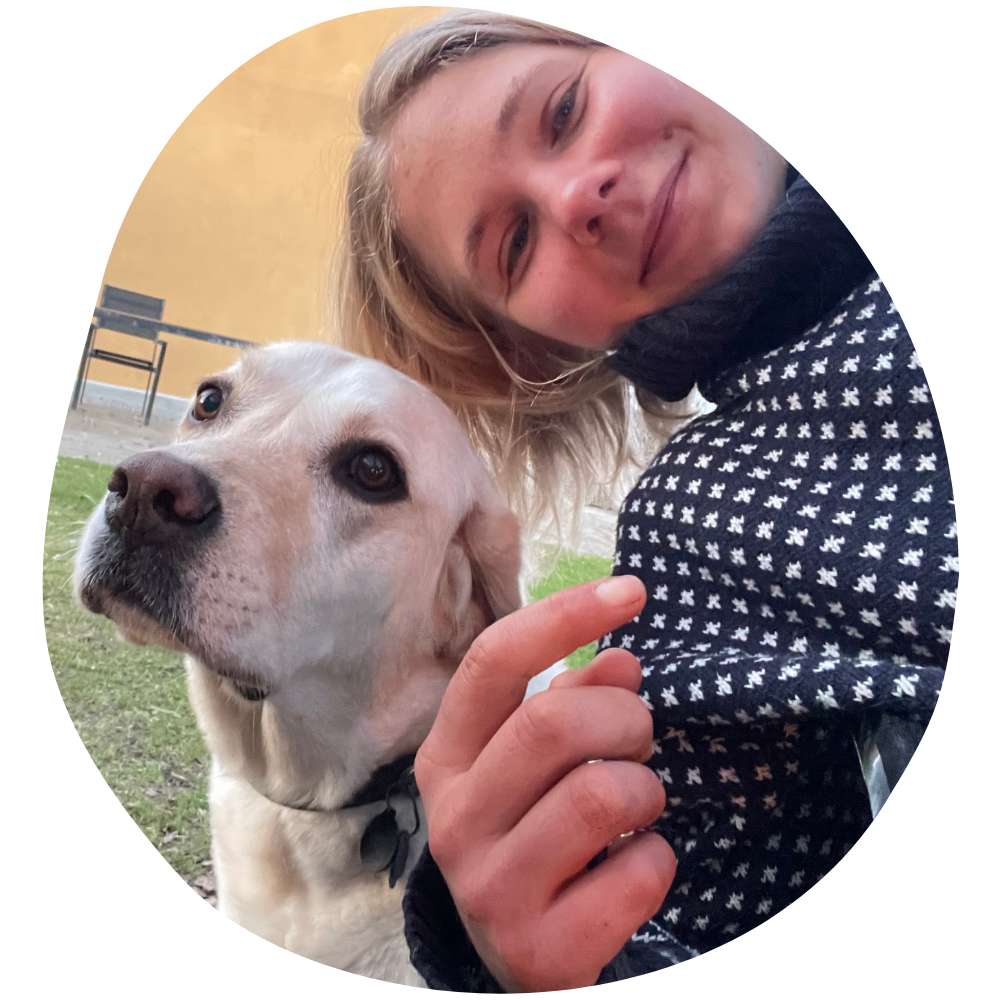
Maja's story
PTSD is a gift you have to learn to use yourself
Maja Spohr was born in 1998 and spent her childhood living on a farm on Møn in Denmark with her mother and father. When Maja was 4 years old, she had a baby brother. After giving birth, her mother suffered postpartum depression and was subsequently diagnosed with schizophrenia, which she refused to be treated for.
Her mother was extremely controlling, unpredictable and punitive towards Maja, who was not allowed to decide who she wanted to play with or what clothes she wanted to wear, nor could she count on peace and quiet when she was at school because her mother would suddenly turn up and take Maja home.
When Maja was 10 years old, her father moved away from the farm for a few months and it was a bad time for Maja. Her father returned and the four of them lived there until Maja was 11 years old.
As things continued to go very badly, both the father's and mother's family tried to help. The mother was physically removed from the house and was told by the police that she was not allowed there. At the same time, Maja and her brother were taken to their grandparents' home. This was very frightening for Maja because her mother had told Maja that her grandparents were dangerous, so she hadn't had the opportunity to get to know them before.
The time after that was difficult
Her father crashed in a tractor and shortly afterwards also got kidney disease. This meant that Maja became a “mum” on the farm and now had to look after both her father and her brother, as well as her own school and horse.
Maja's mum didn't want to be hospitalized and kept showing up at the farm until she got a restraining order.
No one at Maja's school noticed that anything had changed for Maja, because her mother still showed up there. Maja worked as hard as she could on the farm, and when she was at school, she was scared. The pressure on the young girl grew and grew and suddenly in 9th grade she experienced an inner turmoil. Her insomnia and anxiety increased and the situation escalated. When Maja was 13 years old, the big reaction was triggered. Maja broke down crying and couldn't stop again.
For the next five years, Maja was bounced around from one institution to another and was hospitalized in psychiatric hospitals on several occasions. Maja was unhappy, insecure and afraid and was filled with more and more medication.
Maja is slowly breaking down and so is her body. No one reacted to Maja showing fear of her fellow residents who, like her mother, suffered from schizophrenia and no one reacted when Maja became incontinent and had to wear a nappy and ended up curled up under her bed in the fetal position.
At that point, Maja didn't think a single independent thought.
She was completely apathetic and resigned.
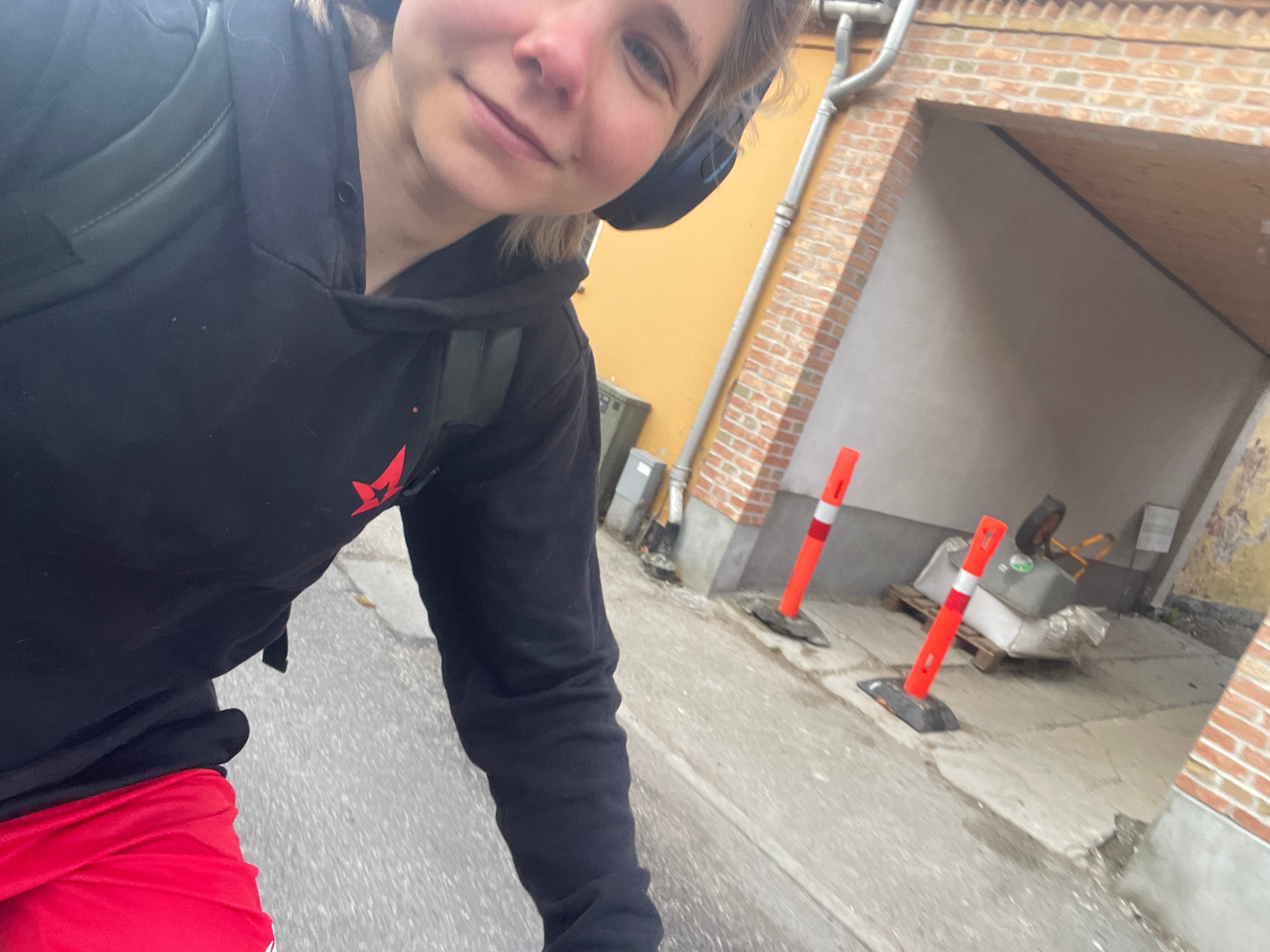
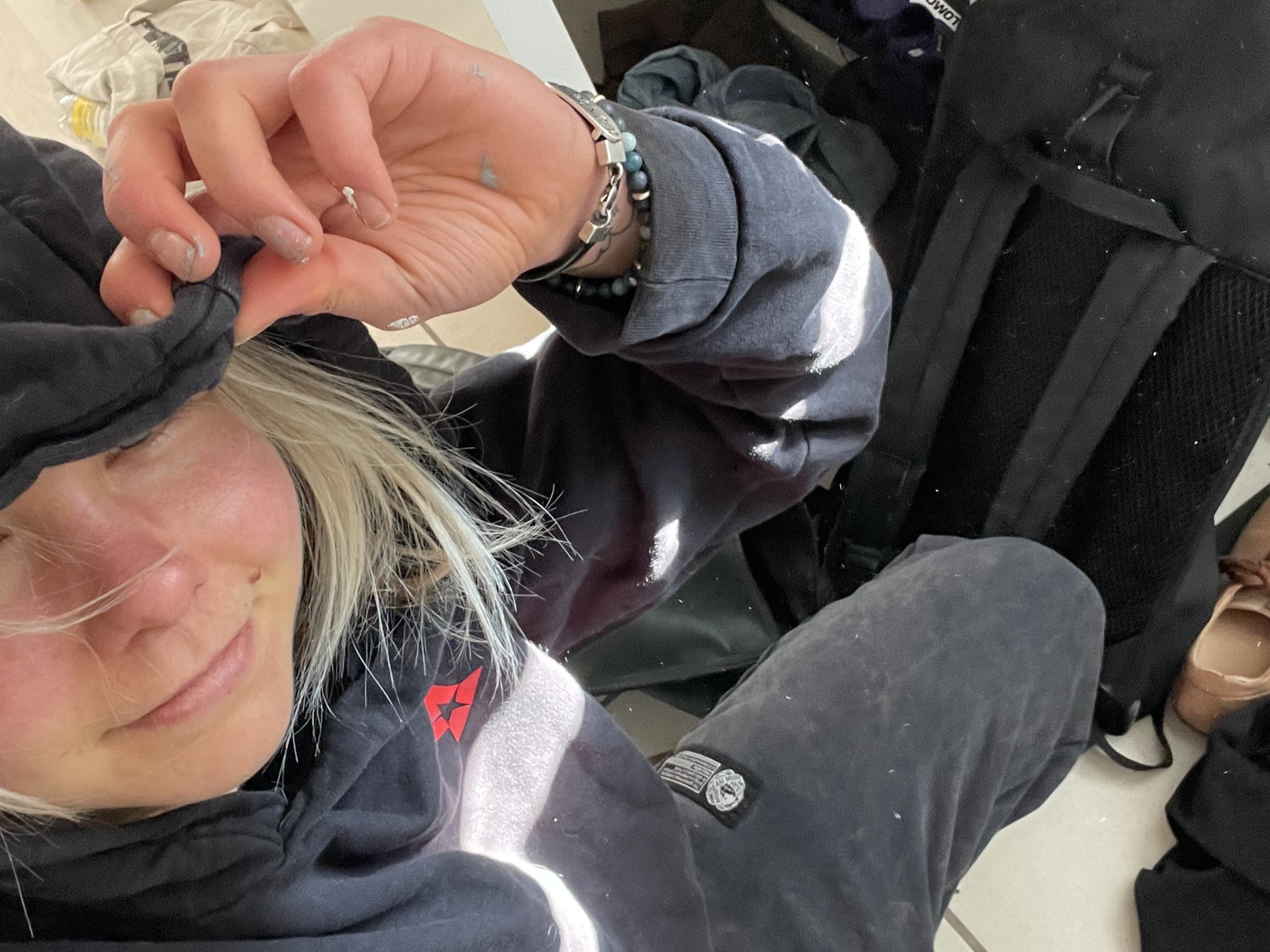
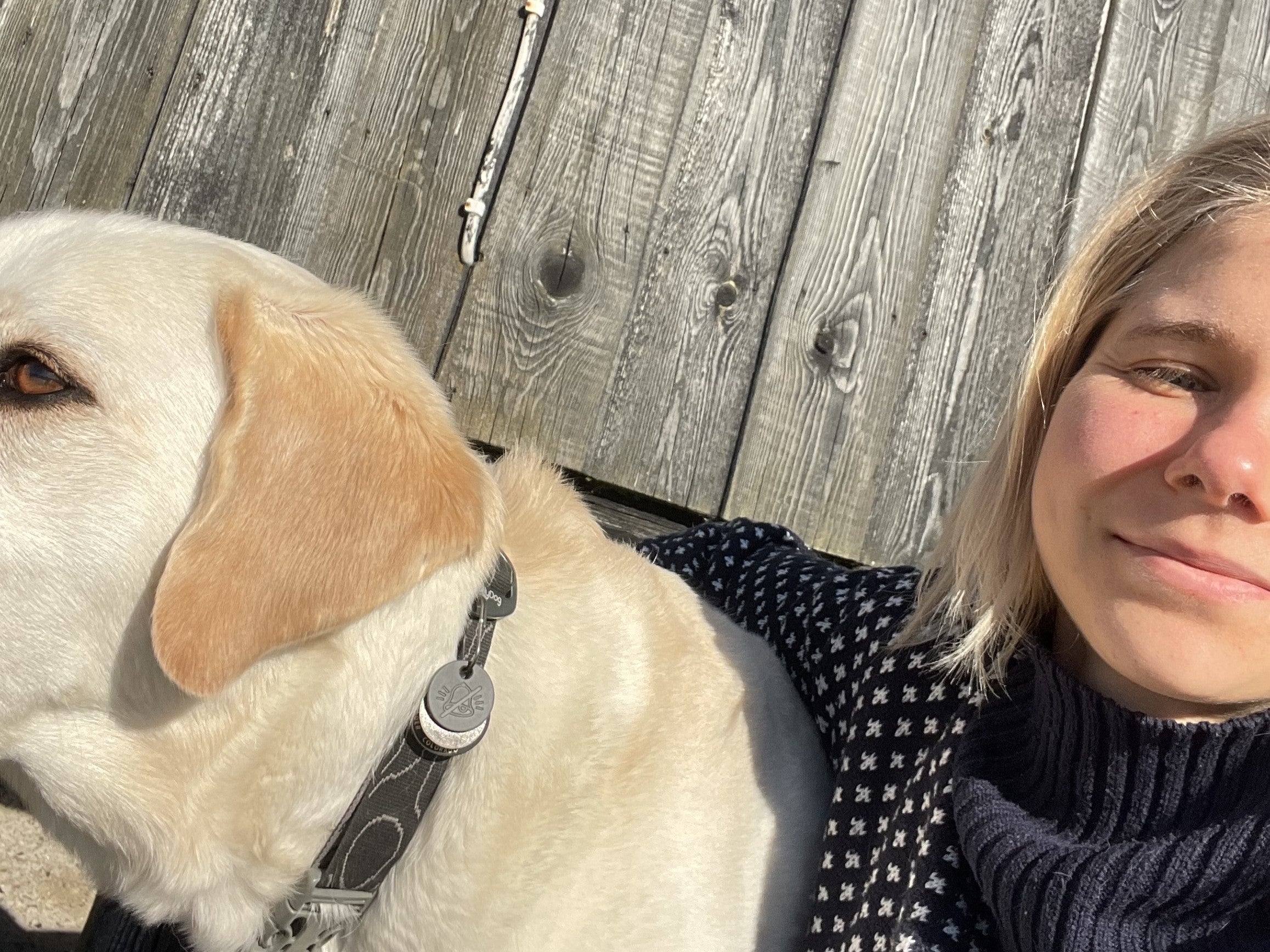
Maja's grandparents had been following Maja and were deeply frustrated by her condition. From the age of 16, they begged the municipality to allow them to take Maja home so they could home school her. However, the municipality would not grant this. Maja is still struggling due to too much stress and it frustrates her grandparents, but since Maja is now 19 and of age, they decide to try to take her home so Maja can get her life back on track.
At this point, Maja's general condition is very poor both cognitively and physically. She can't do anything for herself, including eating and going to the toilet. Her grandparents are around her all the time and help her with everything.
Maja is slowly getting better on her grandparents' farm. She crawls around on all fours when she has to move around and her grandparents support her in every way with only one goal:
Maja needs to experience that life can be nice.
The grandparents make a huge effort.
When Maja is around 18 years old, Maja's mother passes away due to aggressive bowel cancer. Maja visits her one last time at the hospice after many years of not seeing each other. At that time, Maja herself is in a wheelchair and has no strength to do anything but just be. It was a difficult experience to see her own mother like that.
Today, Maja is in contact with her father and brother and has developed into a real “handy-woman”. She proudly talks about everything her grandfather taught her about sawing, building, painting and welding when they went to his workshop together on her grandparents' farm.
Maja has her own apartment, still spends a lot of time in rehabilitation and with her beloved dog Karlo.
Her childhood and time in residential centers and psychiatric care have left their mark on Maja
Growing up with her mother's mental illness is the reason why Maja now lives with chronic PTSD.
Maja says: 'I'm not afraid of my mum anymore now that she's dead, but I'm afraid of those who look like her'.
When Maja broke down at the age of 13, she had never learnt to put her feelings into words, she couldn't say: 'I'm sad because ...'
'I needed calm, care and presence - nothing else - but I got everything but that', she says without hesitation during our interview with her.
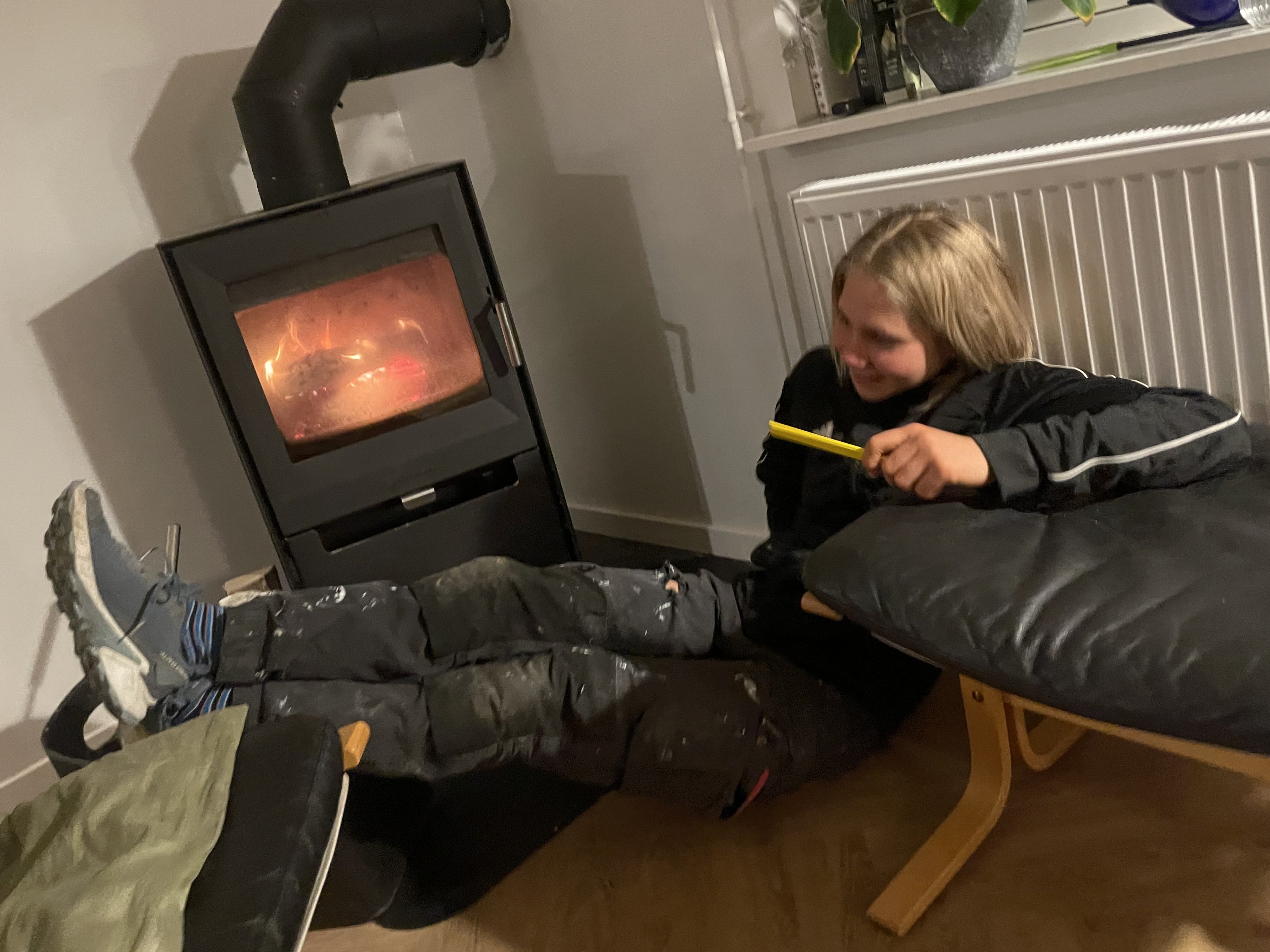
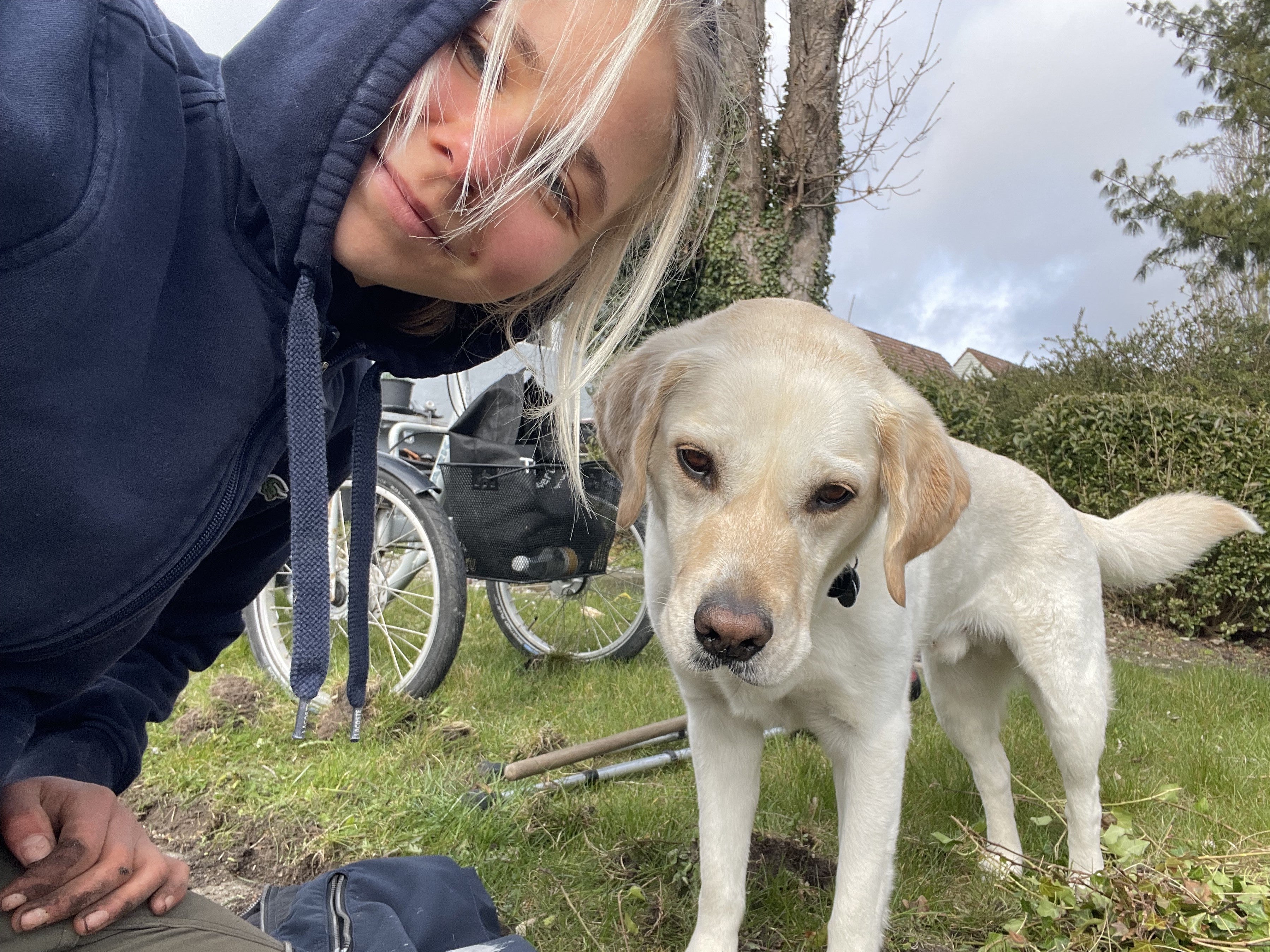
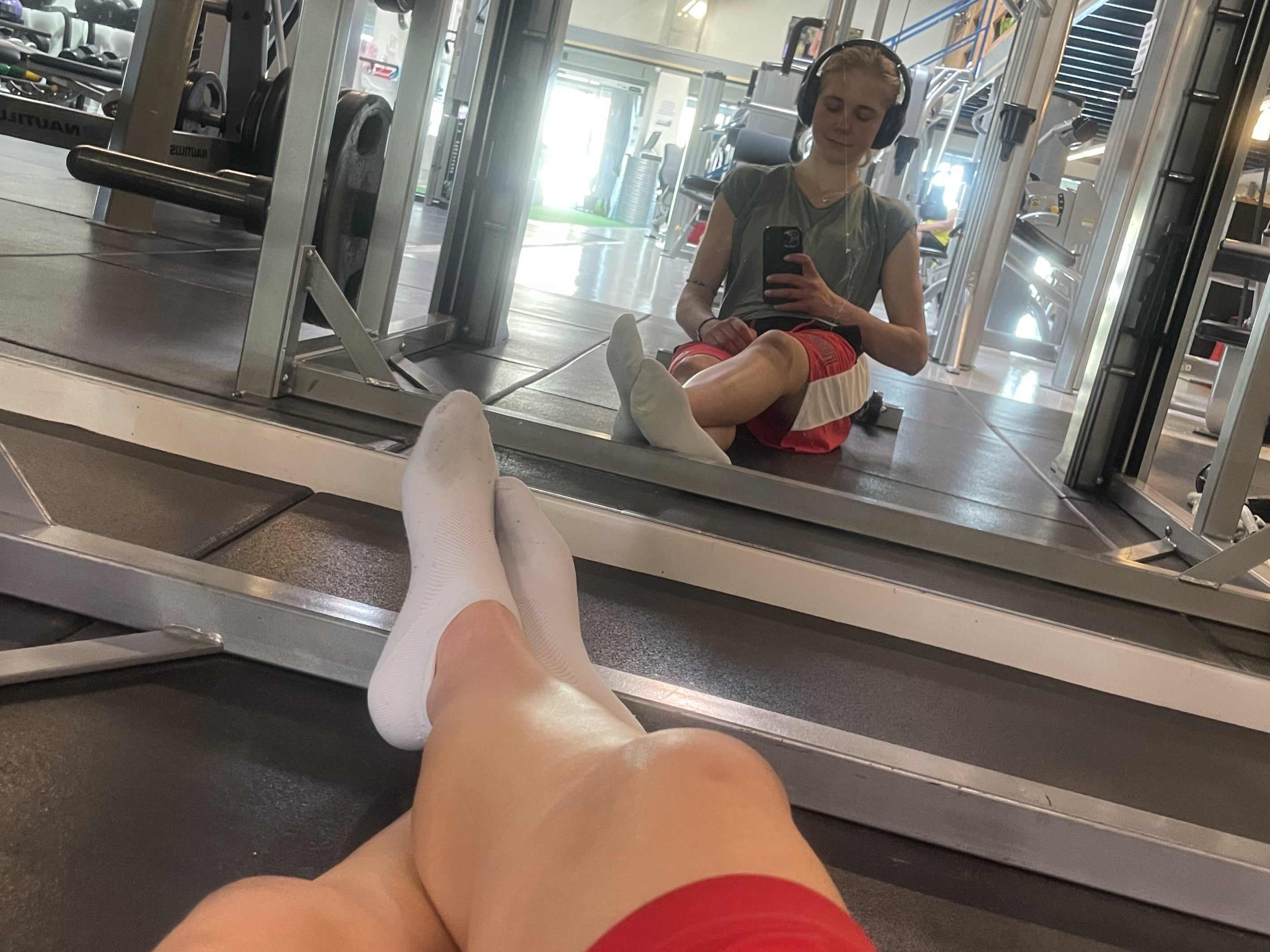
Maja is still working to get rid of, or at least reduce, the physical damage caused by 6 years of living in residential homes and psychiatric care. The inactivity and resulting poor circulation has caused partial loss of mobility in both her legs and rehabilitation continues in the hope of recovery. In addition, she currently suffers from scoliosis, which is a lateral curvature of the spine.
On Maja's arms there are visible scars from the time when Maja was hospitalized and bit herself in an attempt to find comfort.
On a positive note, Maja has learnt that you shouldn't hide your limitations from the outside world. That she needs to be able to be honest and that people can accept her despite her PTSD without having to “fix” her. She manages that part herself, because as she says:
'What we accommodate, we learn to handle. What we don't contain, we never learn to manage.
If you can learn to work with your PTSD, it's a resource.'
Maja also mentions that for her there is a big difference between 'complaining' and saying that 'the situation is very difficult'. She and her grandparents fought for years to get help from the municipality, but it took a lot of energy and they realized that they couldn't do it alone.
'Always reach out to others when something is too hard. It's not always wise to do the work on your own'.
Maja's personal experience with PTSD
We asked Maja how she lives with PTSD and what her experiences have been.
She answers all the questions very competently and at the same time in a very lively way.
'When you suffer from PTSD, it's about making yourself feel safe in unsafe situations. It can be certain situations, sounds or smells that trigger my PTSD. For example, I can get symptoms when I hear someone raise their voice or shout if I see a yellow-colored Peugeot or red pants and then the smell of pig.
I've been afraid of men because I've had bad experiences in some homes, and my father's recurring illness can trigger mechanisms that make me want to help him.
If I go to a restaurant where everything is set up nicely or everyone is dressed up, I associate it with my mother's control, where everything is supposed to be so nice.
Yes... all these examples are things I associate with my past that can still trigger me. I no longer get anxious in situations, but I do find that I can get a little stressed and find it hard to calm down afterwards or be affected by it when I go to sleep.
In the past, my reaction would be to start doing practical things to escape from my memories and anxiety. Stressing myself out more and more, only to eventually burn out. Or lock myself in a toilet and break down.
Today, I'm better at calming myself, because calm is the best thing when my body reacts because of my PTSD. Calm for me is not necessarily the same as “calm” for others. I find peace when I do practical work, for example, where I can immerse myself in what I'm doing.
In difficult situations, I use 'NOW techniques' to help myself calm my flashbacks.
For example, I might take my sunglasses on and off a few times so that my body senses a different stimulus and is interrupted from building up anxiety. It could be putting chewing gum in my mouth or washing my hands in cold water, then hot, then cold again. These are tools that help the brain to shift focus and help me break my pattern and if that doesn't immediately help, then I say to myself: 'OK you need a break - what do you want to do? Often changing into work clothes is enough to calm me down, because it takes me back to the good times in my grandfather's workshop, where he taught me a lot. Other times I need to do something crafty so my brain gets disconnected.
It's my SPACE, everyone who suffers from PTSD should have one.
It's important to allow yourself to check out so that you have the energy to check back in.
It's important to find a way to create peace for yourself. Do something else. For example, if you sit down for 10 minutes and play on the computer and feel good afterwards, that's a good path for you, but if you don't feel better, it was an escape and you need to find another activity that can create peace for you.
I have several other positive tools, such as music and my dog. I also have a tattoo that symbolizes my mindset. I look at it when I need to remind myself that I'm going somewhere good - 'The tatoo always have my back'.
I choose the music depending on whether I need a sad song that matches my feelings or a super happy song that helps me get through the day. The happy songs for me are Teddy's Friends and Bob Marley.
Karlo, my lovely dog, is always welcoming and attentive and he makes sure I get out into nature. It's all good for me.
I'm getting better at accepting care, so even though I know my grandmother only wants the best for me, I sometimes find it very hard to accept her love and even harder to return it. She sometimes gets upset about this. Even though I feel that giving contributes positively to myself, I just have to hold on to my own boundaries, because if I go too fast, I break down. I start getting body anxiety, nightmares at night and then there is no future for me. I live NOW and I want this moment to be nice - with what I can also emotionally.
My biggest and most used tool in my toolbox is positive thinking. I have made an active choice that I will treat other people well, even if it is difficult and I will start a new life NOW, even if it is difficult and everyone can make these decisions if they are caring towards themselves.
At the same time, you should avoid comparing, because that rarely does any good when you have special needs. Instead, look at how can I improve my skills so that I am able to cope with the situation and where can I find inspiration to change my situation. This could be in audio books, classes or local activities. Once that part is in place, you can motivate yourself to actively work on the small things.
Motivation can only come from you!
On days when motivation is a little hard to find, it's all about just showing up and being in the day. If you know why you do / react the way you do, you can find energy for a lot.
At the same time, it's important to keep things simple! It was a huge turning point for me when I realised this.
If you set a goal to be good to your body, the simple things can be eating healthy, drinking water or exercising. If you set a goal for yourself to hit the gym twice a week and it requires 2 hours of free time to succeed, then you've made it difficult for yourself. Start with a yoga mat in your living room for 10 minutes a day and rejoice, pat yourself on the back for achieving your goal.
Keep it simple! It's SO important.'
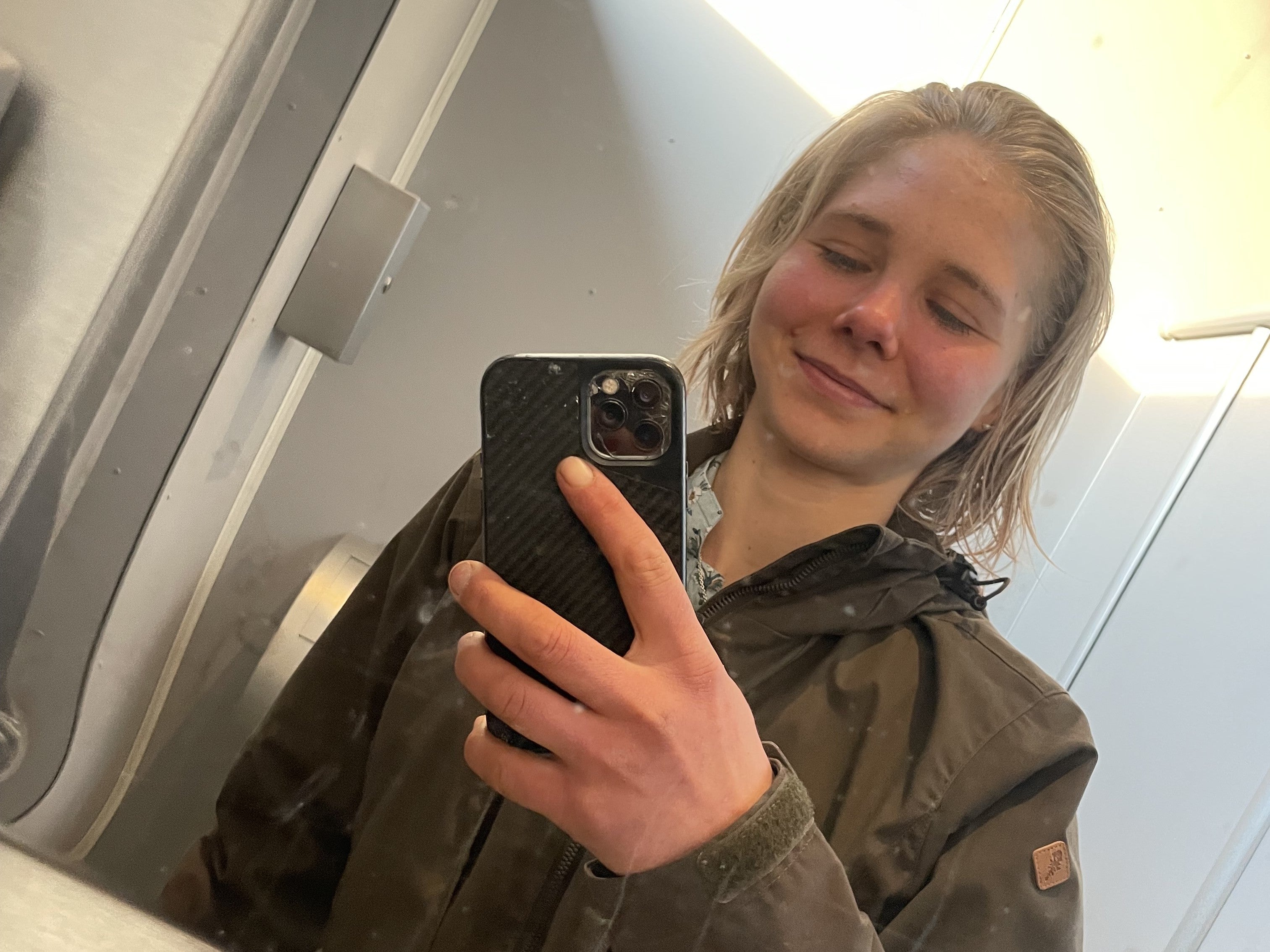
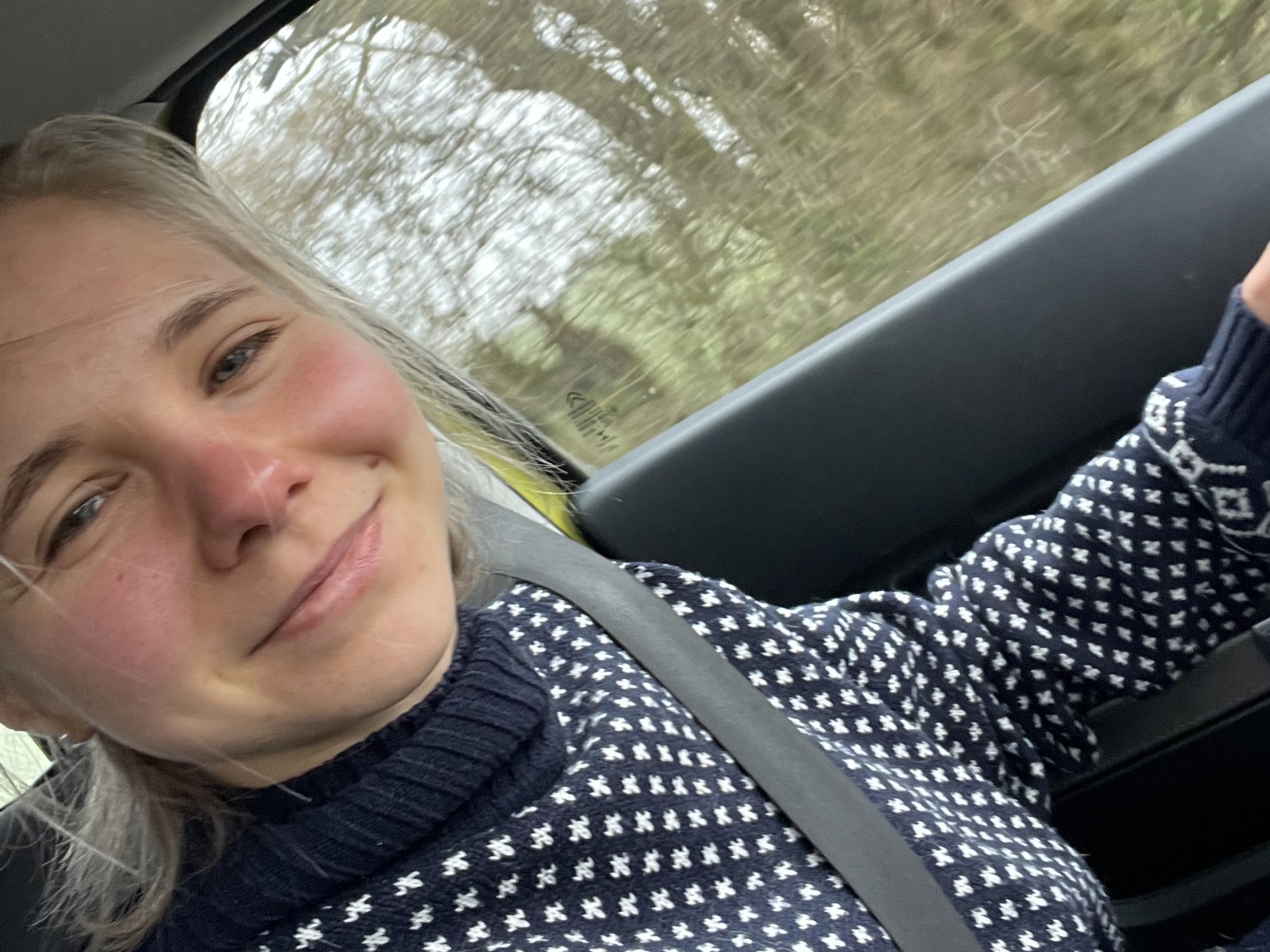
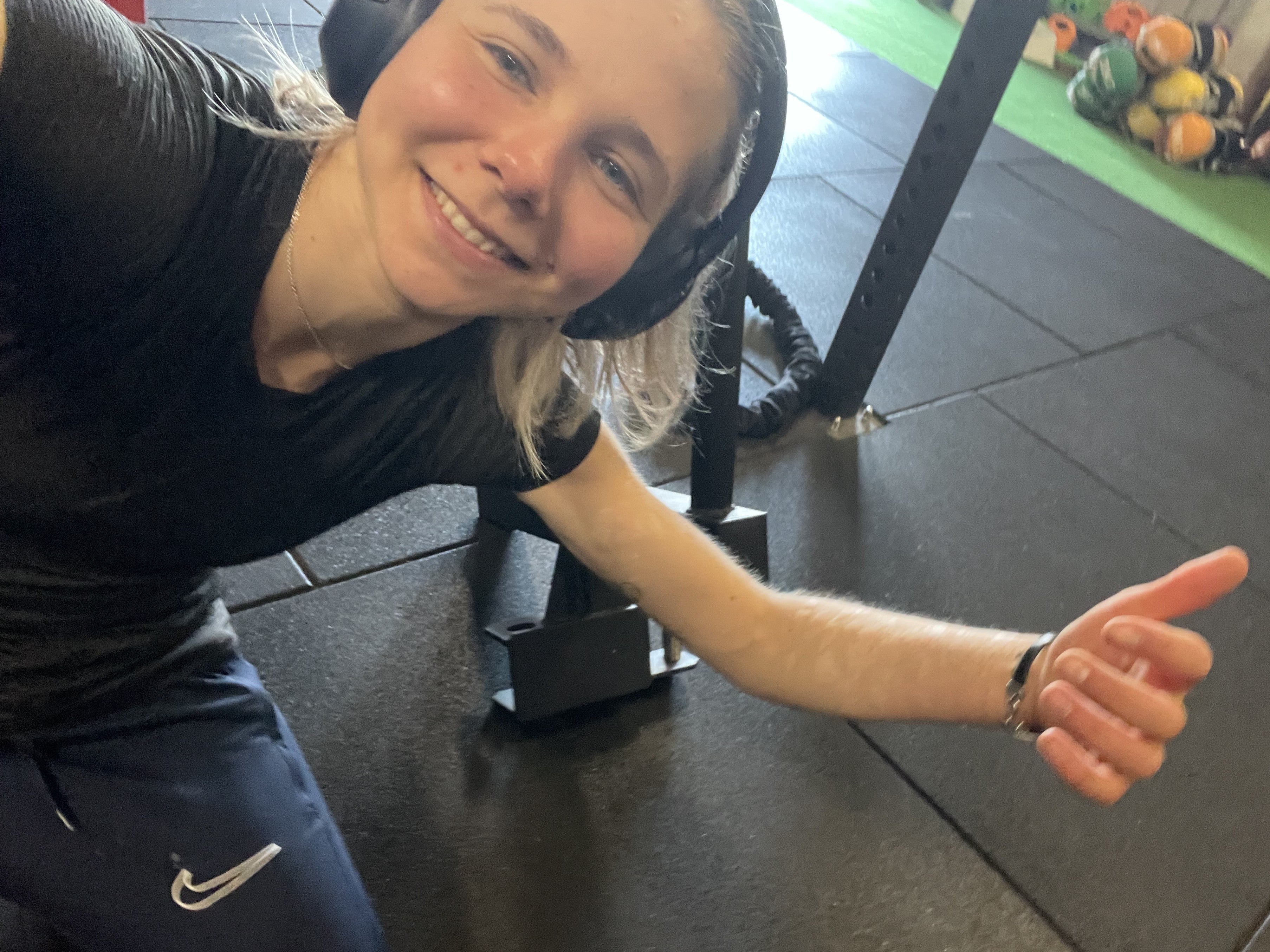
Maja's wish for the future
'I don't have many friends my own age. I'm different, ride a tricycle and don't have much self-esteem. It can be difficult and that's okay, but I dream that people will see me with new eyes, because I move year after year. Give me a chance and let me prove that I can be better'.
Maja adds:
'PTSD is a condition, so people just need to accept me, not be afraid or dismissive. PTSD is a gift that has gotten to know myself SO well, I'm grateful for the simple things and just try to be fundamentally happy with life. I've made a decision that I will see life as something positive, because I really need that. It calms my nervous system if I can find the positive in the difficult.'
A heartfelt Thank You to Maja
Maja has chosen to share her story with VALE Designs and no doubt it was both difficult and hard for Maja, but she is SO determined to light little candles and be a role model. She hopes to be that person for others. Along the way, Maja saw other young people in the same condition commit suicide and therefore she needed a positive story to reflect on when she herself was getting back to life. She hopes that sharing her story can give hope to others. Hope that life can change for the better.
A huge thank you to Maja for sharing her life and her experience of living with PTSD.
Maja is amazing proof that the will to live has a huge impact on recovery, and also proof that mental work can mean the difference between a good life and a bad one.
We thank Maja for your very useful thoughts and tools on the topic of PTSD.
You are an admirable and deeply inspiring fighter.
Thank you, Maja!
You can follow Maja's incredible journey here

